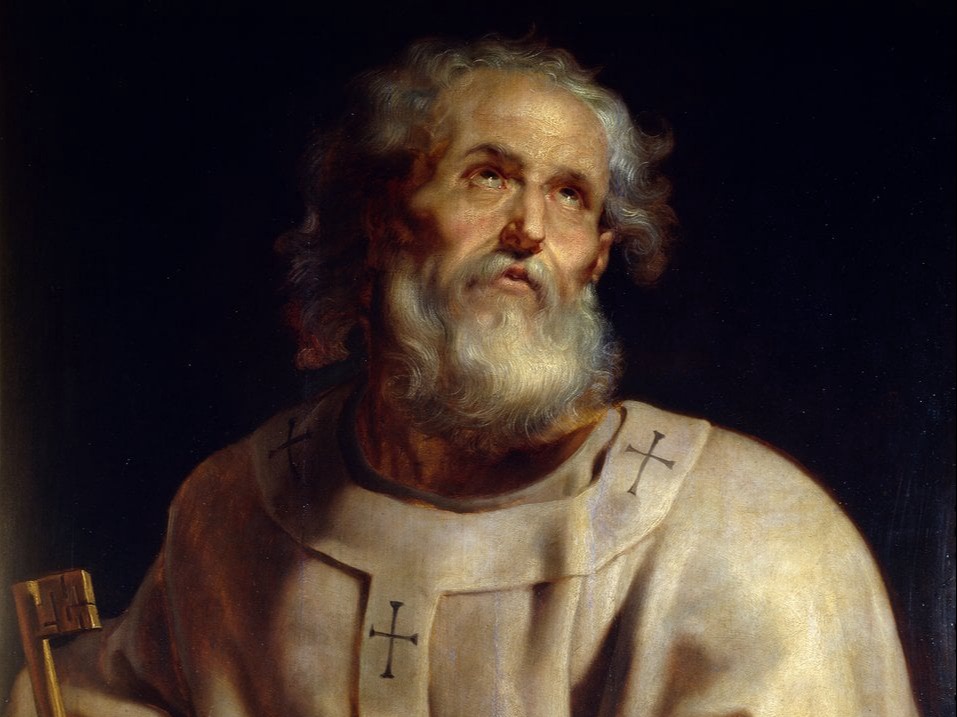Popes
Delve into the rich history of the papacy with our interactive timeline showcasing each Pope's reign. Discover remarkable details, from enthronement dates to key events, and gain a deeper understanding of the Church's evolution across centuries.
2013, March 13
Francis
Argentine citizen. First pope to be born outside Europe since Gregory III (731–741) and the first from the Americas; first pope from the Southern Hemisphere. First pope from a religious institute since Gregory XVI (1831–1846); first Jesuit pope. First to use a new and non-composed regnal name since Lando (913–914). First pope to visit and celebrate a mass on the Arabian Peninsula.
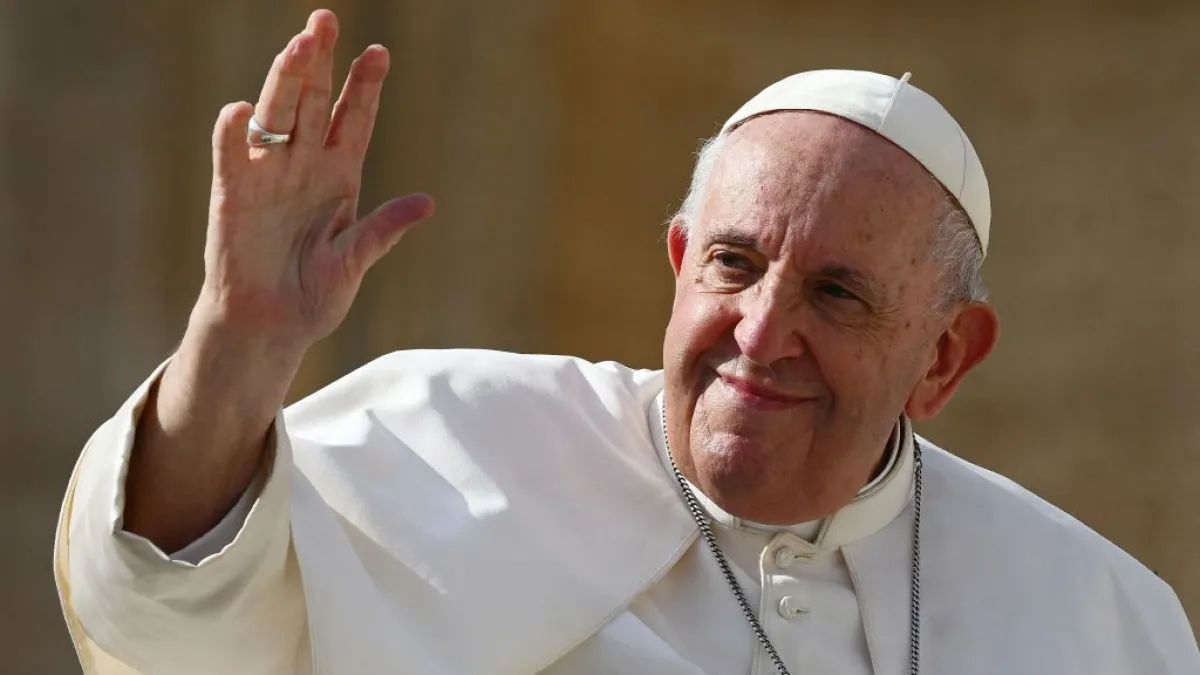
2005, April 19 – 2013, February 28
Benedict XVI
German citizen. Oldest to become pope since Clement XII (1730). Elevated the Tridentine Mass to a more prominent position and promoted the use of Latin; re-introduced several disused papal garments. Authorized the creation of Anglican ordinariates (2009). First pope to renounce the papacy on his own initiative since Celestine V (1294), becoming pope emeritus. Longest-living pope on record. Died on 31 December 2022, in Vatican.
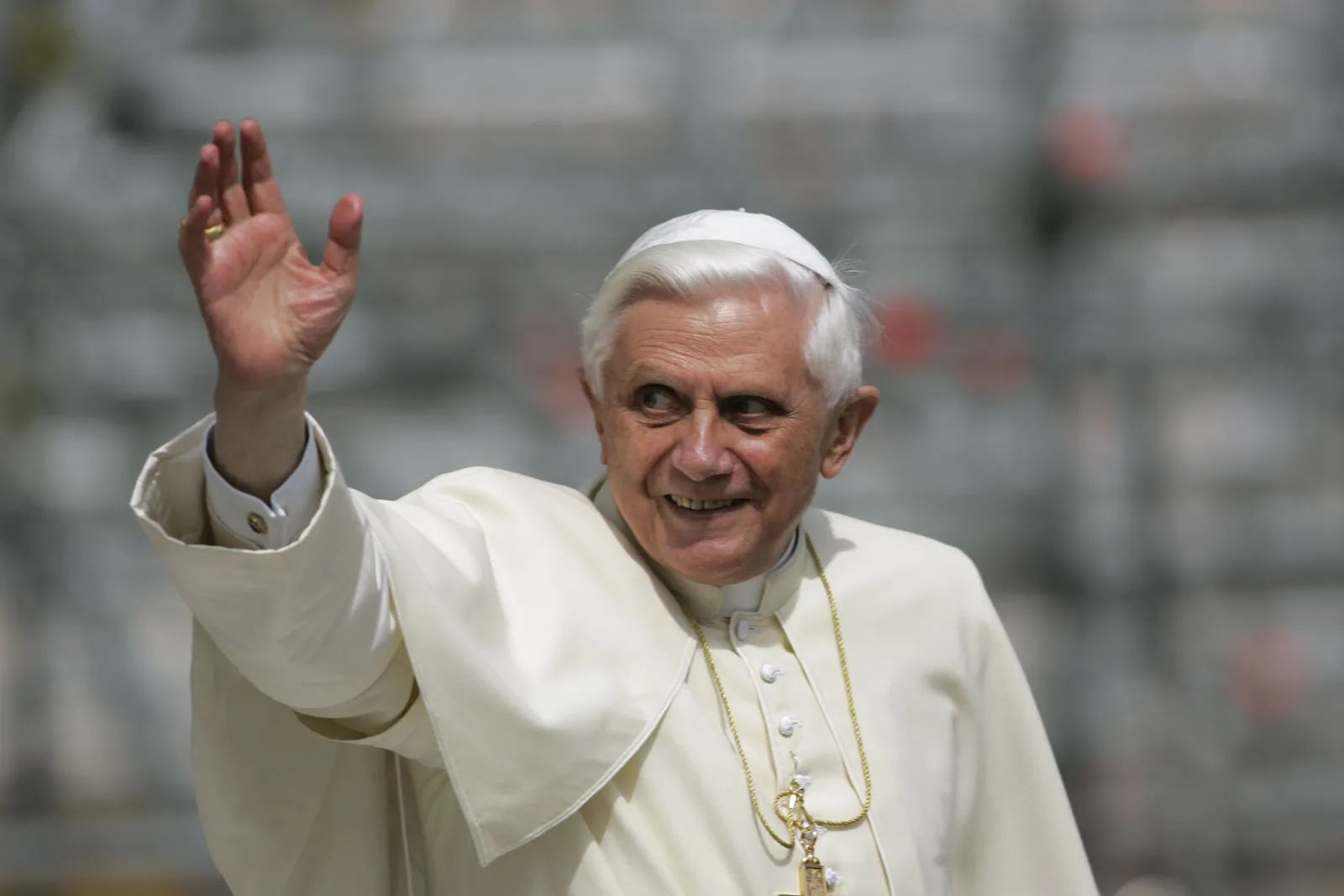
1978, October 16 – 2005, April 2
John Paul II
Polish citizen, first pope of Slavic origin. First non-Italian pope since Adrian VI (1522–1523). Travelled extensively, visiting 129 countries during his pontificate. Second-longest reign after Pius IX. Founded World Youth Day (1984) and the Pontifical Academy of Social Sciences (1994). Canonized more saints than all his predecessors. Youngest individual to start his papacy since Pius IX (1846).
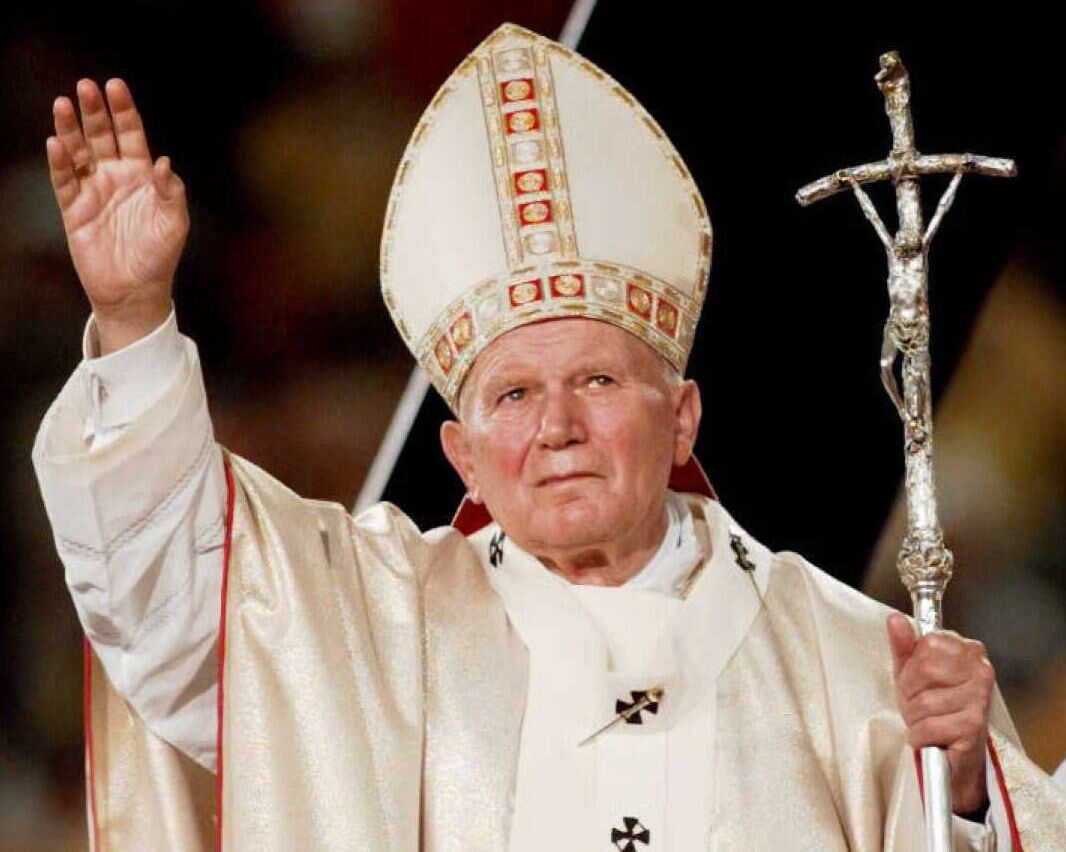
1978, August 26 – September 28
John Paul I
Italian citizen. Abolished the coronation and opted for the papal inauguration. First pope to use 'the First' in papal name; first with two names for two immediate predecessors. Last pope to use the sedia gestatoria.
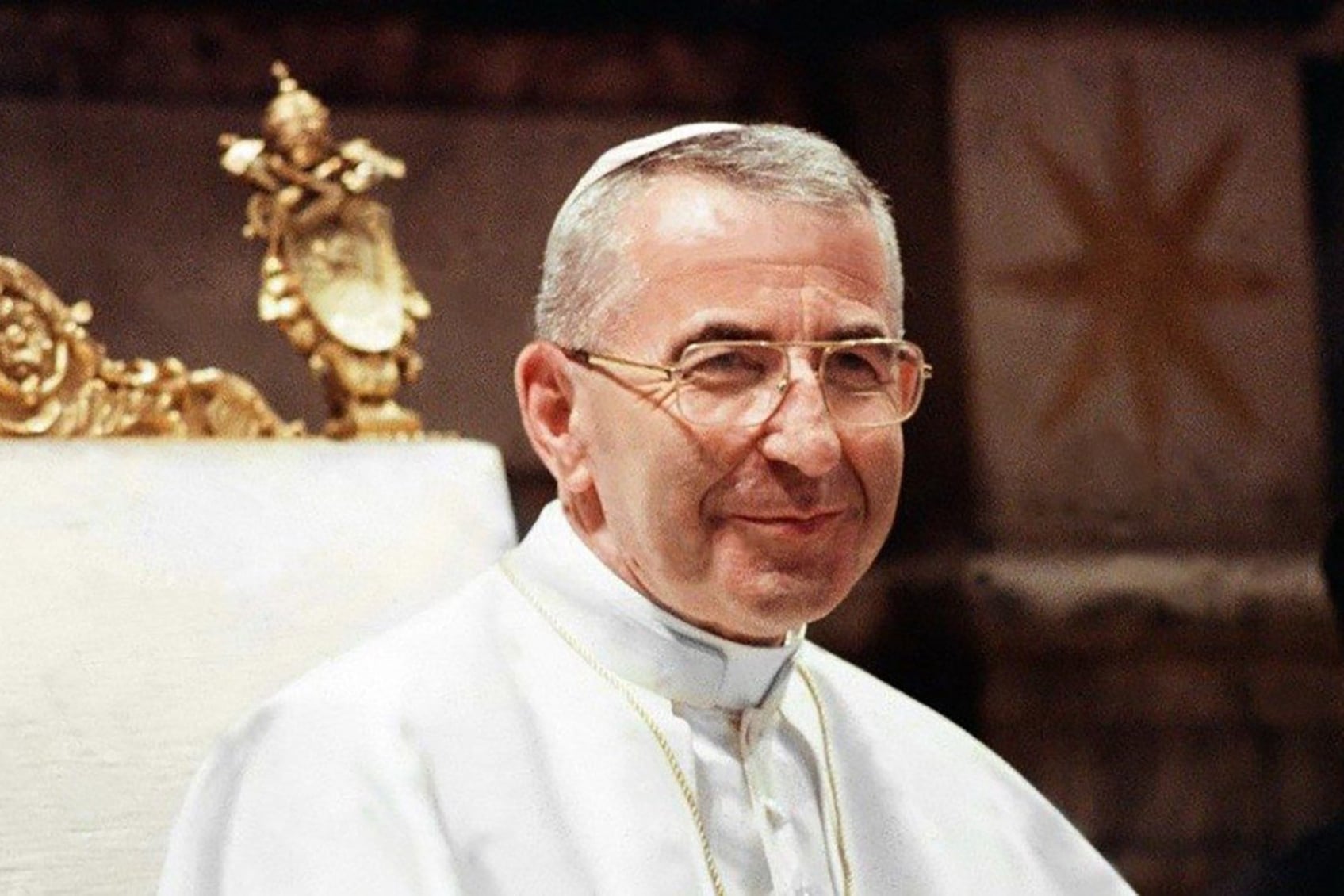
1963, June 21 – 1978, August 6
Paul VI
Italian citizen. Last pope to be crowned. First pope since 1809 to travel outside Italy. Closed the Second Vatican Council. Issued the encyclical Humanae vitae (1968) condemning artificial contraception. Revised the Roman Missal (1969).
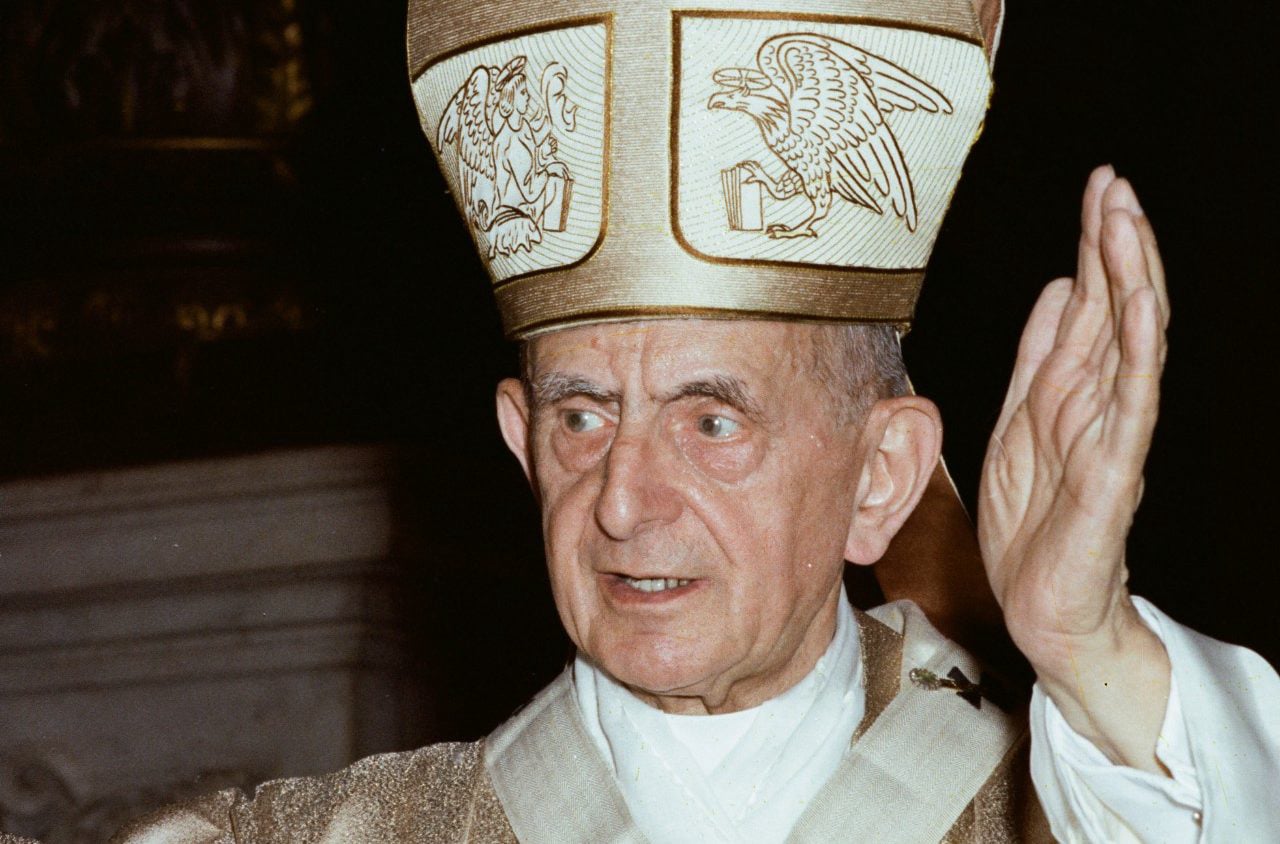
1958, October 28 – 1963, June 3
John XXIII
Italian citizen. Opened the Second Vatican Council; called "Good Pope John". Issued the encyclical Pacem in terris (1963) on peace and nuclear disarmament; intervened for peace during the Cuban Missile Crisis (1962).
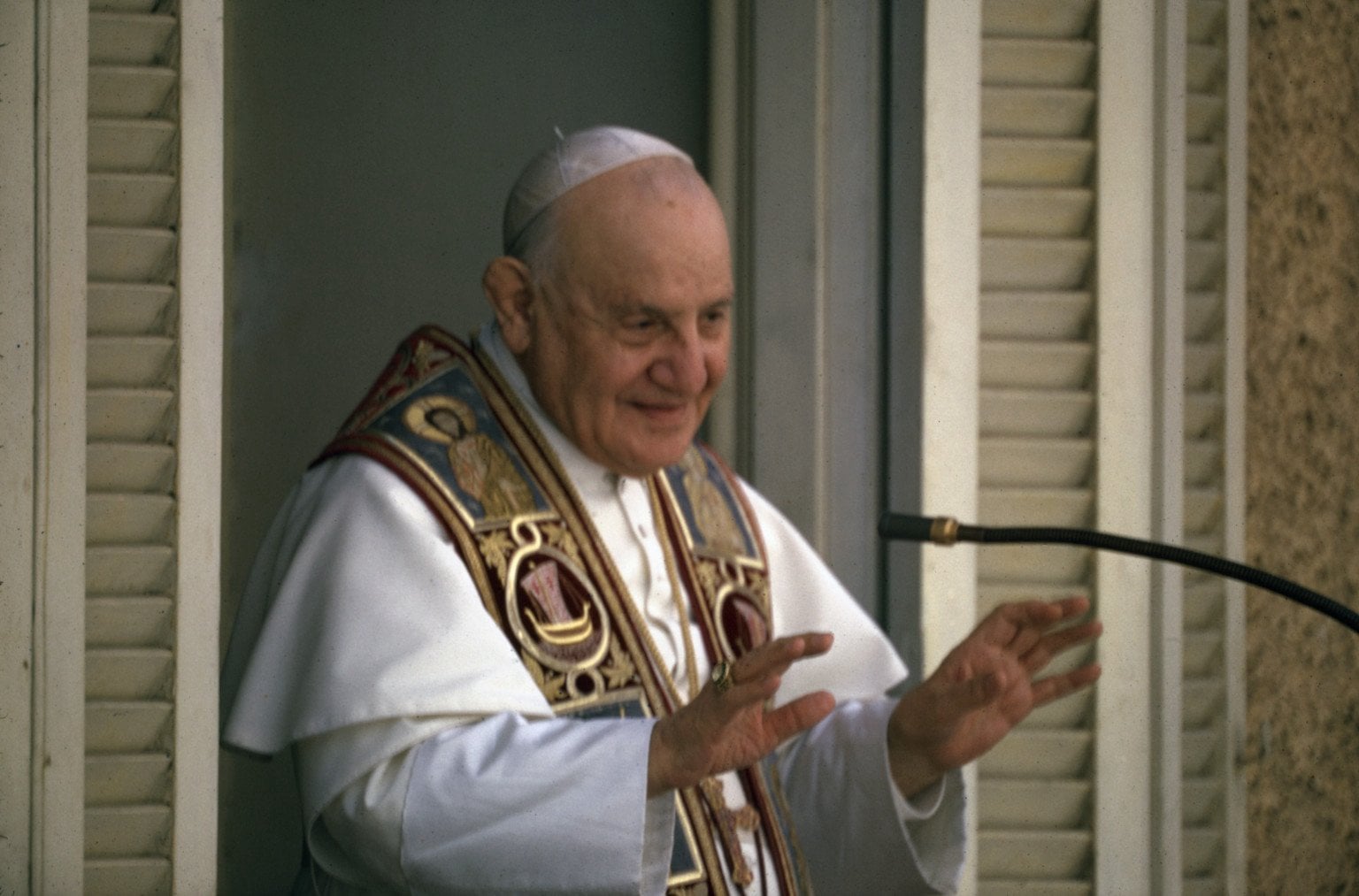
1939, March 2 – 1958, October 9
Pius XII
Italian citizen. Invoked papal infallibility in the encyclical Munificentissimus Deus; defined the dogma of the Assumption. Eliminated the Italian majority of cardinals. Credited with intervening for peace during World War II; controversial for his reactions to the Holocaust. Published the Humani generis, the first encyclical to specifically refer to evolution and took up a neutral position, concentrating on human evolution: "The Church does not forbid that ... research and discussions, on the part of men experienced in both fields, take place with regard to the doctrine of evolution, in as far as it inquires into the origin of the human body as coming from pre-existent and living matter."
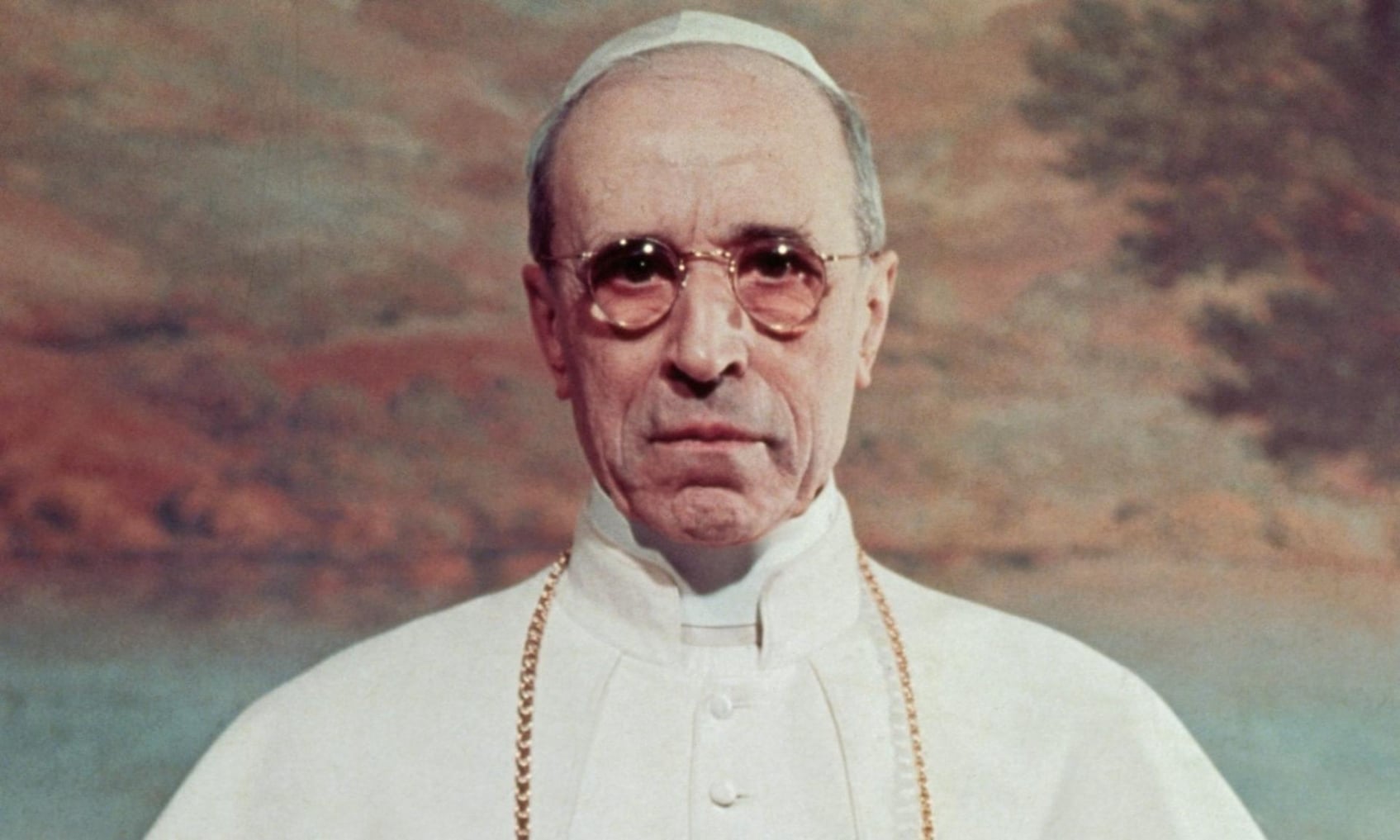
1922, February 6 – 1939, February 10
Pius XI
Born as a subject of the Kingdom of Lombardy–Venetia, later became an Italian citizen. Signed the Lateran Treaty with Italy (1929) establishing Vatican City as a sovereign state. Inaugurated Vatican Radio (1931). Re-founded the Pontifical Academy of Sciences (1936). Created the feast of Christ the King. Opposed Communism and Nazism.
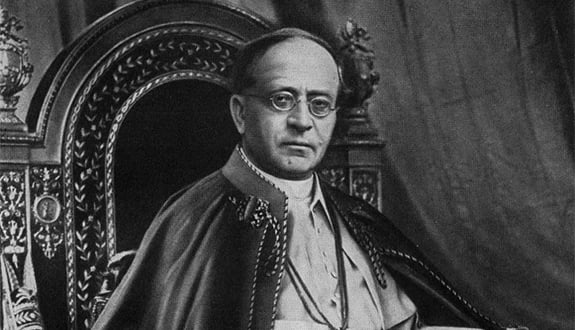
1914, September 3 – 1922, January 22
Benedict XV
Born as a subject of the Kingdom of Sardinia, later became an Italian citizen. Credited for intervening for peace during World War I. Issued the 1917 Code of Canon Law; supported the missionaries in Maximum illud. Remembered by Benedict XVI as a "prophet of peace".
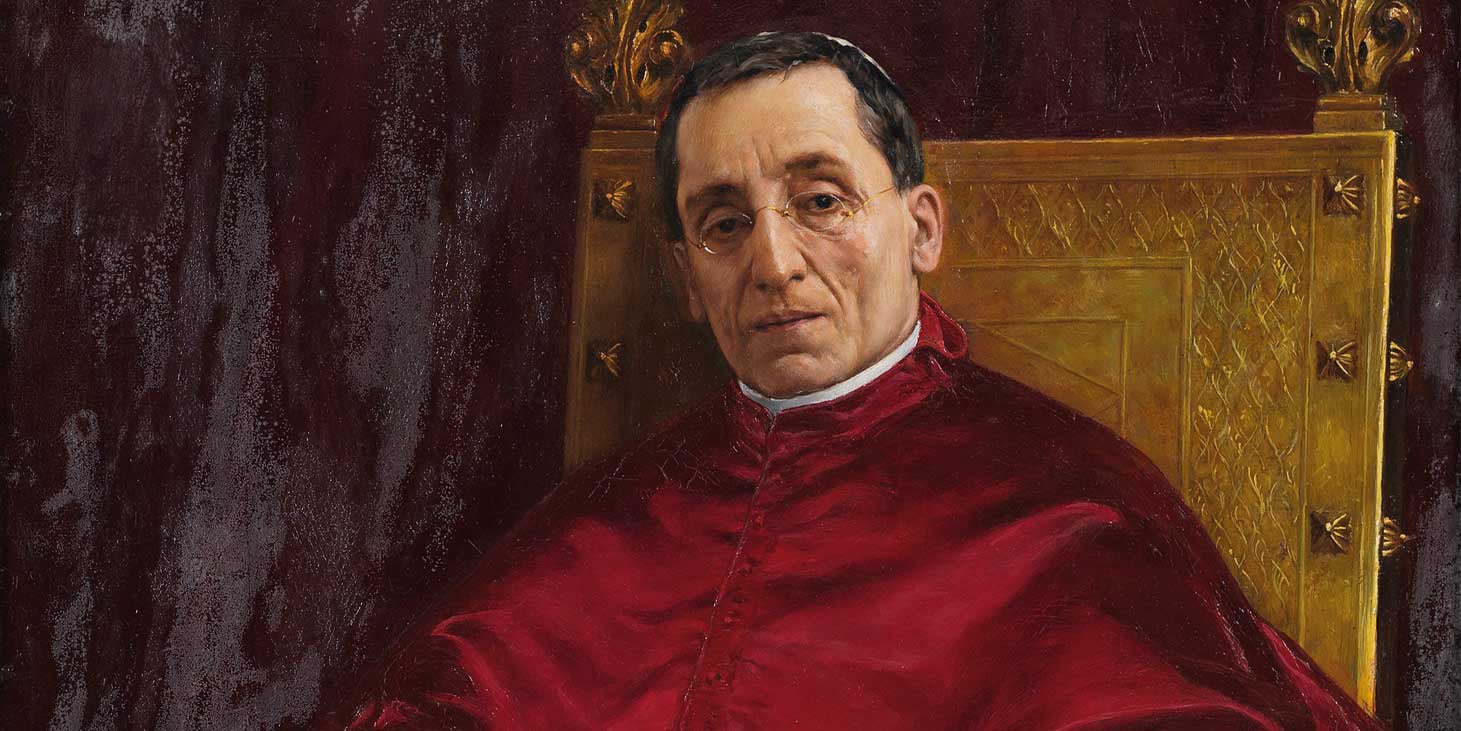
1903, August 4 – 1914, August 20
Pius X
Born as a subject of the Kingdom of Lombardy–Venetia, later became an Italian citizen. Encouraged and expanded reception of the Eucharist. Combatted Modernism; issued the oath against it. Advocated the Gregorian Chant and reformed the Roman Breviary.
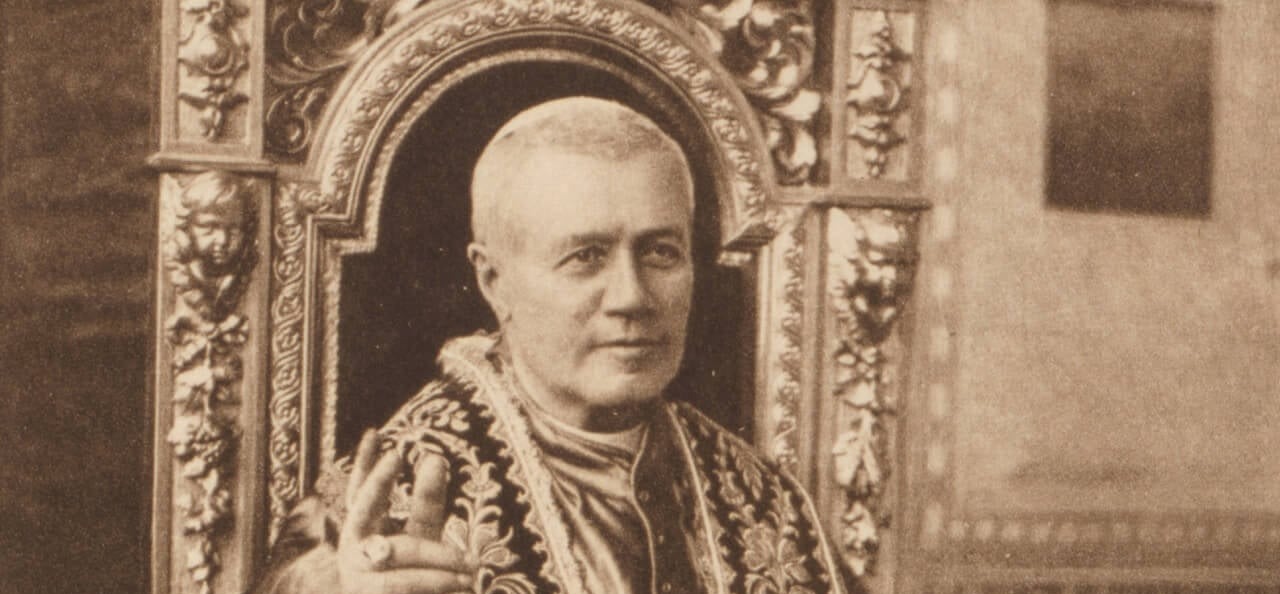
1878, February 20 – 1903, July 20
Leo XIII
Born as a French citizen, of Italian ethnicity, later became a subject of the Papal States and finally an Italian citizen. Issued the encyclical Rerum novarum; supported Christian democracy against Communism. Had the third-longest reign after Pius IX, and John Paul II. Promoted the rosary and the scapular and approved two new Marian scapulars; first pope to fully embrace the concept of Mary as mediatrix.
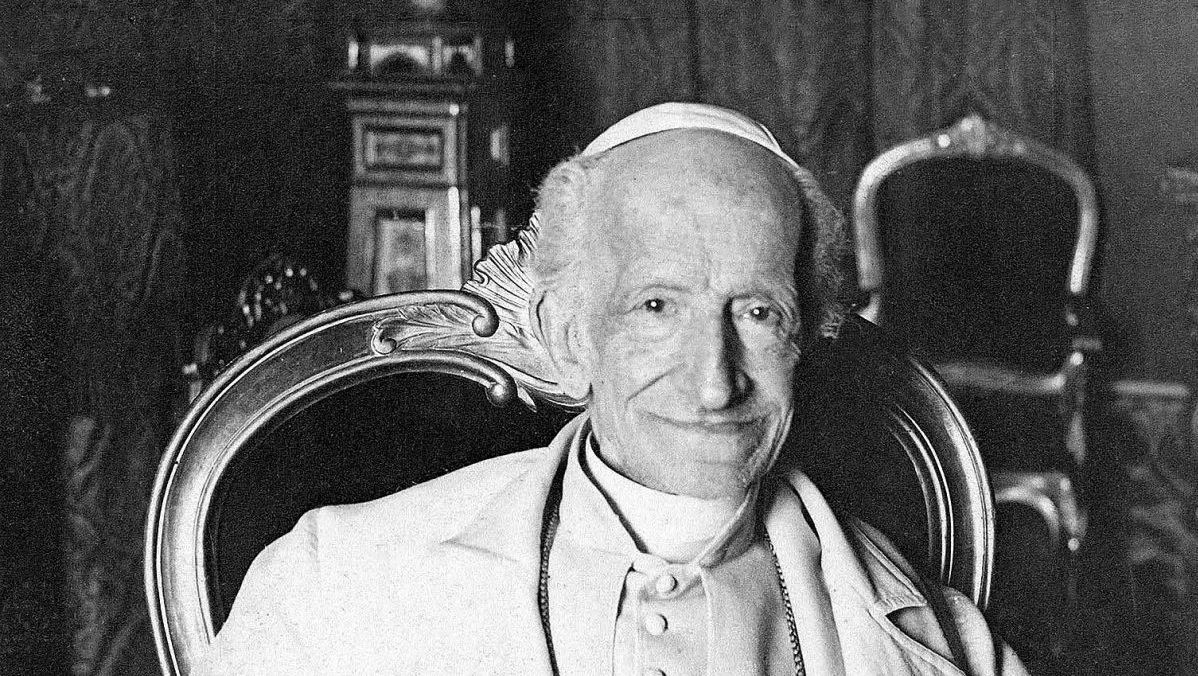
1846, June 16 – 1878, February 7
Pius IX
Subject and later the last sovereign of the Papal States, becoming an Italian citizen. Opened the First Vatican Council; lost the Papal States to Italy. Defined the dogma of the Immaculate Conception and defined papal infallibility. Issued the controversial Syllabus of Errors. Longest-serving pope since Peter (c. AD 30–64).
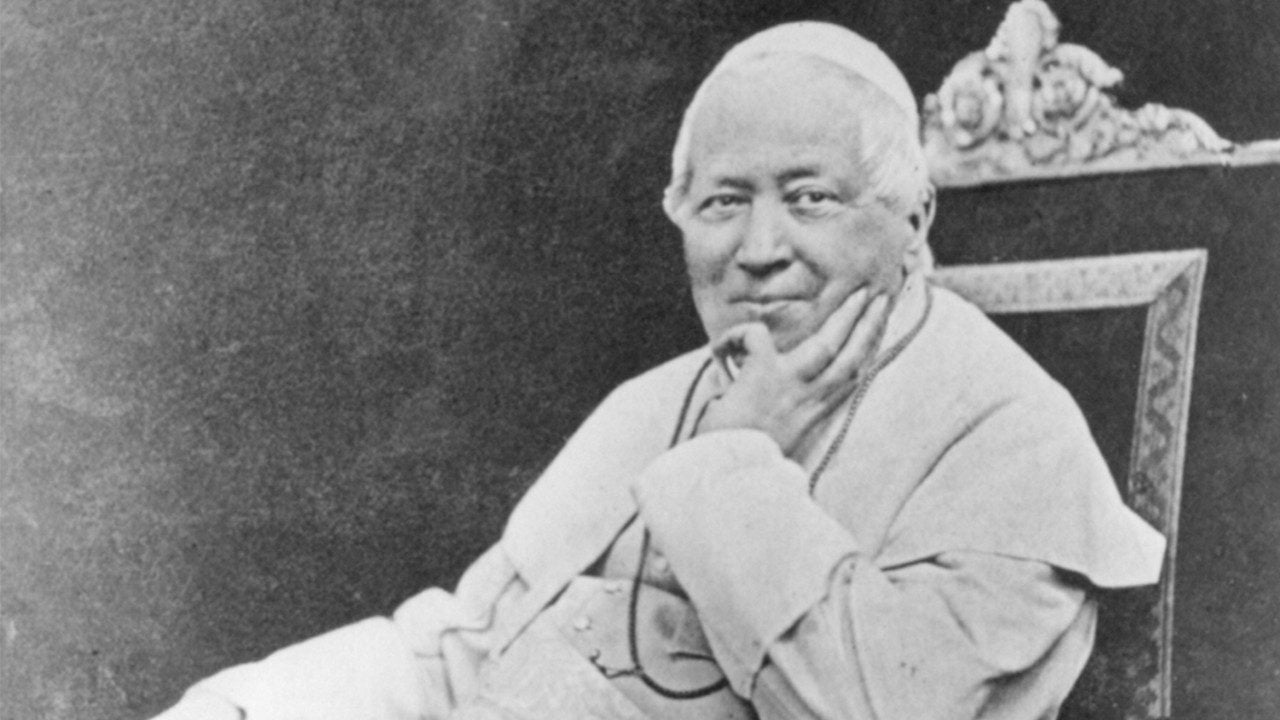
1831, February 2 – 1846, June 1
Gregory XVI
Citizen of the Republic of Venice. Member of the Camaldolese; last non-bishop to be elected to the papacy. Politically opposed democratic and modernising reforms in the Papal States. Regarding scientific thinking, all traces of official opposition to heliocentrism by the church disappeared in 1835 when the uncensored versions of Dialogue and De Revolutionibus were finally dropped from the Index.
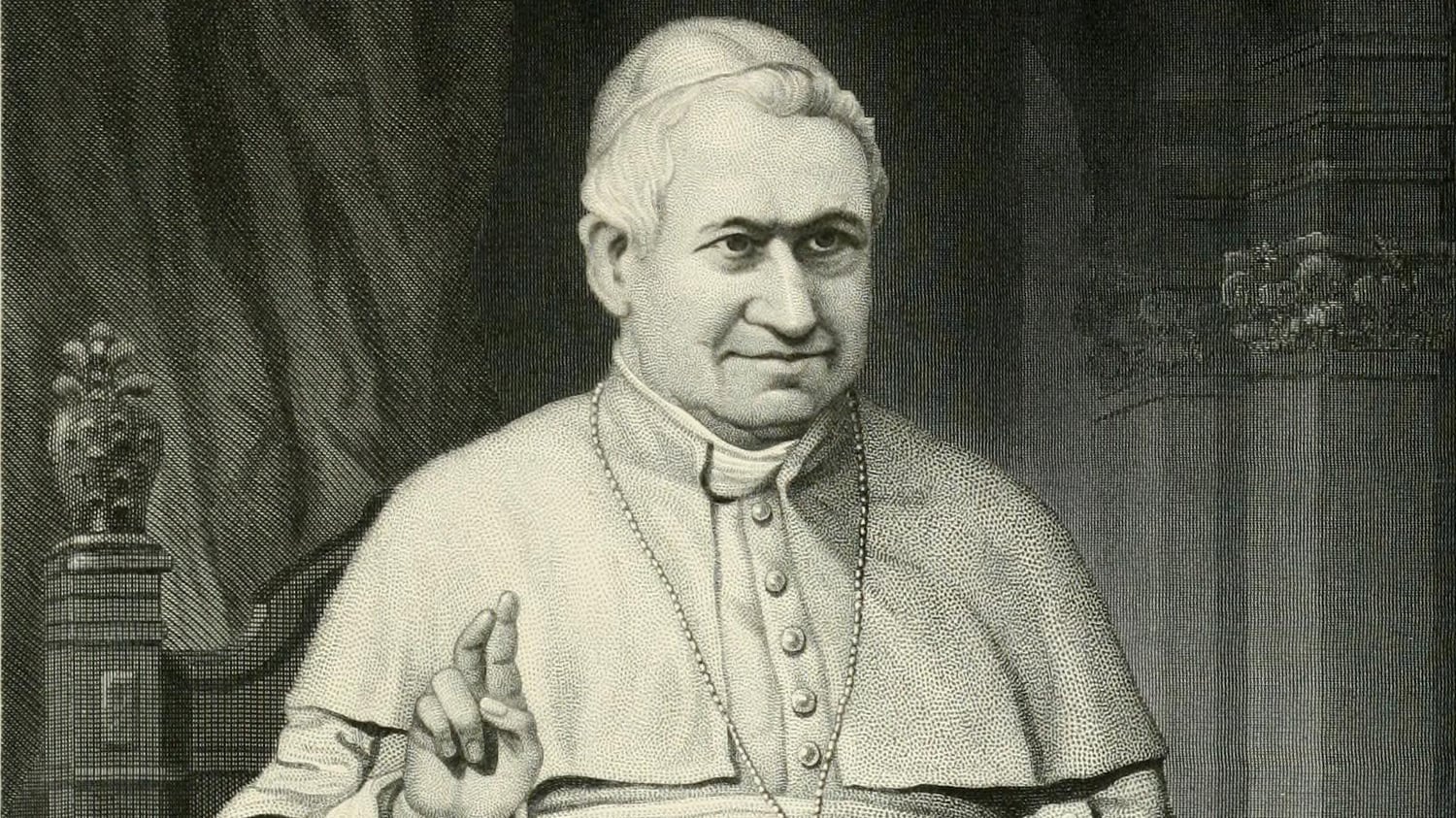
1829, March 31 – 1830, November 30
Pius VIII
Subject and later the sovereign of the Papal States. Accepted Louis Philippe I as king of the French. Condemned the masonic secret societies and modernist biblical translations in the brief Litteris altero (1830).
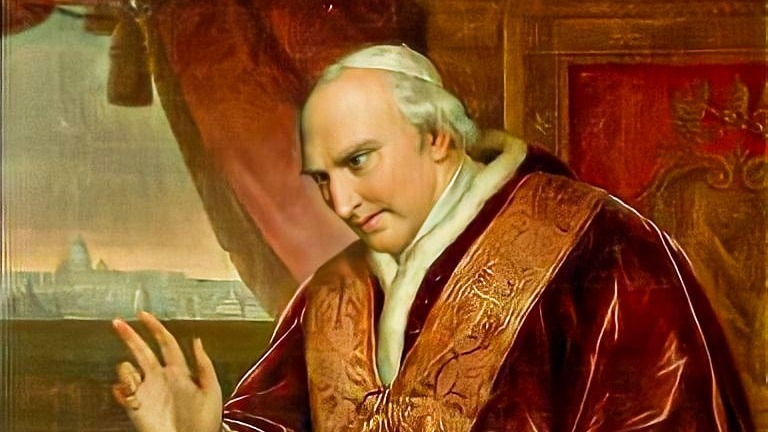
1823, September 28 – 1829, February 10
Leo XII
Subject and later the sovereign of the Papal States. Placed the Catholic educational system under the control of the Jesuits through Quod divina sapientia (1824). Condemned the Bible societies.
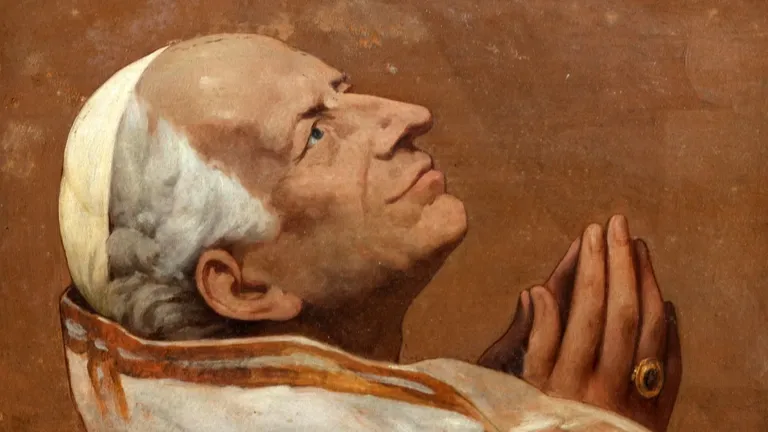
1800, March 14 – 1823, August 20
Pius VII
Subject and later the sovereign of the Papal States. Member of the Order of Saint Benedict. Present at Napoleon's coronation as emperor of the French. Expelled from the Papal States by the French between 1809 and 1814.
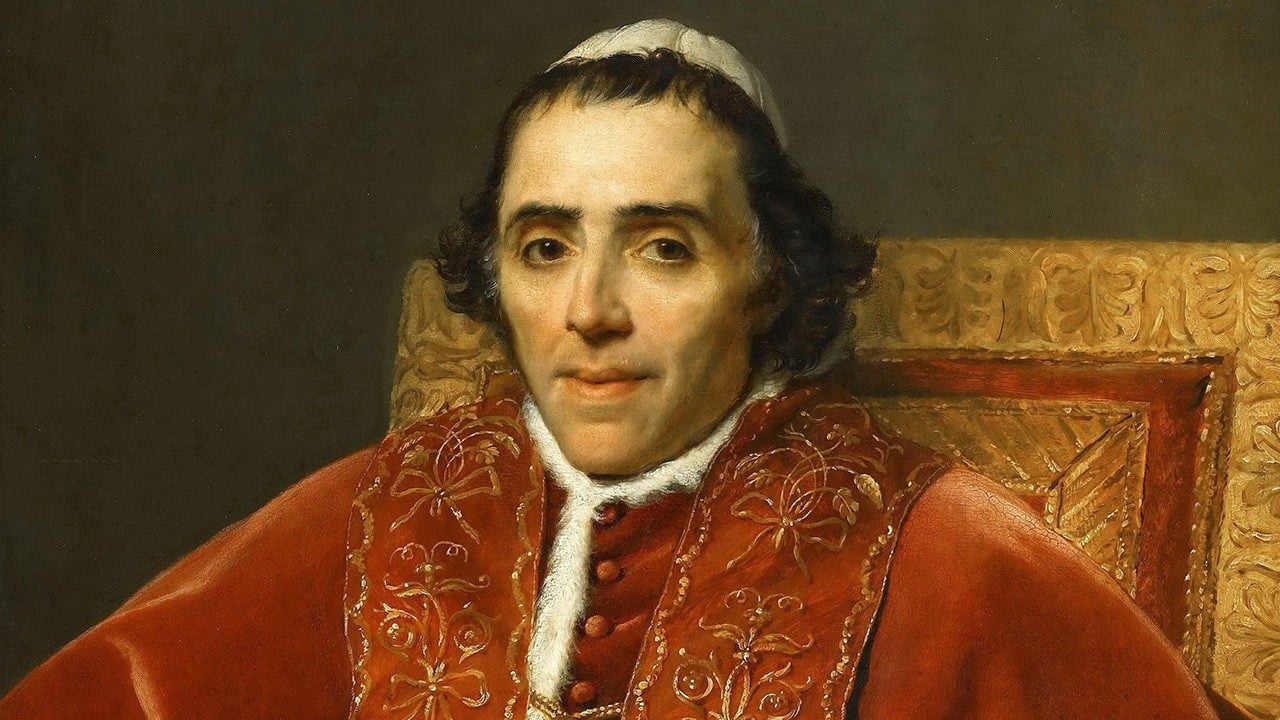
1775, February 15 – 1799, August 29
Pius VI
Subject and later the sovereign of the Papal States. Condemned the French Revolution; expelled from the Papal States by French troops from 1798 until his death. The last pope to be a patron of Renaissance art.
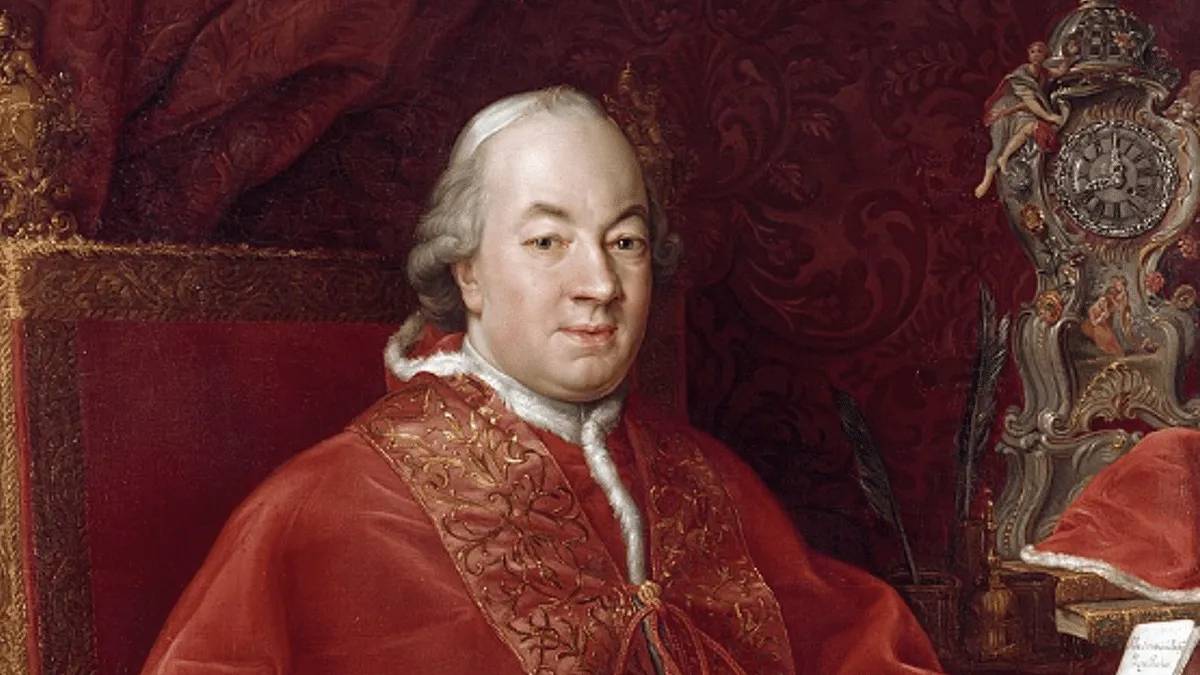
1769, May 19 – 1774, September 22
Clement XIV
Subject and later the sovereign of the Papal States. Member of the Conventual Franciscan Order. Suppressed the Society of Jesus in the brief "Dominus ac Redemptor" (1773).
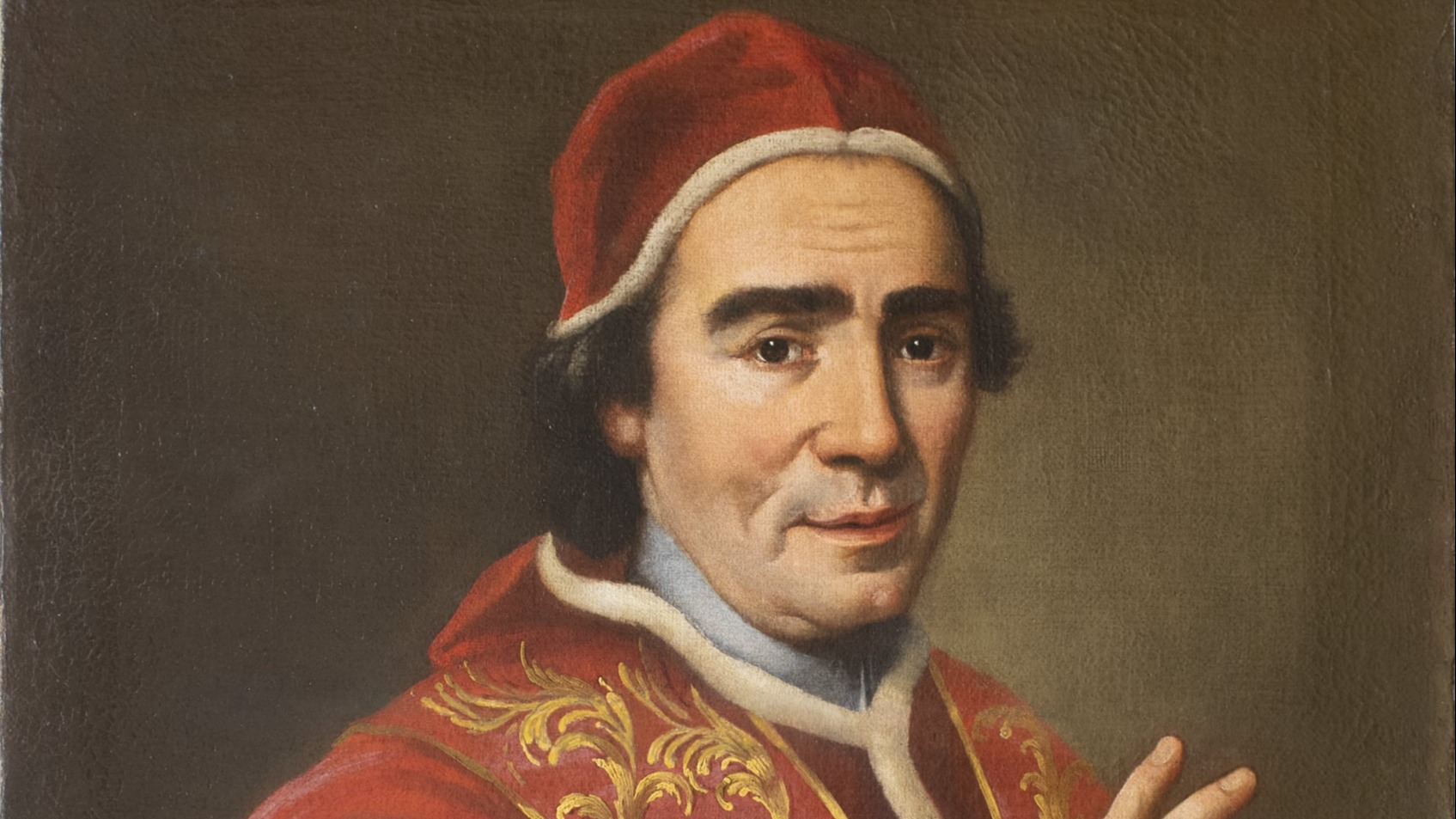
1758, July 6 – 1769, February 2
Clement XIII
Citizen of the Republic of Venice. Provided the famous fig leaves on nude male statues in the Vatican. Defended the Society of Jesus in "Apostolicum pascendi" (1765). During his pontificate (or at the end of his predecessor's pontificate), the general prohibition against works advocating heliocentrism was removed from the Index of prohibited books, although the specific ban on uncensored versions of the Dialogue and Copernicus's De Revolutionibus remained.
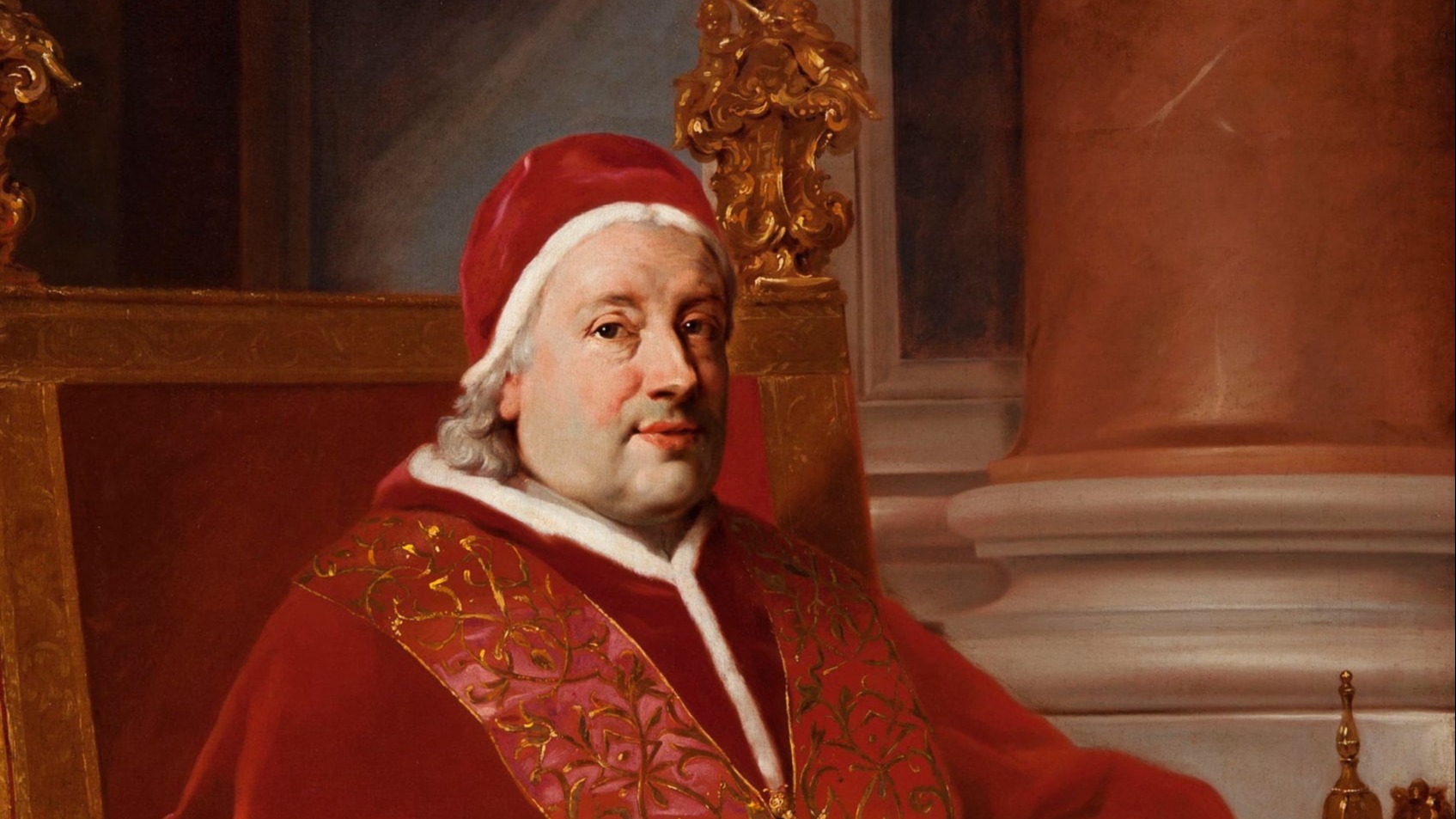
1740, August 17 – 1758, May 3
Benedict XIV
Subject and later the sovereign of the Papal States. Reformed the education of priests and the calendar of feasts. Completed the Trevi Fountain and affirmed the teachings of Thomas Aquinas; founded academies of art, religion and science. Authorised the publication of an edition of Galileo's complete scientific works which included a mildly censored version of the Dialogue.
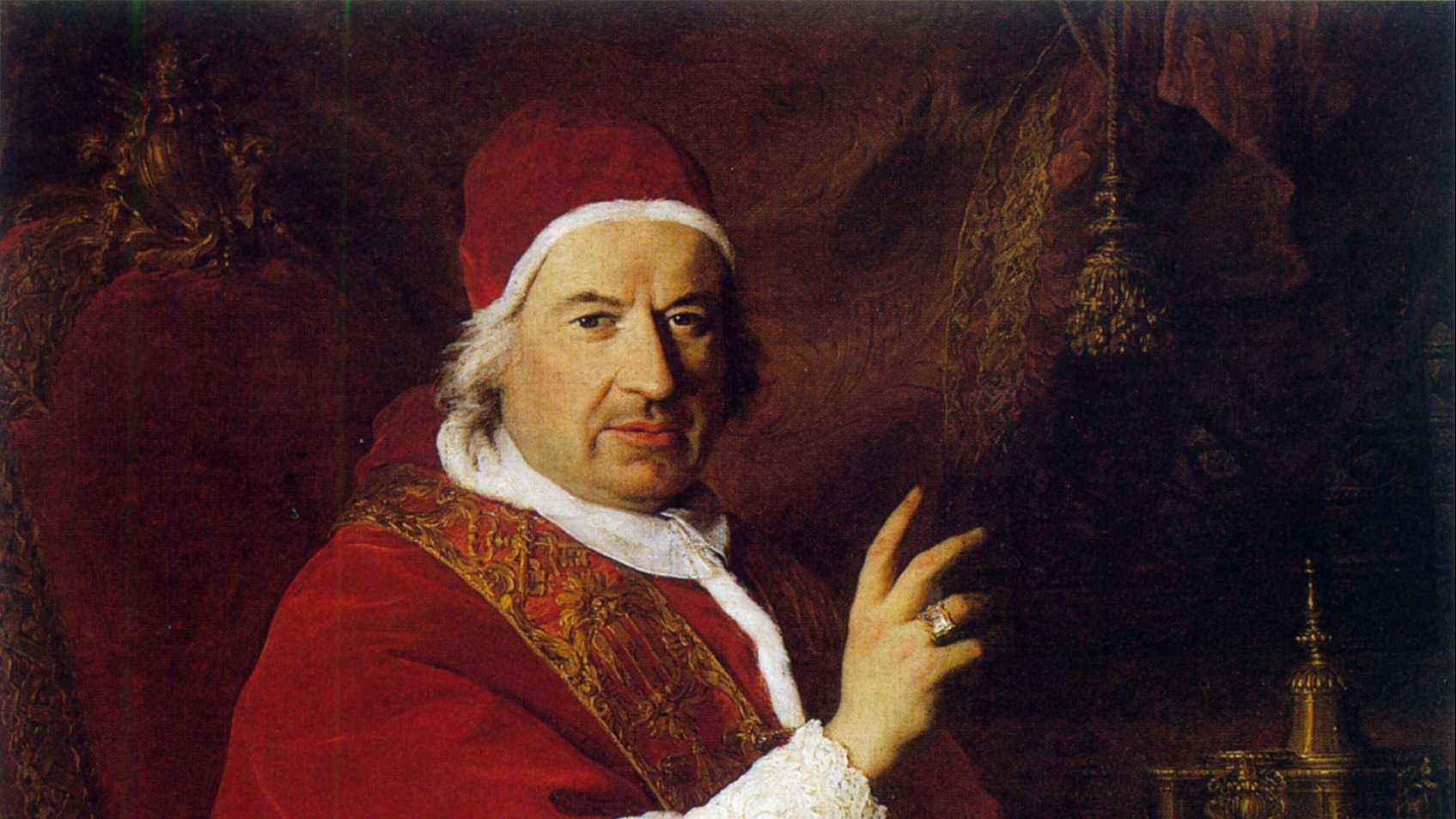
12 July 1730 – 6 February 1740
Clement XII
Born as a subject of the Grand Duchy of Tuscany. Completed the new façade of the Archbasilica of Saint John Lateran (1735). Commissioned the Trevi Fountain in Rome (1732). Condemned Freemasonry in In eminenti apostolatus (1738).
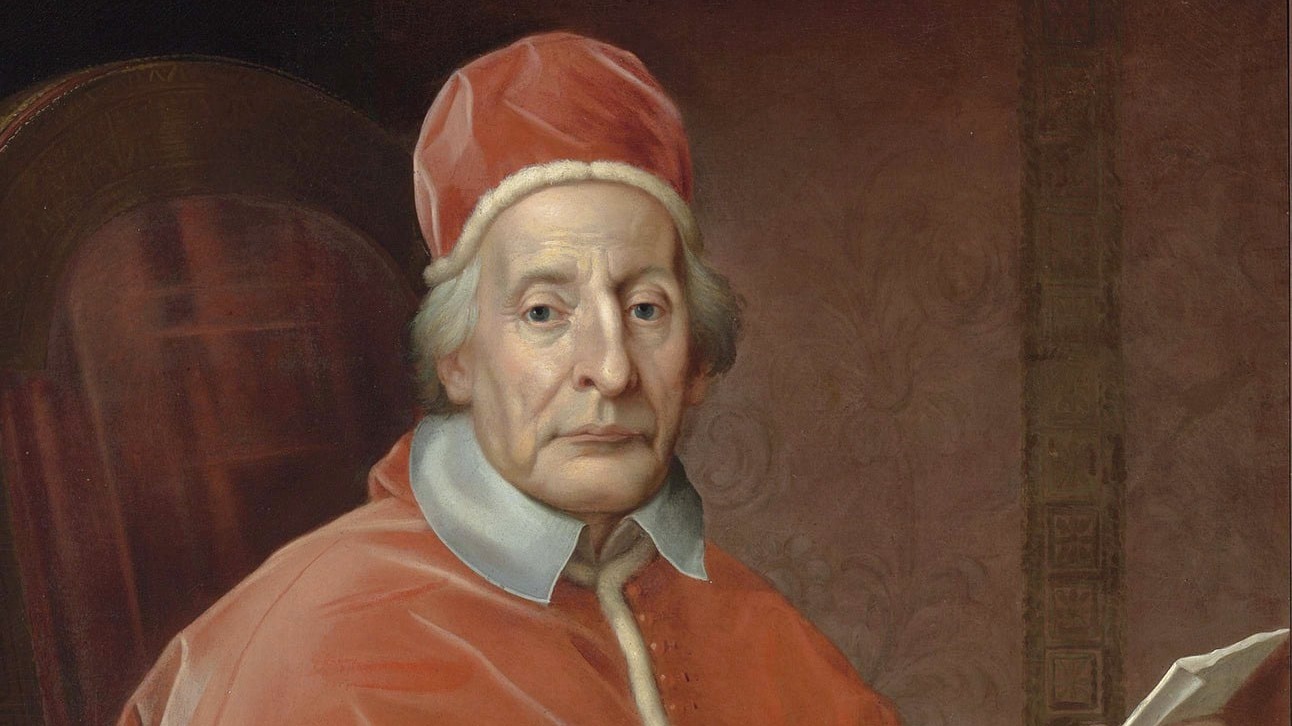
29 May 1724 – 21 February 1730
Benedict XIII
Born as a subject of the Kingdom of Naples. Member of the Dominican Order; third and last member of the Orsini family to be pope. Originally called Benedict XIV due to the antipope but reverted to XIII. Repealed the worldwide tobacco smoking ban set by Urban VII and Urban VIII. During his pontificate James Bradley discovered the stellar aberration, proving the relative motion of the Earth in its orbit around the Sun.
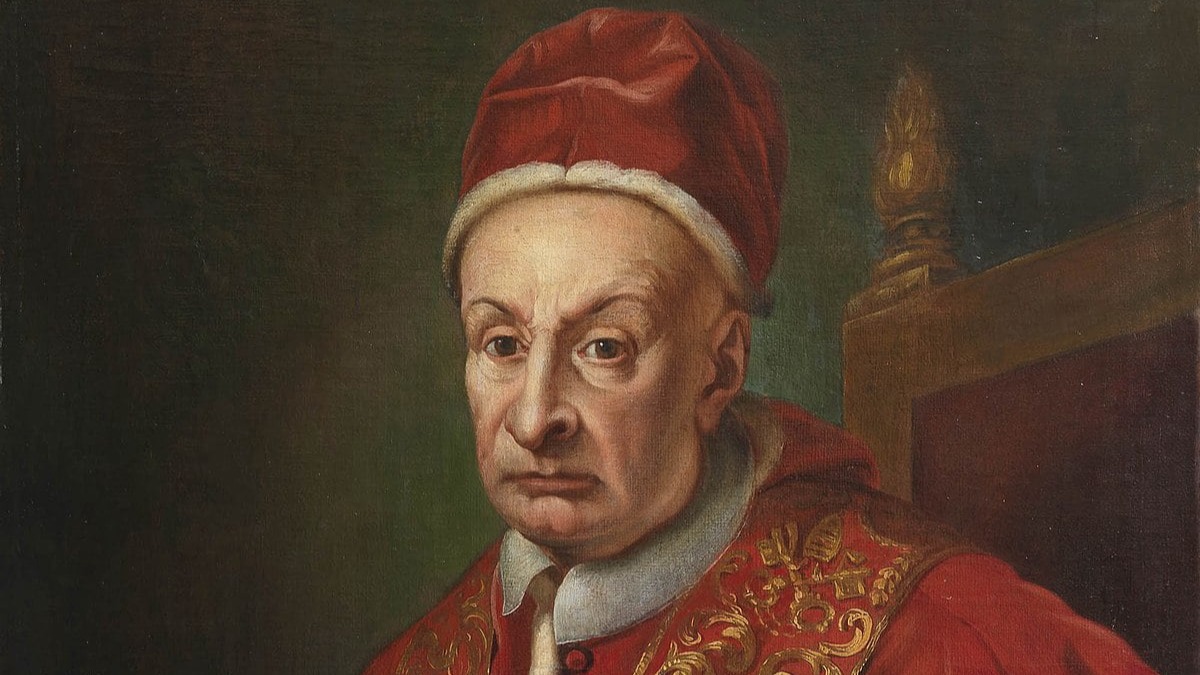
8 May 1721 – 7 March 1724
Innocent XIII
Subject and later the sovereign of the Papal States. Prohibited the Jesuits from prosecuting their mission in China ordering that no new members should be received into the order. Issued the papal bull Apostolici Ministerii (1724) to revive ecclesiastical discipline in Spain.
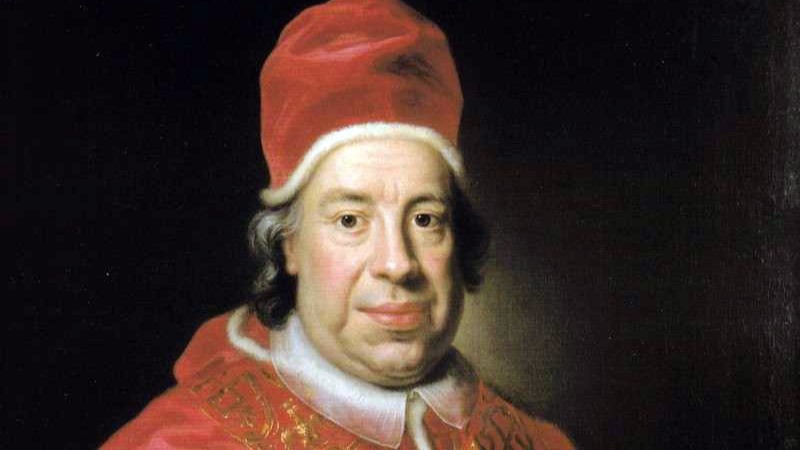
23 November 1700 – 19 March 1721
Clement XI
Subject and later the sovereign of the Papal States. The Chinese Rites controversy. Patronized the first archaeological excavations in the Roman catacombs and made the feast of the Immaculate Conception universal. The Inquisition's ban on reprinting Galileo's works was lifted in 1718 when permission was granted to publish an edition of his works (excluding the condemned Dialogue) in Florence.
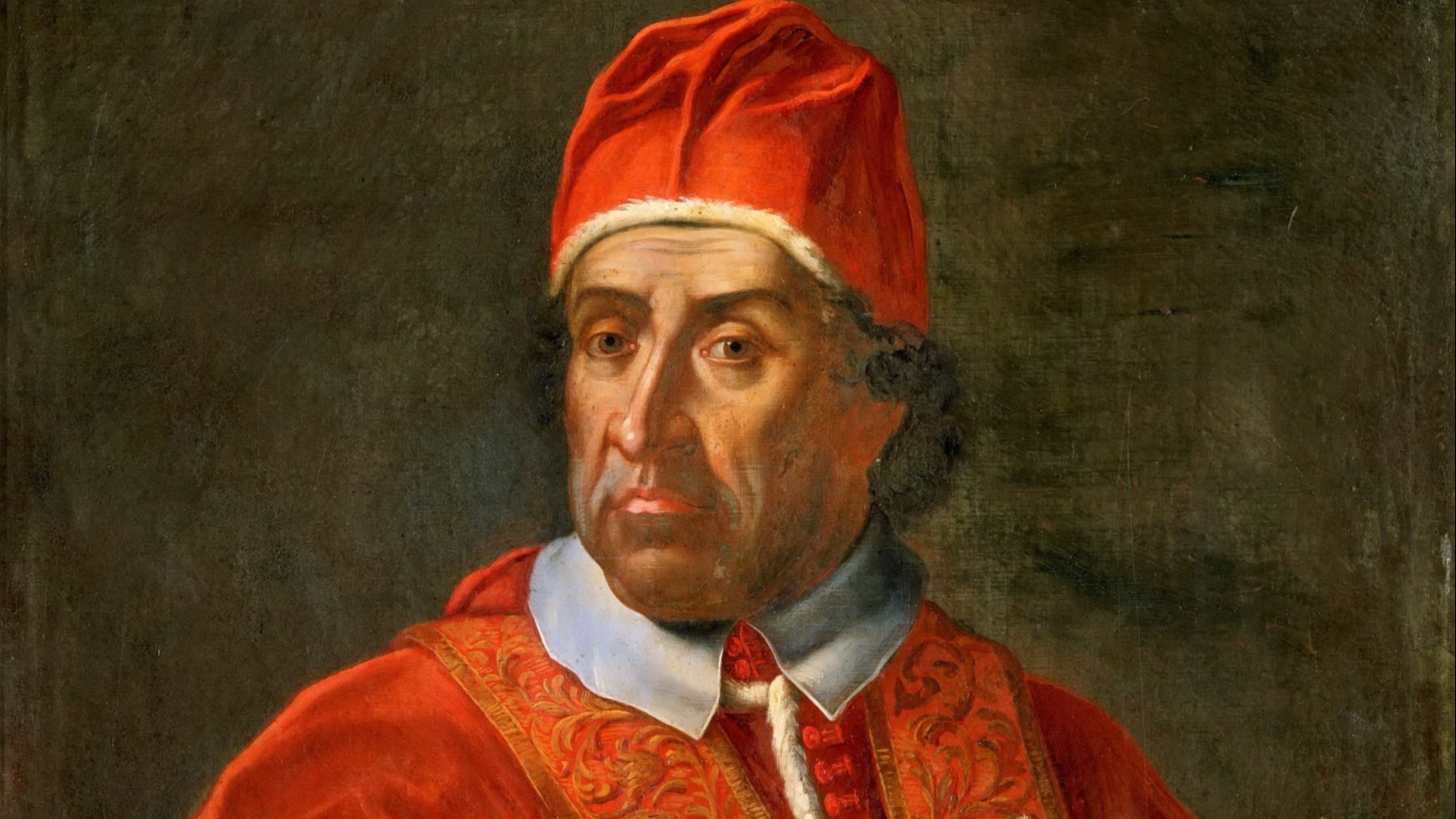
12 July 1691 – 27 September 1700
Innocent XII
Born as a subject of the Kingdom of Naples. Issued the bull Romanum decet Pontificem to stop nepotism (1692). Erected various charitable and educational institutions.
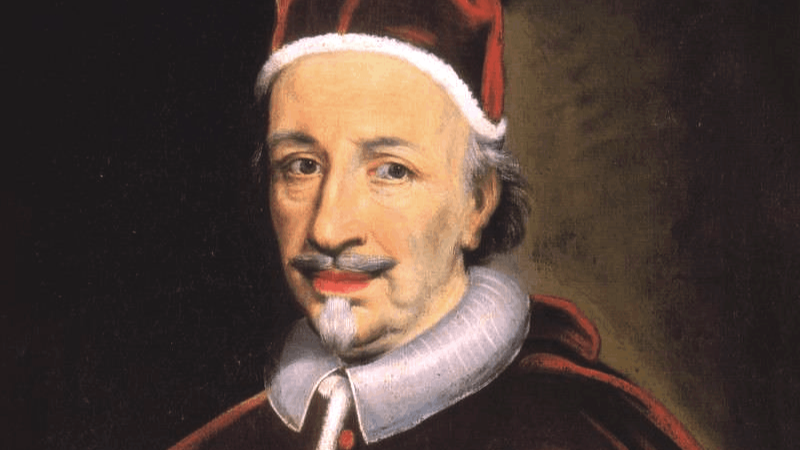
6 October 1689 – 1 February 1691
Alexander VIII
Citizen of the Republic of Venice. Condemned the so-called philosophical sin (1690).
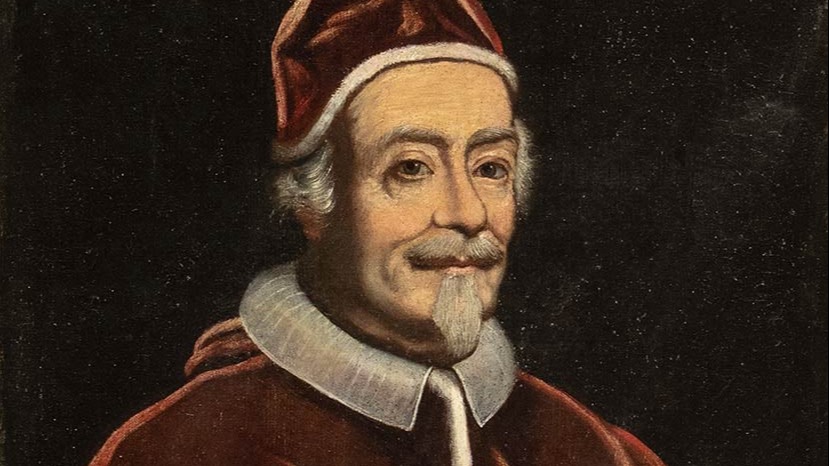
21 September 1676 – 12 August 1689
Innocent XI
Born as a subject of the Duchy of Milan. Condemned the doctrine of mental reservation (1679) and initiated the Holy League. Extended the Holy Name of Mary as a universal feast (1684). Admired for positive contributions to catechesis. During his pontificate Isaac Newton published the Philosophiæ Naturalis Principia Mathematica, which placed heliocentrism on a firm theoretical foundation.
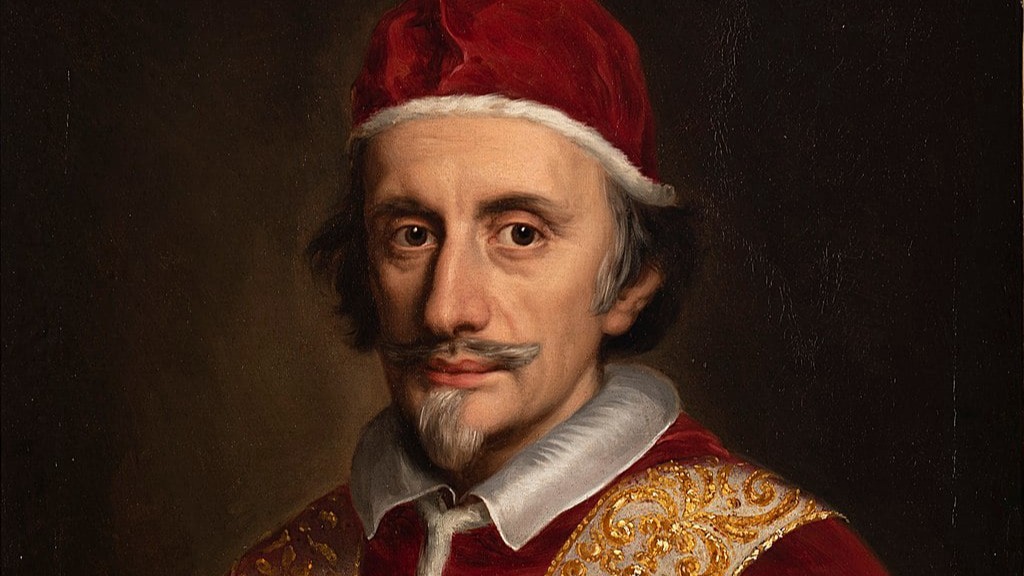
29 April 1670 – 22 July 1676
Clement X
Subject and later the sovereign of the Papal States. Canonized the first saint from the Americas: St. Rose of Lima (1671). Decorated the bridge of Sant' Angelo with the ten statues of angels and added one of the two fountains that adorn the piazza of St. Peter's. Established regulations for the removal of relics of saints from cemeteries.
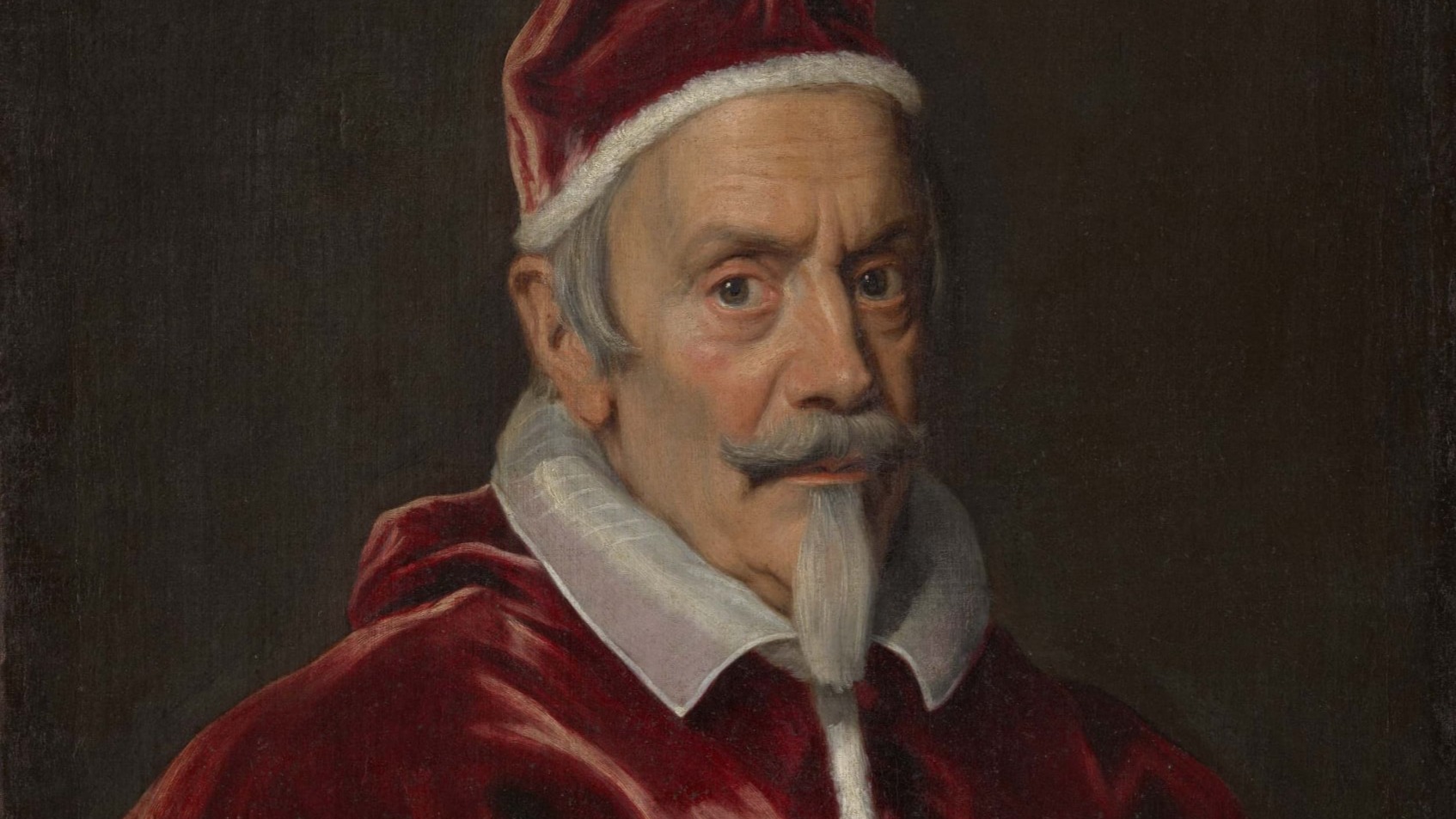
20 June 1667 – 9 December 1669
Clement IX
Born as a subject of the Grand Duchy of Tuscany. Mediated in the peace of Aachen (1668).
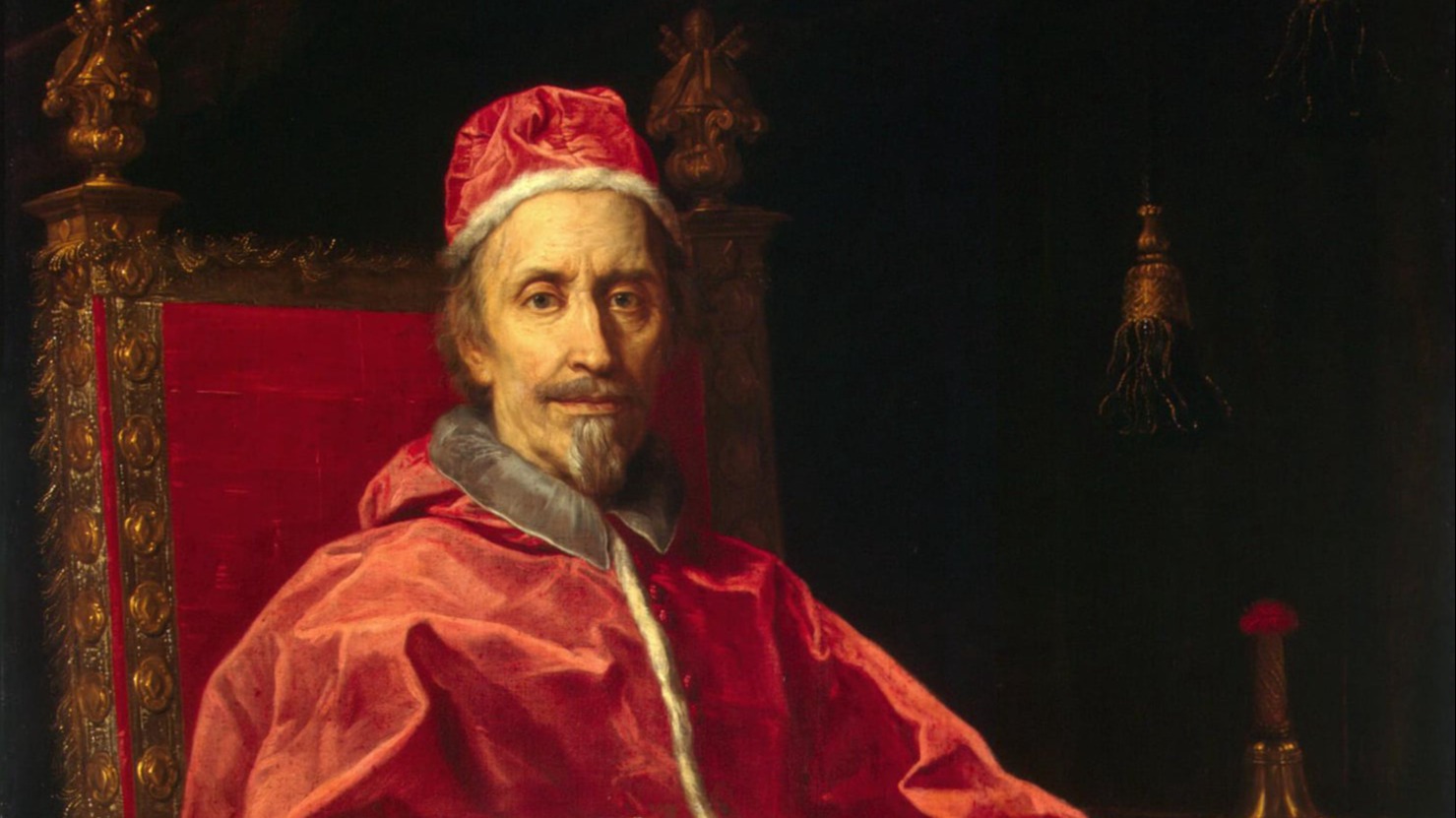
7 April 1655 – 22 May 1667
Alexander VII
Born as a subject of the Grand Duchy of Tuscany. Great-nephew of Paul V. Commissioned St. Peter's Square. Issued the constitution Sollicitudo Omnium Ecclesiarum that set the doctrine of the Immaculate Conception almost identical to that of Pius IX centuries later.
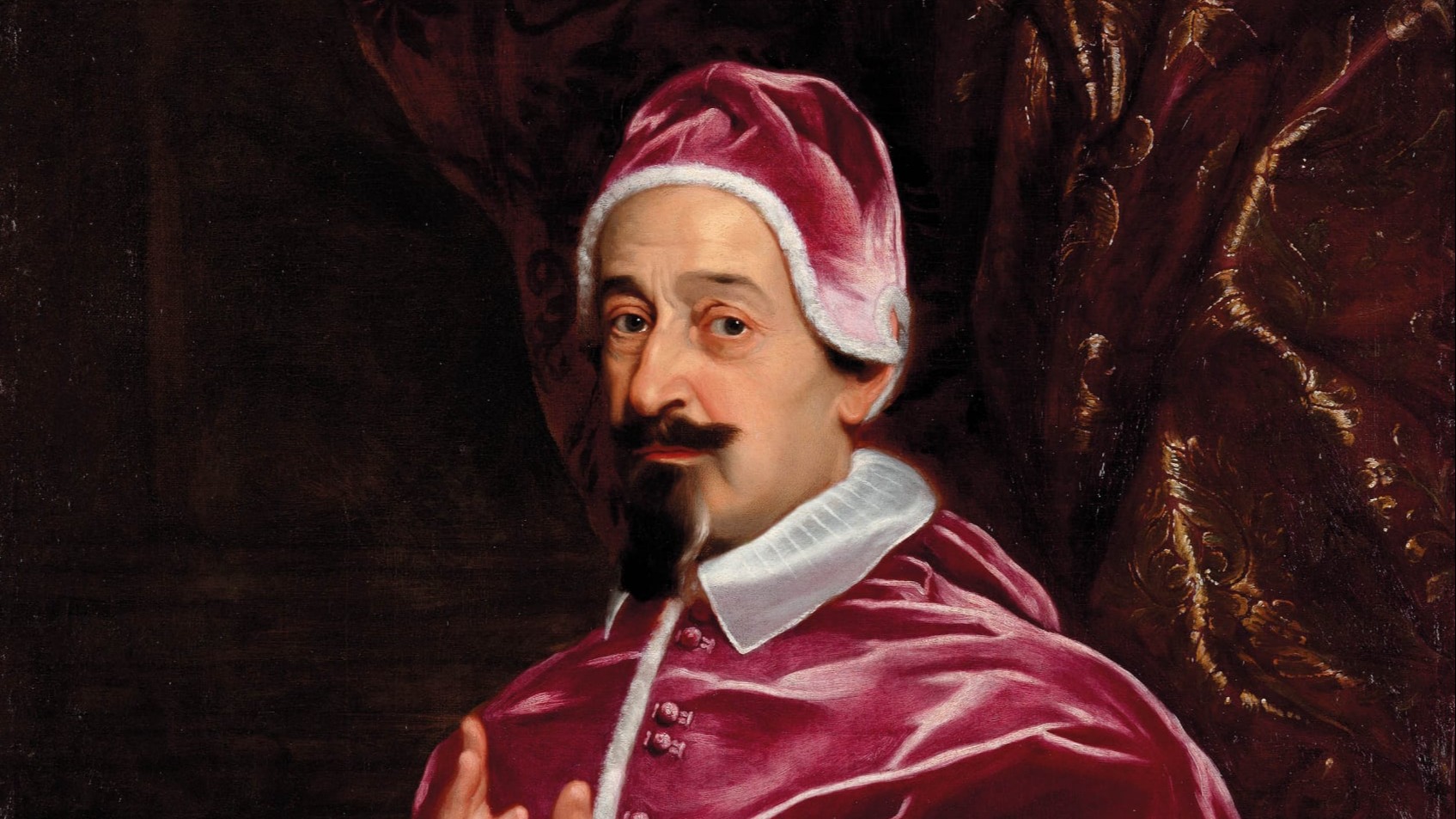
15 September 1644 – 7 January 1655
Innocent X
Subject and later the sovereign of the Papal States. The great-great-great-grandson of Alexander VI. Erected the Fontana dei Quattro Fiumi in Piazza Navona. Promulgated the apostolic constitution Cum occasione (1653) which condemned five doctrines of Jansenism as heresy.
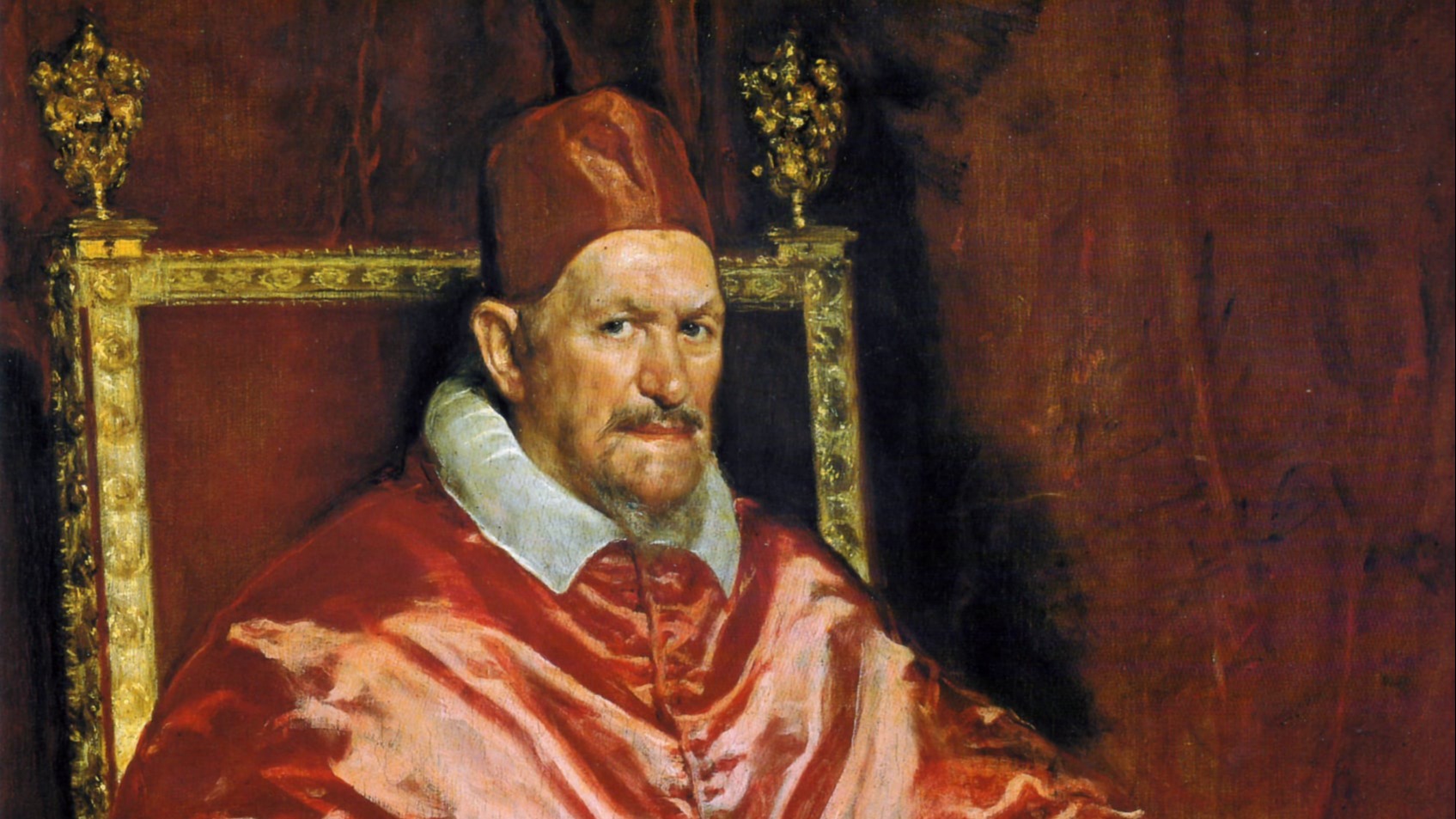
6 August 1623 – 29 July 1644
Urban VIII
Born as a subject of the Grand Duchy of Tuscany. Trial against Galileo Galilei. The last pope to expand papal territory by force of arms. Issued a 1624 bill that made the use of tobacco in holy places punishable by excommunication.
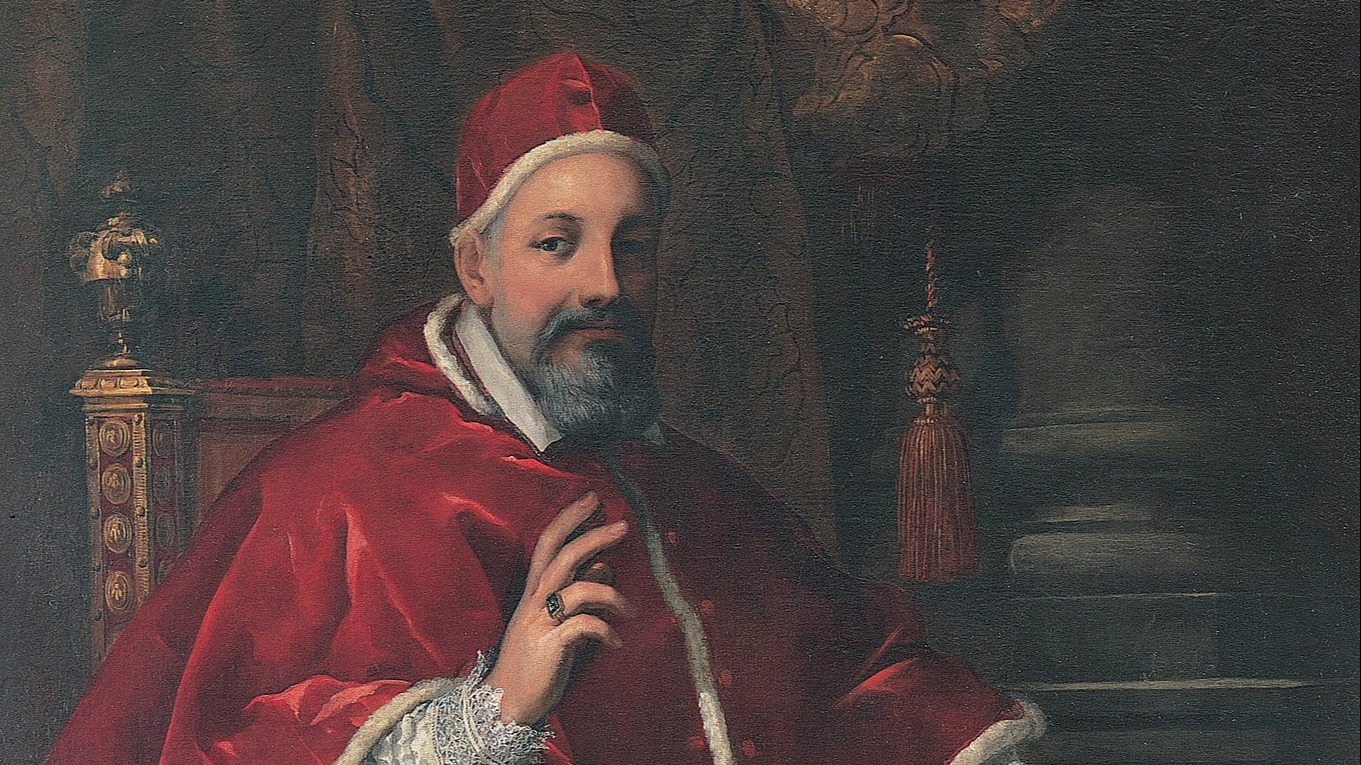
9 February 1621 – 8 July 1623
Gregory XV
Subject and later the sovereign of the Papal States. Established the Congregation for the Propagation of the Faith (1622). Issued the bull Aeterni Patris (1621) which imposed conclaves to be by secret ballot. Issued the constitution Omnipotentis Dei against magicians and witches (1623).
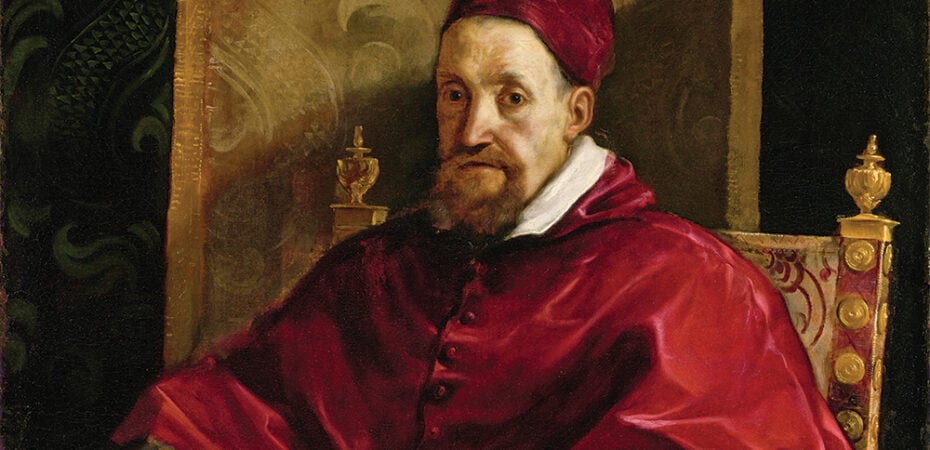
16 May 1605 – 28 January
Paul V
Subject and later the sovereign of the Papal States. Known for various building projects which included the facade of St Peter's Basilica. Established the Bank of the Holy Spirit (1605); restored the Aqua Traiana.
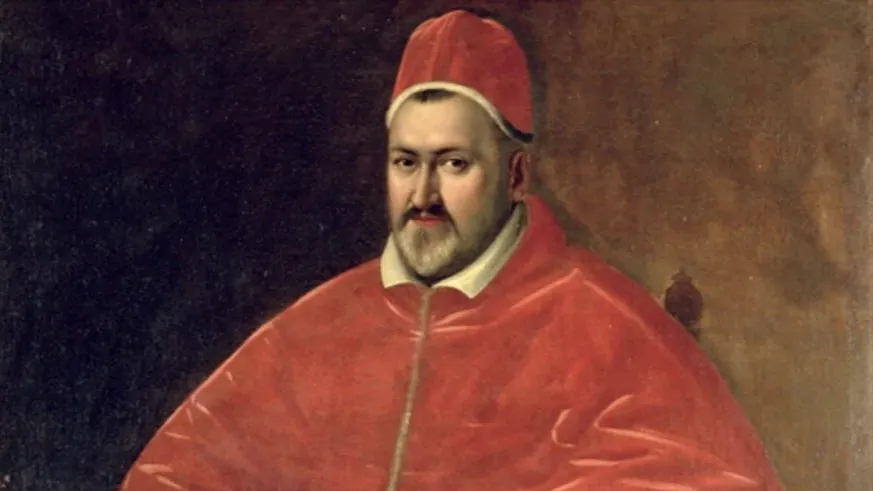
1 April 1605 – 27 April 1605
Leo XI
Born as a subject of the Duchy of Florence. The great-nephew of Leo X. Called "Papa Lampo" (Lightning Pope) for his brief pontificate.
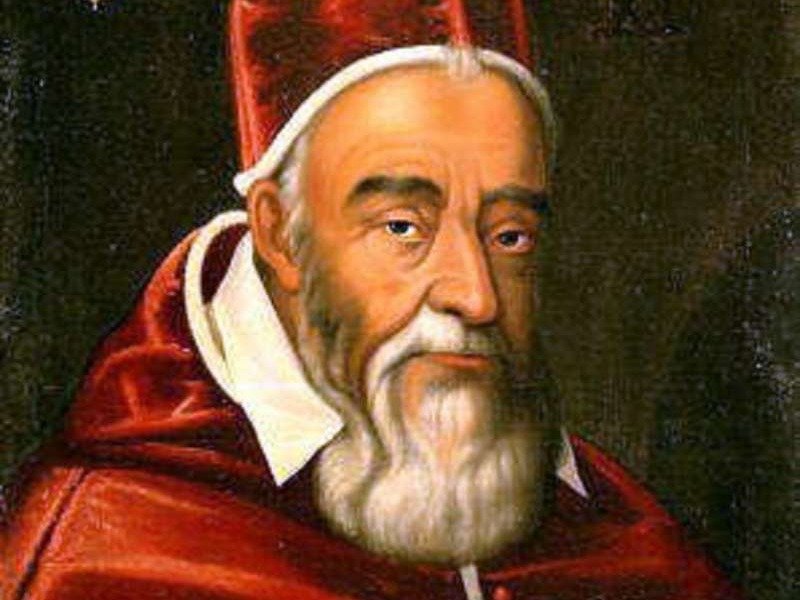
30 January 1592 – 3 March 1605
Clement VIII
Subject and later the sovereign of the Papal States. Initiated an alliance of European Christian powers to partake in the war with the Ottoman Empire known as The Long War (1595). Convened the Congregatio de Auxiliis which addressed doctrinal disputes between the Dominicans and Jesuits regarding free will and divine grace.
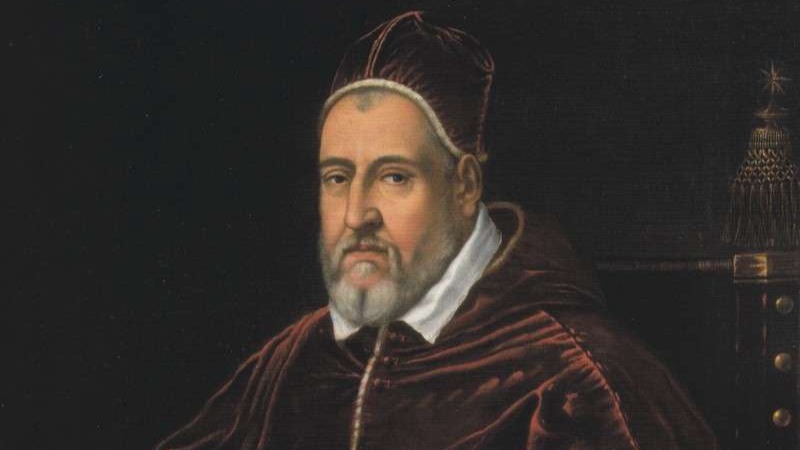
29 October 1591 – 30 December 1591
Innocent IX
Subject and later the sovereign of the Papal States. Supported the cause of King Philip II of Spain and the Catholic League against King Henry IV of France in the French Wars of Religion. Prohibited the alienation of church property.
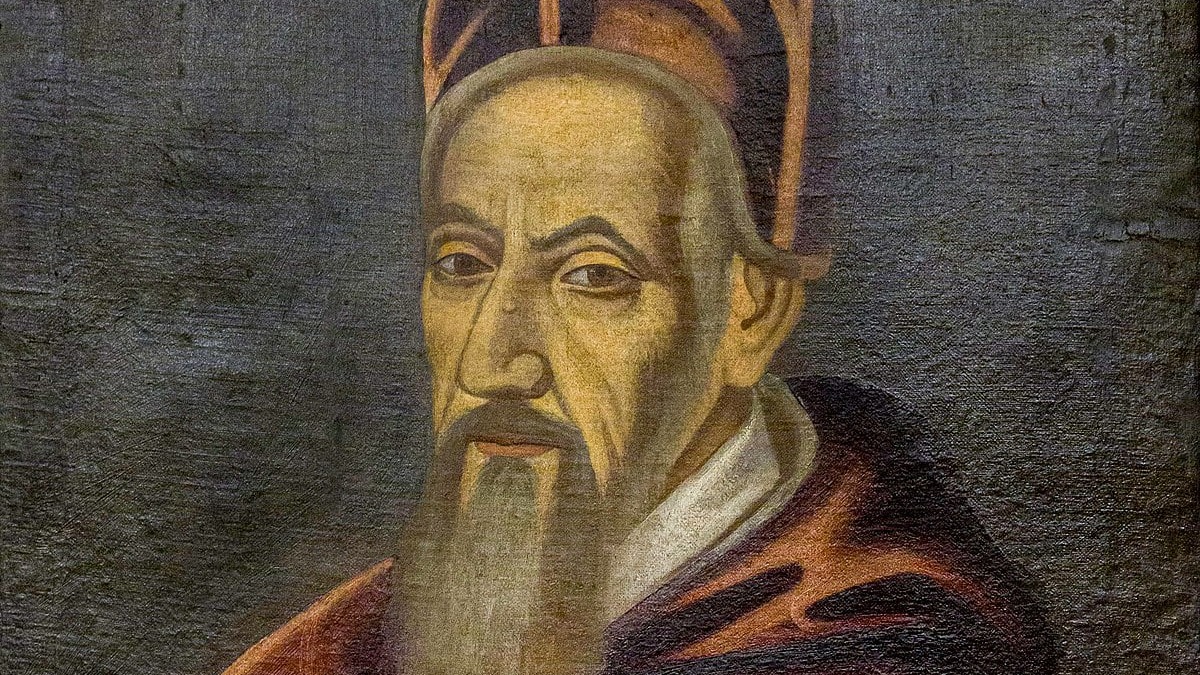
5 December 1590 – 16 October 1591
Gregory XIV
Born as a subject of the Duchy of Milan. Modified the constitution Effraenatam of Sixtus V so that the penalty for abortion did not apply until the foetus became animated (1591). Made gambling on papal elections punishable by excommunication.
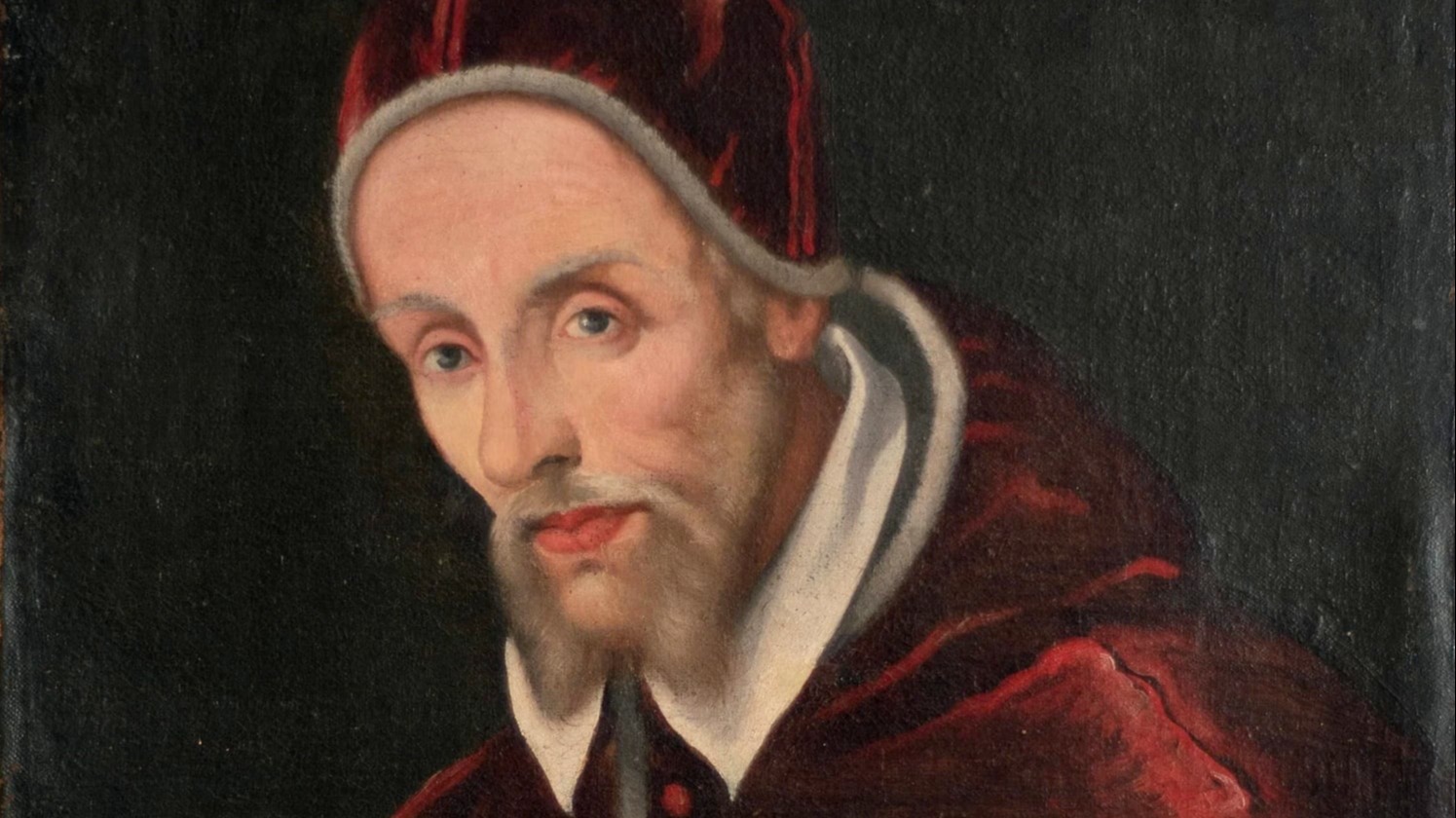
15 September 1590 – 27 September 1590
Urban VII
Subject and later the sovereign of the Papal States. Supported by the Spanish. Shortest-reigning pope; died before coronation. Set the first known worldwide smoking ban, banning smoking in and near all churches.
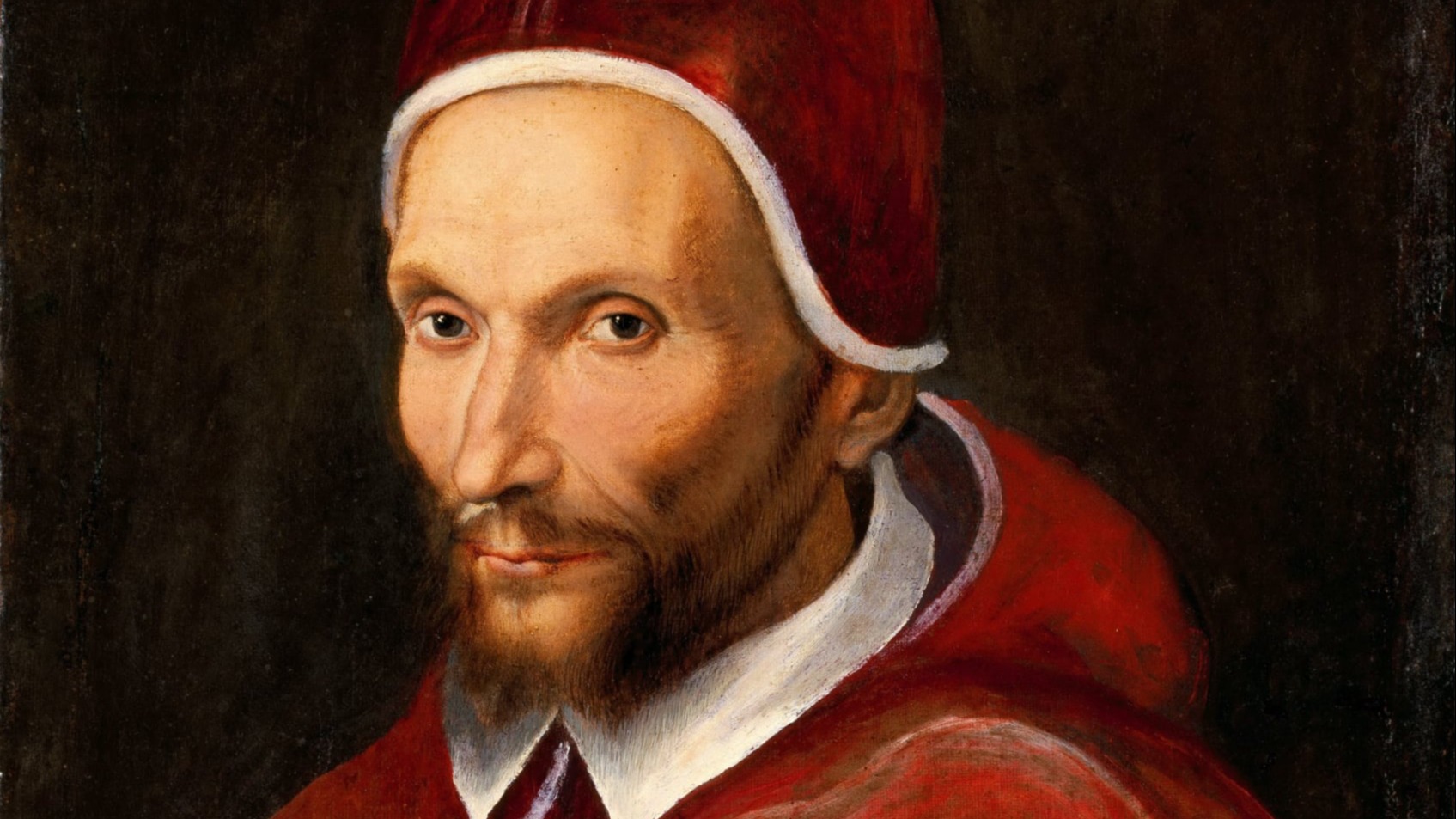
24 April 1585 – 27 August 1590
Sixtus V
Subject and later the sovereign of the Papal States. Member of the Conventual Franciscan Order. Known for fixing and completing building works to major basilicas in Rome. Limited the College of Cardinals to 70 in number; doubled the number of curial congregations.
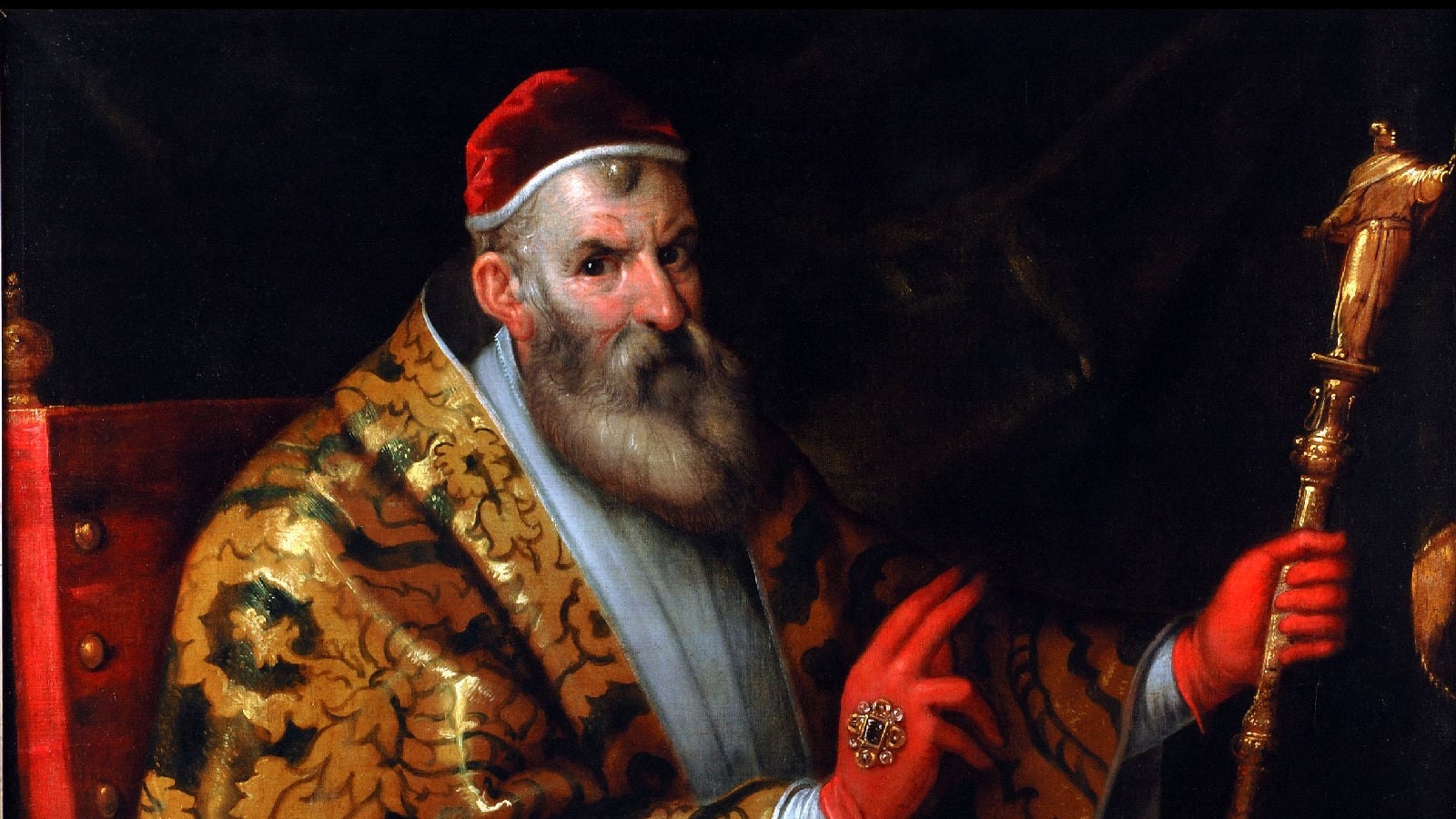
13 May 1572 – 10 April 1585
Gregory XIII
Subject and later the sovereign of the Papal States. Reformed the calendar (1582); built the Gregorian Chapel in the Vatican. The first pope to bestow the Immaculate Conception as patroness to the Philippine Islands through the bull Ilius Fulti Præsido (1579). Strengthened diplomatic ties with Asian nations.
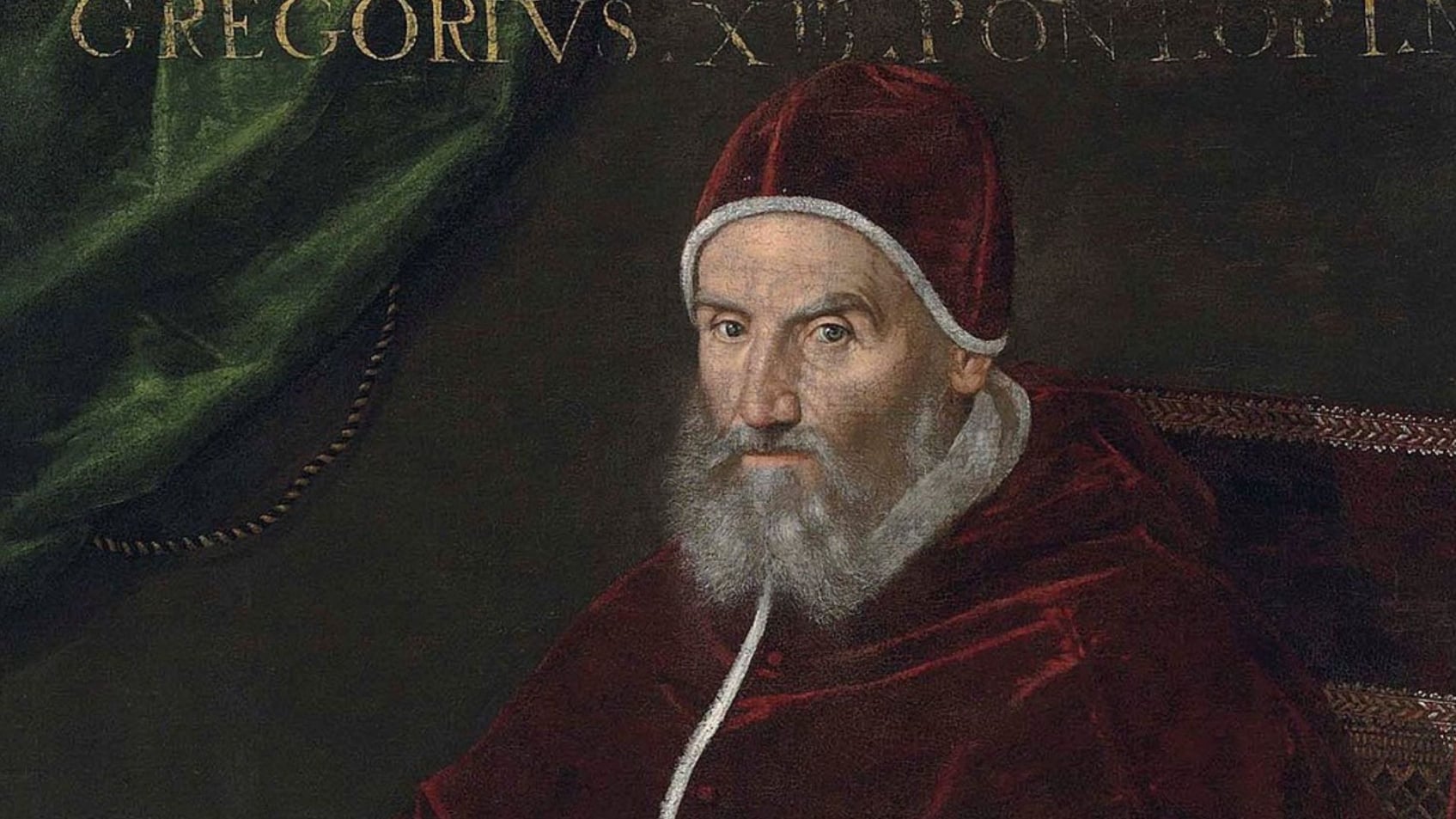
7 January 1566 – 1 May 1572
Pius V
Born as a subject of the Duchy of Milan. Member of the Dominican Order. Excommunicated Queen Elizabeth I of England (1570). Battle of Lepanto (1571); instituted the feast of Our Lady of Victory. Issued the 1570 Roman Missal.
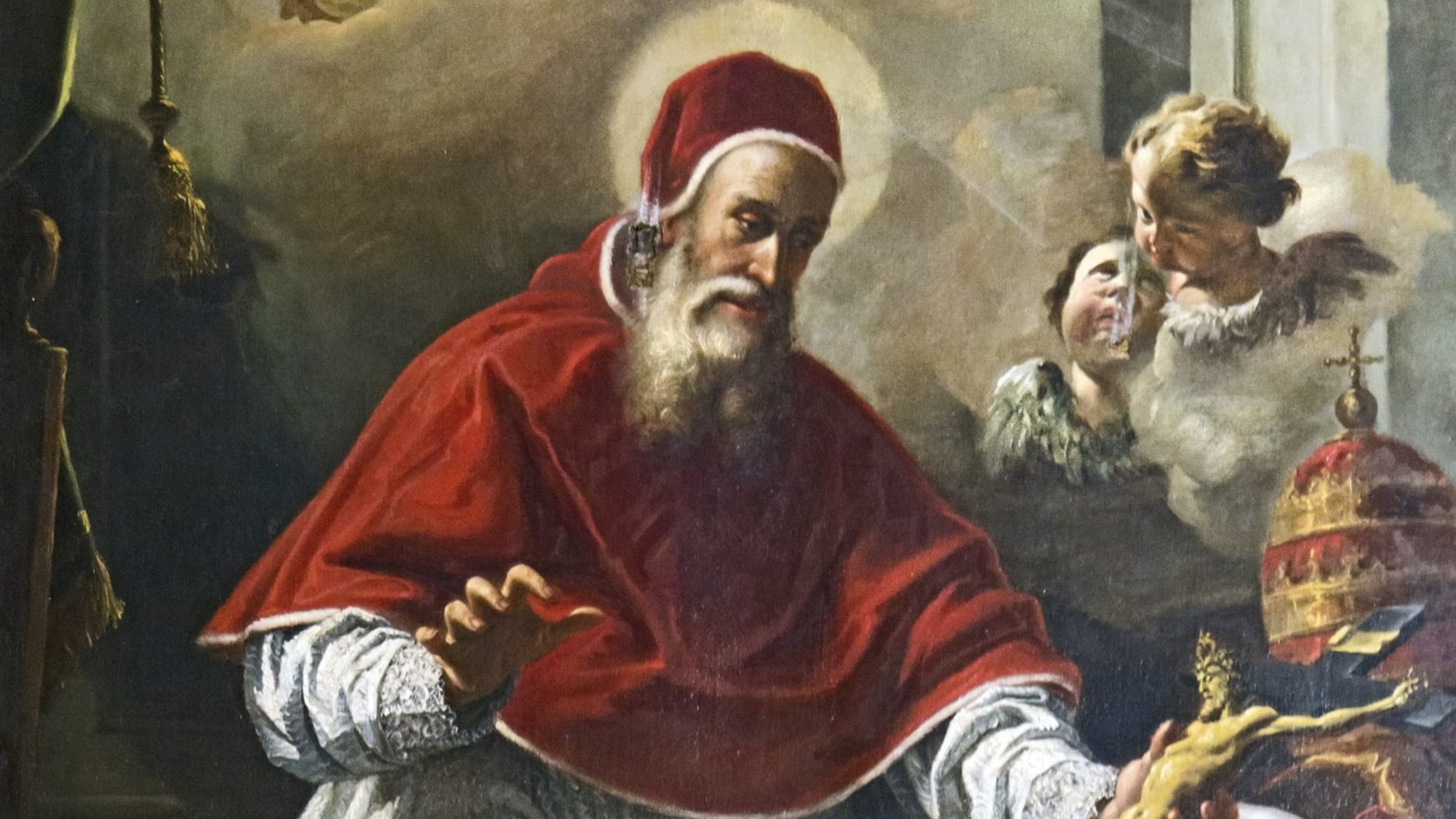
26 December 1559 – 9 December 1565
Pius IV
Born as a subject of the Duchy of Milan. Reopened and closed the Council of Trent. Ordered public construction to improve the water supply of Rome. Instituted the Tridentine Creed.
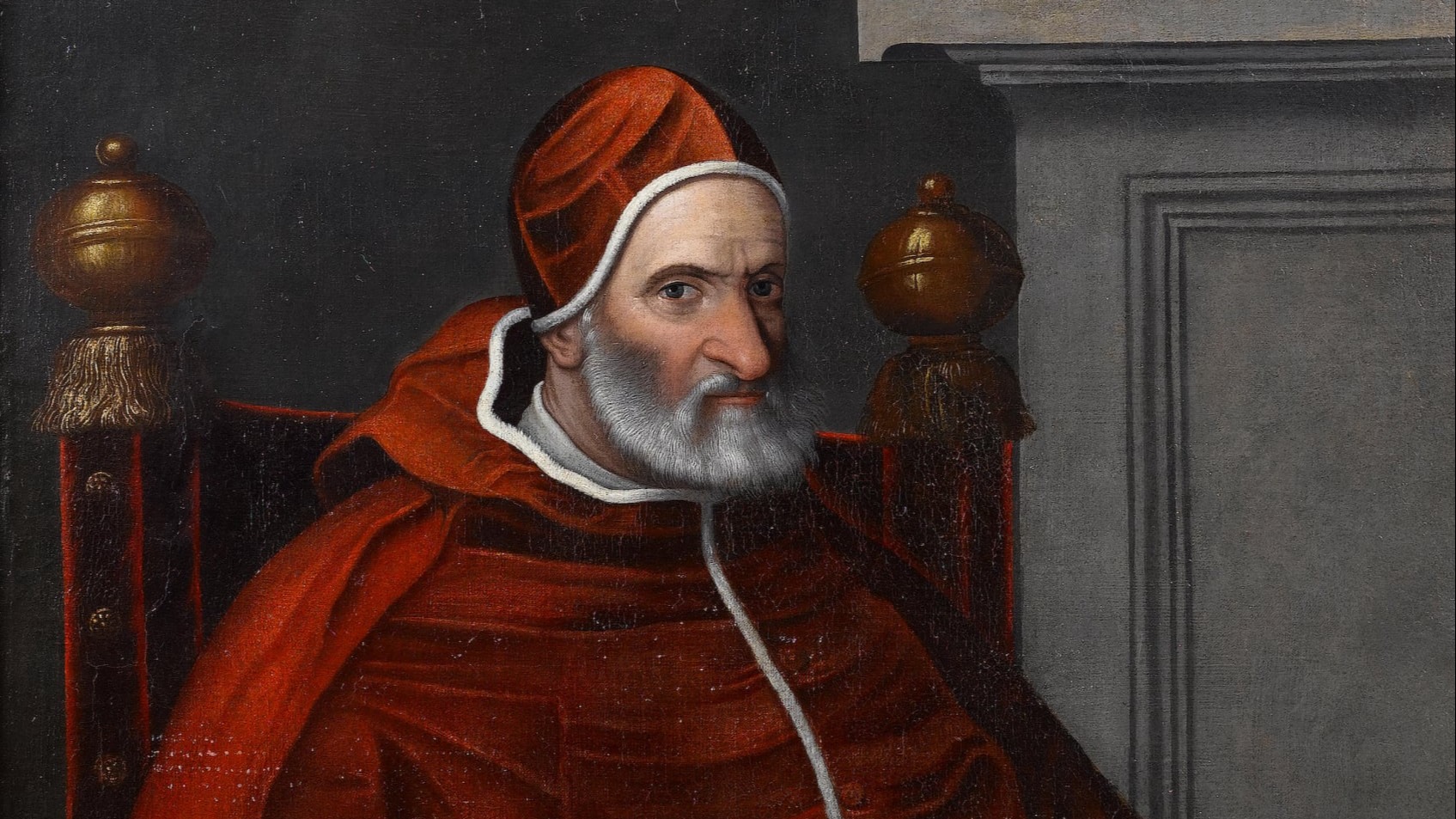
23 May 1555 – 18 August 1559
Paul IV
Born as a subject of the Kingdom of Naples. Member of the Theatines. Established the Roman Ghetto in Cum Nimis Absurdum (1555) and established the Index of Forbidden Books. Ordered Michelangelo to repaint the nudes of The Last Judgment modestly.
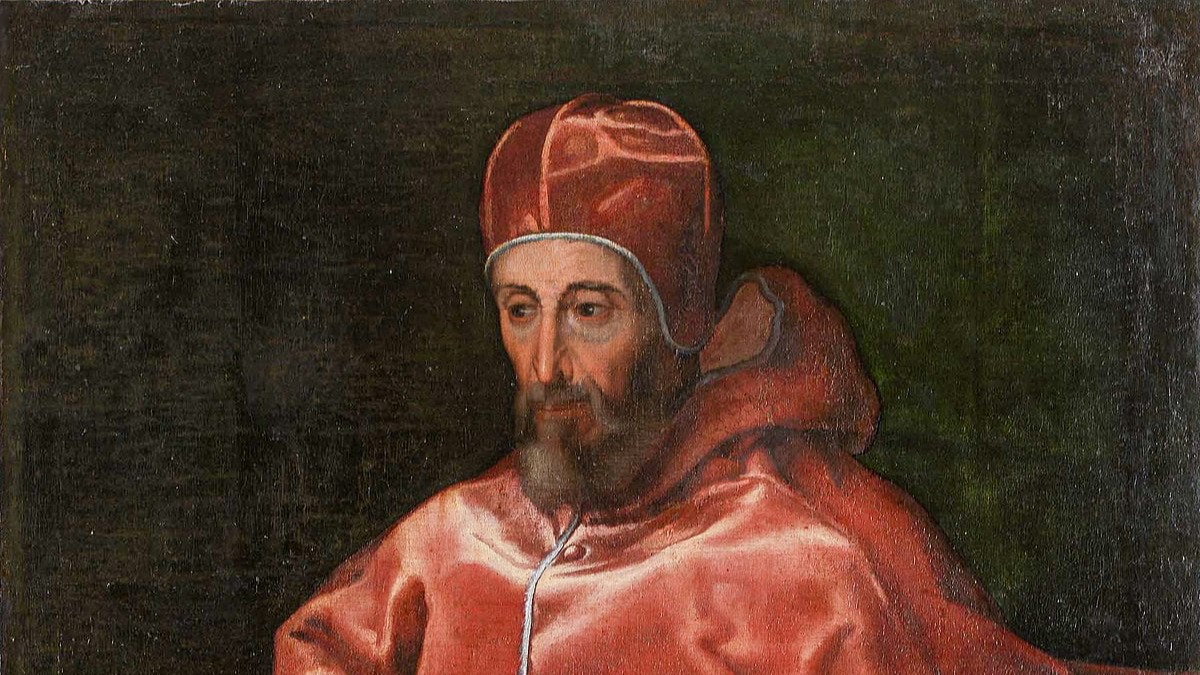
9 April 1555 – 1 May 1555
Marcellus II
Subject and later the sovereign of the Papal States. The last to use his birth name as the regnal name. Instituted immediate economies in Vatican expenditures. The Missa Papae Marcelli composed in his honour.
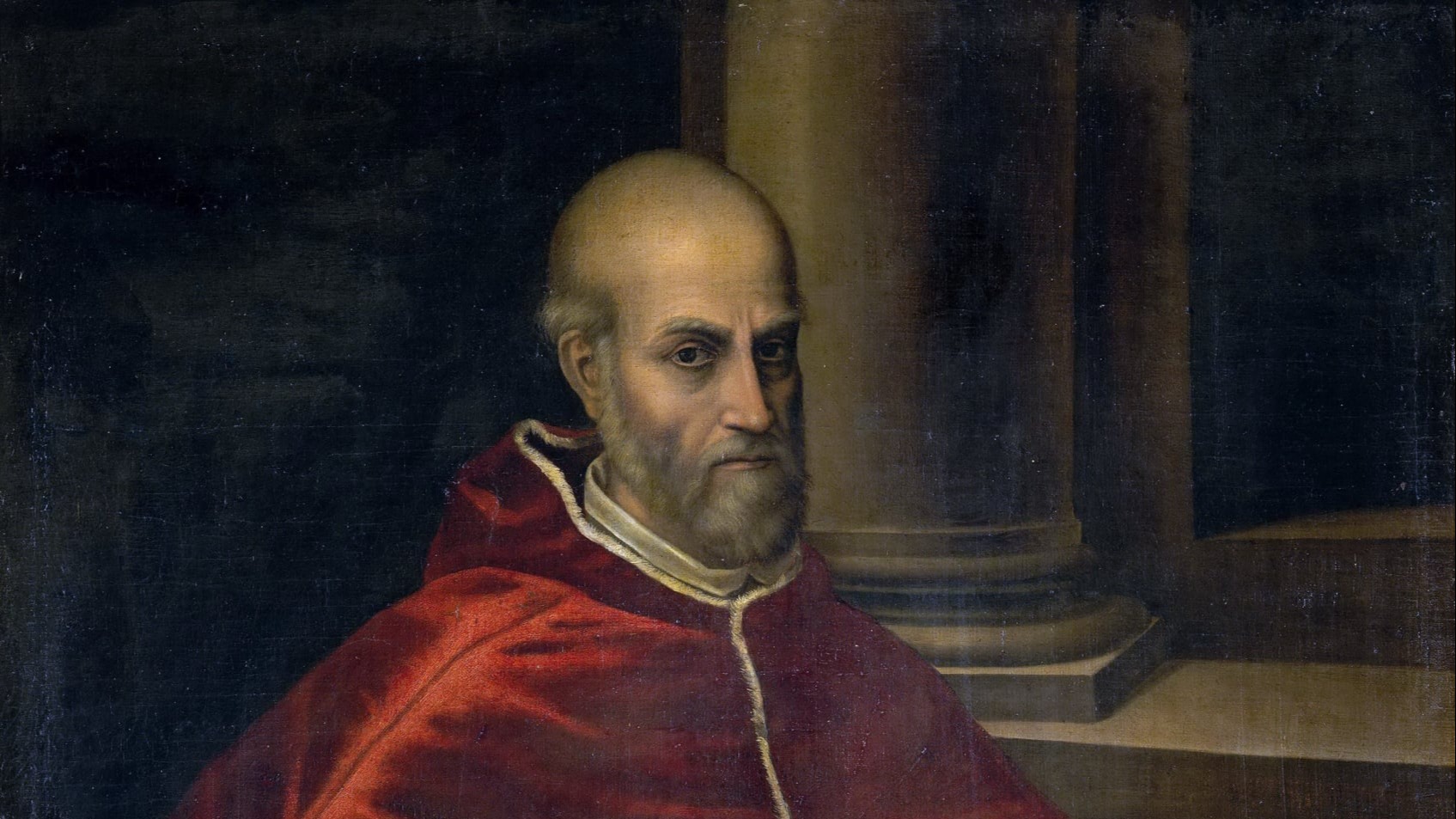
7 February 1550 – 29 March 1555
Julius III
Subject and later the sovereign of the Papal States. Established the Collegium Germanicum (1552). Reconvened the Council of Trent. The Innocenzo Scandal.
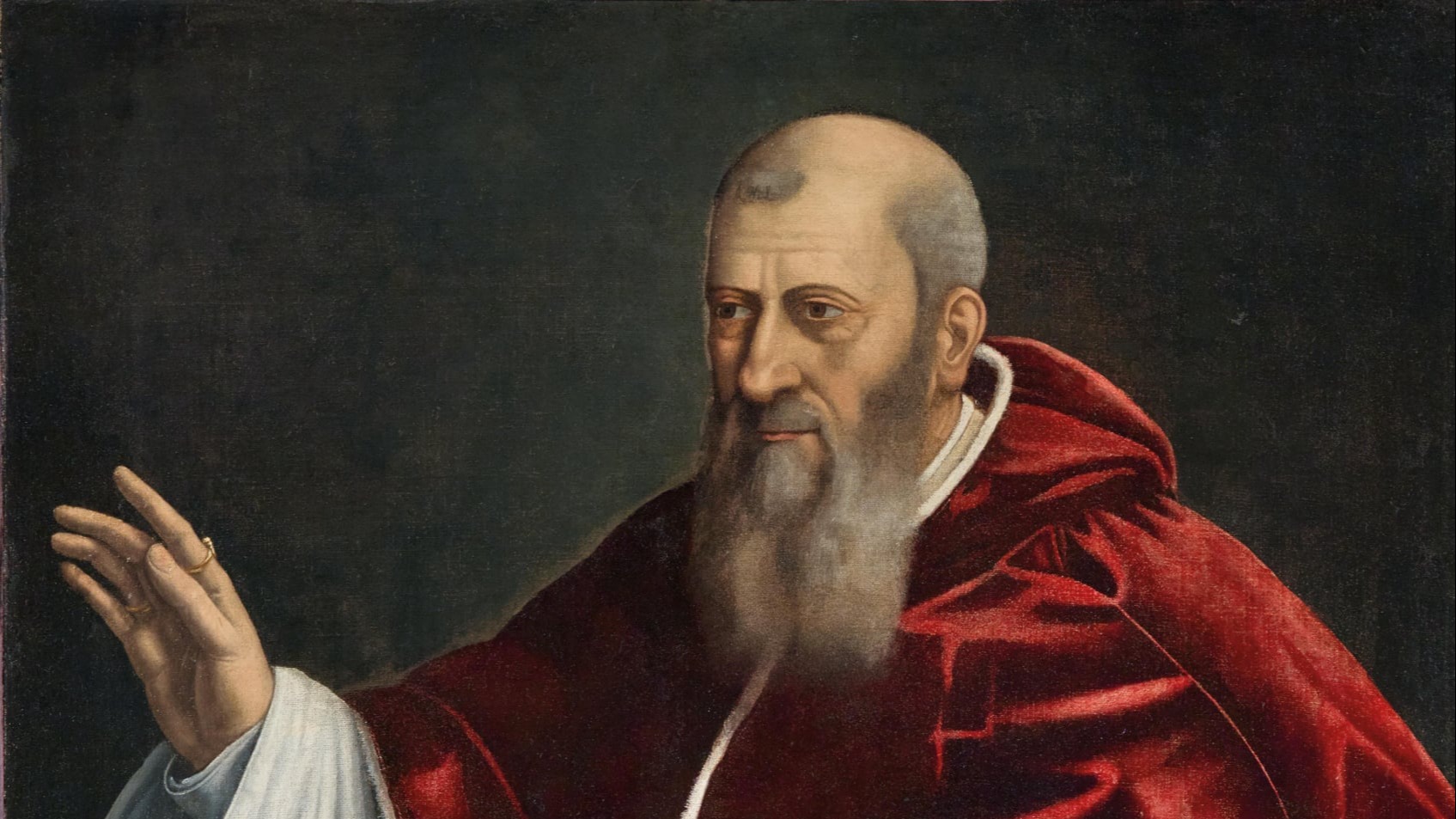
13 October 1534 – 10 November 1549
Paul III
Subject and later the sovereign of the Papal States. Opened the Council of Trent (1545). His illegitimate son became the first duke of Parma. Decreed the second and final excommunication of King Henry VIII of England. Appointed Michelangelo to supervise construction of St. Peter's Basilica (1546). Recognized the Order of the Society of Jesus (Jesuits).
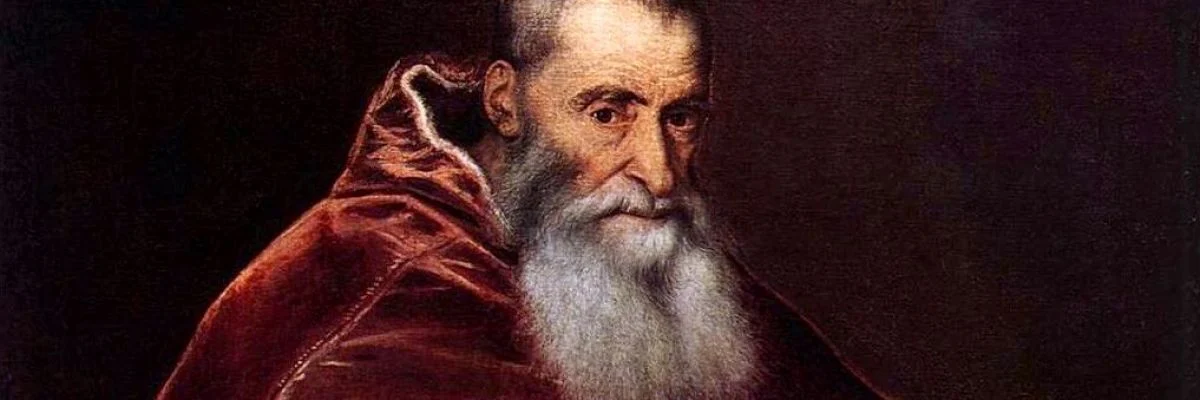
26 November 1523 – 25 September 1534
Clement VII
Citizen of the Republic of Florence. Cousin of Leo X. Rome sacked by imperial troops (1527). Forbade the divorce of Henry VIII; crowned Charles V as emperor at Bologna (1530). Commissioned Michelangelo's painting of The Last Judgment in the Sistine Chapel (1533). Approved Copernicus' heliocentric universe theory (1533). However Copernicus made very few astronomical observations and based his new model squarely on his mathematical calculations. Natural philosophers of that time (professionals who began to be called scientists only in the 19th century) noted that if the earth rotated there would be observable Coriolis effects. Secondly, a revolving earth would imply a stellar parallax. Given that neither of these effects were observed at the time (would be observed decades later) , Corpenico's model still did not proved heliocentrism.
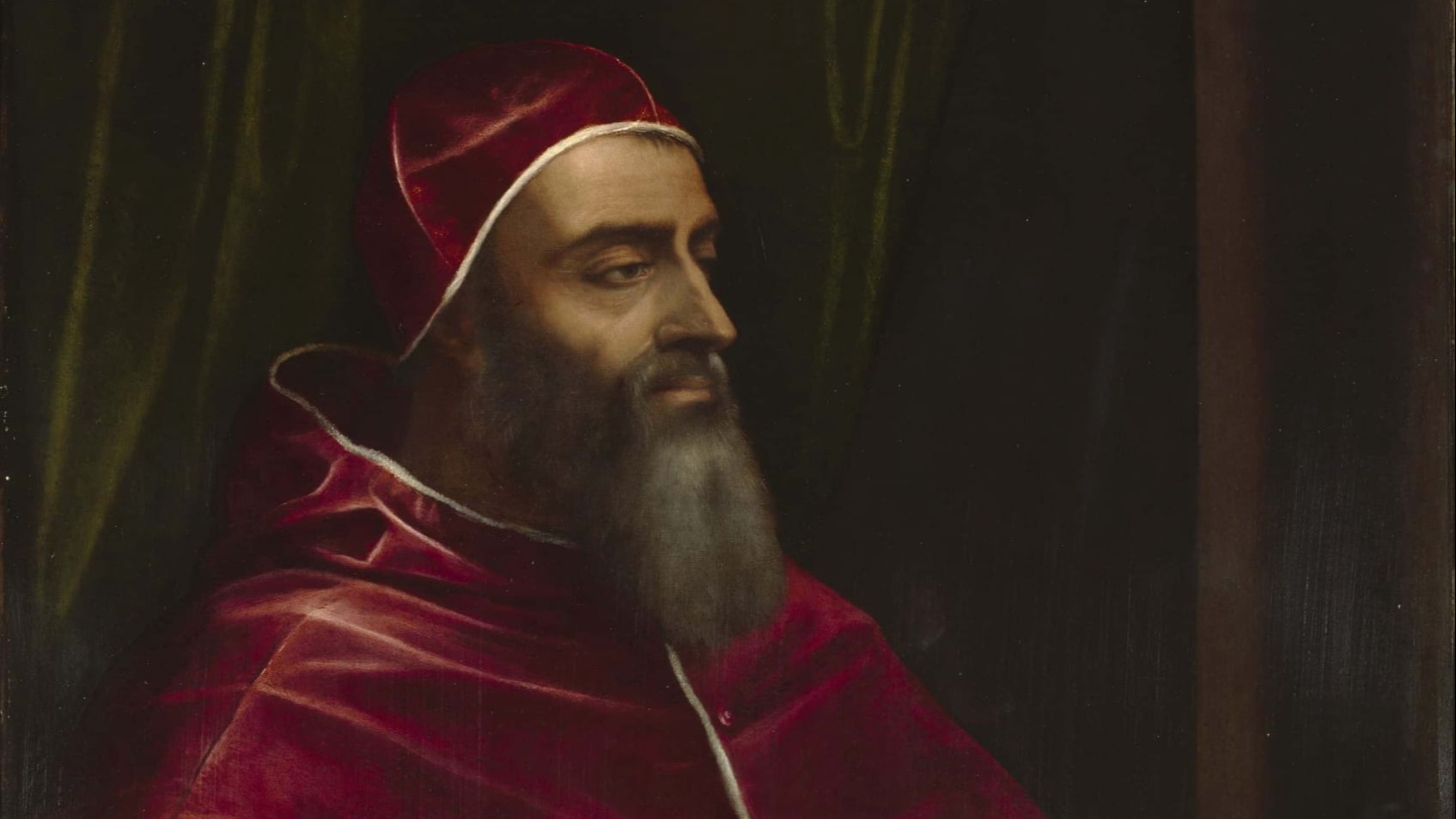
9 January 1522 – 14 September 1523
Adrian VI
Born as a subject of the Bishopric of Utrecht. The only Dutch pope; last non-Italian to be elected pope until John Paul II in 1978. Tutor of Emperor Charles V. Came to the papacy in the midst of one of its greatest crises, threatened not only by Lutheranism to the north but also by the advance of the Ottoman Turks to the east. He refused to compromise with Lutheranism theologically, demanding Luther's condemnation as a heretic. However, he is noted for having attempted to reform the Catholic Church administratively in response to the Protestant Reformation. Adrian's remarkable admission that the turmoil of the Church was the fault of the Roman Curia itself was read at the 1522–1523 Diet of Nuremberg.
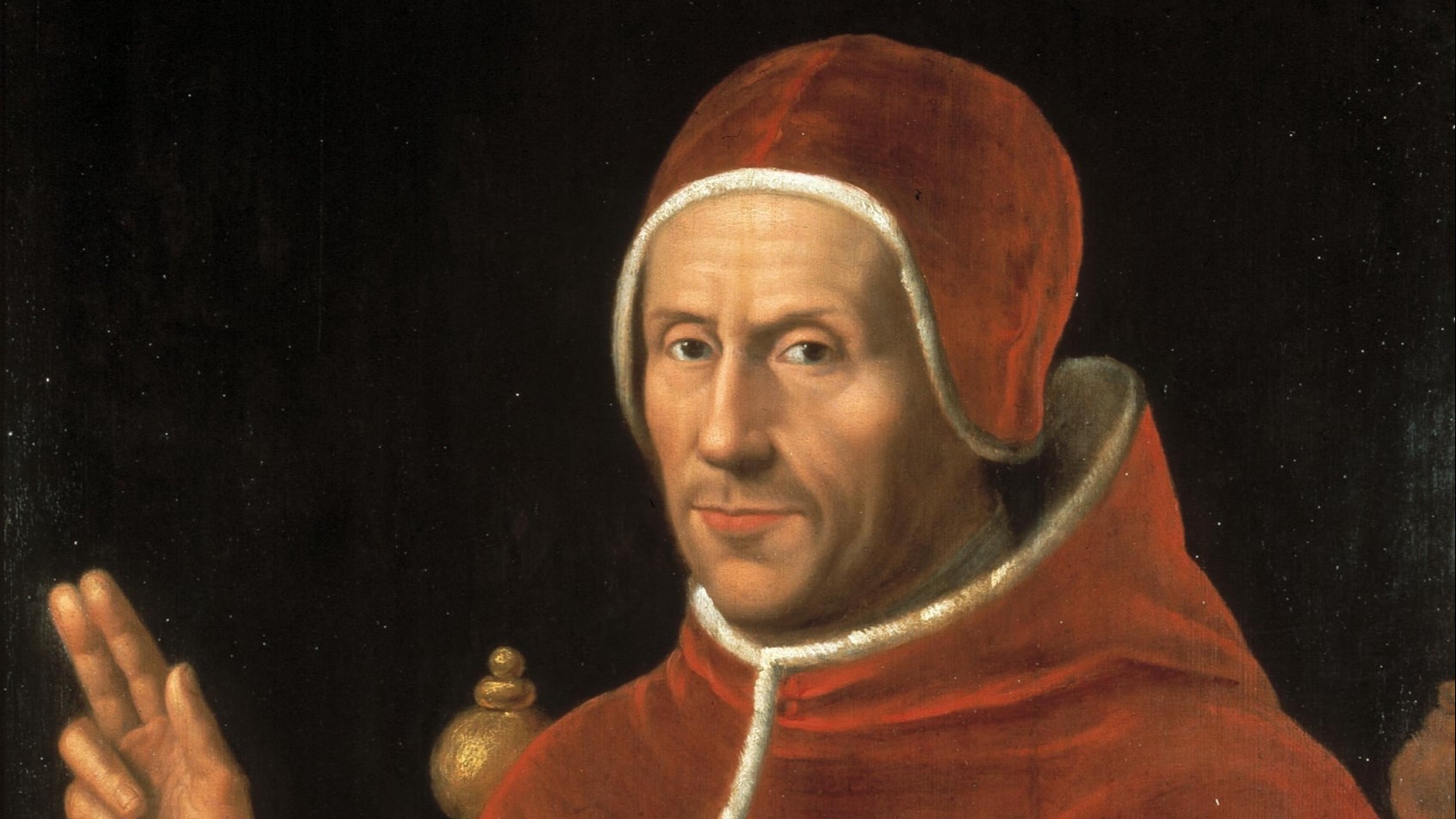
9 March 1513 – 1 December 1521
Leo X
Citizen of the Republic of Florence. Son of Lorenzo the Magnificent. Closed the Fifth Council of the Lateran. Remembered for granting indulgences to those who donated to rebuild St. Peter's Basilica; excommunicated Martin Luther (1521). Extended the Spanish Inquisition into Portugal. Borrowed and spent money without circumspection and was a significant patron of the arts. Under his reign, progress was made on the rebuilding of St. Peter's Basilica and artists such as Raphael decorated the Vatican rooms. Leo also reorganised the Roman University, and promoted the study of literature, poetry and antiquities. The last pope to not have been in priestly orders at the time of his election to the papacy.
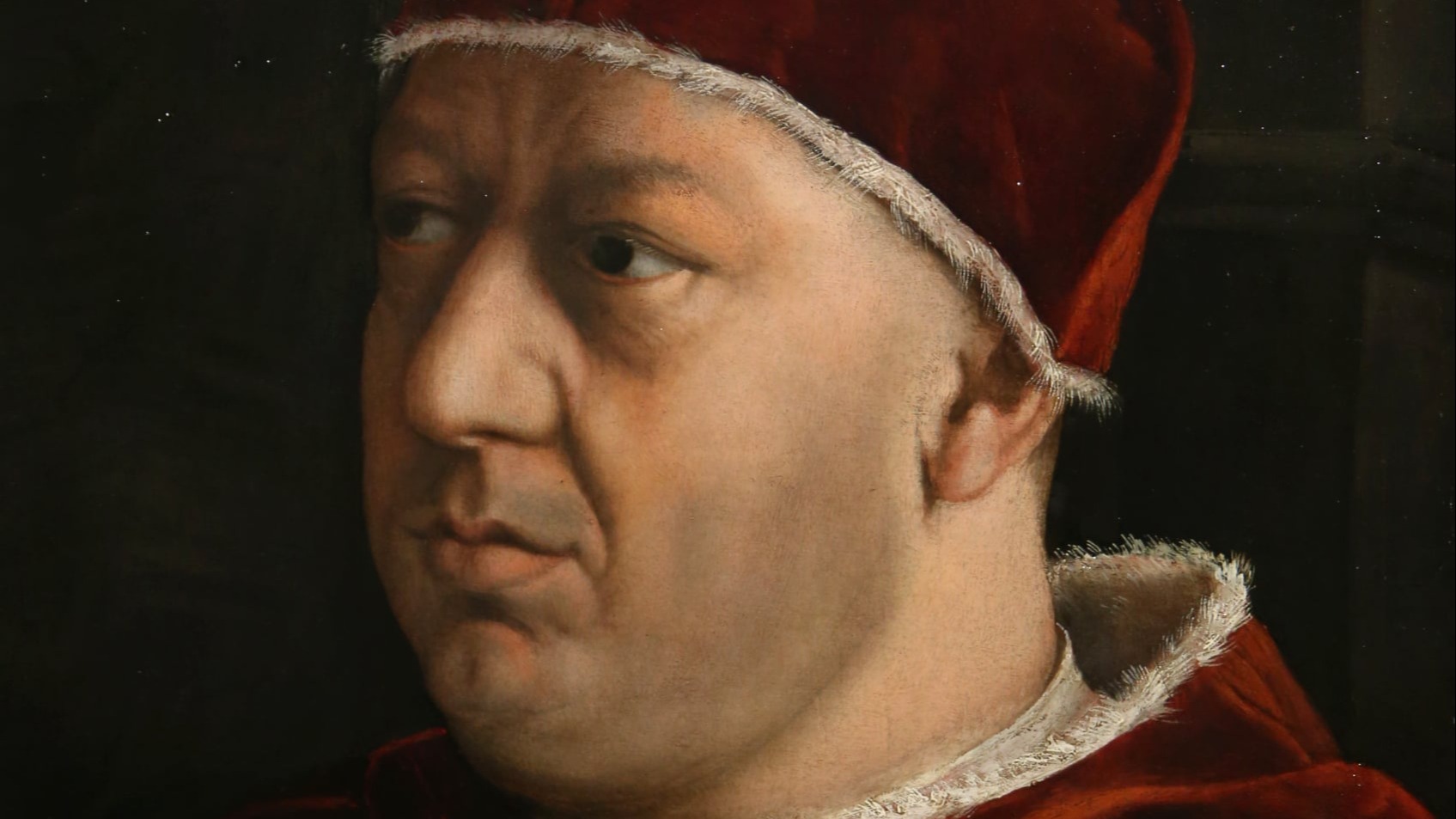
31 October 1503 – 21 February 1513
Julius II
Born as a citizen of the Republic of Genoa. Nicknamed the 'Warrior Pope' or the 'Fearsome Pope'. Nephew of Sixtus IV; convened the Fifth Council of the Lateran (1512). Took control of all the Papal States for the first time. Became Pope in the context of the Italian Wars, a period in which the major powers of Europe fought for primacy in the Italian peninsula. Established the Vatican Museums and initiated the rebuilding of the St. Peter's Basilica. The same year he organized the famous Swiss Guard for his personal protection and commanded a successful campaign in Romagna against local lords. The interests of Julius II lay also in the New World as he ratified the Treaty of Tordesillas, establishing the first bishoprics in the Americas and beginning the catholicization of Latin America. In 1508, he commissioned the Raphael Rooms and Michelangelo's paintings in the Sistine Chapel.
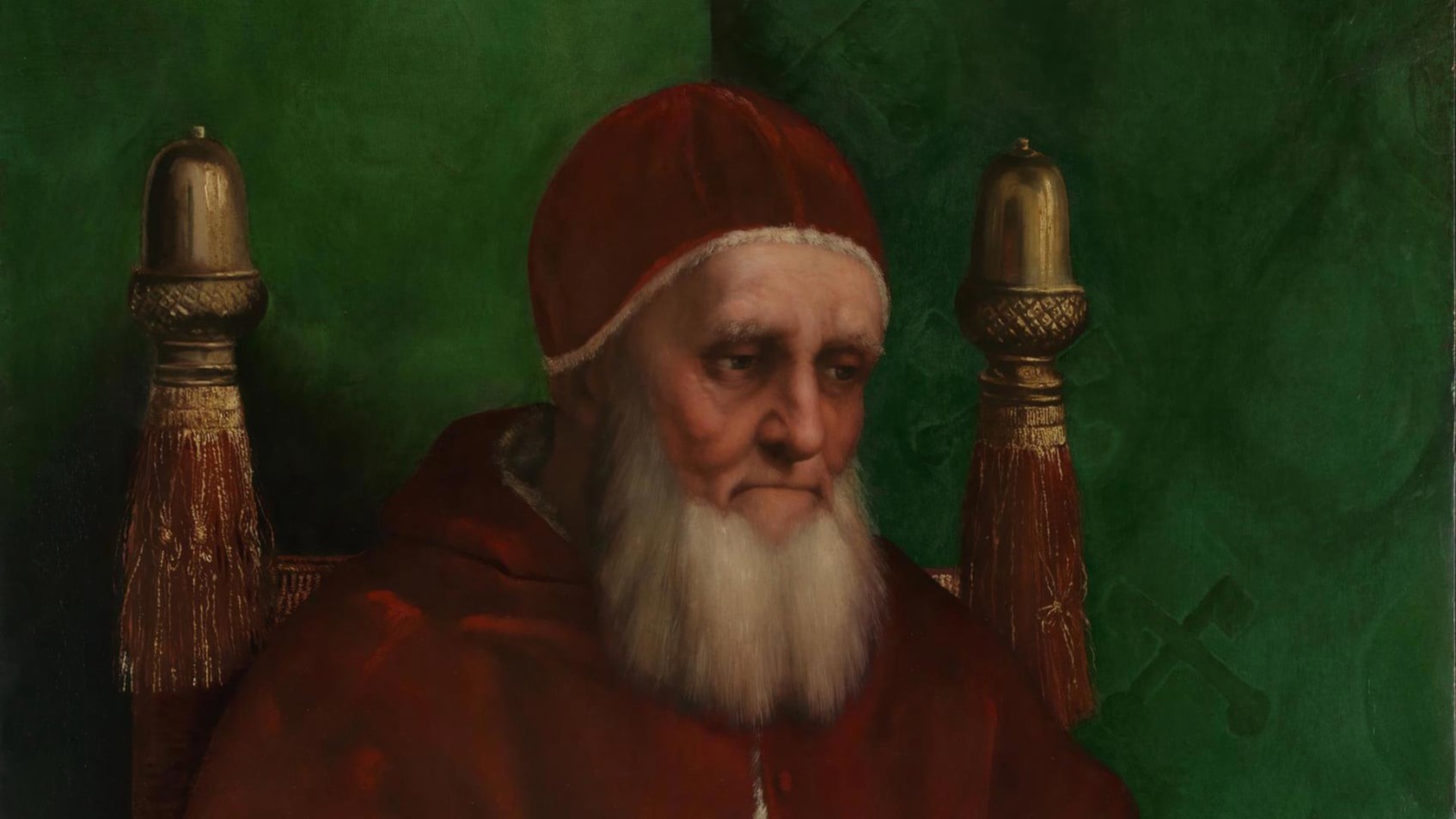
22 September 1503 – 18 October 1503
Pius III
Born as a citizen of the Republic of Siena. Nephew of Pius II. Founded the Piccolomini Library in the Siena Cathedral.
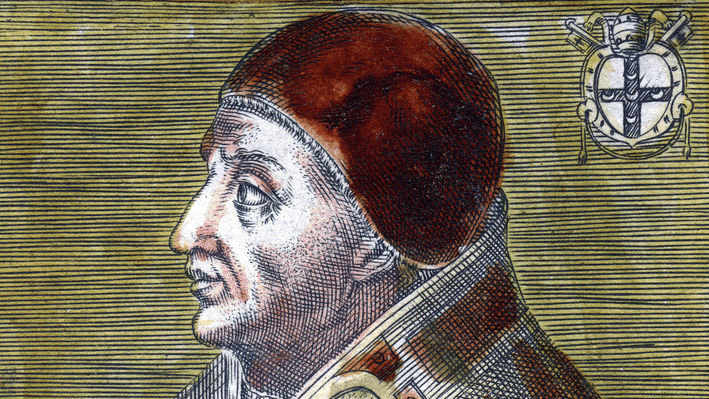
11 August 1492 – 18 August 1503
Alexander VI
Born as a subject of the Kingdom of Valencia (and therefore subject to the monarch of the Crown of Aragon). Spanish (Valencian); Nephew of Callixtus III; father to Cesare Borgia and Lucrezia Borgia. Divided the extra-European world between Spain and Portugal in the bull Inter caetera (1493). Considered one of the most controversial of the Renaissance popes, partly because he acknowledged fathering several children by his mistresses. As a result, his Italianized Valencian surname, Borgia, became a byword for libertinism and nepotism, which are traditionally considered as characterizing his pontificate
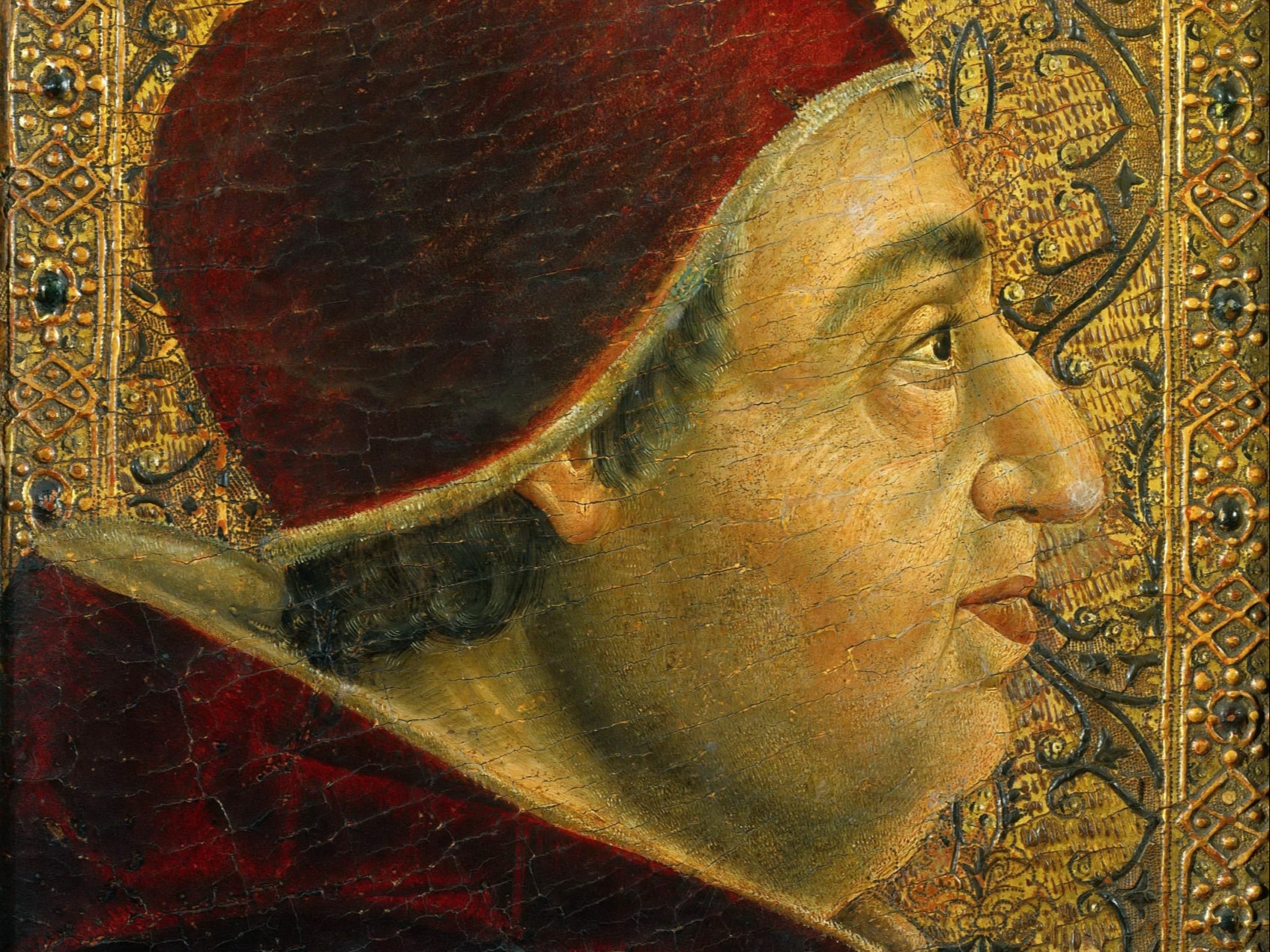
29 August 1484 – 25 July 1492
Innocent VIII
Citizen of the Republic of Genoa. Appointed Tomás de Torquemada. Endorsed the prosecution of witchcraft in the bull Summis desiderantes affectibus (1484).
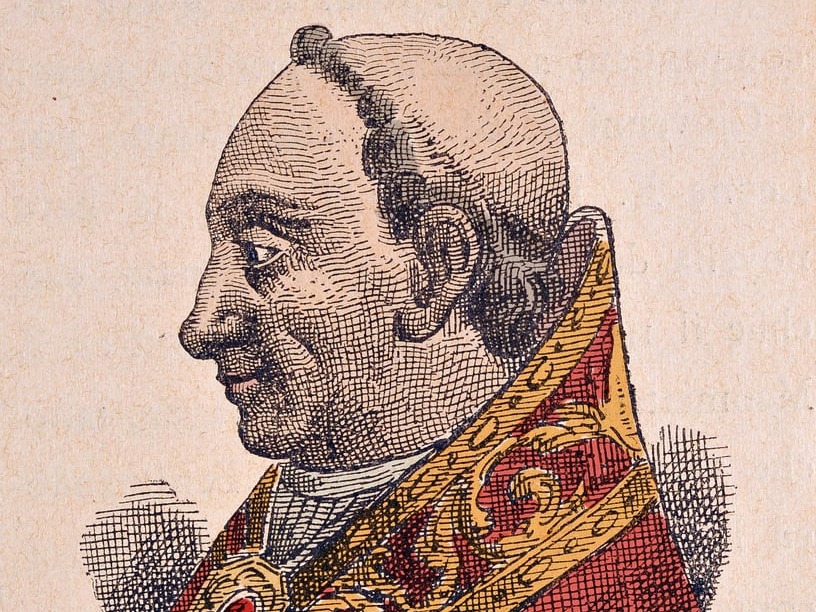
9 August 1471 – 12 August 1484
Sixtus IV
Citizen of the Republic of Genoa. Member of the Franciscan Order. Commissioned the Sistine Chapel and created the Vatican Archives. Authorized the Spanish Inquisition targeting converted Jewish Christians in Spain at the request of the Catholic Monarchs of Spain. A patron of the arts, he brought together the group of artists who ushered the Early Renaissance into Rome with the first masterpieces of the city's new artistic age. Noted for his nepotism and involved in the Pazzi conspiracy.
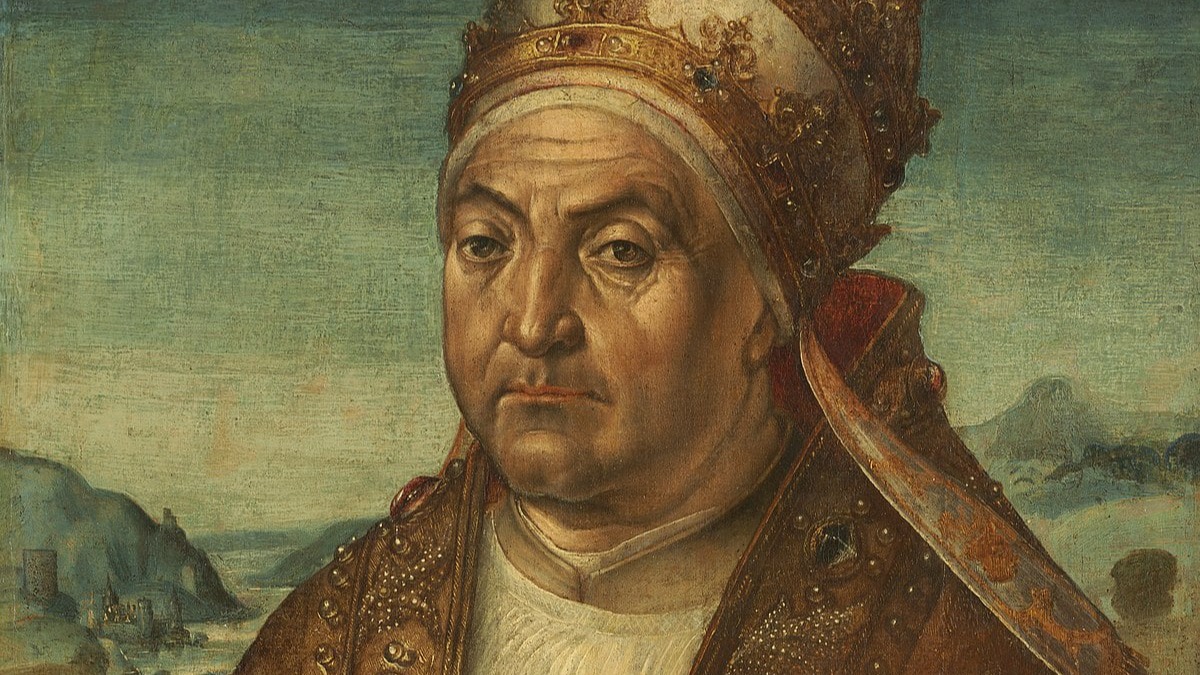
30 August 1464 – 26 July 1471
Paul II
Citizen of the Republic of Venice. The nephew of Eugene IV. Built the Palazzo San Marco (now Palazzo Venezia). Approved the introduction of printing in the Papal States.
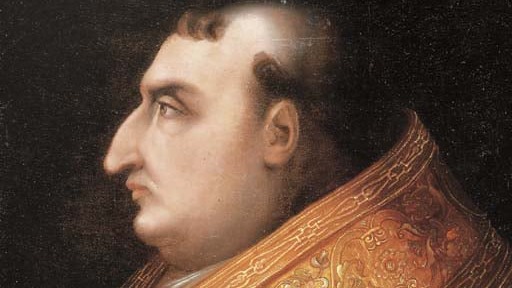
19 August 1458 – 15 August 1464
Pius II
Citizen of the Republic of Siena. Displayed a great interest in urban planning. Founded Pienza near Siena as the ideal city in 1462. Known for his work on the Commentaries.
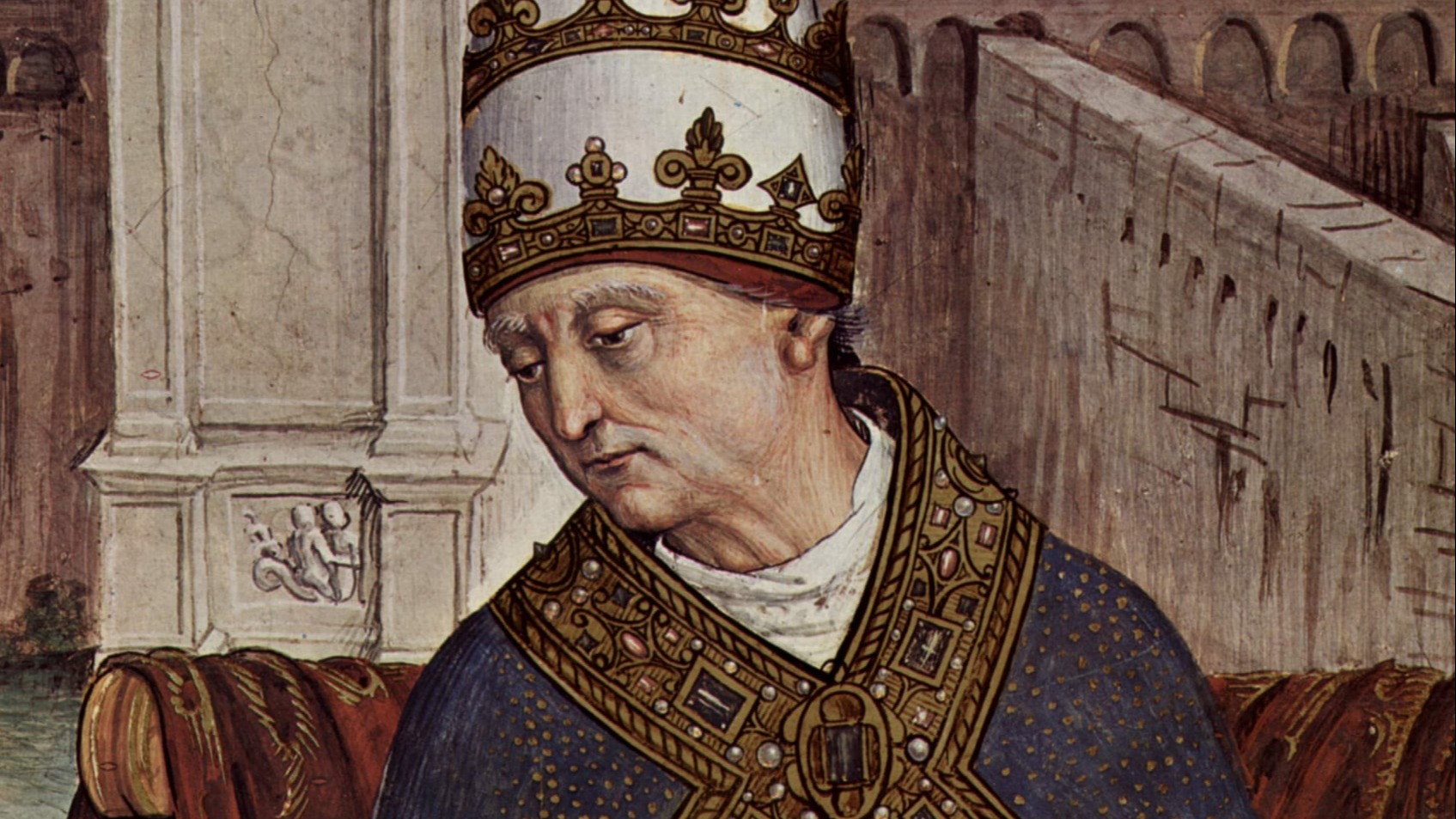
8 April 1455 – 6 August 1458
Callixtus III
Born as a subject of the Kingdom of Valencia (and therefore subject to the monarch of the Crown of Aragon). The first Spanish (Valencian) pope. Ordered the Feast of the Transfiguration to be celebrated on 6 August. Ordered the retrial of Joan of Arc, in which she was vindicated. Appointed two nephews as cardinals, one of whom became Pope Alexander VI.
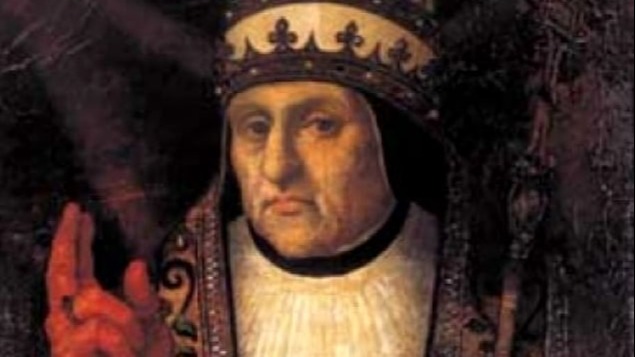
6 March 1447 – 24 March 1455
Nicholas V
Born as a citizen of the Republic of Genoa. Held the Jubilee of 1450. Crowned Emperor Frederick III at Rome (1452). Issued the bull Dum Diversas allowing Portugal's right to conquer and subjugate Saracens and pagans (1452). Created a library in the Vatican which would eventually become the Bibliotheca Apostolica Vaticana.
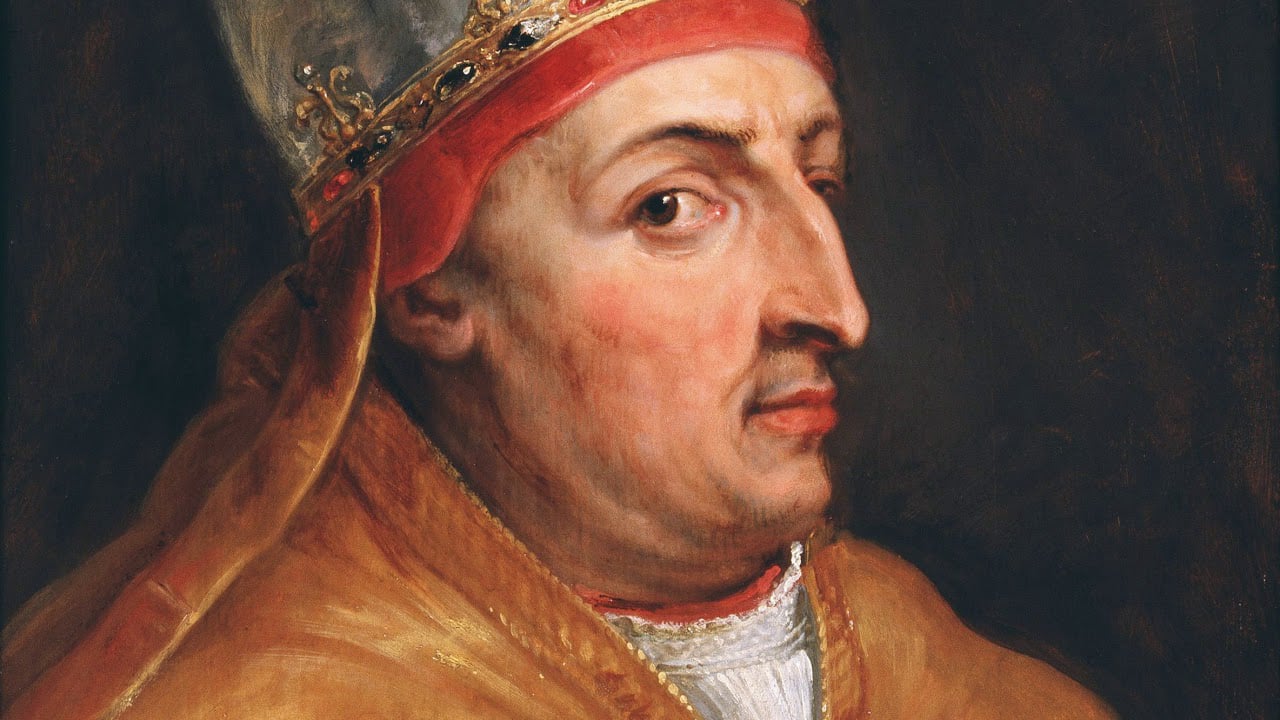
5 November 1439 – 7 April 1449
Felix V
Born as a subject of the Kingdom of France. In opposition to Eugene IV and Nicholas V. Also ruled as count of Savoy.
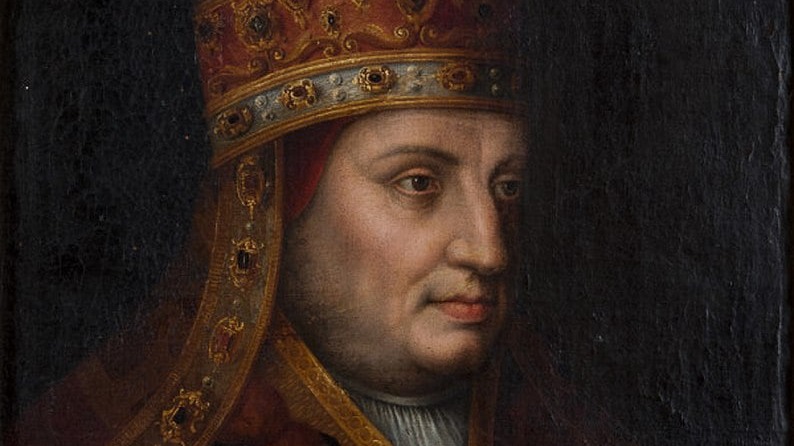
3 March 1431 – 23 February 1447
Eugene IV
Born as a citizen of the Republic of Venice. Member of the Augustinian Order. Nephew of Gregory XII. Crowned Emperor Sigismund at Rome in 1433. Transferred the Council of Basel to Ferrara. It was later transferred again, to Florence, because of the Bubonic plague. Issued the bull "Creator Omnium", rescinding any recognition of Portugal's right to conquer those islands, still pagan. He excommunicated anyone who enslaved newly converted Christians, the penalty to stand until the captives were restored to their liberty and possessions.

10 or 20 June 1423 – 26 July 1429
Clement VIII
Born as a subject of the Kingdom of Aragon. Western Schism. In opposition to Martin V.
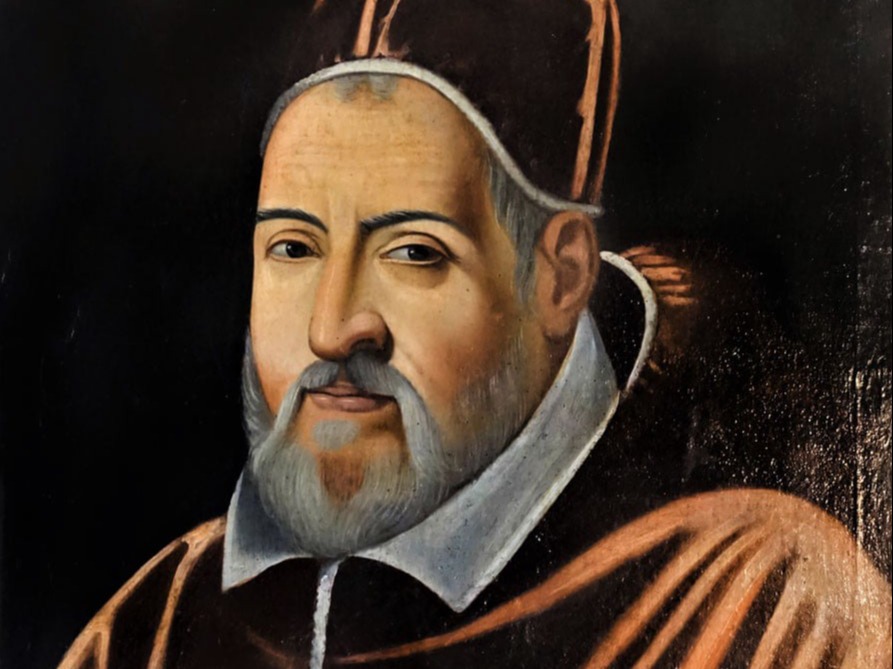
11 November 1417 – 20 February 1431
Martin V
Subject and later the sovereign of the Papal States. His election effectively ended the Western Schism (1378–1417). Convened the Council of Basel (1431). Initiated the Hussite Wars.
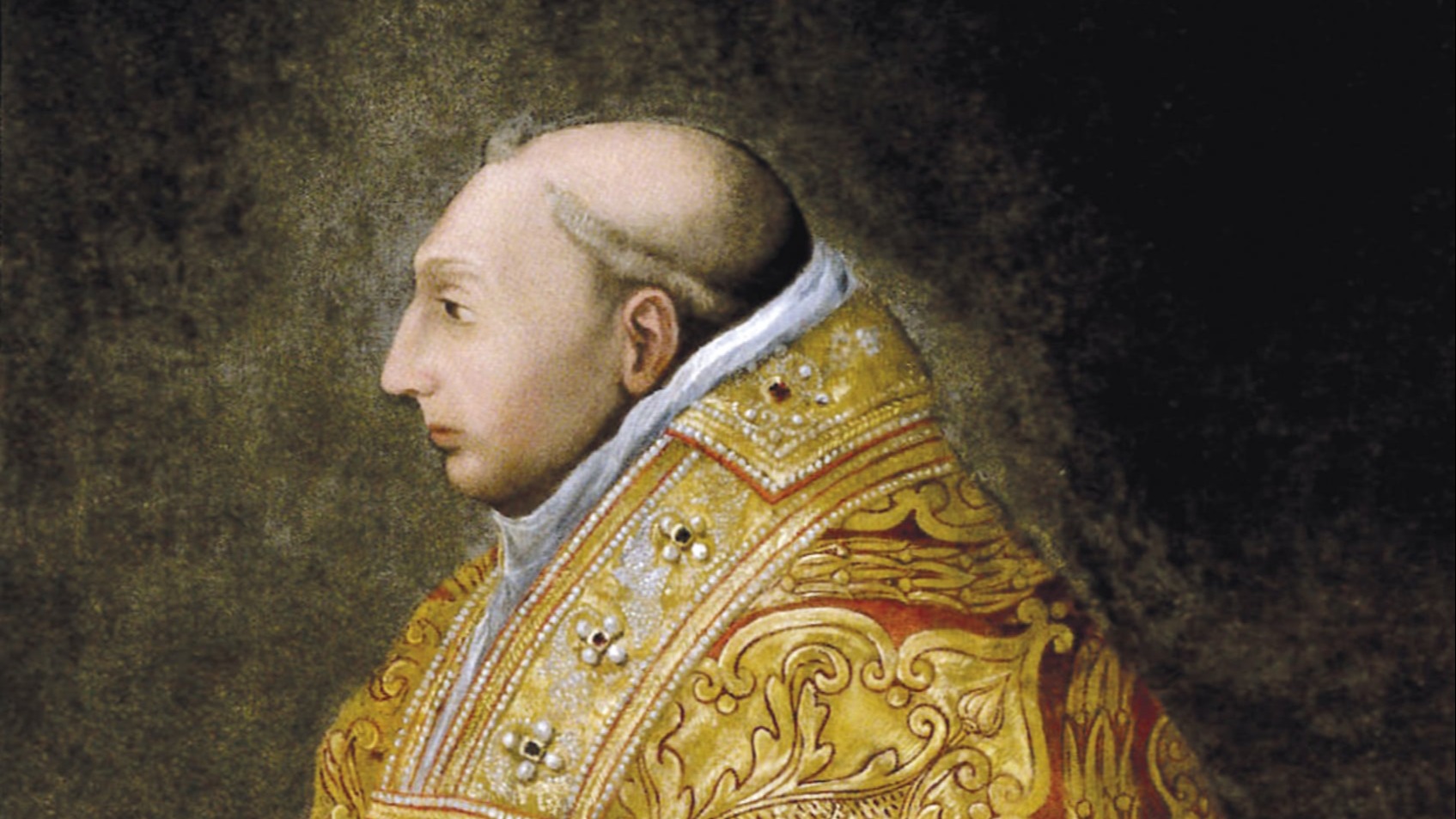
30 November 1406 – 4 July 1415
Gregory XII
Born as a citizen of the Republic of Venice. Reigned during the Western Schism. Abdicated.
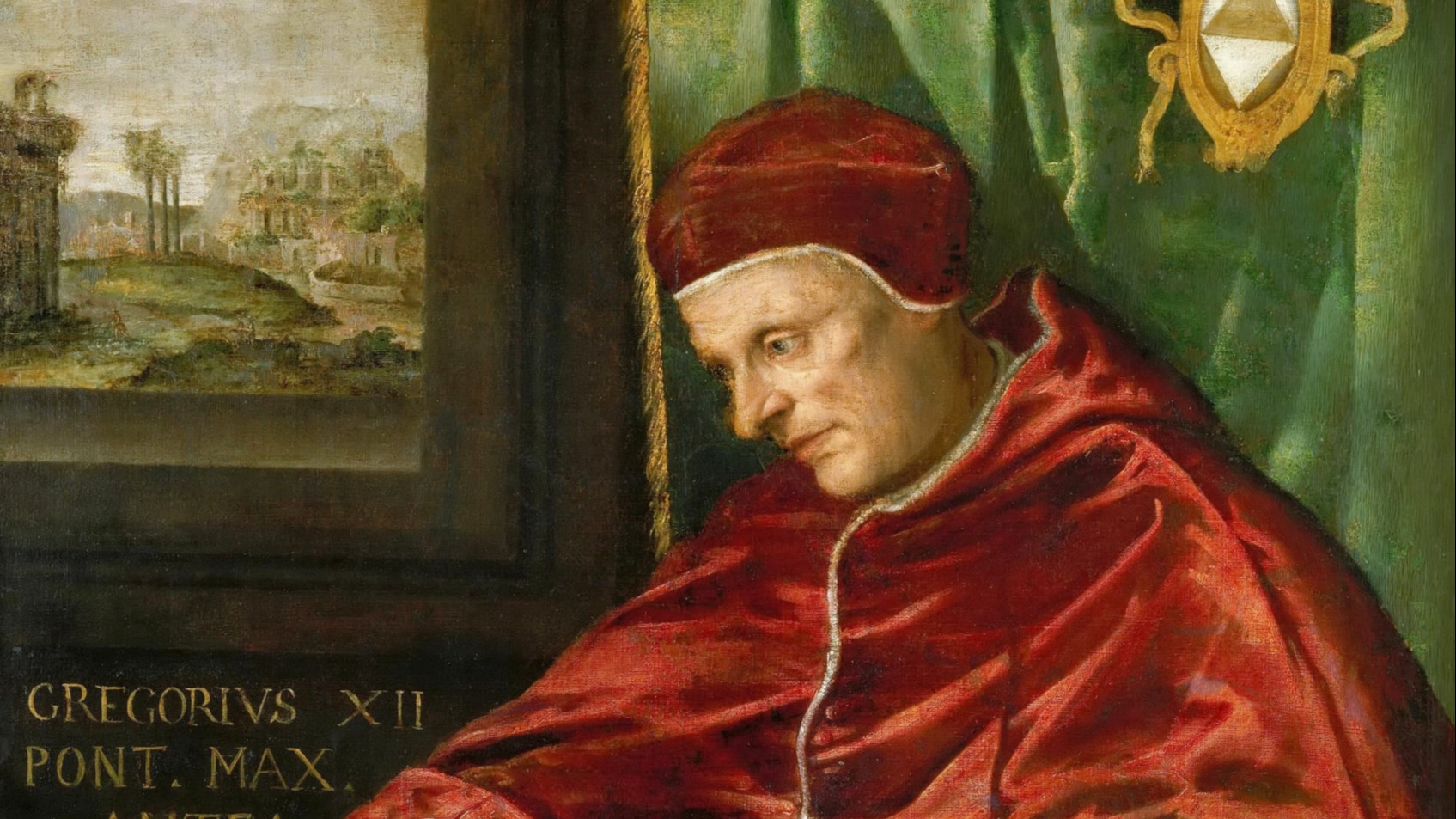
17 October 1404 – 6 November 1406
Innocent VII
Born as a subject of the Kingdom of Naples. Reigned during the Western Schism.
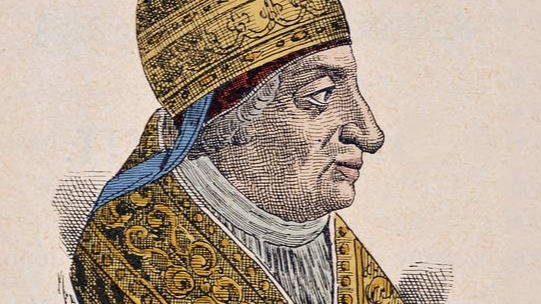
2 November 1389 – 1 October 1404
Boniface IX
Born as a subject of the Kingdom of Naples. Western Schism.
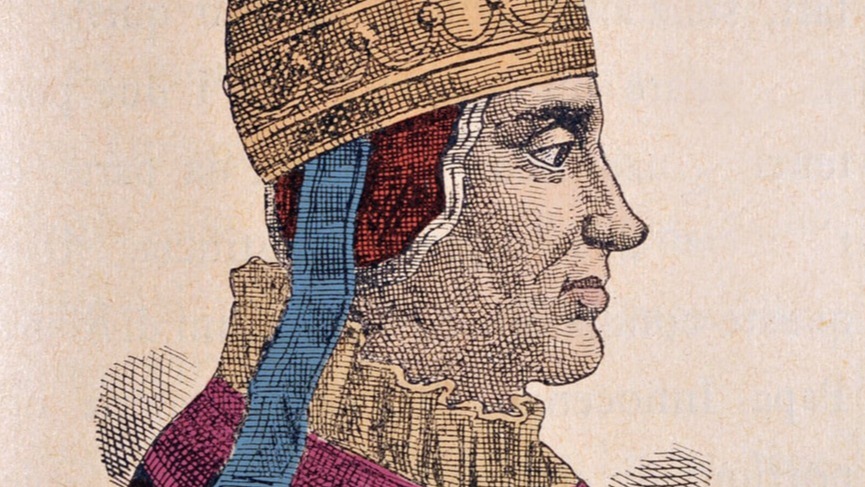
8 April 1378 – 15 October 1389
Urban VI
Born as a subject of the Kingdom of Naples. Western Schism. Last pontiff to be elected outside the College of Cardinals.
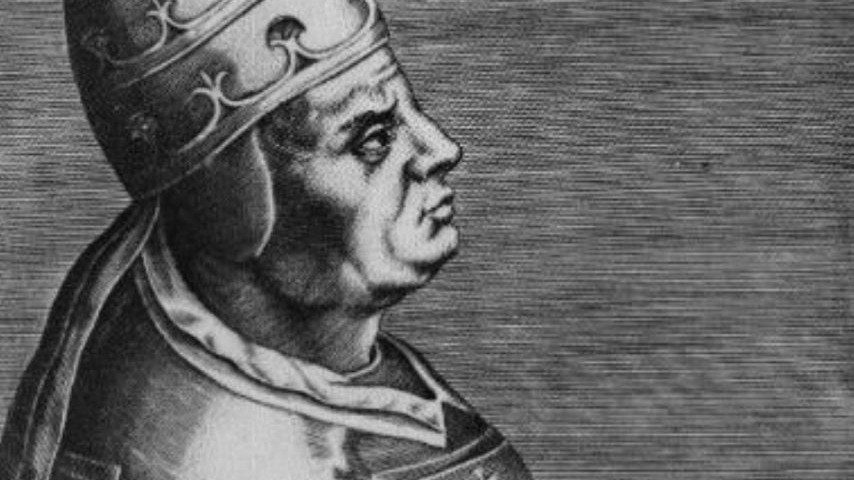
30 December 1370 – 27 March 1378
Gregory XI
Born as a subject of the Kingdom of France. Pope at Avignon; returns to Rome. The last French pope.
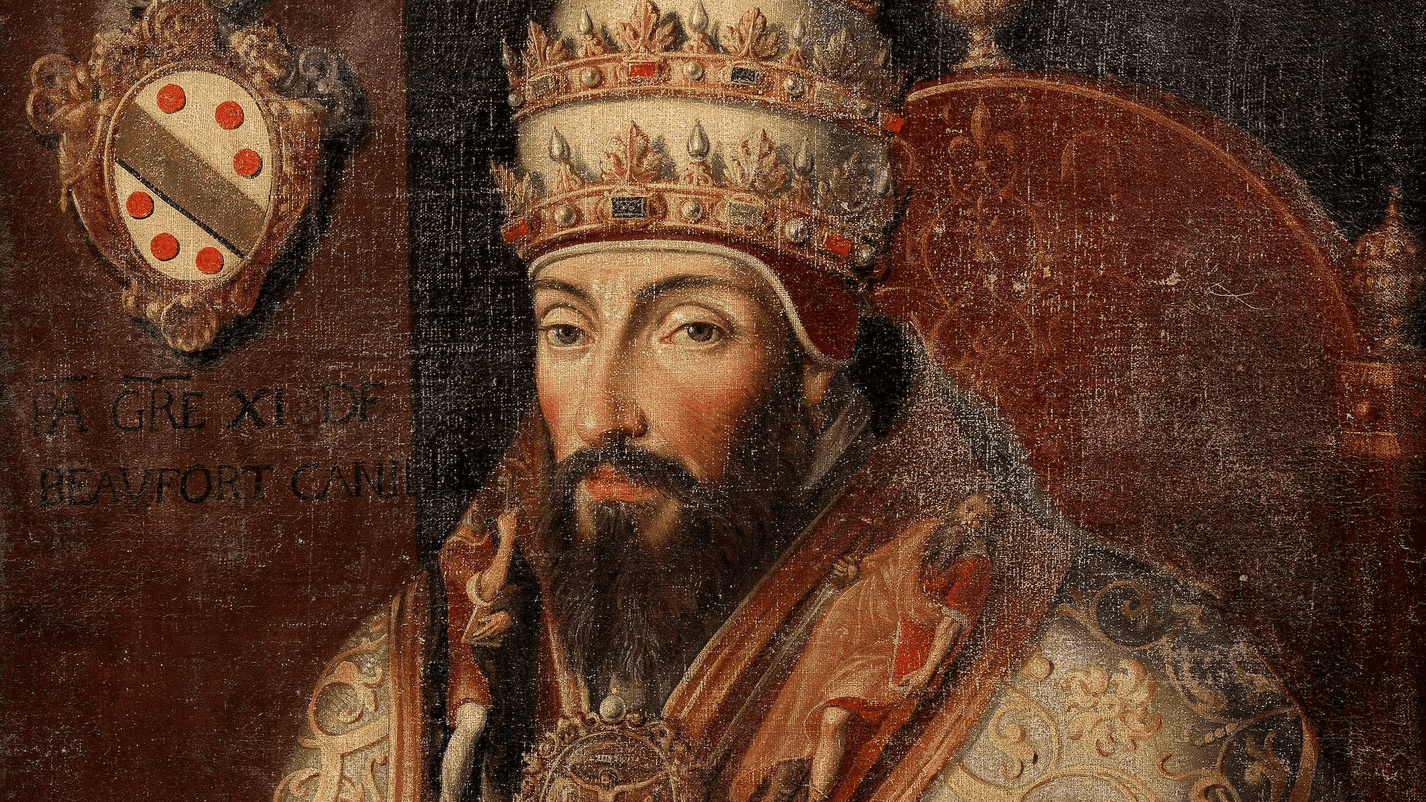
28 September 1362 – 19 December 1370
Urban V
Born as a subject of the Kingdom of France. Pope at Avignon. Member of the Order of Saint Benedict. Reformed areas of education and sent missionary movements across Europe and Asia. His pontificate witnessed the Alexandrian and Savoyard crusades.
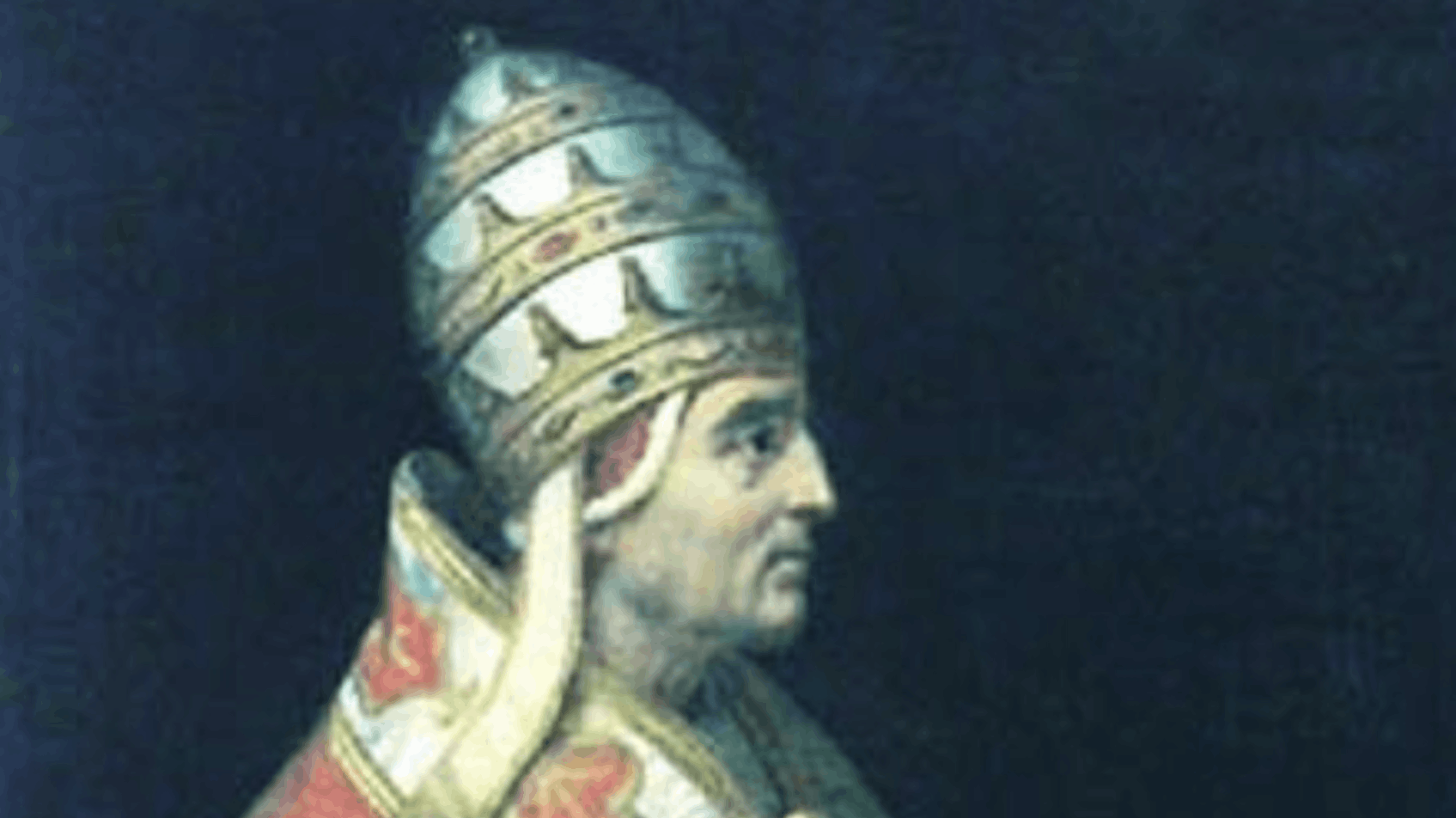
18 December 1352 – 12 September 1362
Innocent VI
Born as a subject of the Kingdom of France. Pope at Avignon. Through his exertions the Treaty of Brétigny (1360) was brought about.
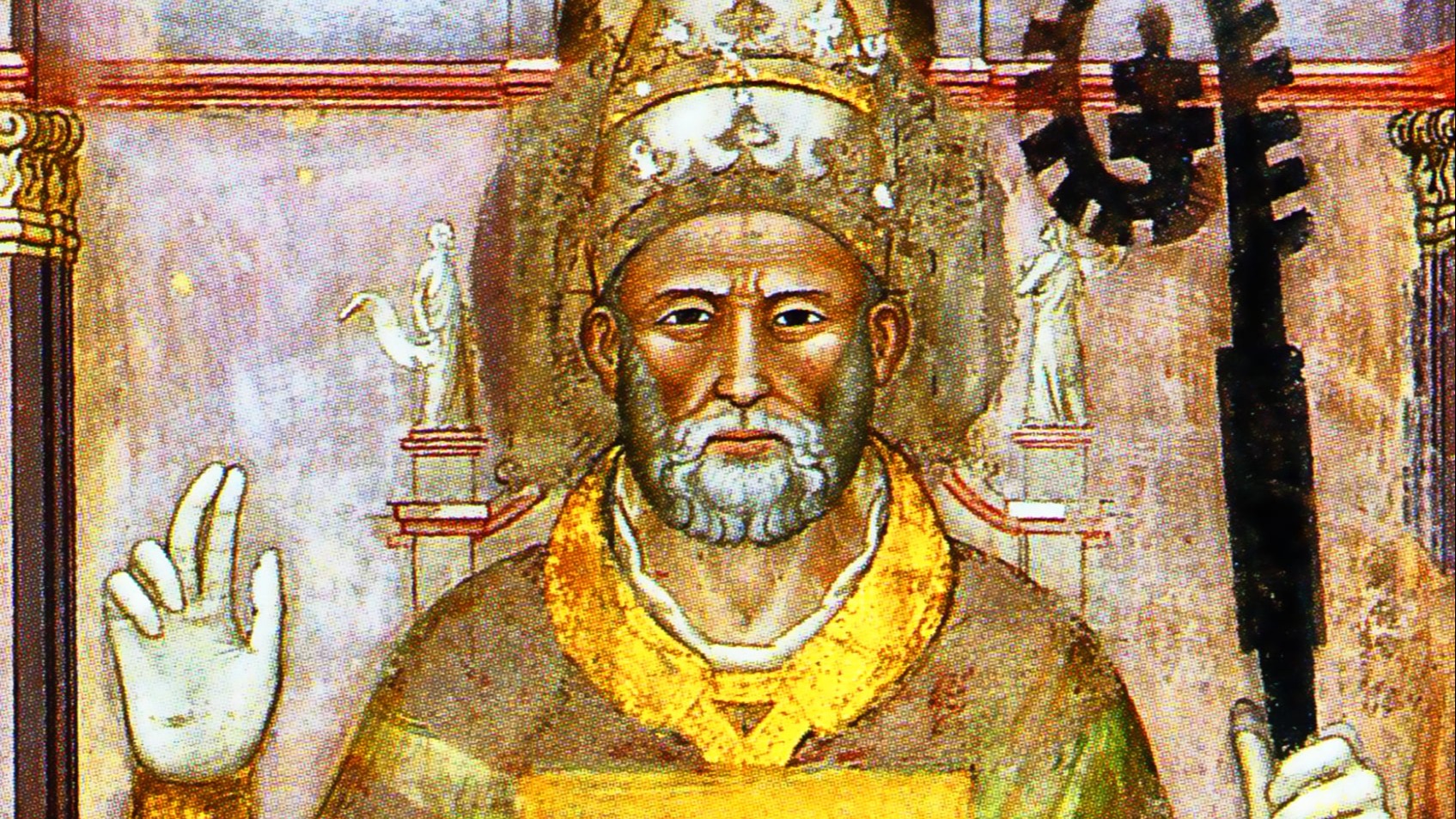
7 May 1342 – 6 December 1352
Clement VI
Born as a subject of the Kingdom of France. Pope at Avignon. Reigned during the Black Death and absolved those who died of it of their sins.
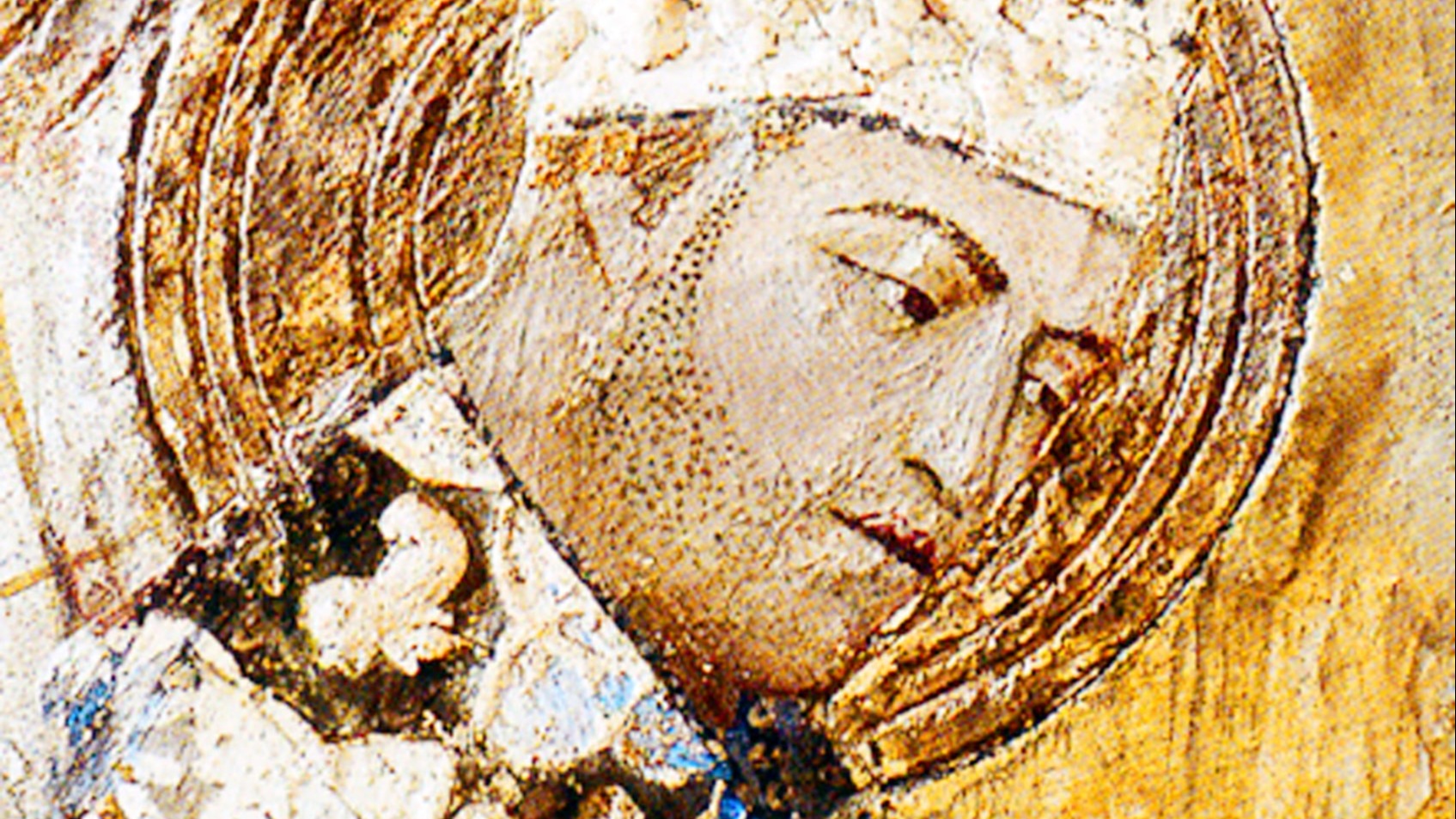
20 December 1334 – 25 April 1342
Benedict XII
Born as a subject of the Kingdom of France. Pope at Avignon. Member of the Order of Cistercians. Known for issuing the Apostolic constitution Benedictus Deus (1336). A careful pope who reformed monastic orders and opposed nepotism.

7 August 1316 – 4 December 1334
John XXII
Born as a subject of the Kingdom of France. Pope at Avignon. Controversial for his views on the beatific vision. Opposed the Franciscan understanding of the poverty of Christ and his apostles, famously leading William of Ockham to write against unlimited papal power
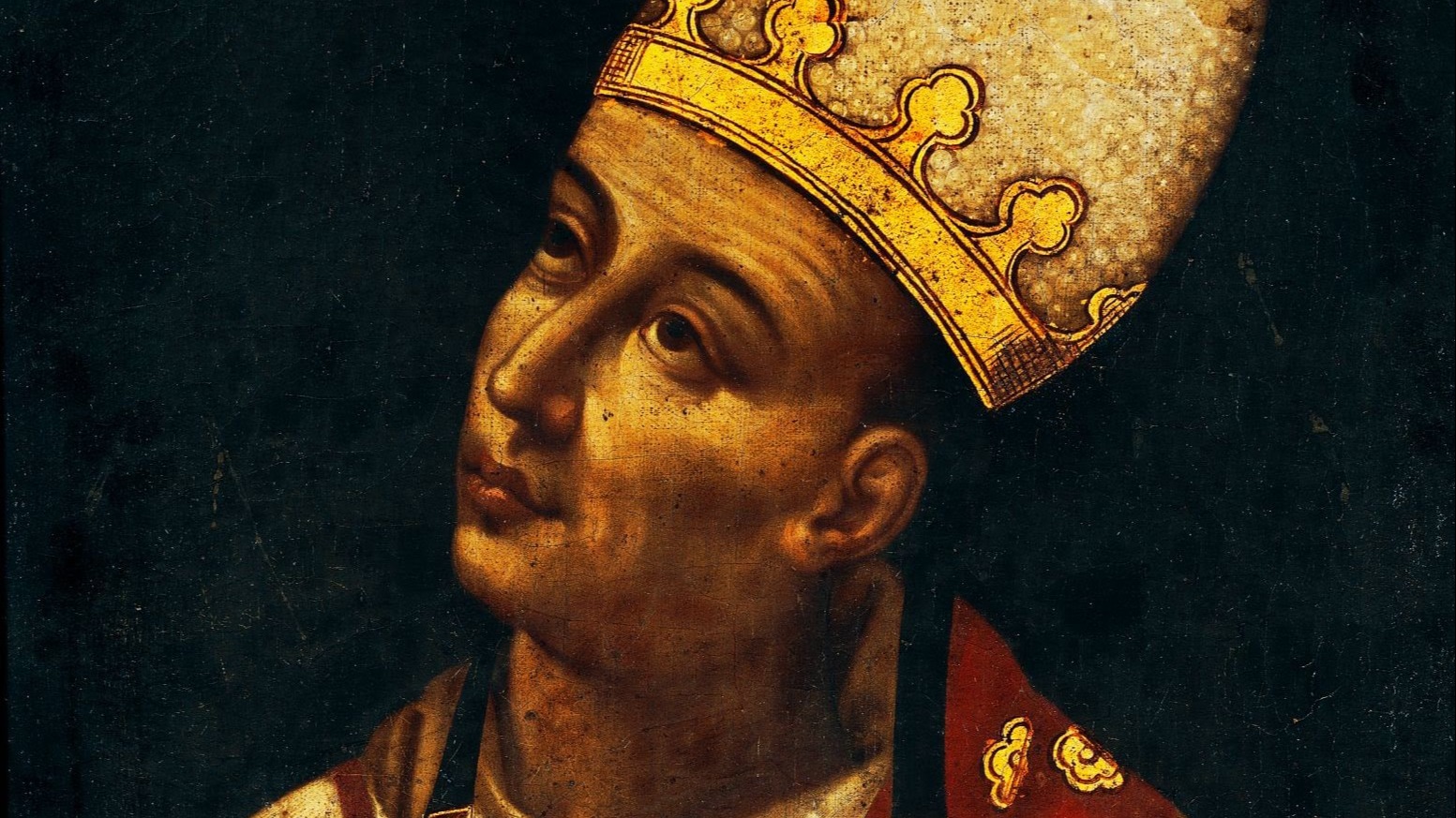
5 June 1305 – 20 April 1314
Clement V
Born as a subject of the Kingdom of France. Pope at Avignon. Convened the Council of Vienne (1311–1312). Initiated the persecution of the Knights Templar with the bull Pastoralis Praeeminentiae under pressure from King Philip IV of France.
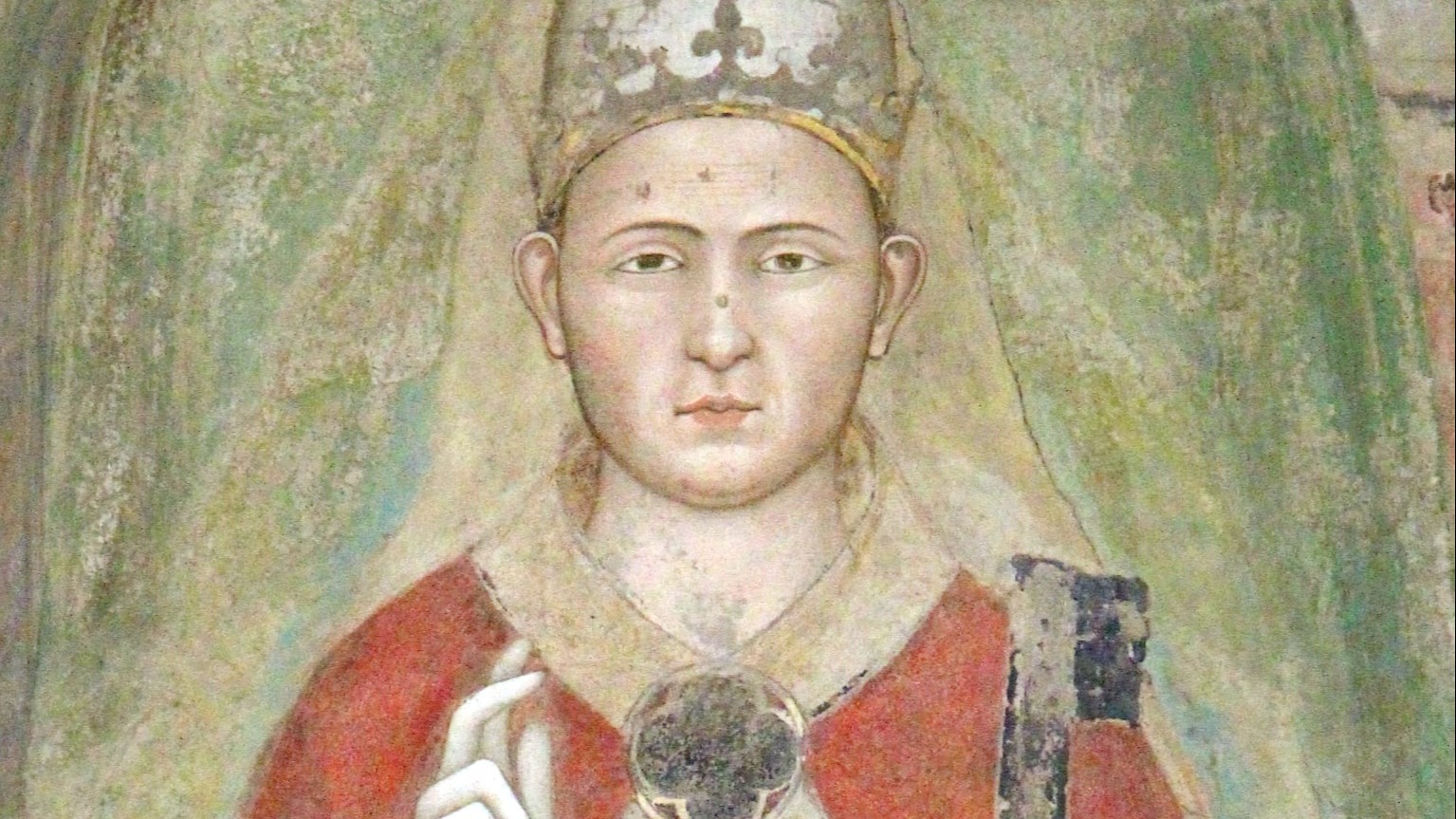
22 October 1303 – 7 July 1304
Benedict XI
Subject and later the sovereign of the Papal States. Member of the Dominican Order. Reverted Boniface VIII's Unam Sanctam.
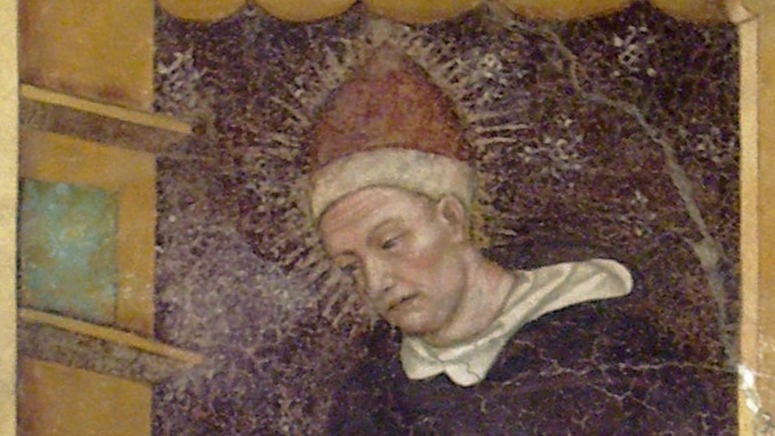
24 December 1294 – 11 October 1303
Boniface VIII
Subject and later the sovereign of the Papal States. Formalized the Jubilee in 1300. Issued Unam Sanctam (1302) which proclaimed papal supremacy and pushing it to its historical extreme.
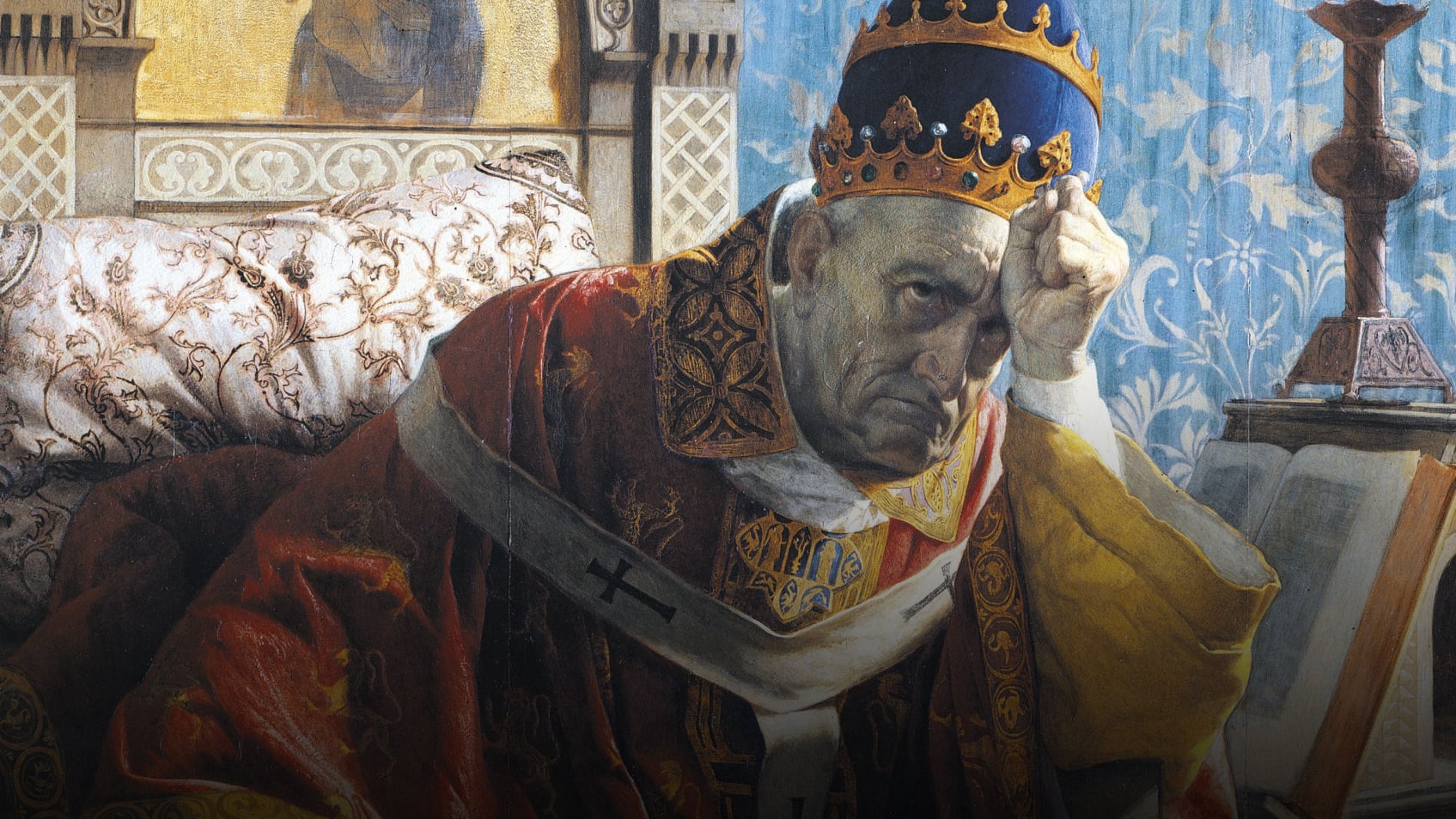
5 July 1294 – 13 December 1294
Celestine V
Born as a subject of the Kingdom of Sicily. One of the few popes who abdicated voluntarily. Member of the Order of Saint Benedict. Founded the Celestines. Resigned from office and rumored to have been murdered in prison by Boniface VIII.
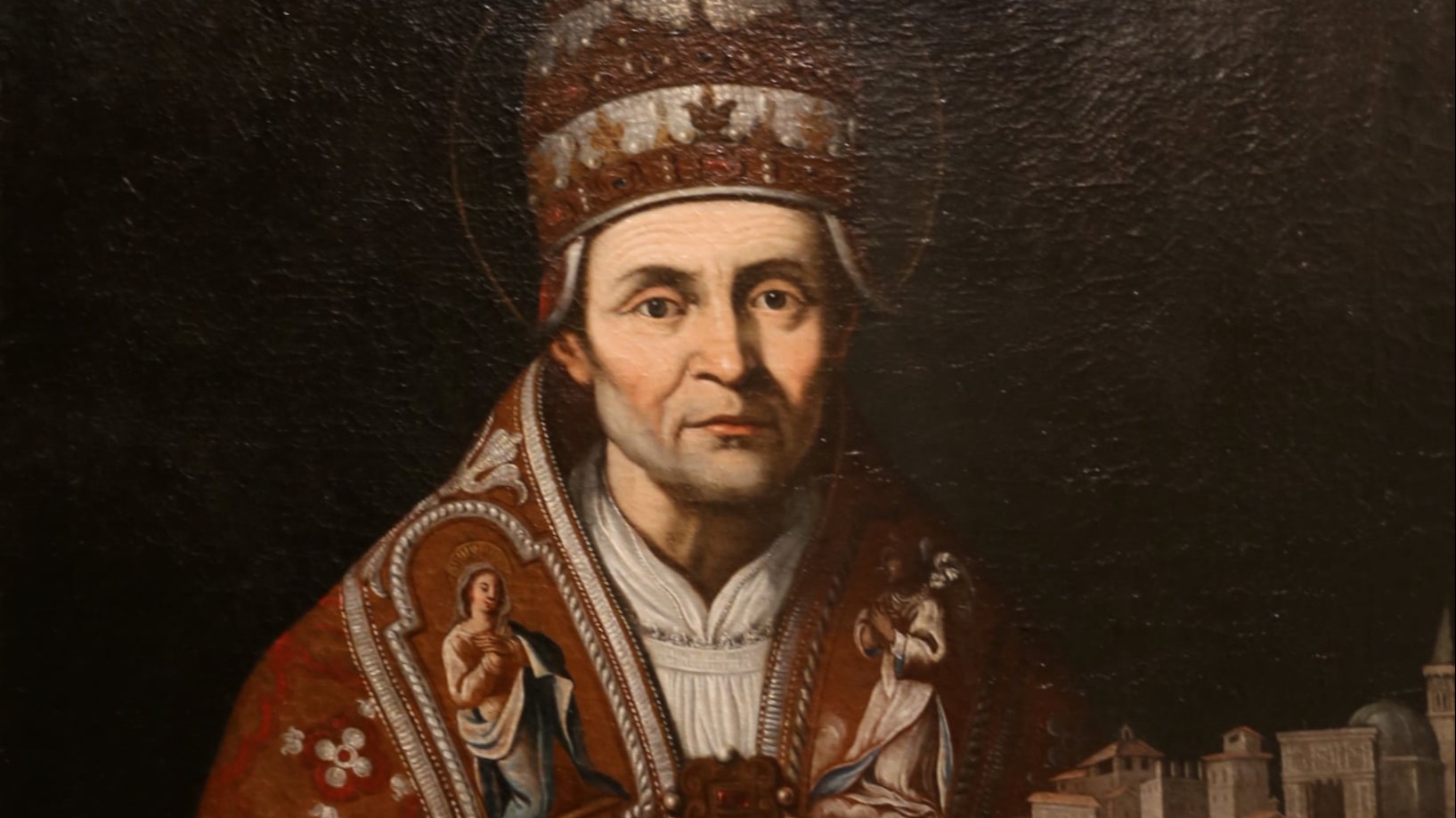
22 February 1288 – 4 April 1292
Nicholas IV
Subject and later the sovereign of the Papal States. Member of the Franciscan Order.
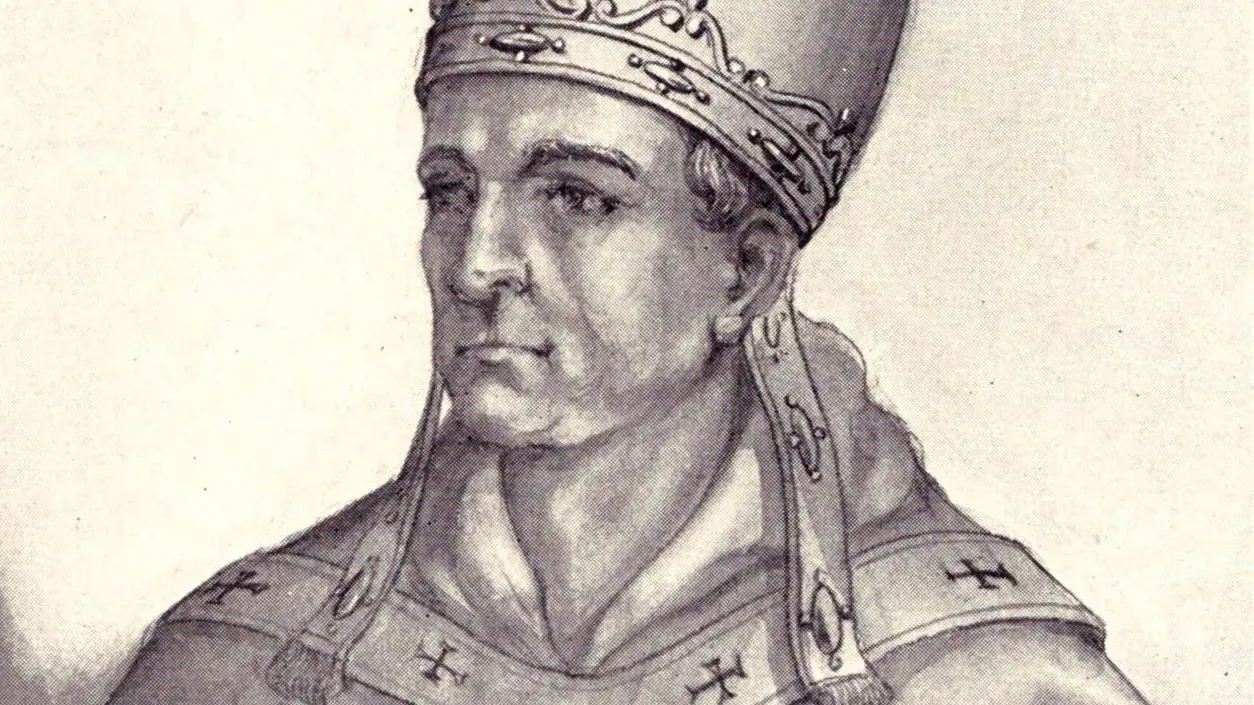
2 April 1285 – 3 April 1287
Honorius IV
Subject and later the sovereign of the Papal States.
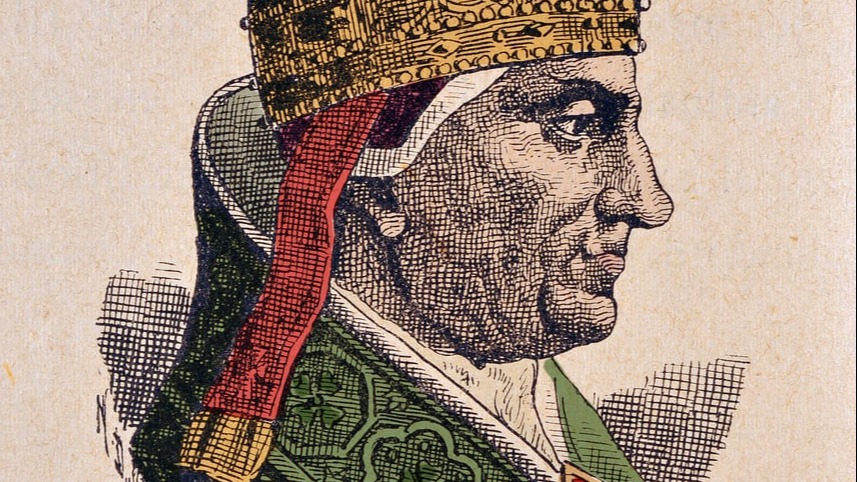
22 February 1281 – 28 March 1285
Martin IV
Born as a subject of the Kingdom of France.
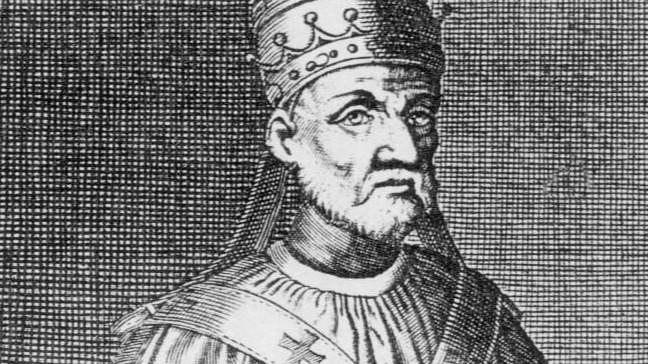
25 November 1277 – 22 August 1280
Nicholas III
Subject and later the sovereign of the Papal States. Planned the Sicilian Vespers.
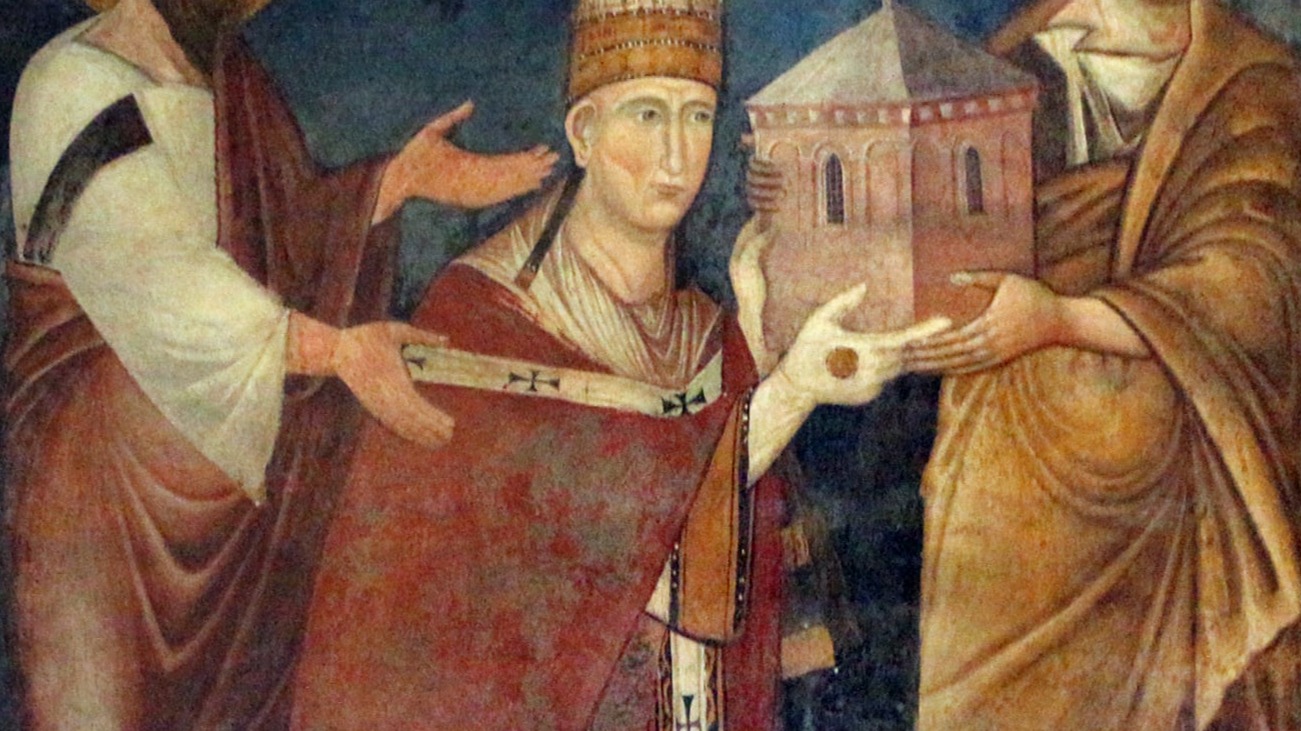
8 September 1276 – 20 May 1277
John XXI
Born as a subject of the Kingdom of Portugal. Due to a confusion over the numbering of popes named John in the 13th century, the ordinal XX was skipped.
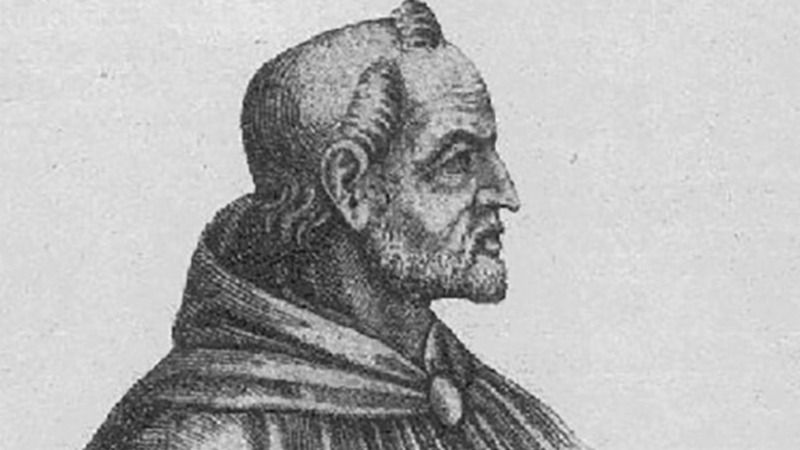
11 July 1276 – 18 August 1276
Adrian V
Born as a citizen of the Republic of Genoa. Annulled Gregory X's papal bull on the regulations of papal conclaves.
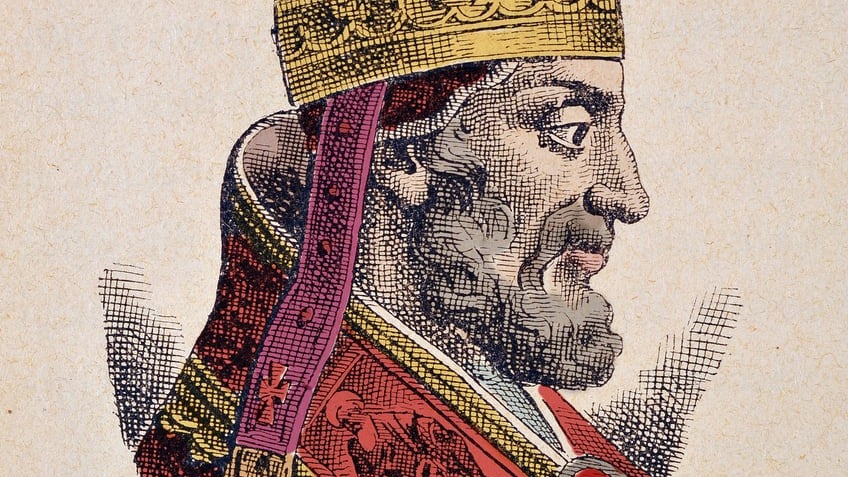
21 January 1276 – 22 June 1276
Innocent V
Born as a subject of the County of Savoy, was of French ethnicity. Member of the Dominican Order.
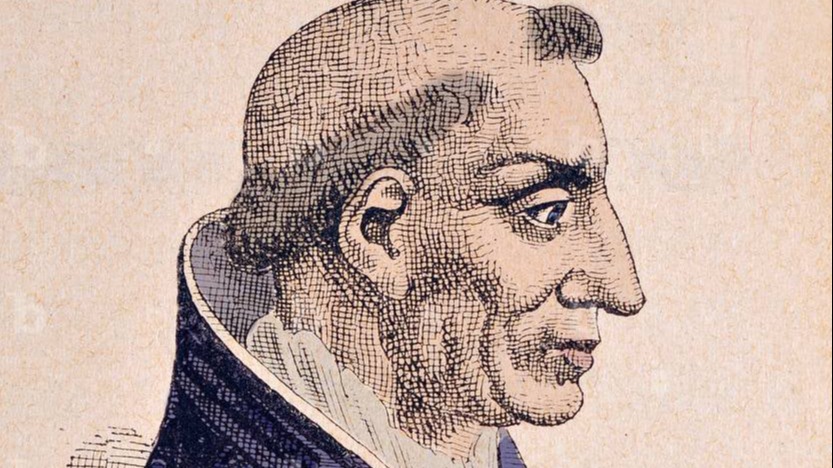
1 September 1271 – 10 January 1276
Gregory X
Born as a citizen of the Free Commune of Piacenza, was of Italian ethnicity. Convened the Second Council of Lyons (1274), responsible for regulating all papal conclaves until the 20th century.
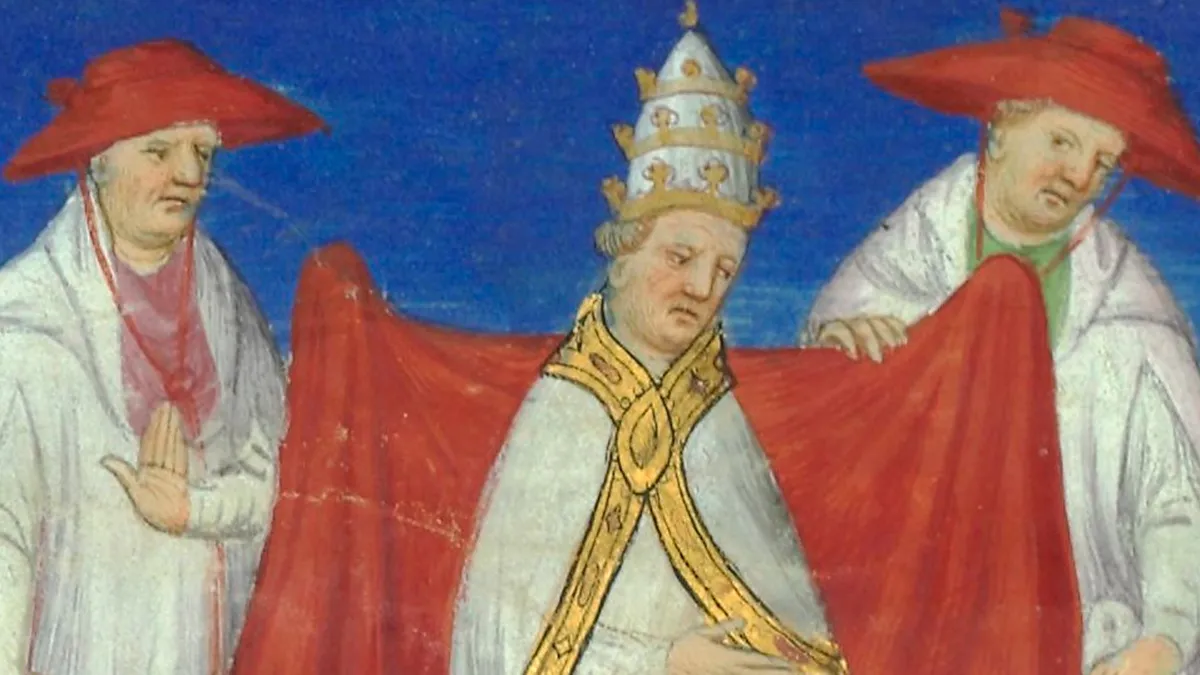
5 February 1265 – 29 November 1268
Clement IV
Born as a subject of the Kingdom of France.
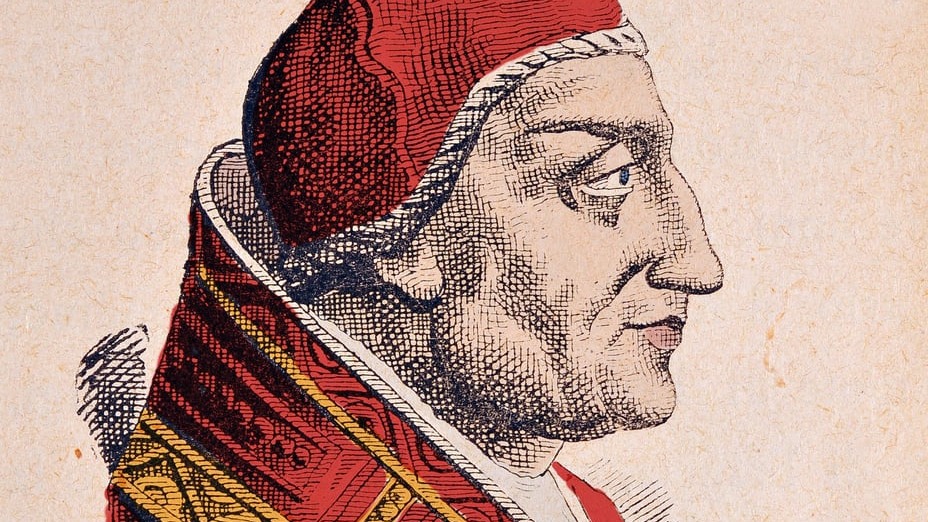
29 August 1261 – 2 October 1264
Urban IV
Born as a subject of the Kingdom of France. Instituted the feast of Corpus Christi (1264).
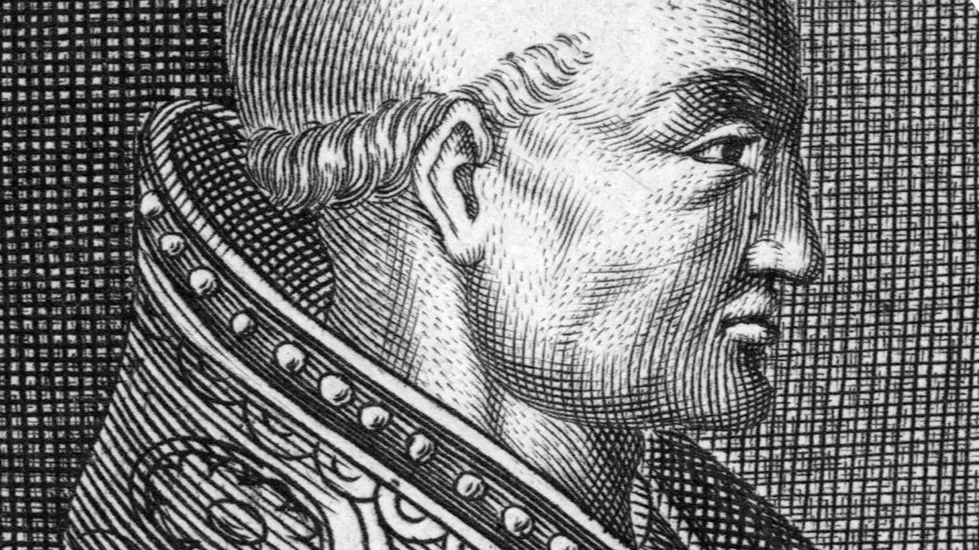
12 December 1254 – 25 May 1261
Alexander IV
Subject and later the sovereign of the Papal States. First pope born after the Papal States ceased to be a state of the Holy Roman Empire. Established an Inquisition in France.
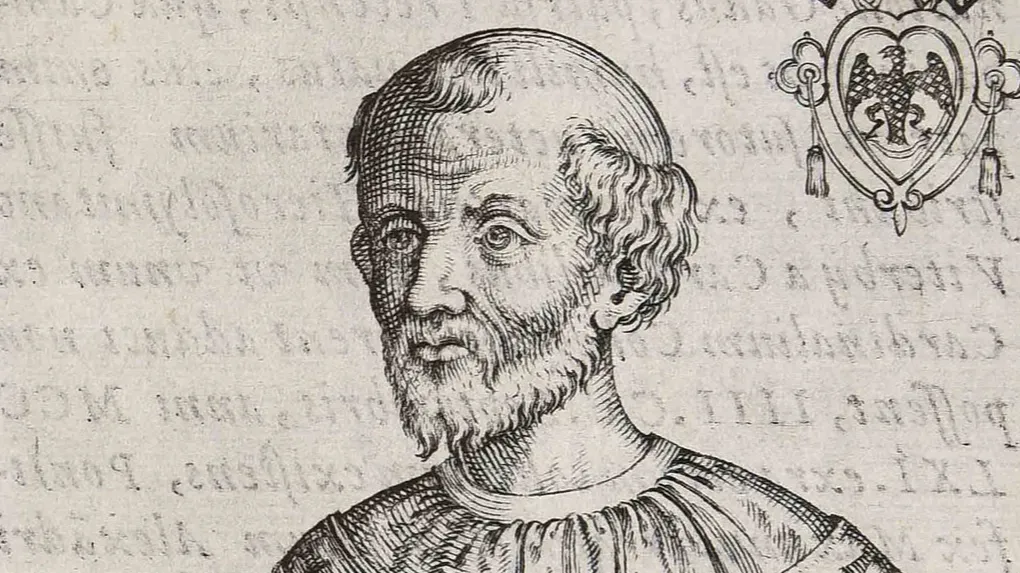
25 June 1243 – 7 December 1254
Innocent IV
Born as a citizen of the Republic of Genoa. Convened the First Council of Lyons (1245). Issued the bull Ad extirpanda that permitted the torture of heretics (1252).
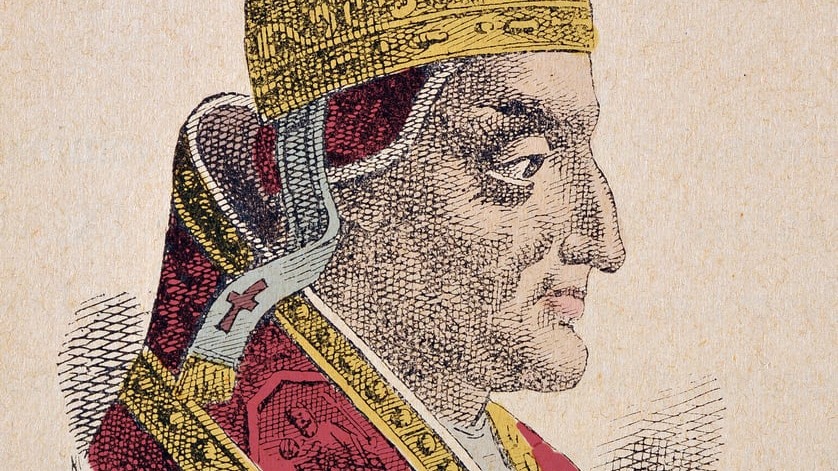
19 March 1227 – 22 August 1241
Gregory IX
Subject and later the sovereign of the Papal States. Initiated the inquisition in France and endorsed the Northern Crusades.
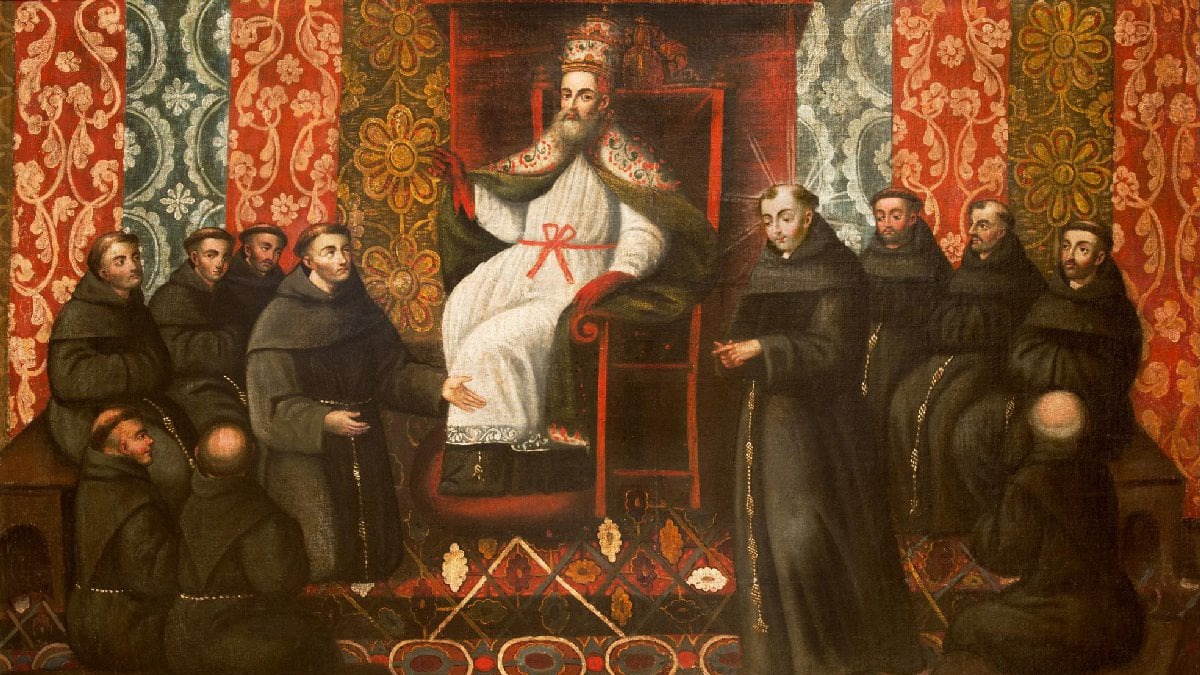
18 July 1216 – 18 March 1227
Honorius III
Subject and later the sovereign of the Papal States. Initiated the Fifth Crusade. Approved several religious and tertiary orders.
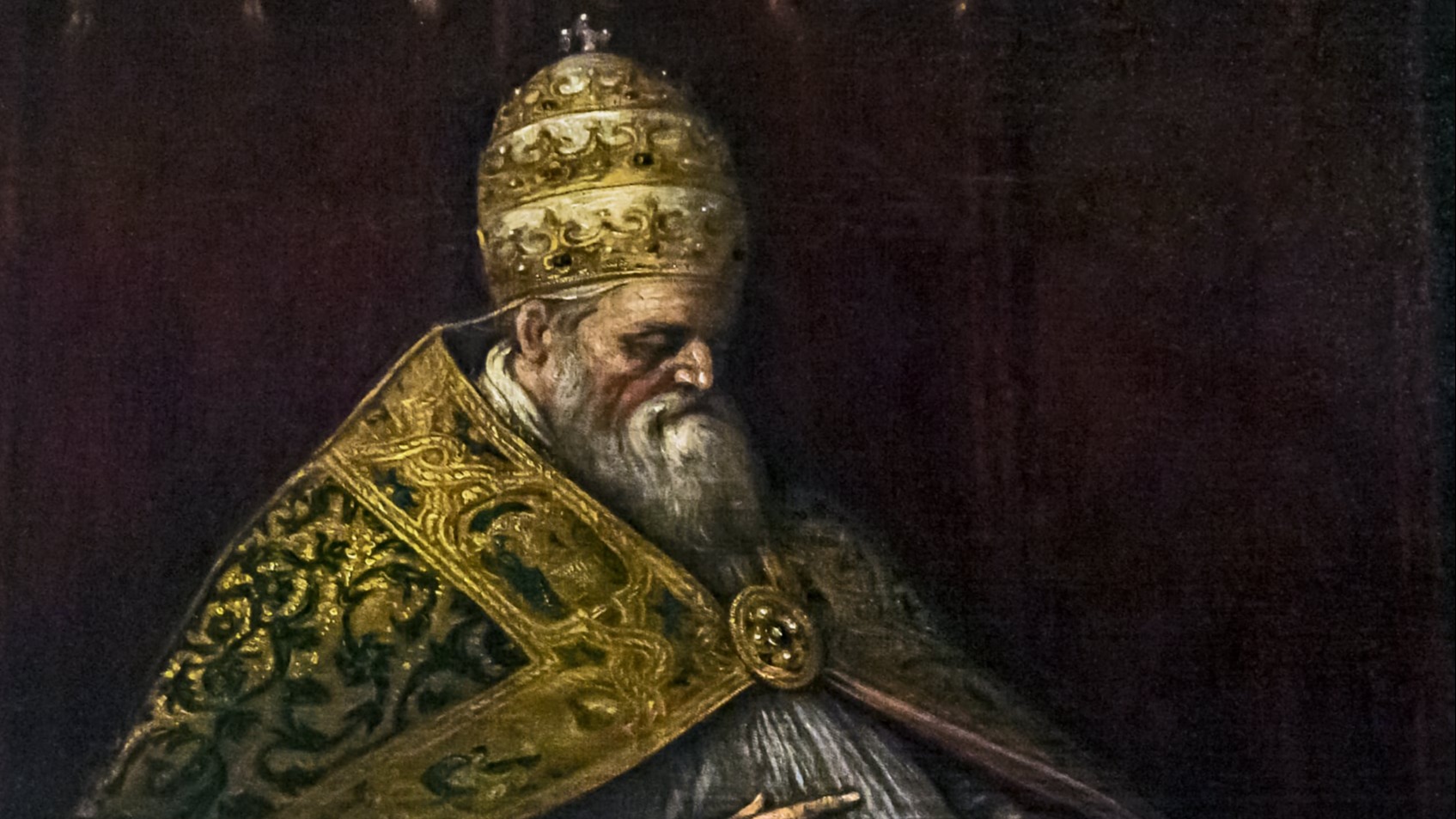
8 January 1198 – 16 July 1216
Innocent III
Subject and later the sovereign of the Papal States. Convened the Fourth Council of the Lateran, 1215. Initiated the Fourth Crusade but later distanced himself from it and threatened participants with excommunication when it became clear that the leadership abandoned a focus on conquest of the Holy Land and instead intended to sack Christian cities. Endorsed the Franciscan Order.
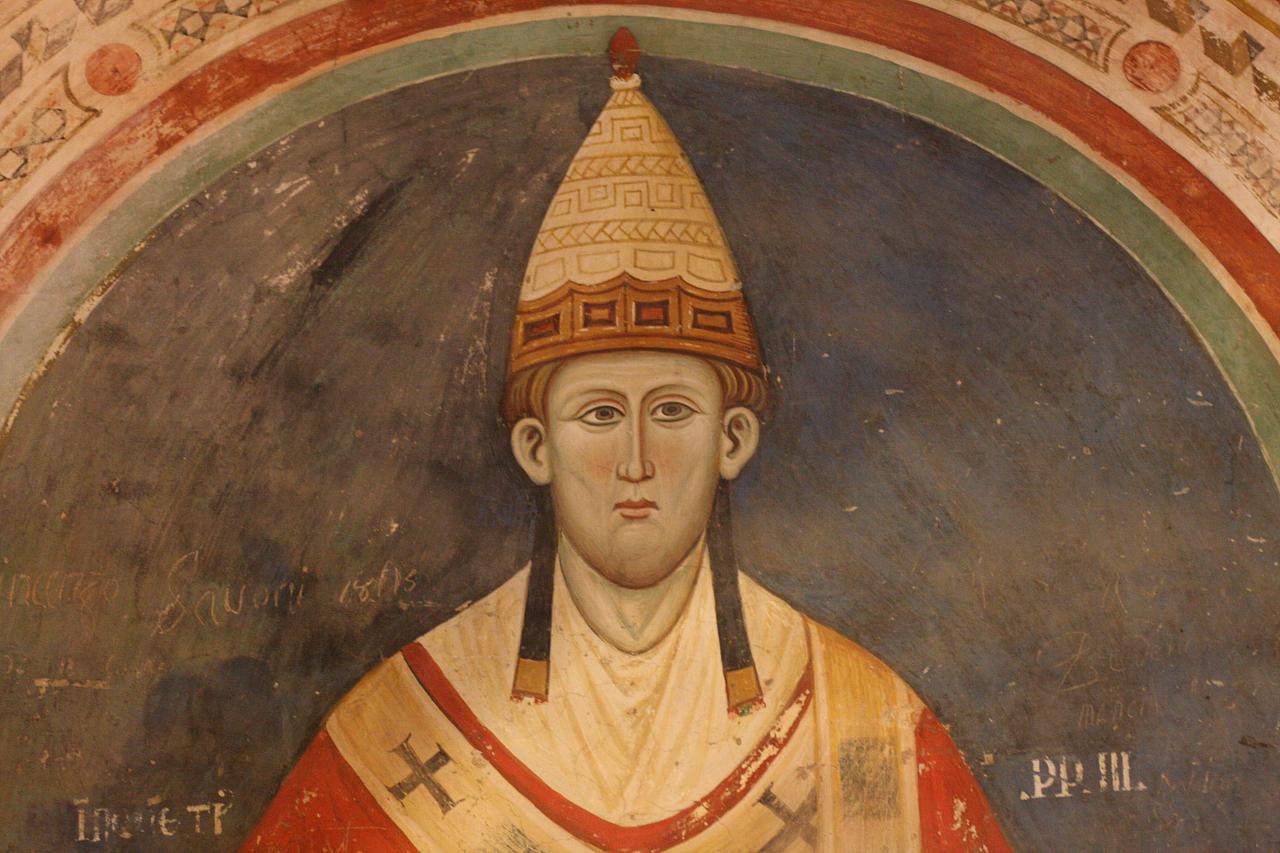
30 March 1191 – 8 January 1198
Celestine III
Subject and later the sovereign of the Papal States. Confirmed the statutes of the Teutonic Knights as a military order.
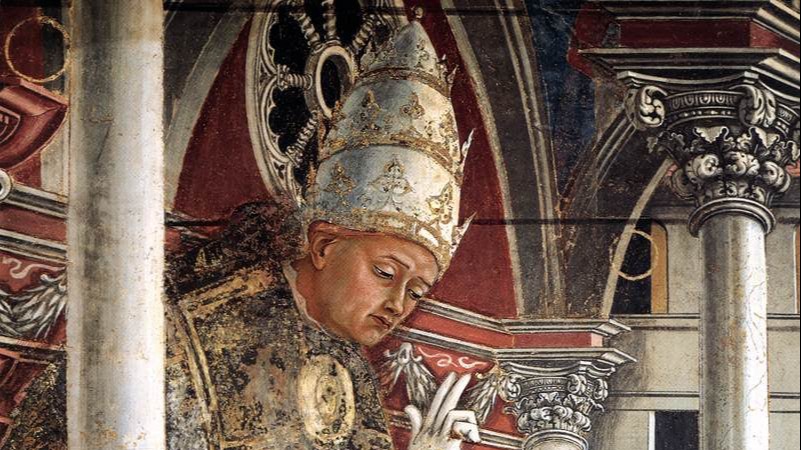
19 December 1187 – 20 March 1191
Clement III
Subject and later the sovereign of the Papal States.
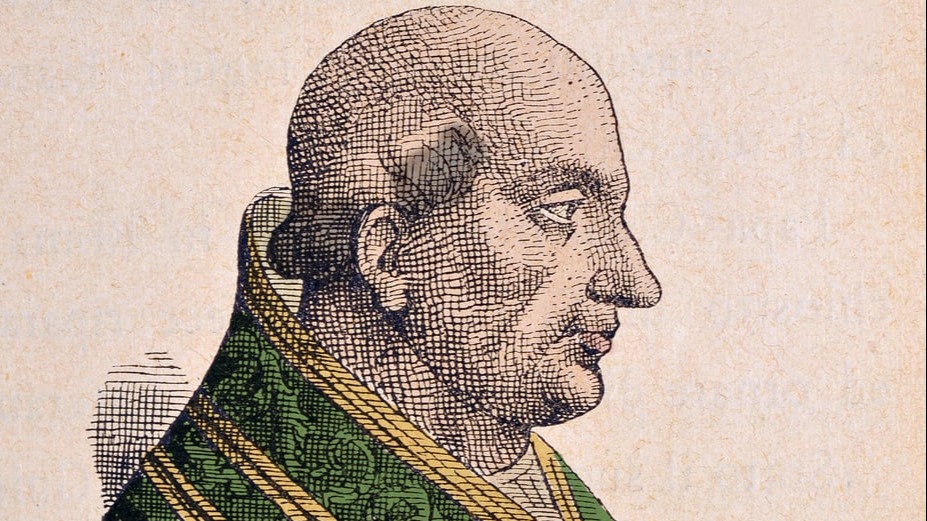
21 October 1187 – 17 December 1187
Gregory VIII
Subject and later the sovereign of the Papal States. Canon Regular Premostratense. Proposed the Third Crusade.
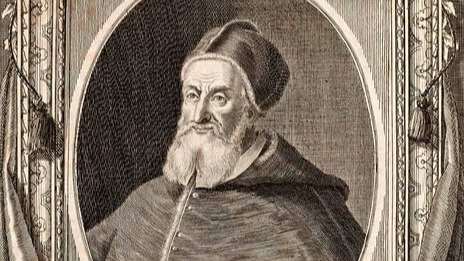
25 November 1185 – 20 October 1187
Urban III
Was of Italian ethnicity. In the 21st century, Cuggiono is a small Italian town and comune in the Metropolitan City of Milan.
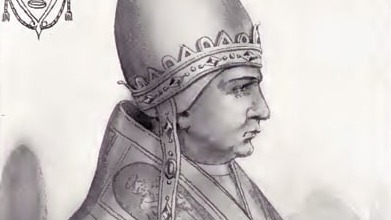
1 September 1181 – 25 November 1185
Lucius III
Born as a subject of the March of Tuscany.
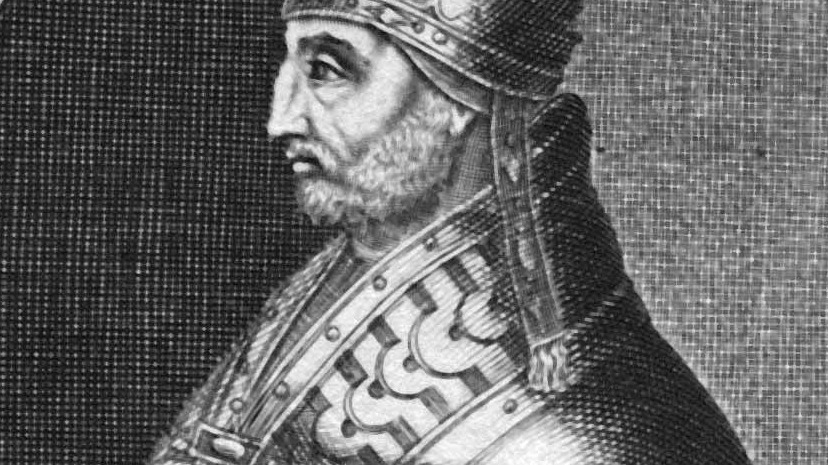
7 September 1159 – 30 August 1181
Alexander III
Born as a subject of the March of Tuscany. Convened the Third Council of the Lateran, 1179.
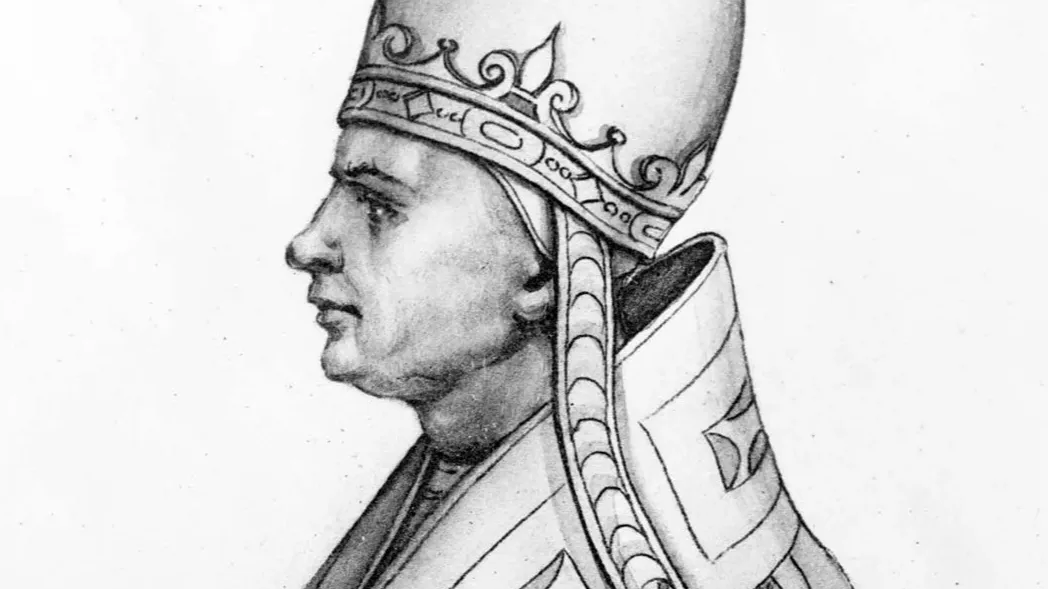
4 December 1154 – 1 September 1159
Adrian IV
Born as a subject of the Kingdom of England. The only English (Anglo-Saxon) pope; purportedly granted Ireland to Henry II, King of England. Canon Regular of St. Rufus Monastery.
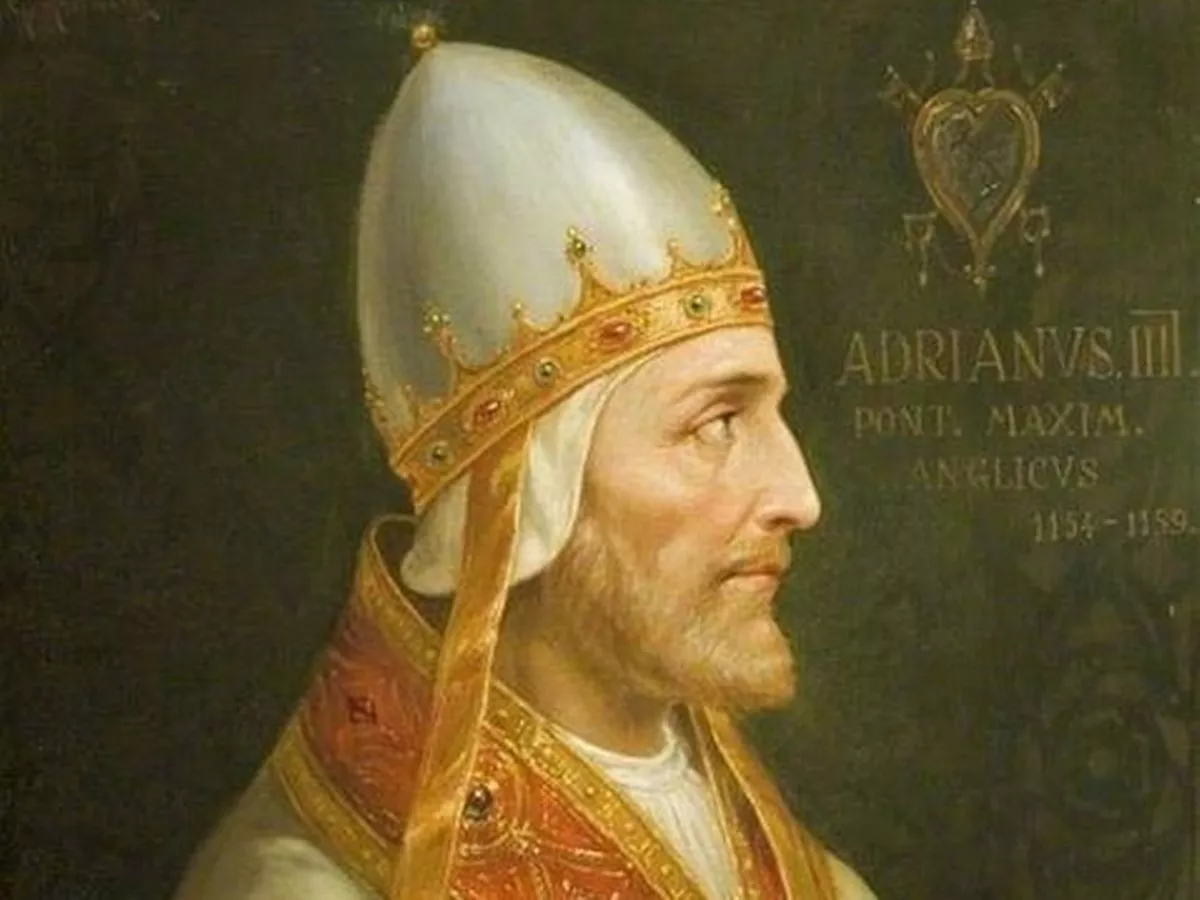
12 July 1153 – 3 December 1154
Anastasius IV
Subject and later the sovereign of the Papal States.
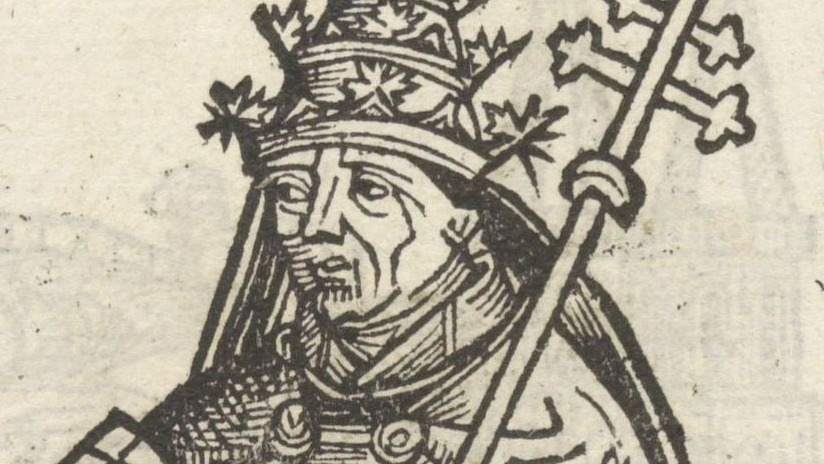
15 February 1145 – 8 July 1153
Eugene III
Citizen of the Republic of Pisa. Member of the Order of Cistercians. Announced the Second Crusade.
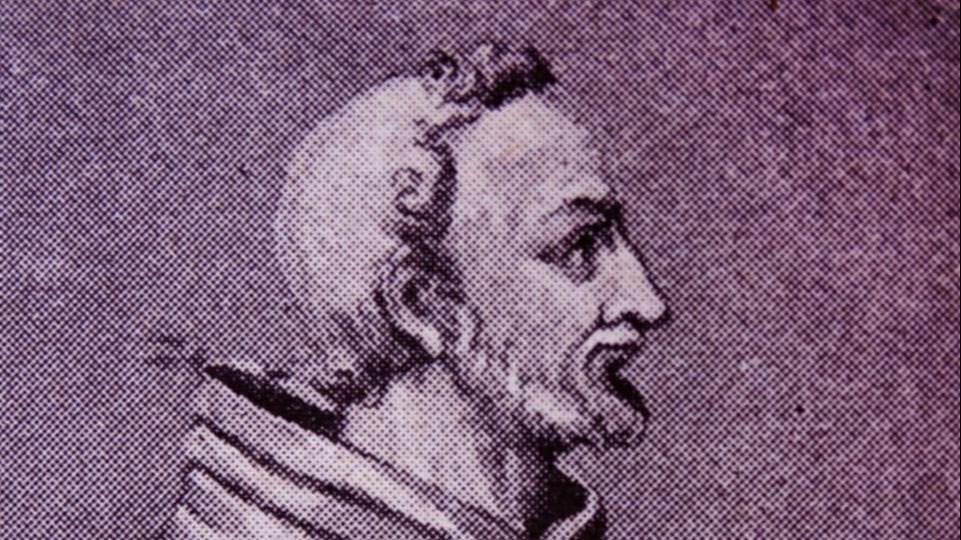
12 March 1144 – 15 February 1145
Lucius II
Subject and later the sovereign of the Papal States. Canon Regular of S. Frediano di Lucca.

26 September 1143 – 8 March 1144
Celestine II
Subject and later the sovereign of the Papal States.
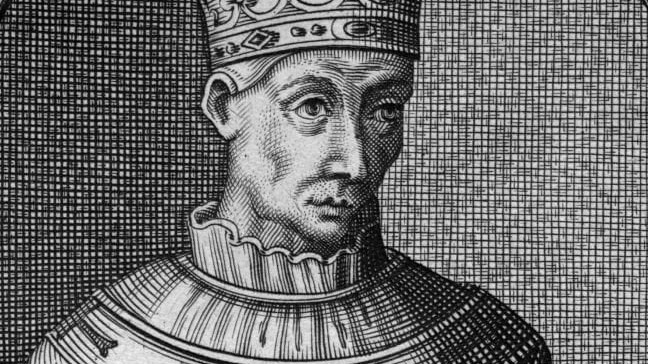
14 February 1130 – 24 September 1143
Innocent II
Subject and later the sovereign of the Papal States. Canon regular of Lateran. Convened the Second Council of the Lateran, 1139.
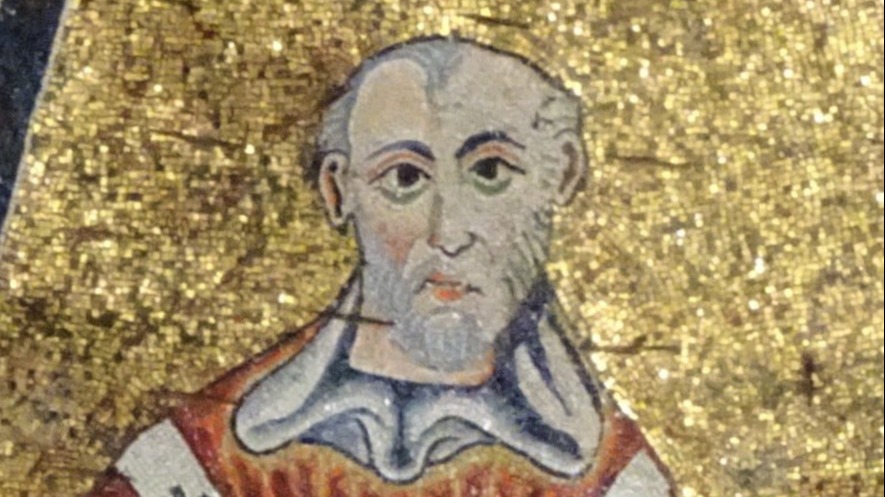
21 December 1124 – 13 February 1130
Honorius II
Subject and later the sovereign of the Papal States. Canon Regular of S. Maria di San Reno. Approved the new military order of the Knights Templar in 1128.
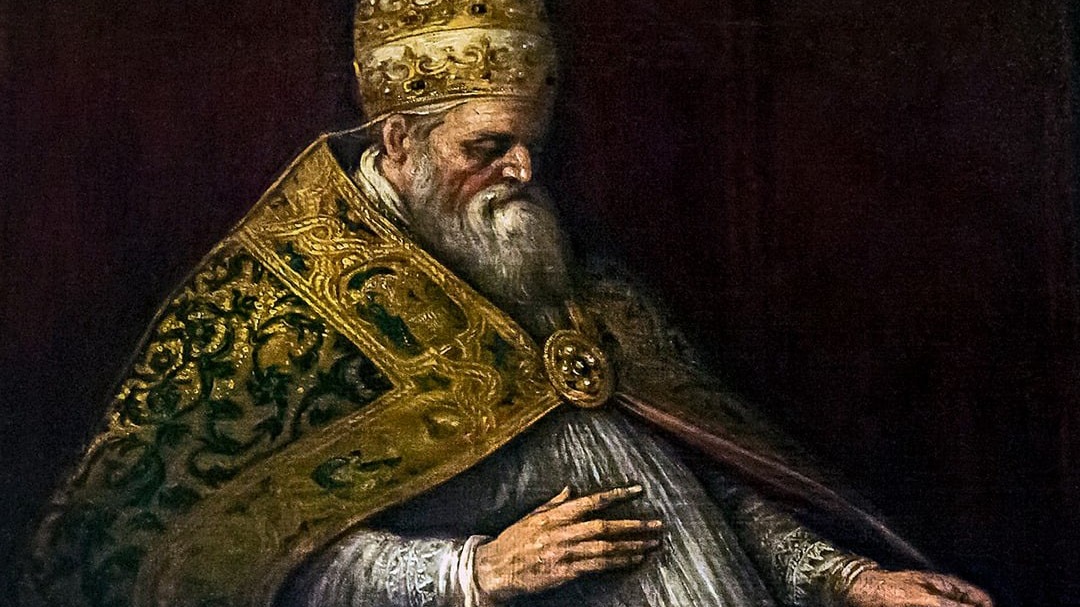
2 February 1119 – 13 December 1124
Callixtus II
Born as a subject of the County of Burgundy, was of French ethnicity. Opened the First Council of the Lateran in 1123.
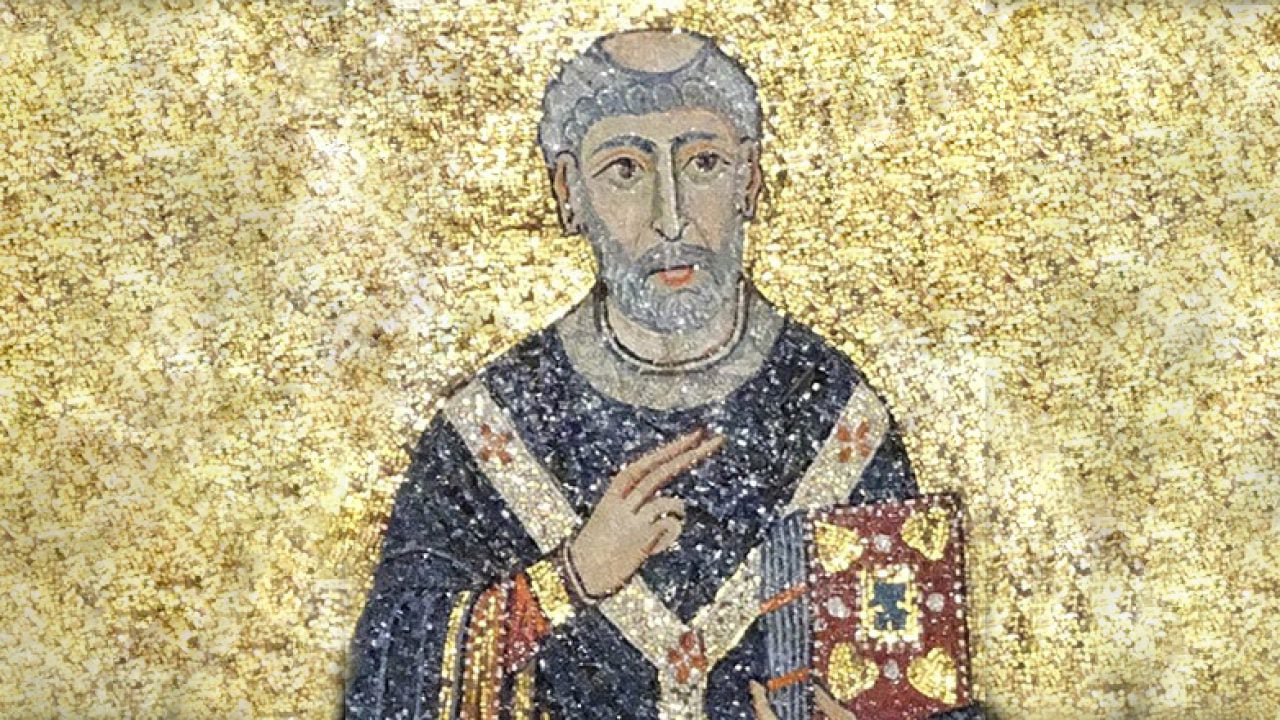
24 January 1118 – 29 January 1119
Gelasius II
Born as a subject of the Duchy of Gaeta.
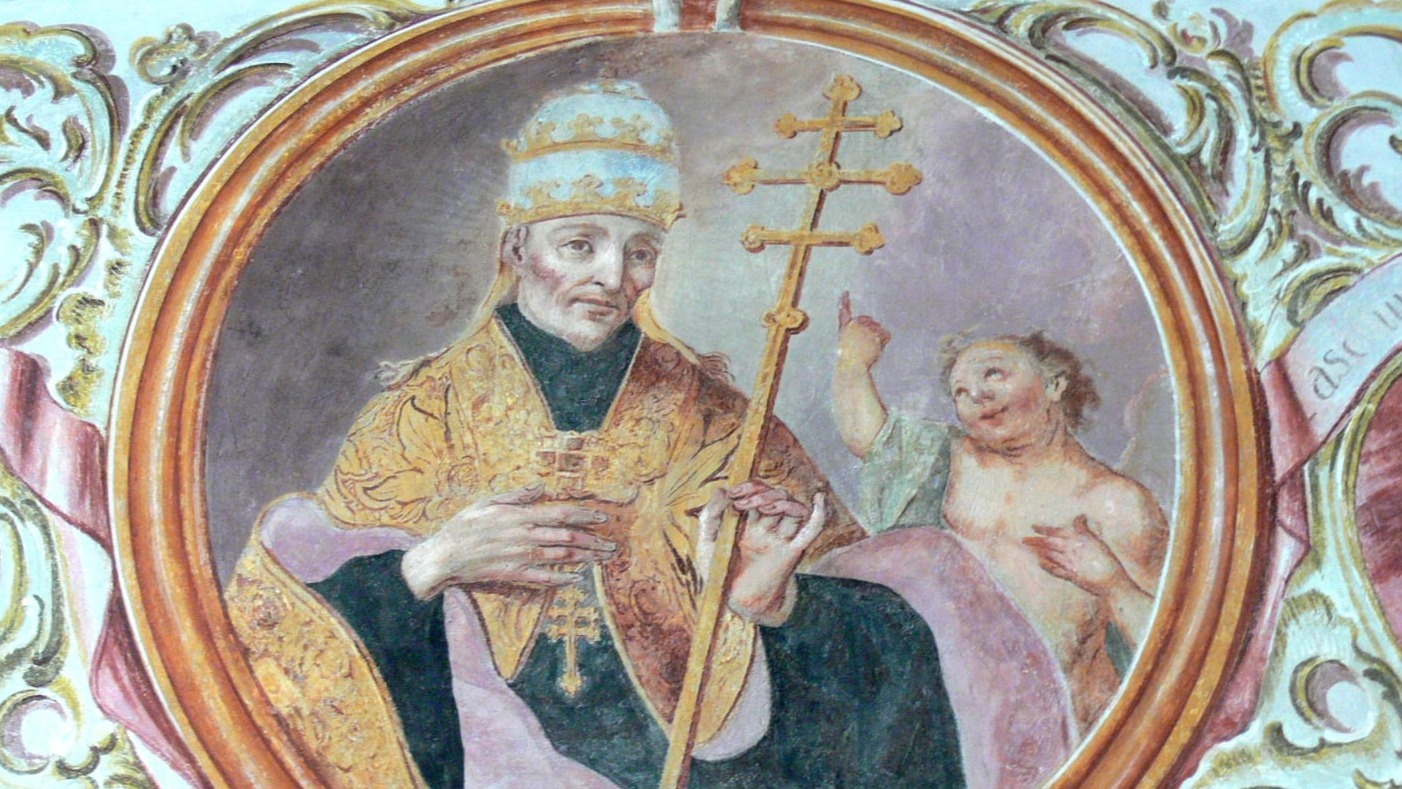
13 August 1099 – 21 January 1118
Paschal II
Born as a subject of the March of Tuscany, was of Lombard ethnicity. Member of the Order of Saint Benedict. Ordered the building of the basilica of Santi Quattro Coronati.
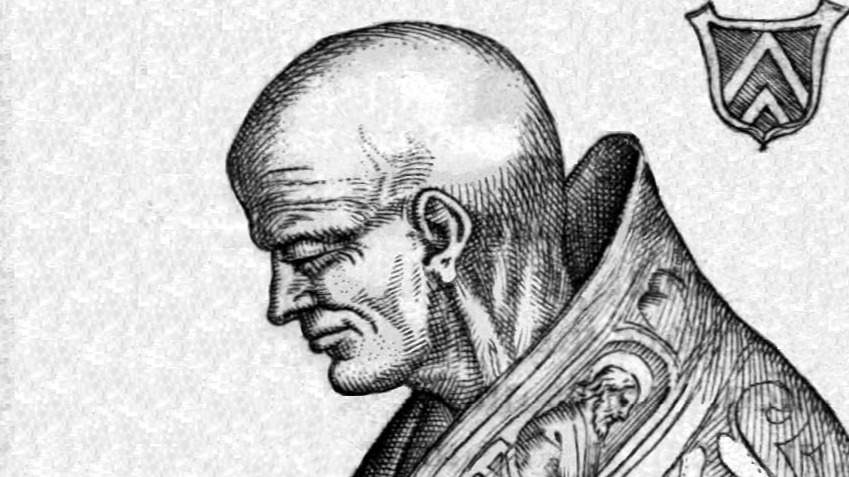
12 March 1088 – 29 July 1099
Urban II
Born as a subject of the Kingdom of France. Preached and started the First Crusade. Member of the Order of Saint Benedict.
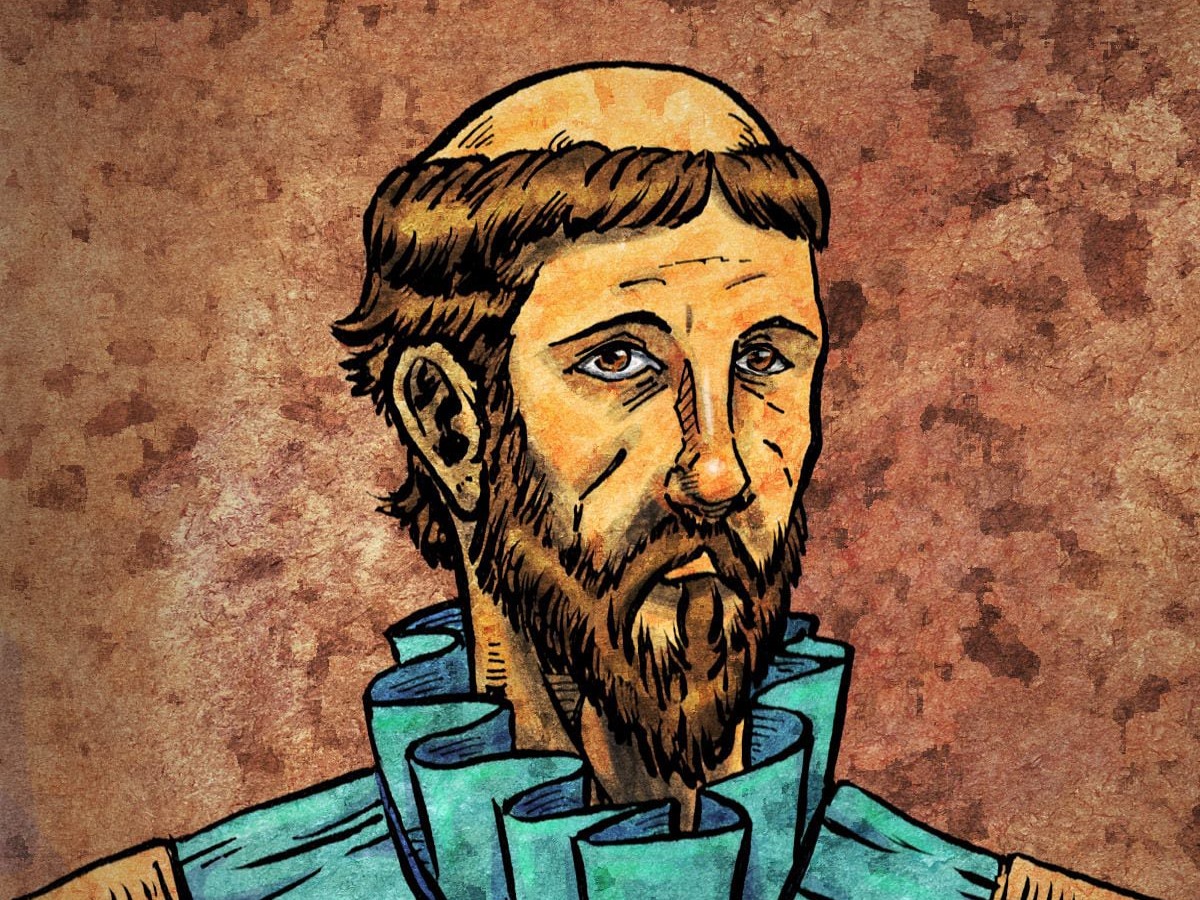
24 May 1086 – 16 September 1087
Victor III
Born as a subject of the Duchy of Benevento, was from Lombard ethnicity. Member of the Order of Saint Benedict. Called the Synod of Benevento (1087) condemning lay investiture.
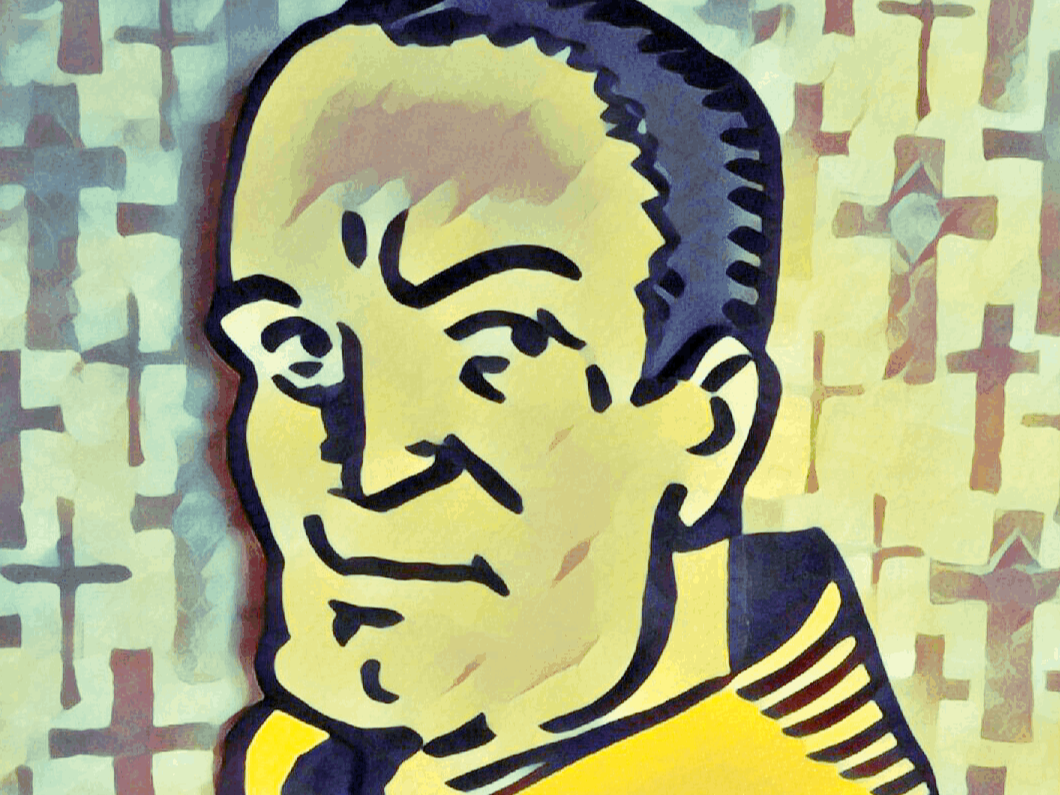
22 April 1073 – 25 May 1085
Gregory VII
Subject of the March of Tuscany, was from Lombard ethnicity. Initiated the Gregorian Reforms. Restricted the use of the papal title to the bishop of Rome.[4] Member of the Order of Saint Benedict. Political struggle with Emperor Henry IV, who had to go to Canossa (1077).
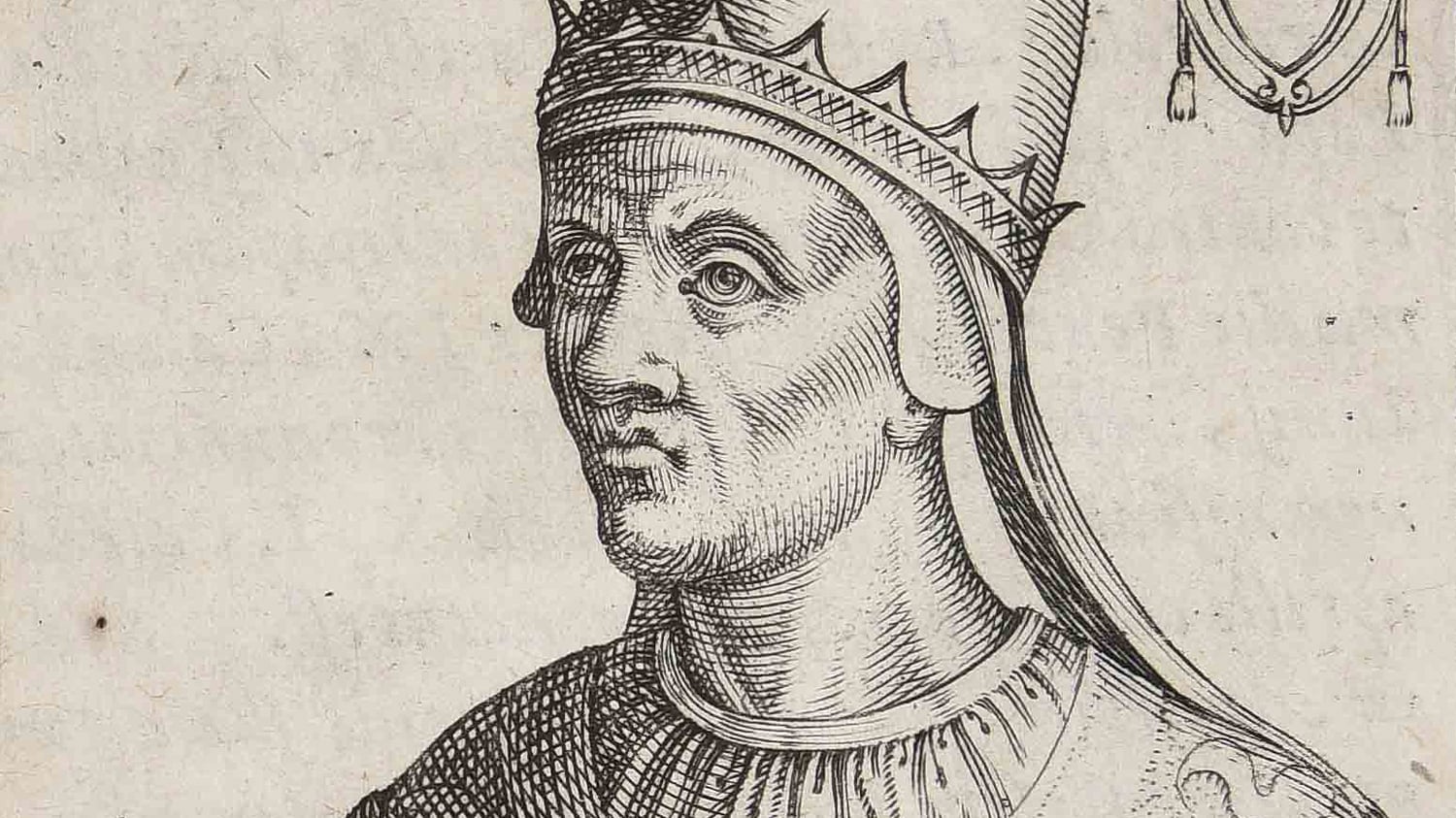
30 September 1061 – 21 April 1073
Alexander II
Citizen of the Free Commune of Milan. Authorised the Norman conquest of England in 1066.
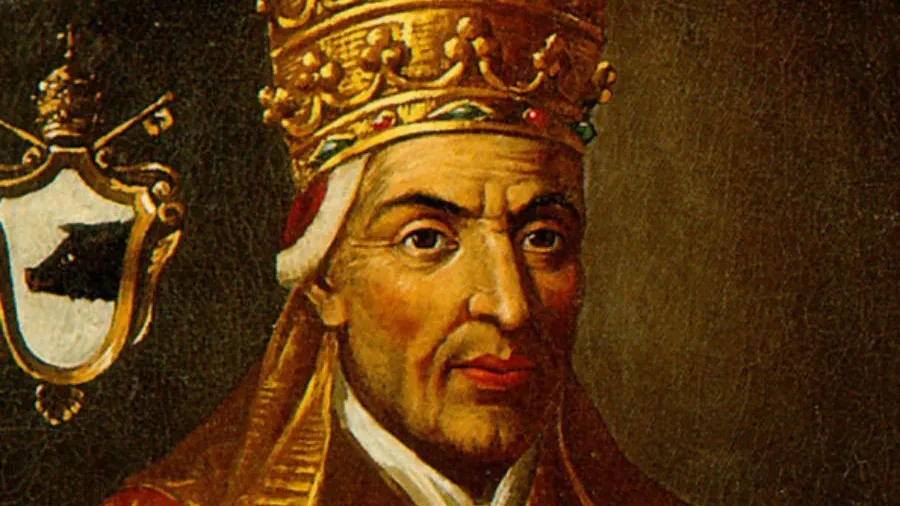
6 December 1058 – 27 July 1061
Nicholas II
Born as a subject of the County of Savoy, was from French ethnicity. In 1059 the College of Cardinals was designated the sole body of pope electors in the document In nomine Domini.
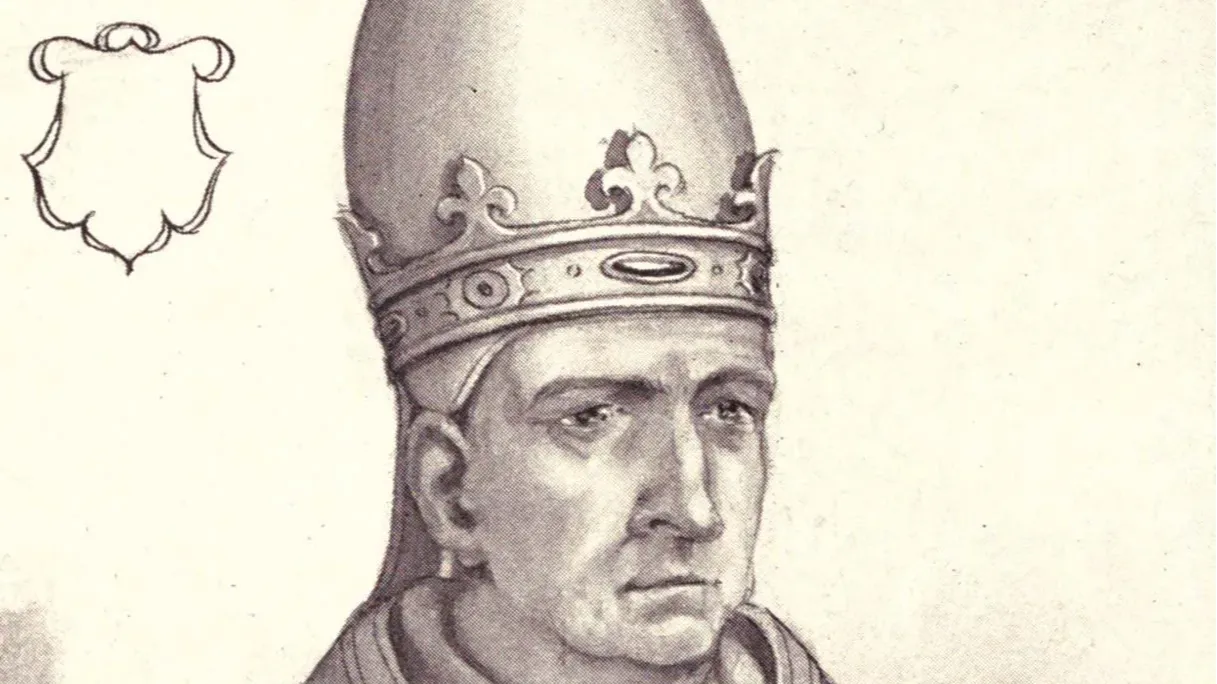
2 August 1057 – 29 March 1058
Stephen IX
Born as a subject of the Duchy of Lorraine. Sometimes called Stephen X. Member of the Order of Saint Benedict.
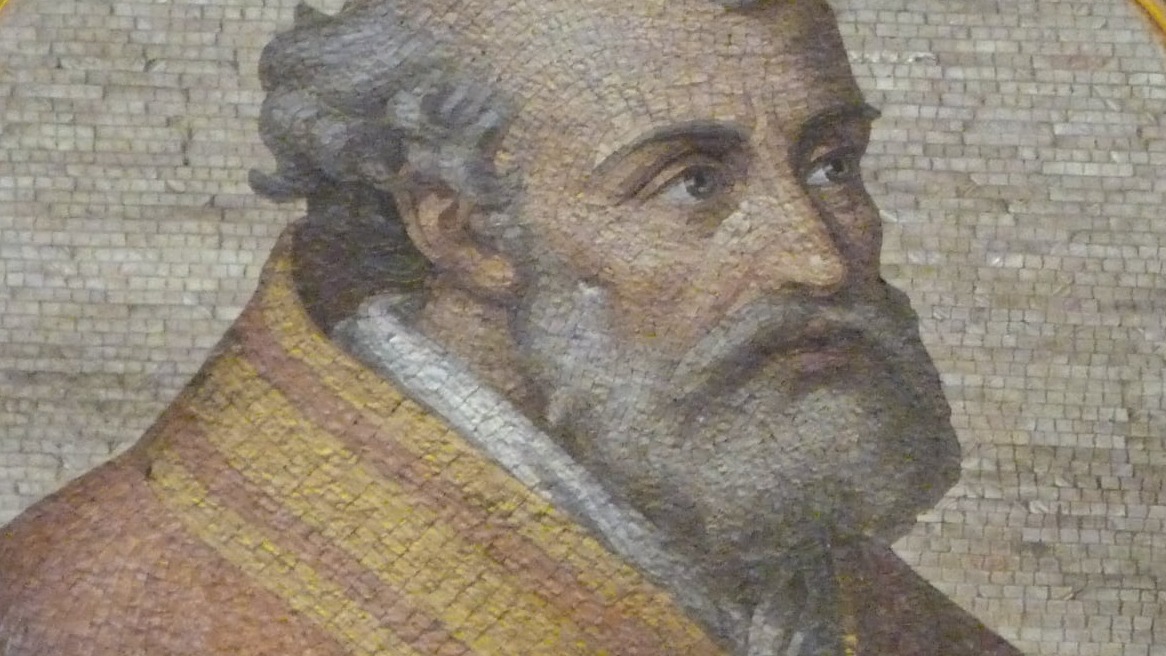
13 April 1055 – 28 July 1057
Victor II
Born as a subject of the Duchy of Swabia.
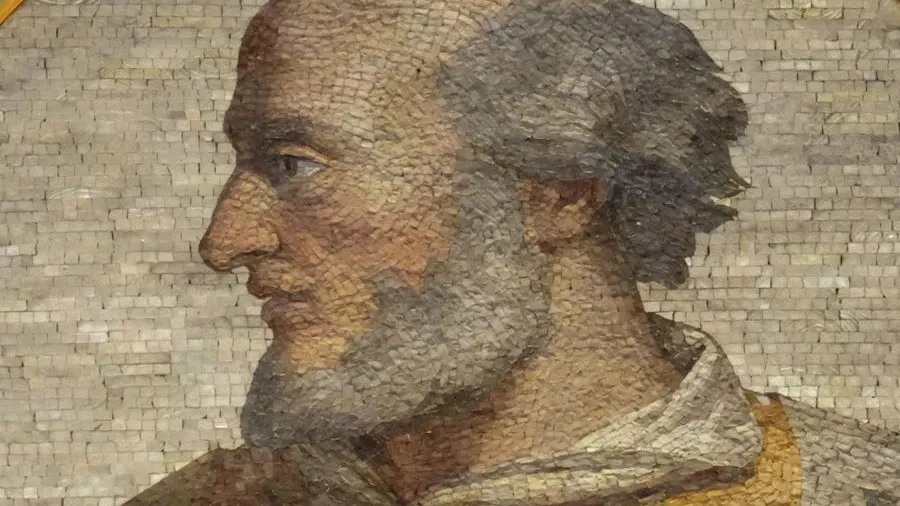
12 February 1049 – 19 April 1054
Leo IX
Born as a subject of the Duchy of Swabia. In 1054, the mutual excommunications of Leo IX's legate, cardinal Humbert of Silva Candida, and Patriarch of Constantinople Michael I Cerularius began the East–West Schism. The anathematizations were rescinded by Pope Paul VI and Patriarch Athenagoras in 1965.
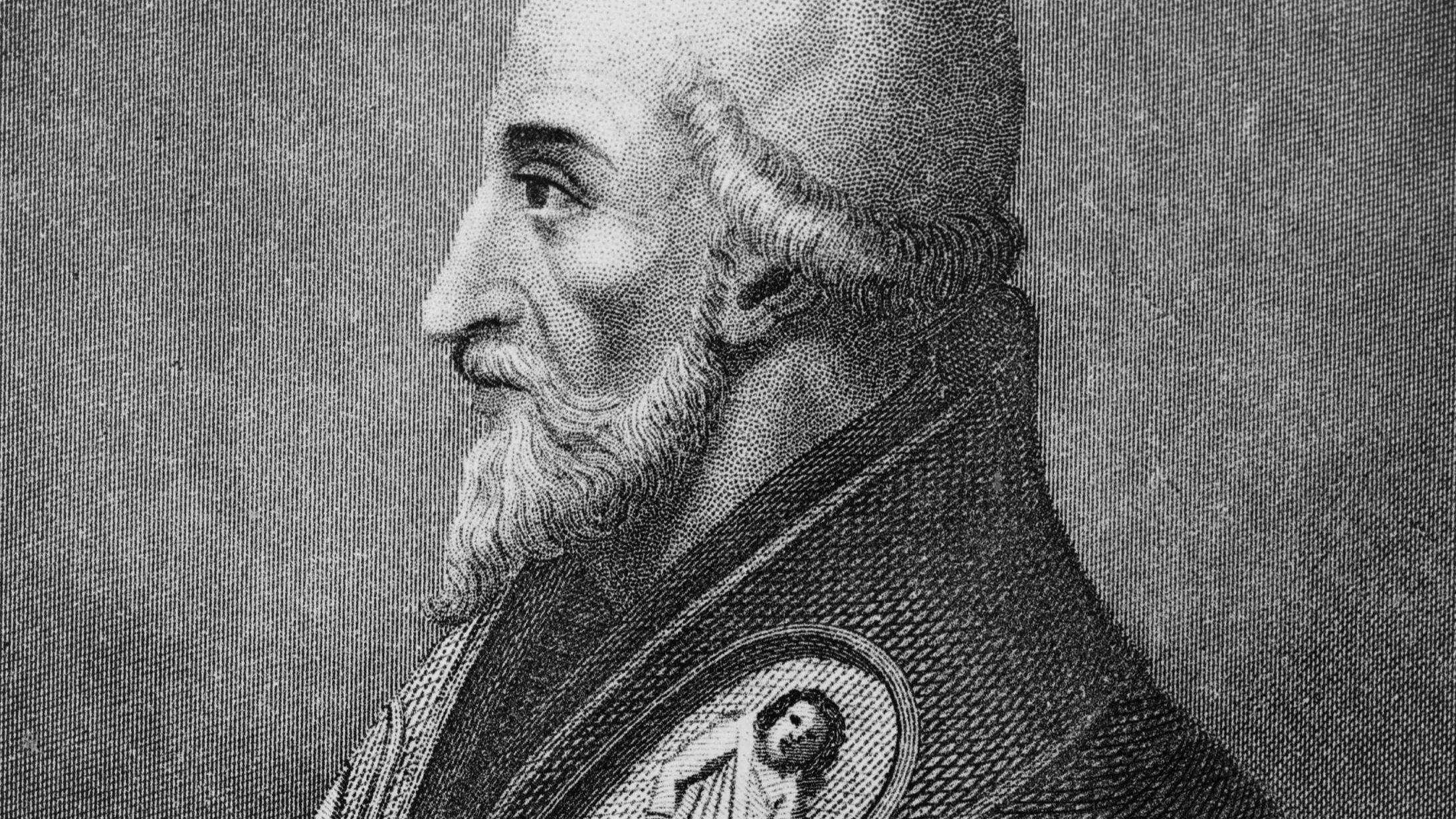
17 July 1048 – 9 August 1048
Damasus II
Born as a subject of the Duchy of Bavaria.
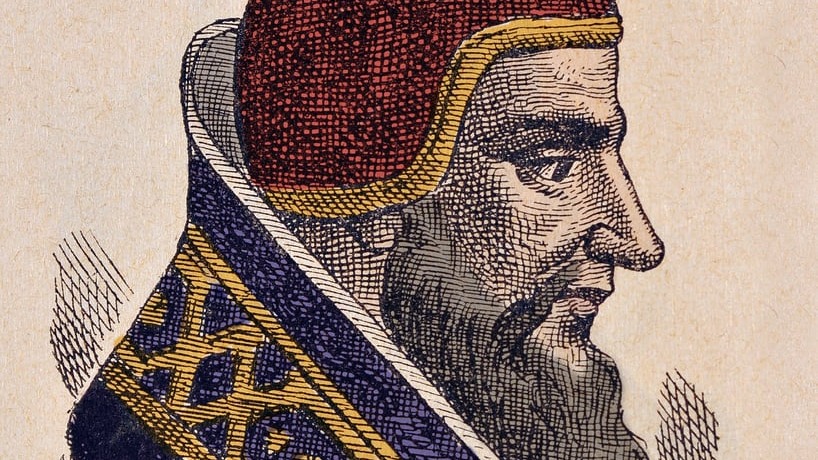
8 November 1047 – 17 July 1048
Benedict IX
Subject and later the sovereign of the Papal States. Third term; deposed and excommunicated.
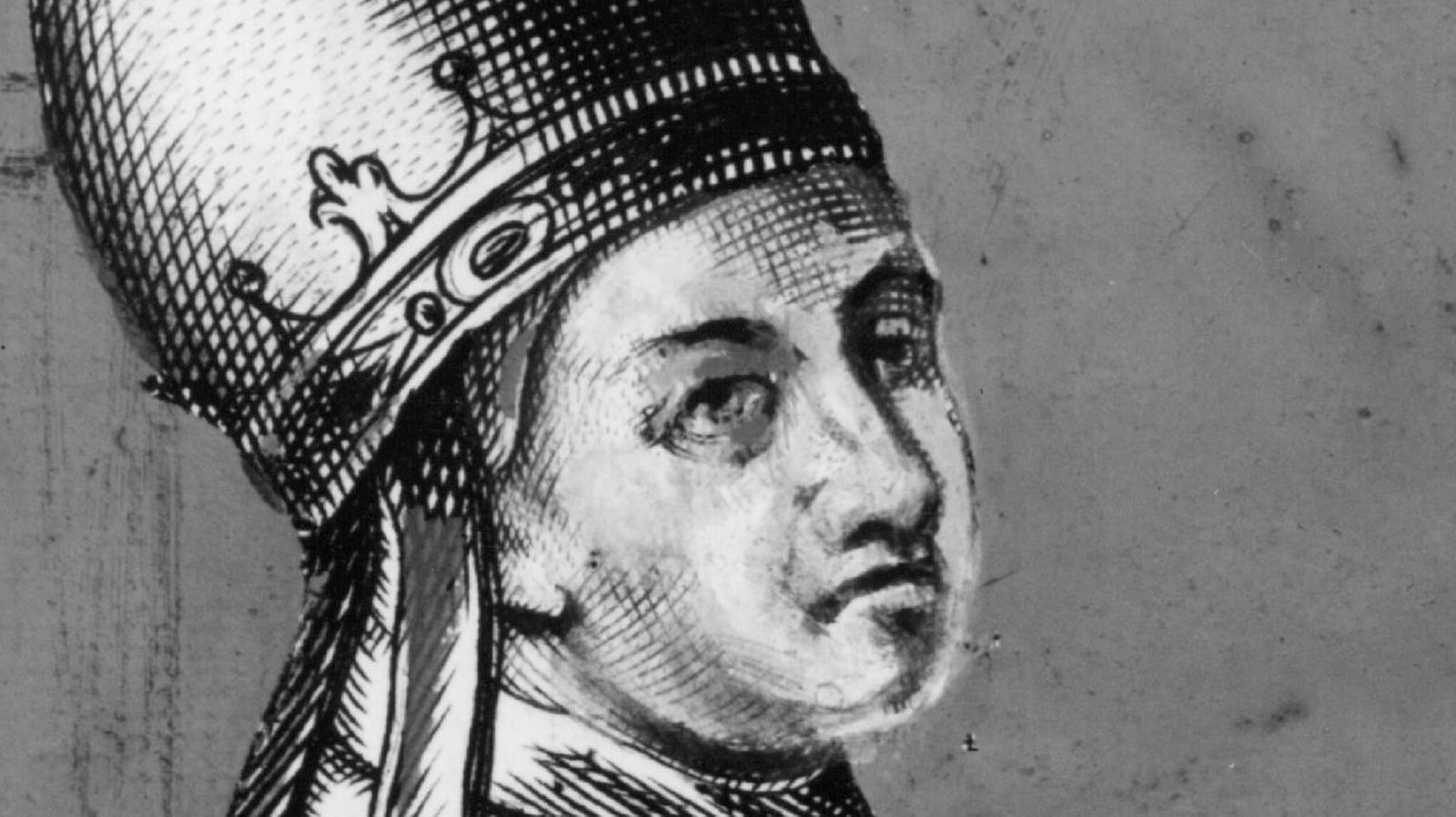
24 December 1046 – 9 October 1047
Clement II
Born as a subject of the Duchy of Saxony. Appointed by King Henry III at the Council of Sutri; crowned Henry III as emperor.
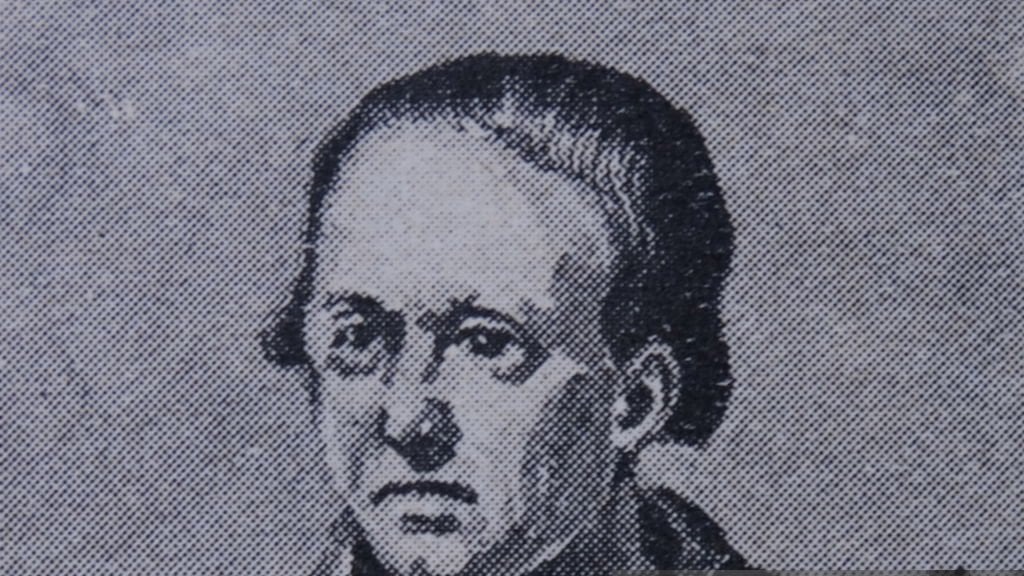
5 May 1045 – 20 December 1046
Gregory VI
Subject and later the sovereign of the Papal States. Deposed at the Council of Sutri.
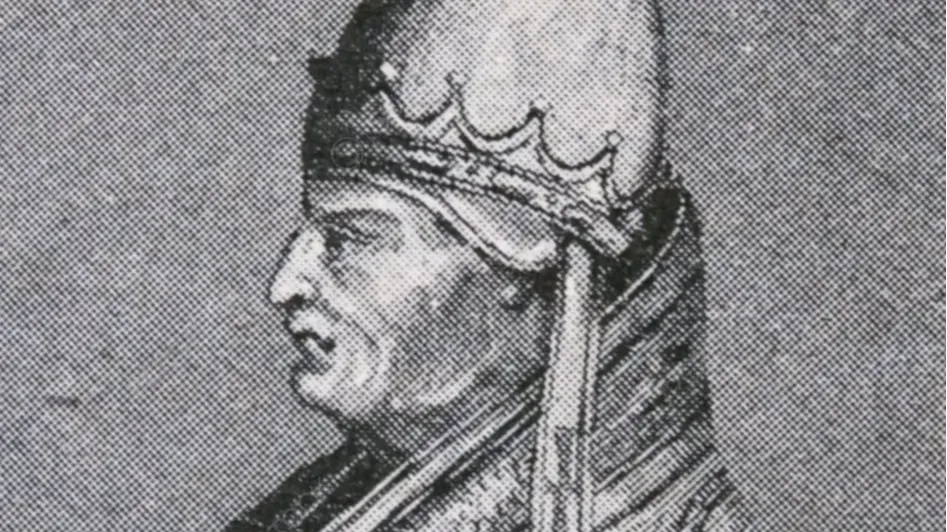
10 March 1045 – 1 May 1045
Benedict IX
Subject and later the sovereign of the Papal States. Second term; deposed at the Council of Sutri.

13 January 1045 – 10 March 1045
Sylvester III
Subject and later the sovereign of the Papal States. Validity of election questioned; considered antipope; deposed at the Council of Sutri.

21 October 1032 – 31 December 1044
Benedict IX
Subject and later the sovereign of the Papal States; first term.

14 May 1024 – 6 October 1032
John XIX
Subject and later the sovereign of the Papal States. Brother of Benedict VIII.
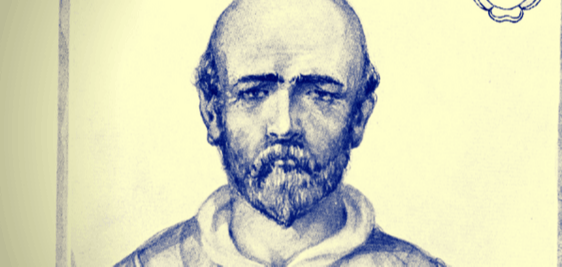
18 May 1012 – 9 April 1024
Benedict VIII
Subject and later the sovereign of the Papal States.
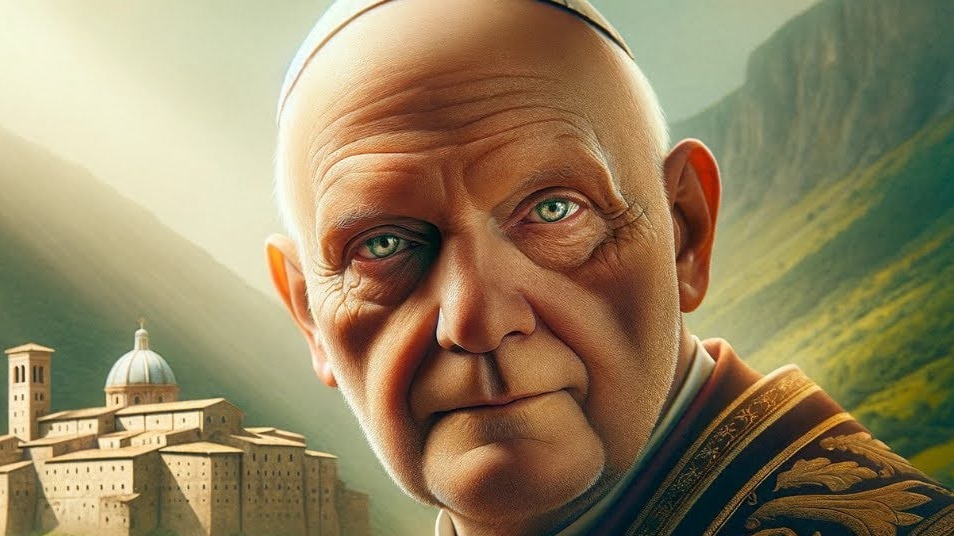
31 July 1009 – 12 May 1012
Sergius IV
Subject and later the sovereign of the Papal States.
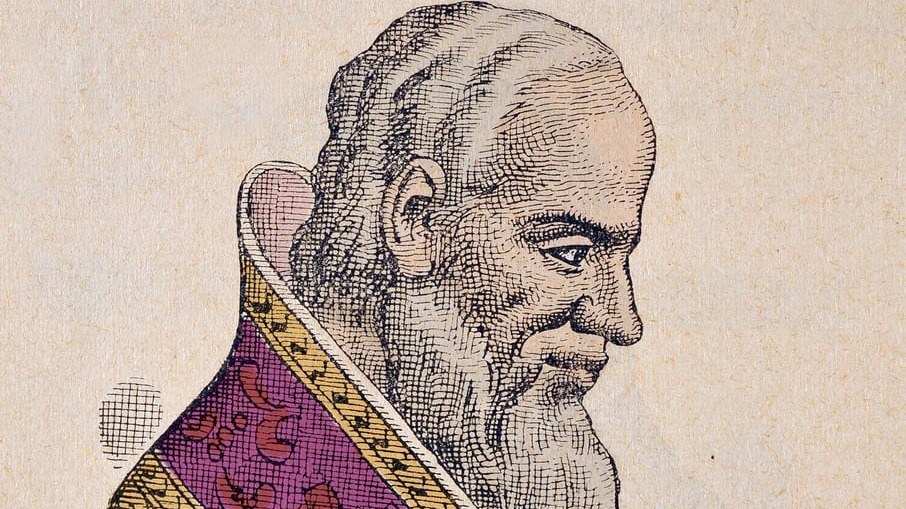
25 December 1003 – 18 July 1009
John XVIII
Subject and later the sovereign of the Papal States. First pope born after the Papal States became a state of the Holy Roman Empire in 962.
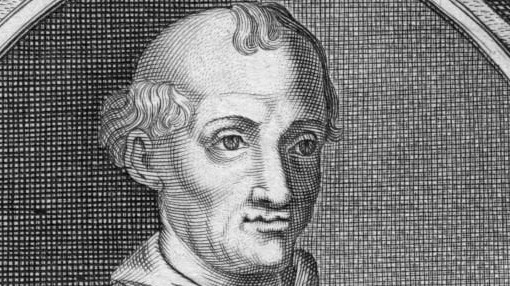
16 May 1003 – 6 November 1003
John XVII
Subject and later the sovereign of the Papal States.

2 April 999 – 12 May 1003
Sylvester II
Born Gerbert, a subject of the Kingdom of France, who was the first French (Occitan) pope.
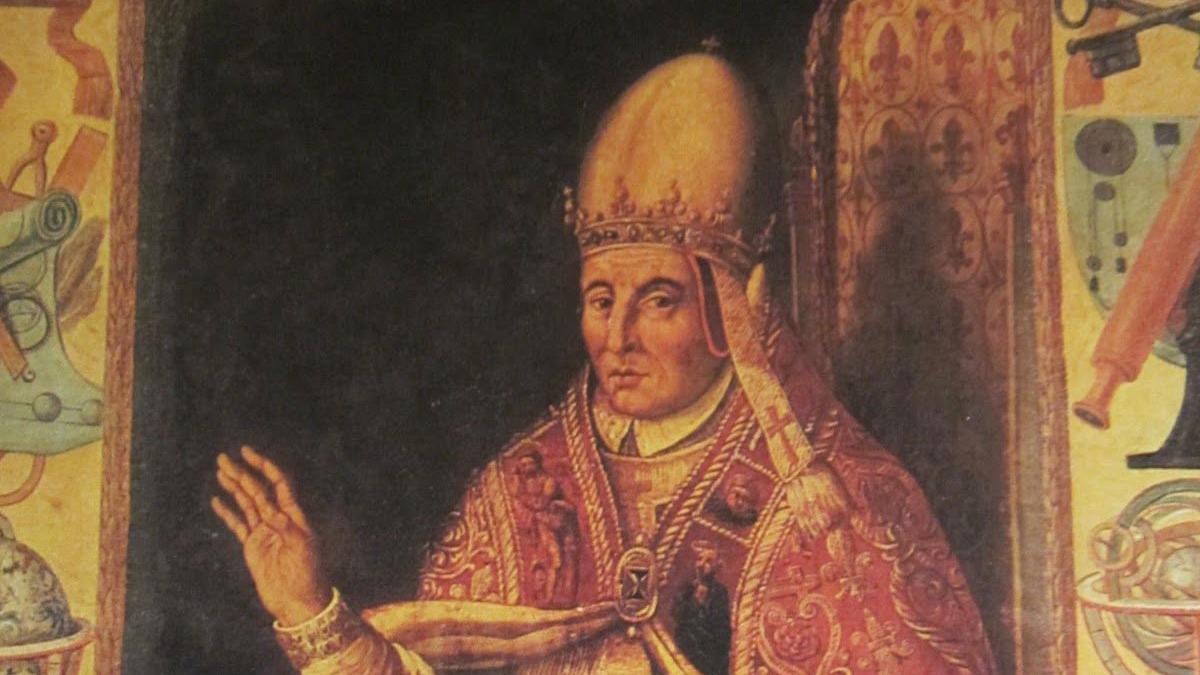
3 May 996 – 18 February 999
Gregory V
Born as a subject of the Duchy of Carinthia, the first official German pope and fifth not to use his personal name (Bruno). Henceforth, this decision became tradition among future popes.
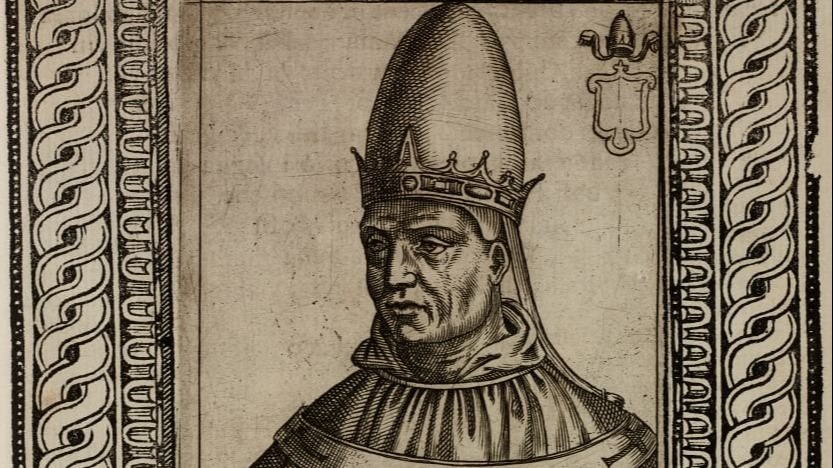
20 August 985 – 1 April 996
John XV
Subject and later the sovereign of the Papal States. The first pope to formally canonize a saint.
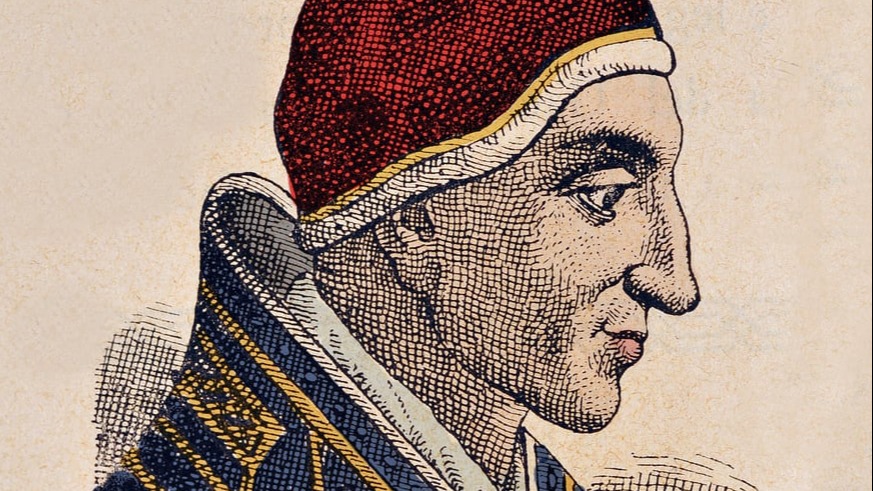
December 983 – 20 August 984
John XIV
Subject and later the sovereign of the Papal States. Fourth pope not to use his personal name (Pietro Canepanova).
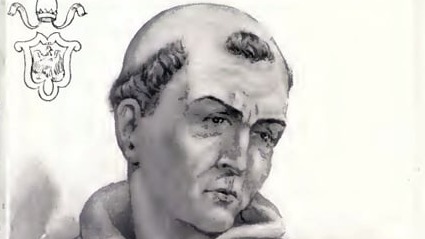
October 974 – 10 July 983
Benedict VII
Subject and later the sovereign of the Papal States.
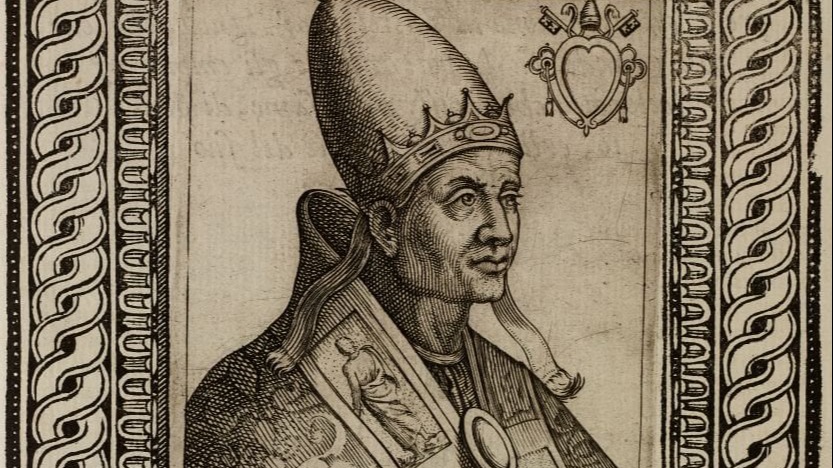
19 January 973 – 8 June 974
Benedict VI
Subject and later the sovereign of the Papal States, was of Lombard ethnicity. Deposed and murdered.

1 October 965 – 6 September 972
John XIII
Subject and later the sovereign of the Papal States. Chronicled after his death as "the Good".
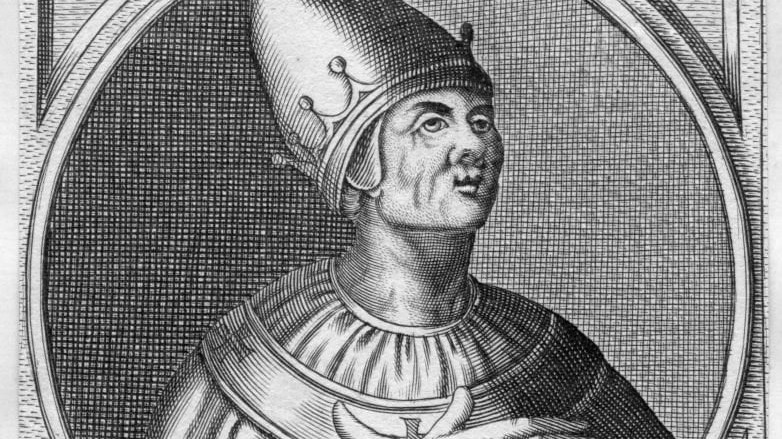
23 June 964 – 1 March 965
Leo VIII
Subject and later the sovereign of the Papal States. His pontificate from 963 to 964 is considered illegitimate by today's Catholic Church. An appointee of Emperor Otto I, his pontificate occurred during the period known as the Saeculum obscurum.
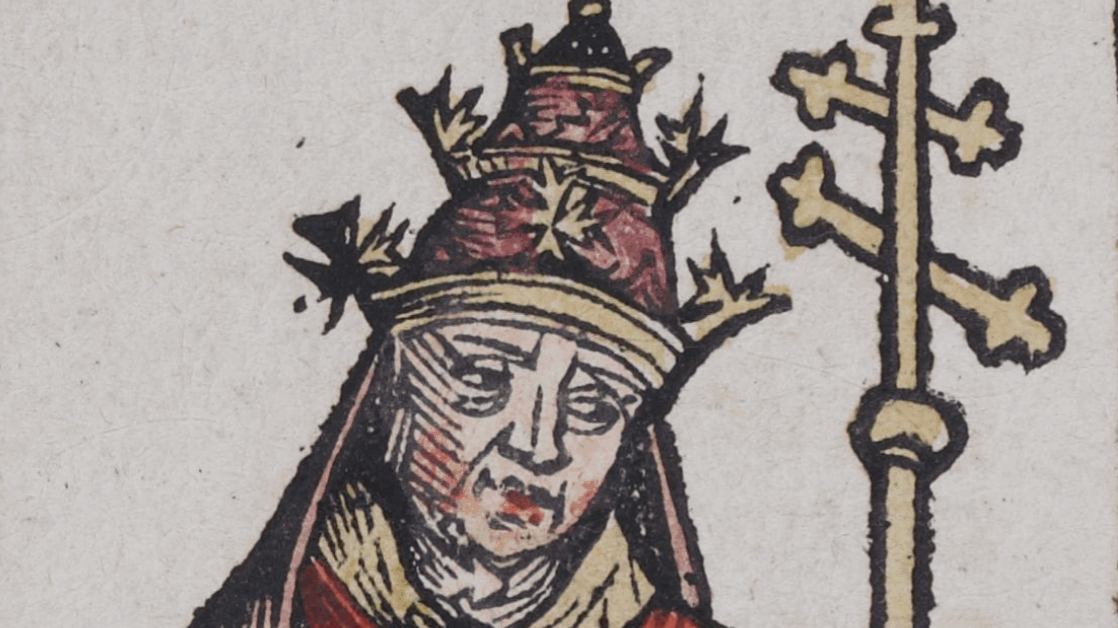
22 May 964 – 23 June 964
Benedict V
Subject and later the sovereign of the Papal States. Elected by the people of Rome, in opposition to Leo VIII who was appointed by Emperor Otto; he accepted his own deposition in 964 leaving Leo VIII as the sole pope.
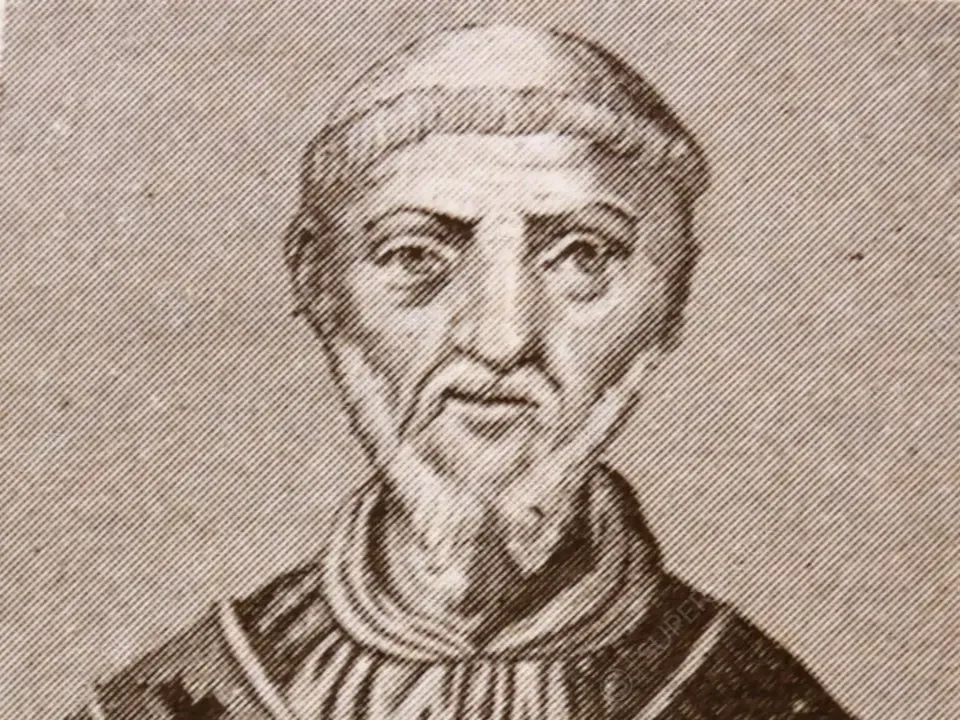
16 December 955 – 14 May 964
John XII
Subject and later the sovereign of the Papal States. Third pope not to use his personal name (Octavian). Deposed in 963 by Emperor Otto invalidly; end of the "Saeculum obscurum". Possibly murdered in 964.
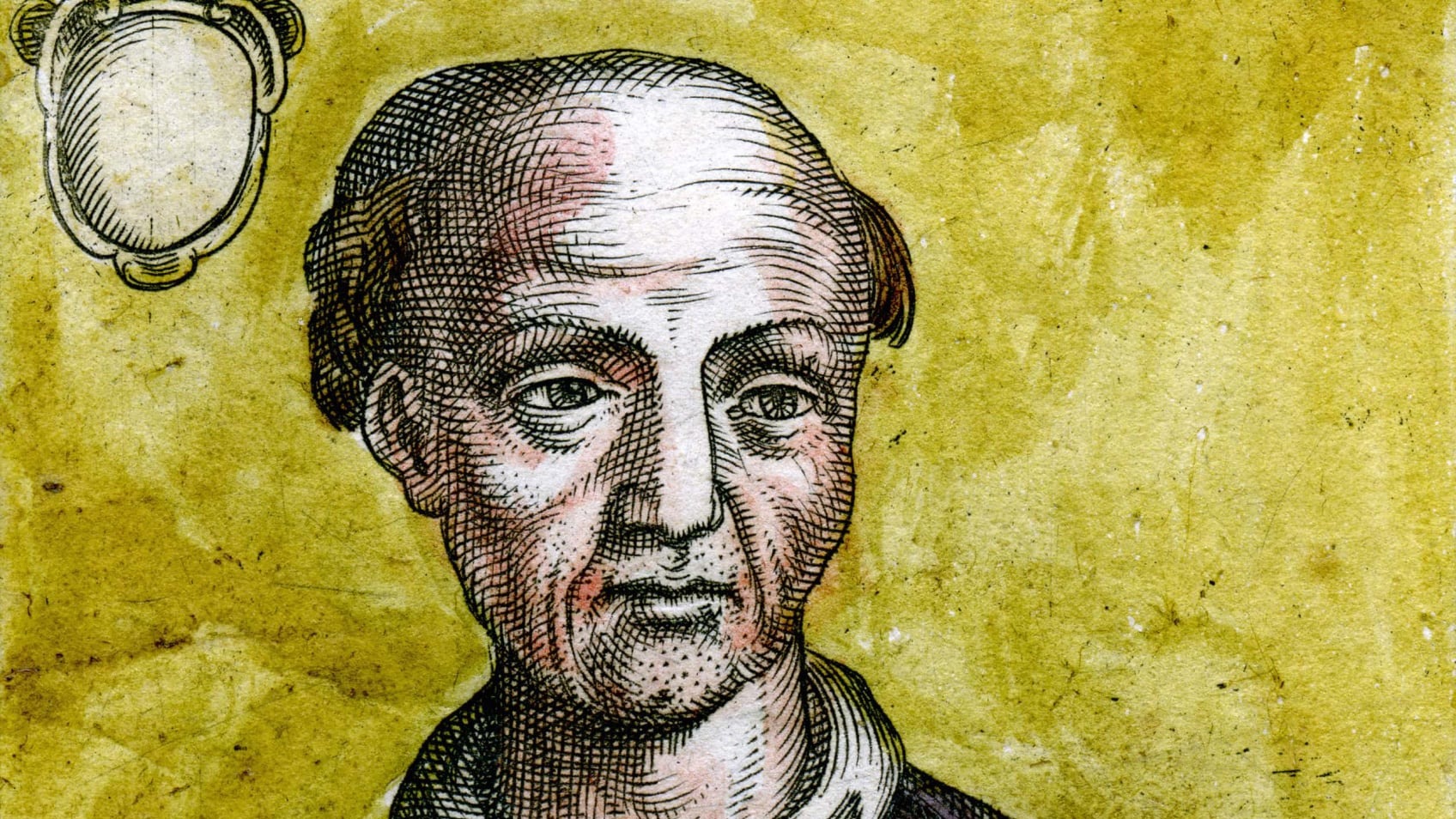
10 May 946 – 8 November 955
Agapetus II
Subject and later the sovereign of the Papal States.
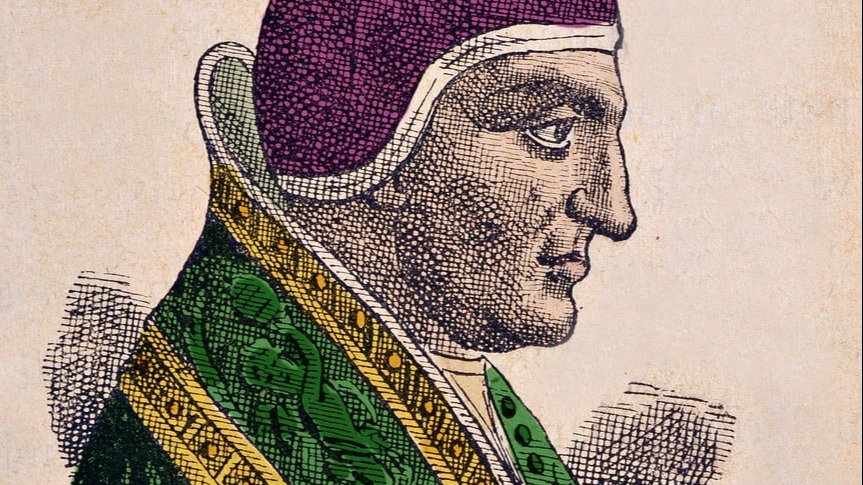
30 October 942 – 1 May 946
Marinus II
Subject and later the sovereign of the Papal States. Erroneously also known as Martin III.

30 October 942 – 1 May 946
Marinus II
Subject and later the sovereign of the Papal States. Erroneously also known as Martin III.
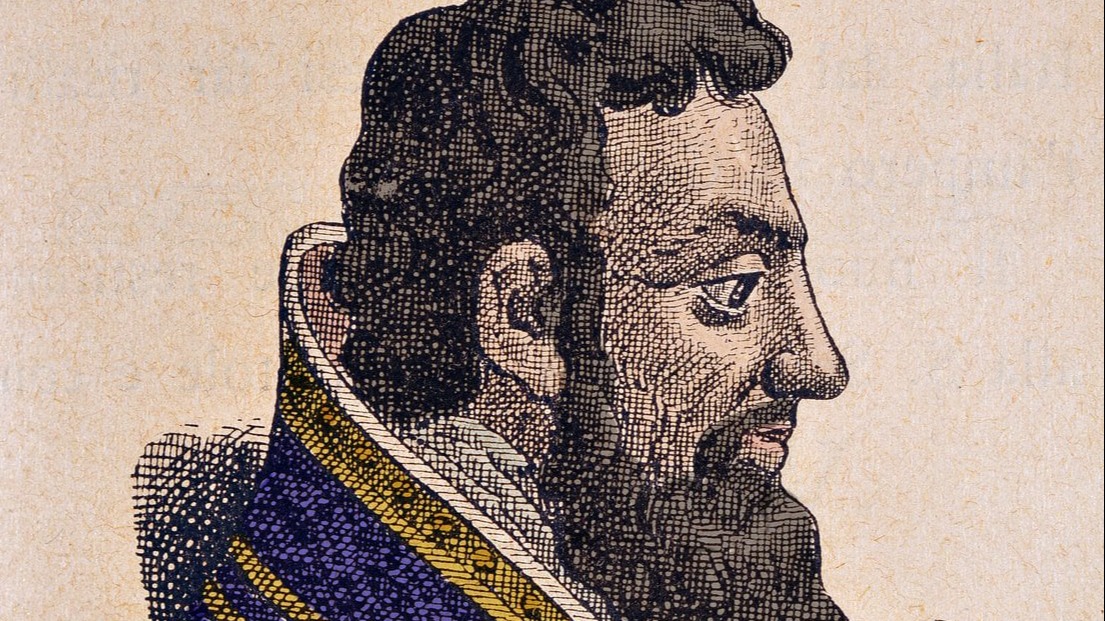
14 July 939 – 30 October 942
Stephen VIII
Subject and later the sovereign of the Papal States. Sometimes called Stephen IX.
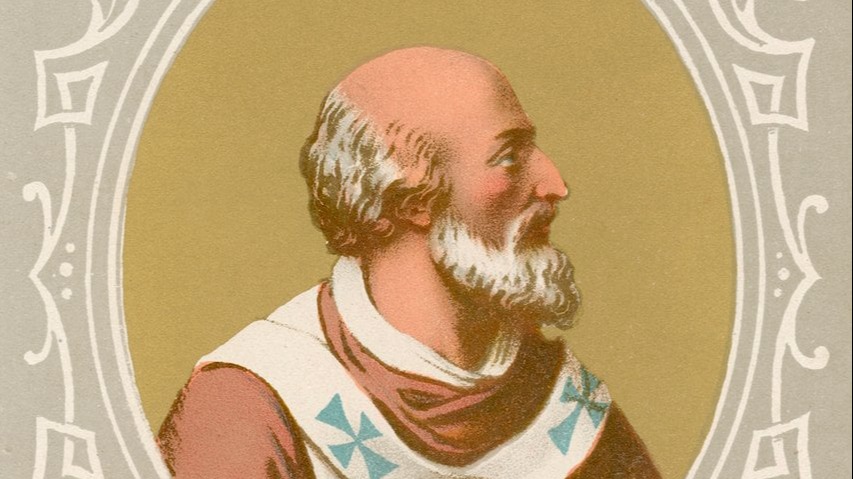
3 January 936 – 13 July 939
Leo VII
Subject and later the sovereign of the Papal States. Member of the Order of Saint Benedict.
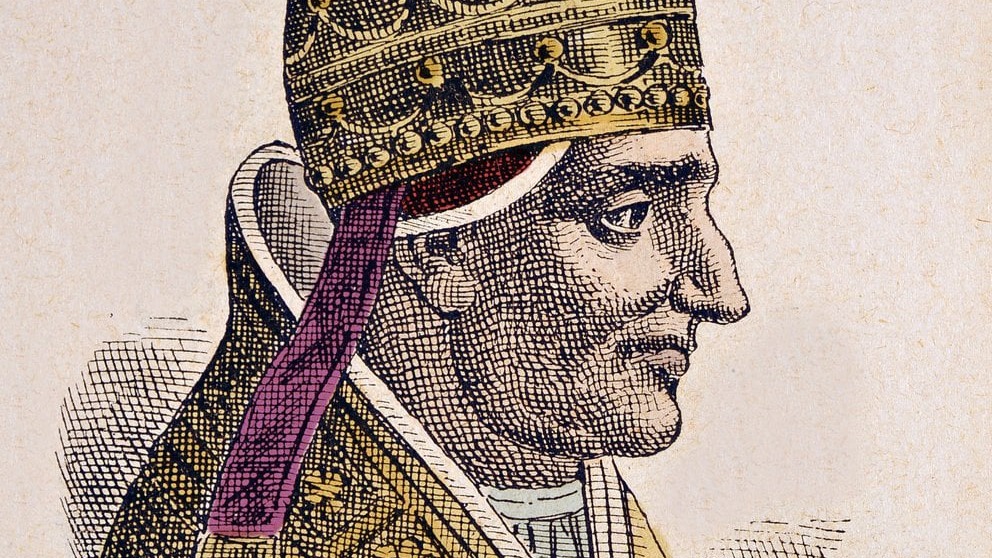
15 March 931 – Dec 935
John XI
Subject and later the sovereign of the Papal States. Probably, according to the Liber Pontificalis and Liutprand of Cremona, the son of Pope Sergius III, and not of Alberic I of Spoleto, who was Marozia's husband.
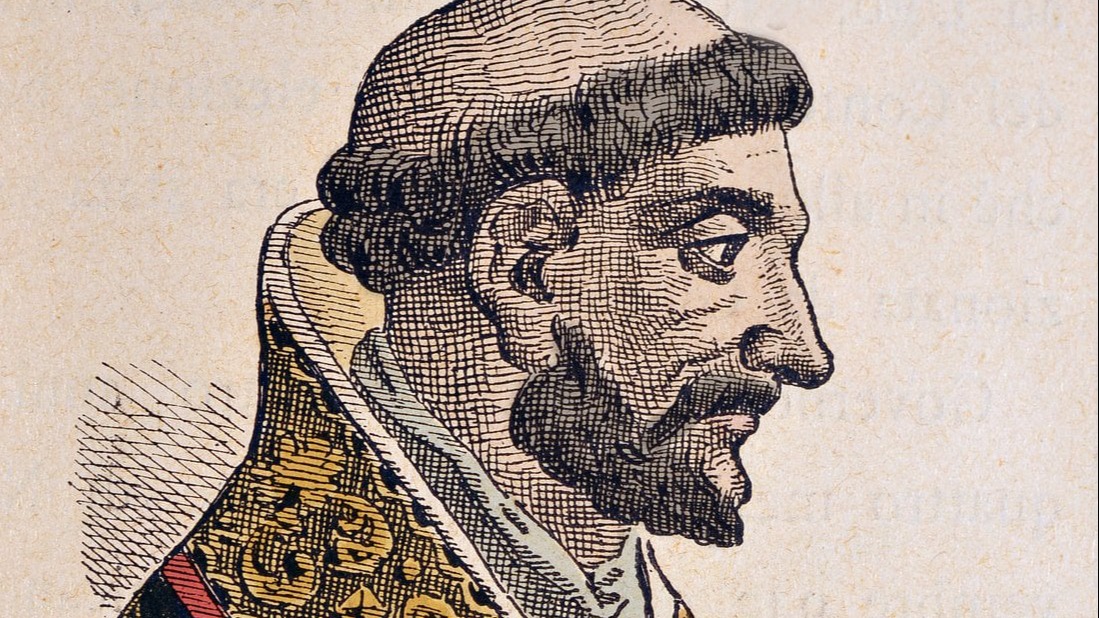
3 February 929 – 13 February 931
Stephen VII
Subject and later the sovereign of the Papal States. Sometimes called Stephen VIII.
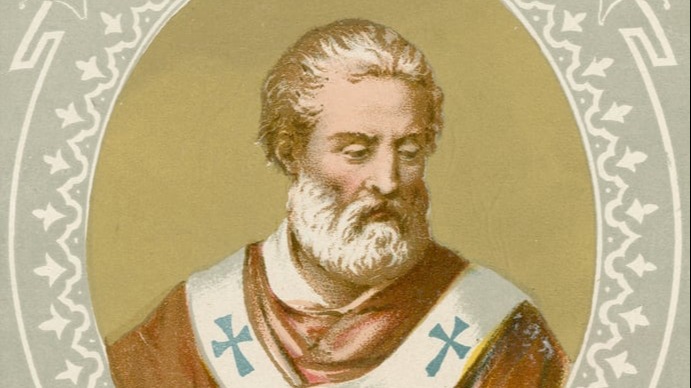
28 May 928 – Dec 928
Leo VI
Subject and later the sovereign of the Papal States.
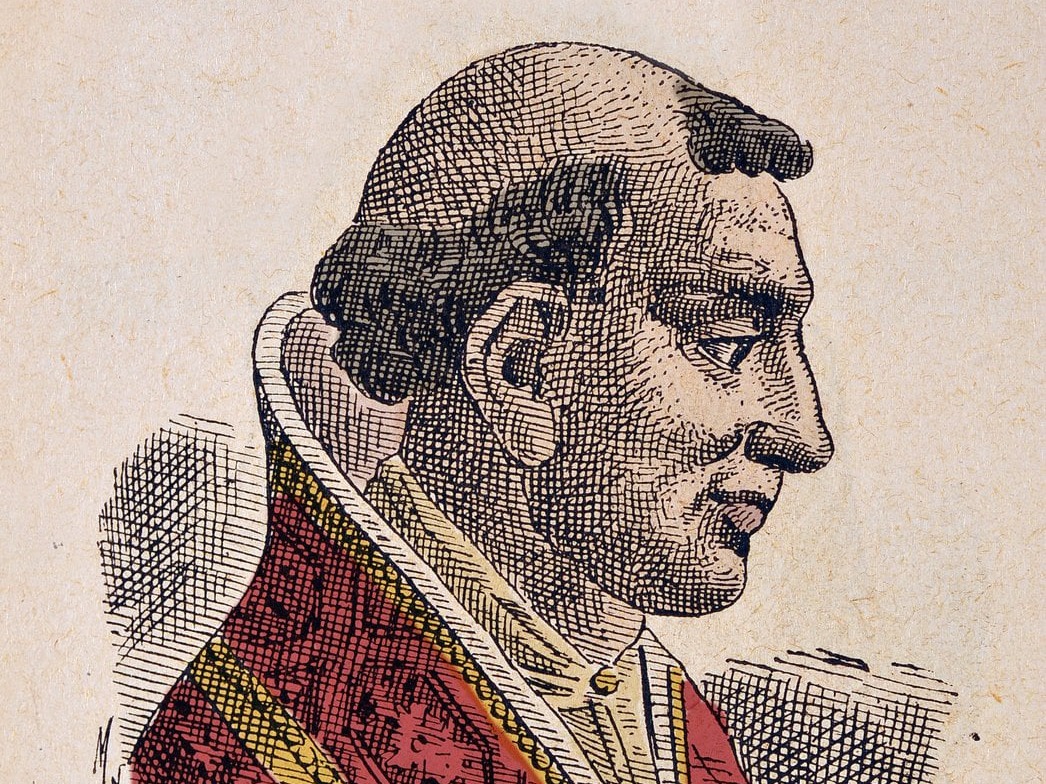
March 914 – 28 May 928
John X
Subject and later the sovereign of the Papal States.
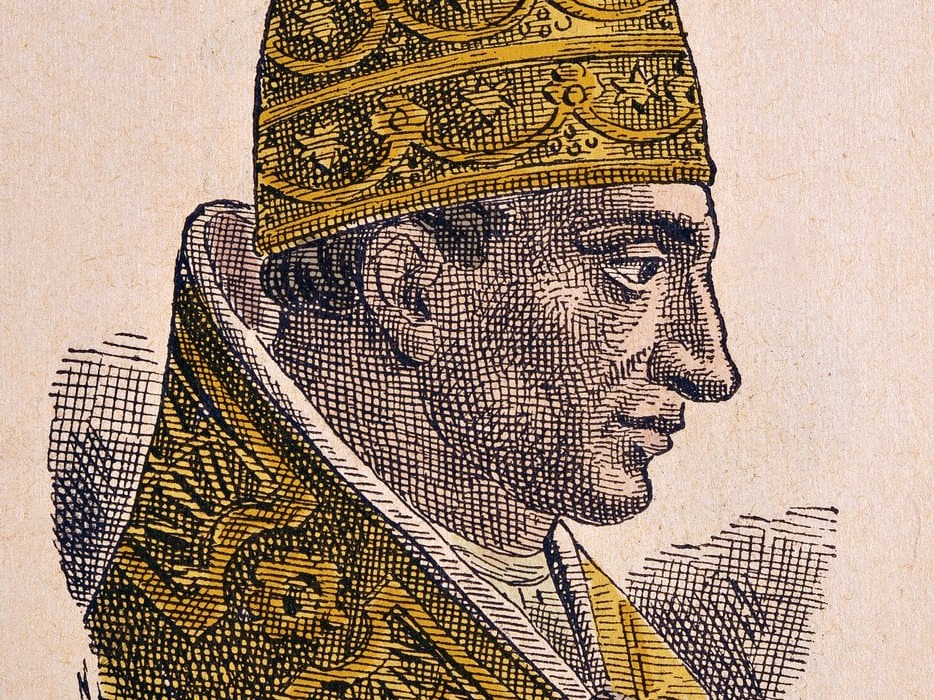
7 July 913 – 5 February 914
Lando
Subject and later the sovereign of the Papal States.
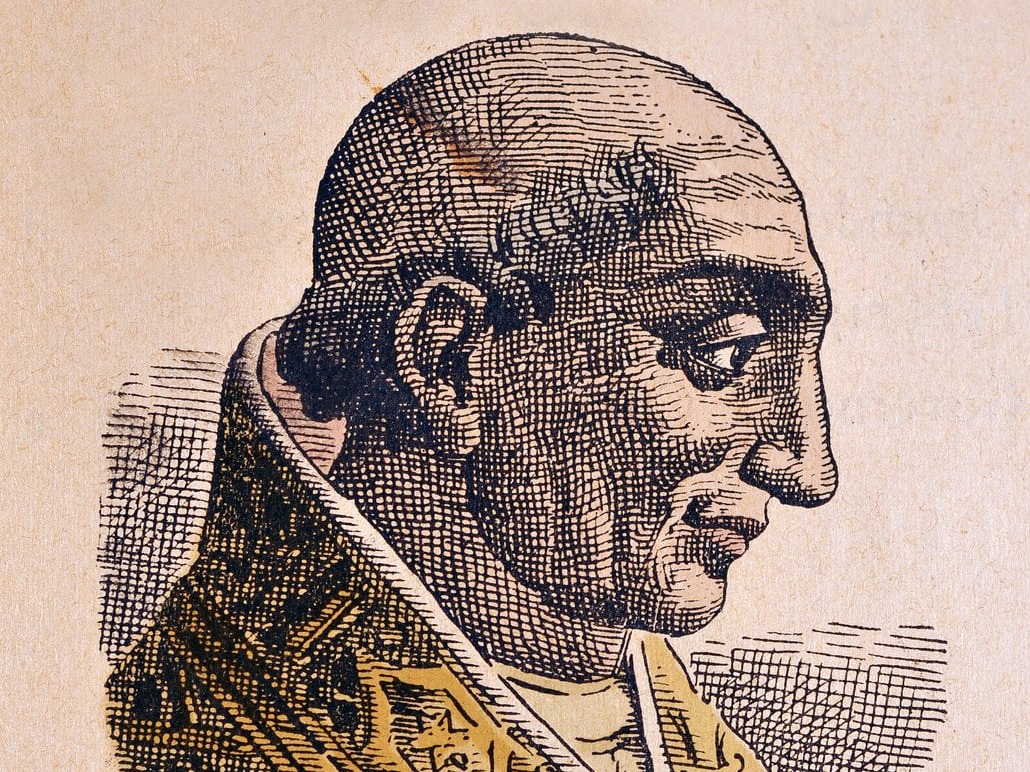
14 April 911 – June 913
Anastasius III
Subject and later the sovereign of the Papal States.
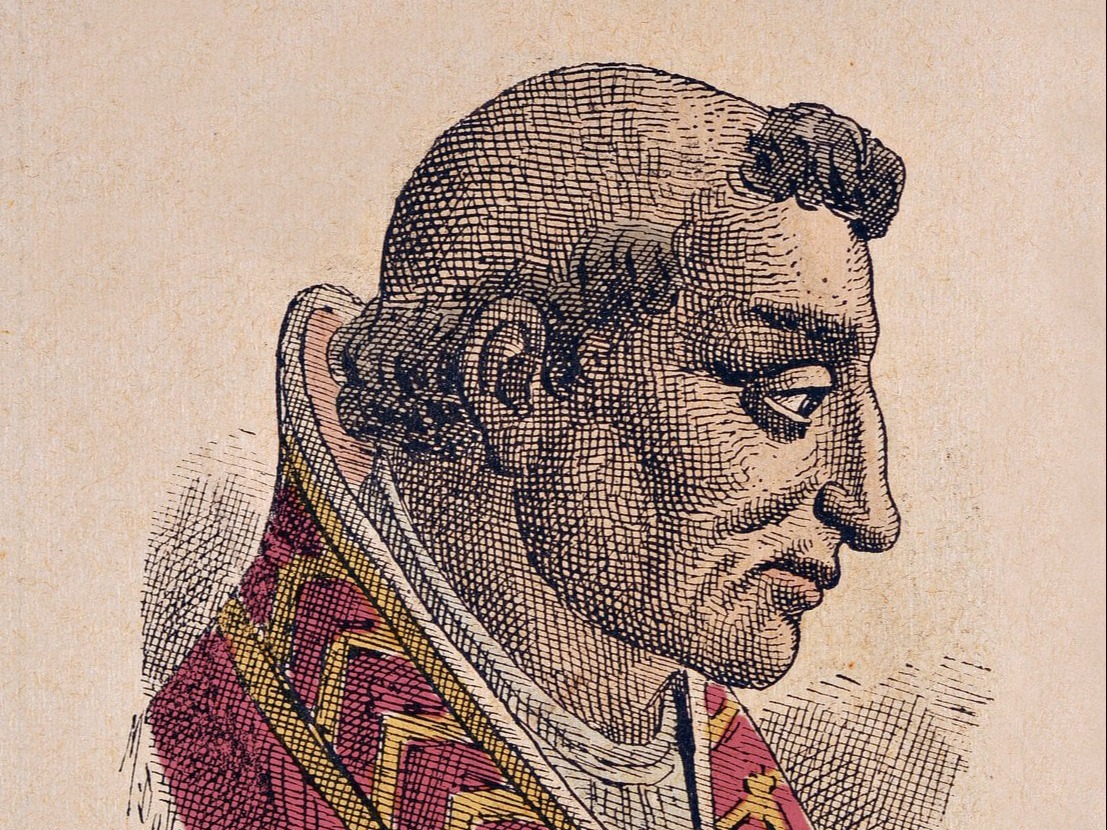
29 January 904 – 14 April 911
Sergius III
Subject and later the sovereign of the Papal States. "Saeculum obscurum" begins. The first pope to be depicted with the Papal Tiara.
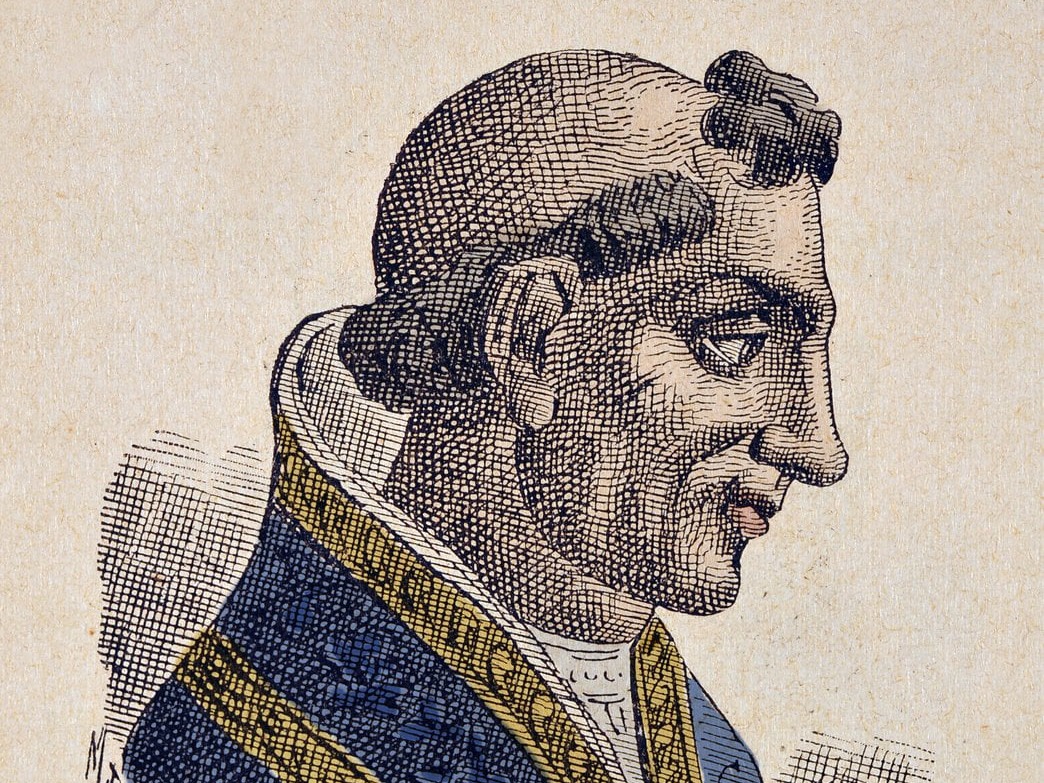
30 July 903 – Dec 903
Leo V
Subject and later the sovereign of the Papal States. Deposed and murdered.
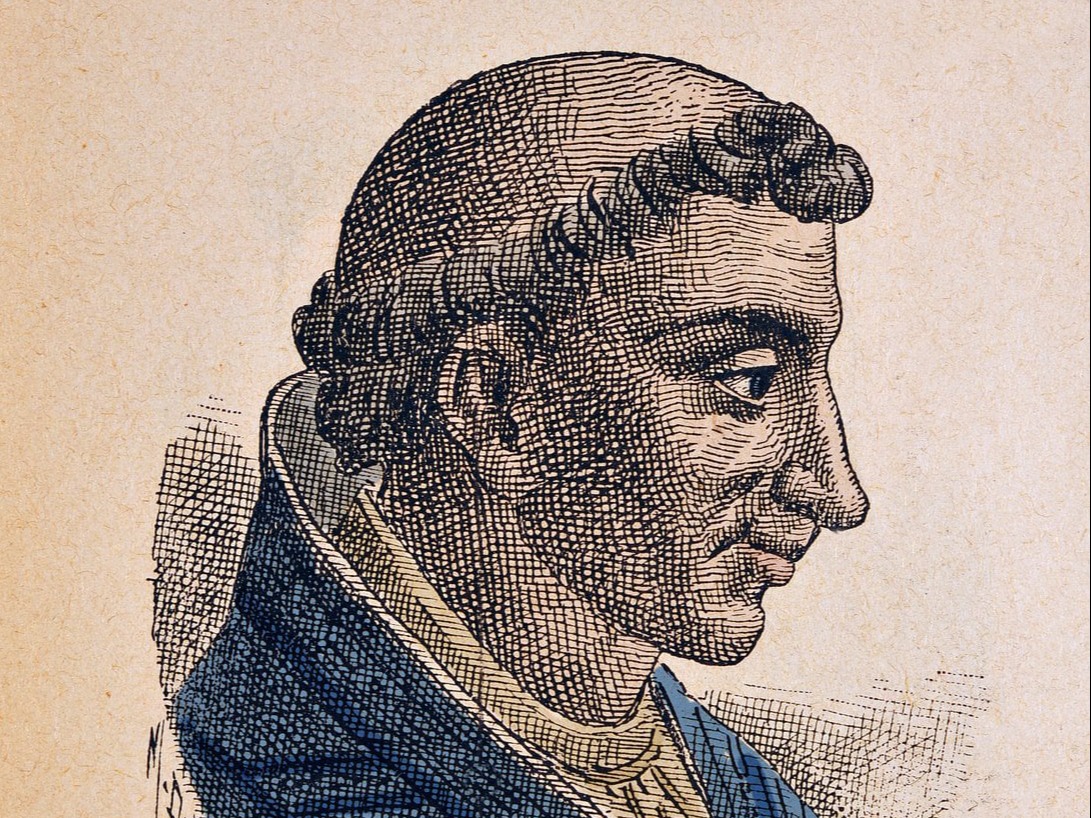
1 February 900 – 30 July 903
Benedict IV
Subject and later the sovereign of the Papal States.
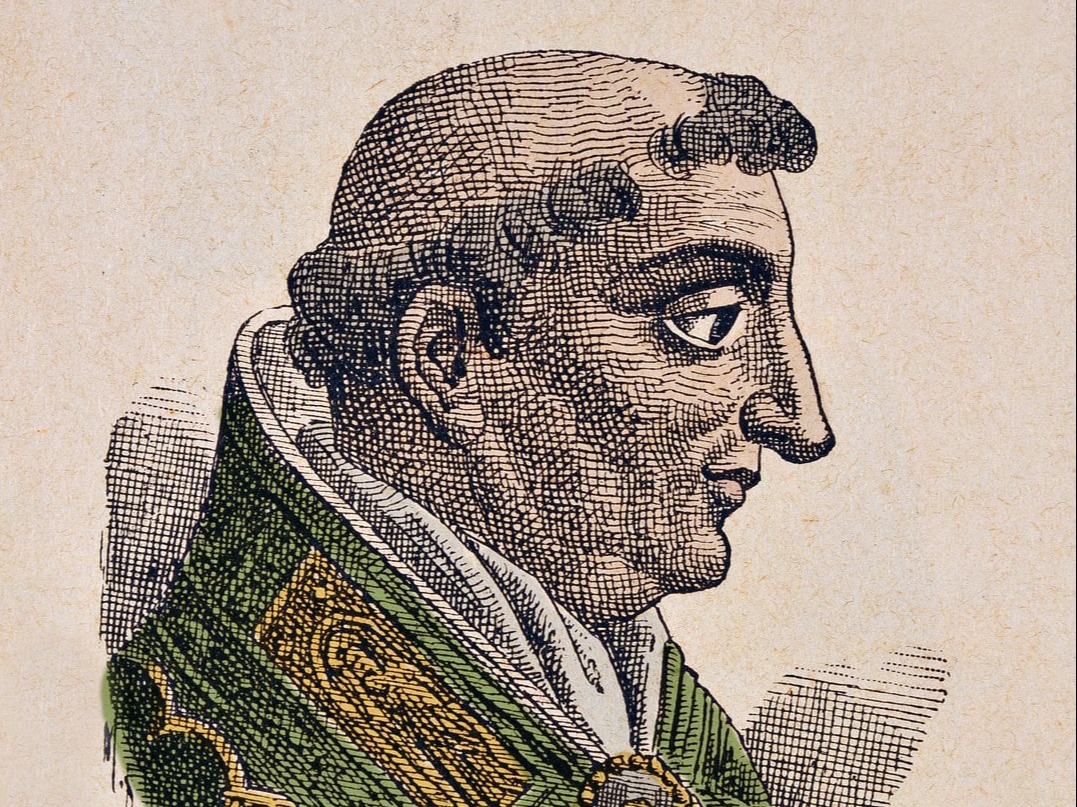
18 January 898 – 5 January 900
John IX
Subject and later the sovereign of the Papal States, of Lombard ethnicity. Member of the Order of Saint Benedict.
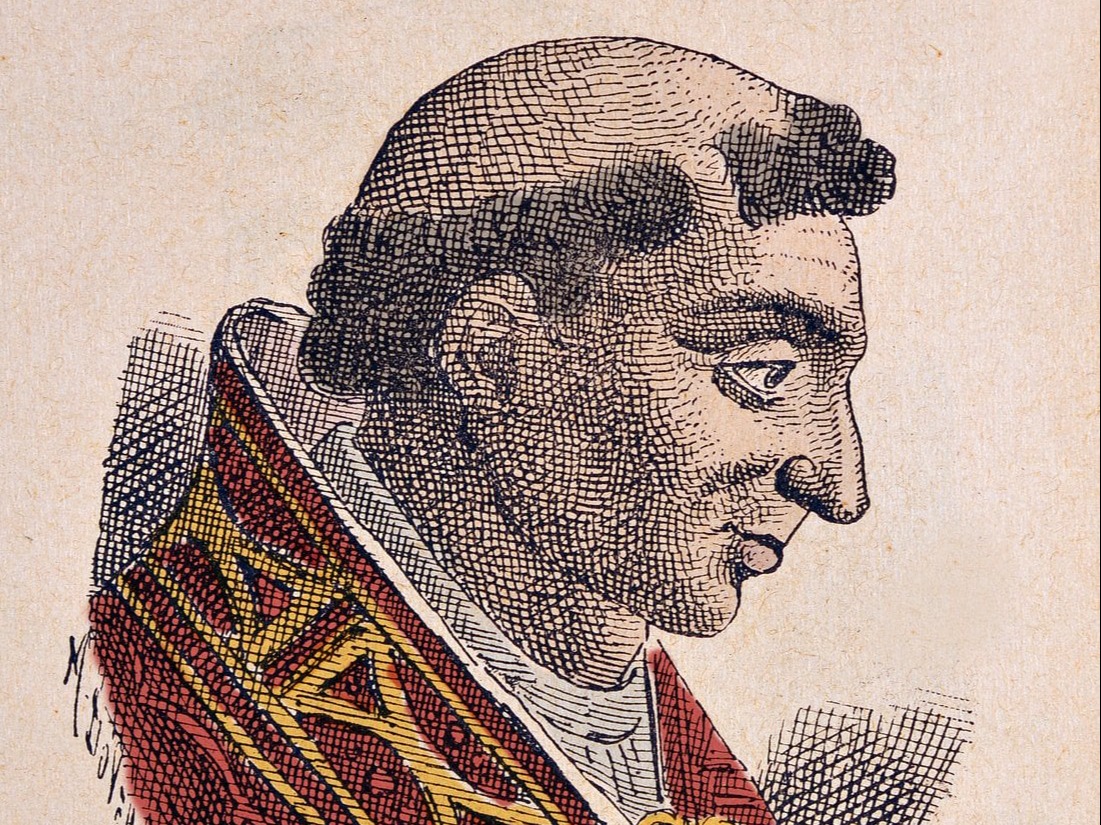
December 897 – 20 December 897
Theodore II
Subject and later the sovereign of the Papal States, of Greek ethnicity.
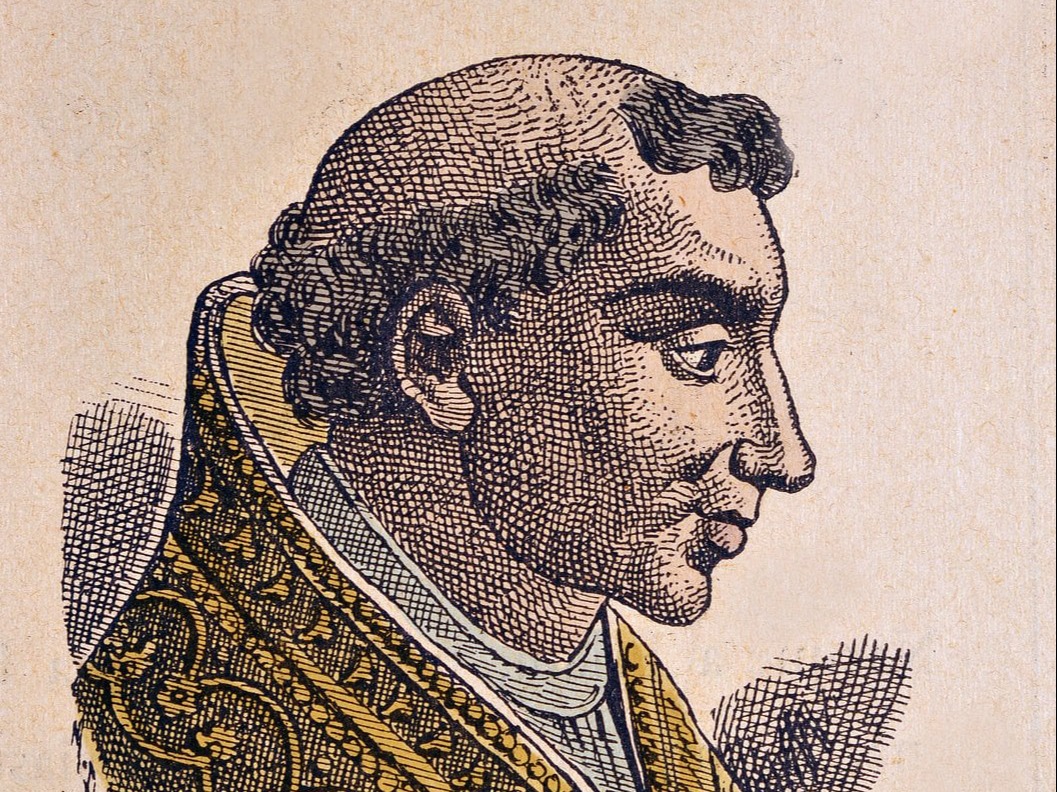
4 August 897 – Nov 897
Romanus
Subject and later the sovereign of the Papal States.
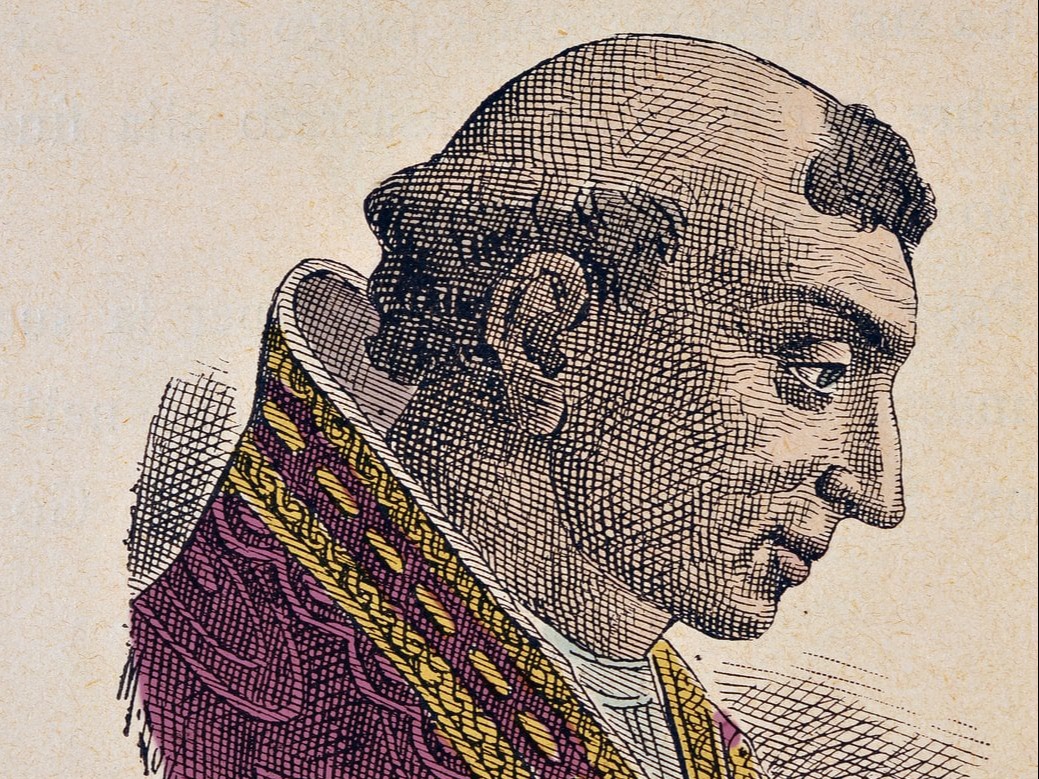
22 May 896 – 14 August 897
Stephen VI
Subject and later the sovereign of the Papal States. Sometimes called Stephen VII. Held the infamous Cadaver Synod.
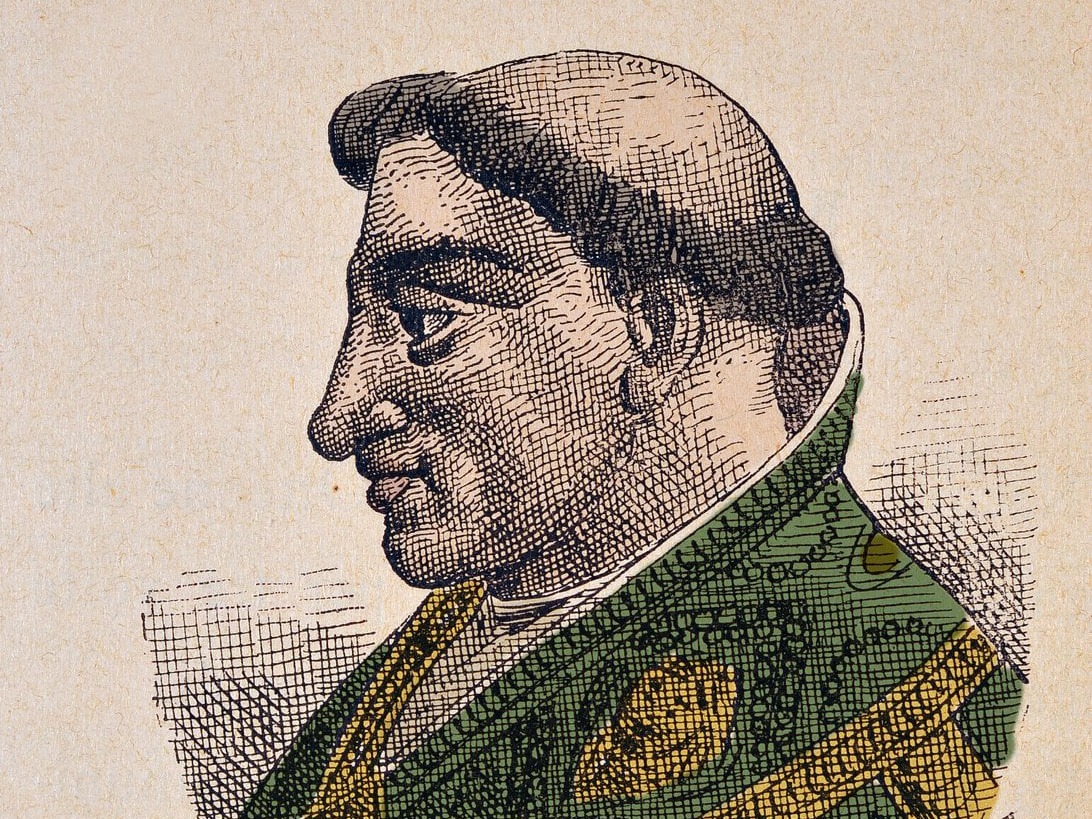
11 April 896 – 26 April 896
Boniface VI
Subject and later the sovereign of the Papal States.
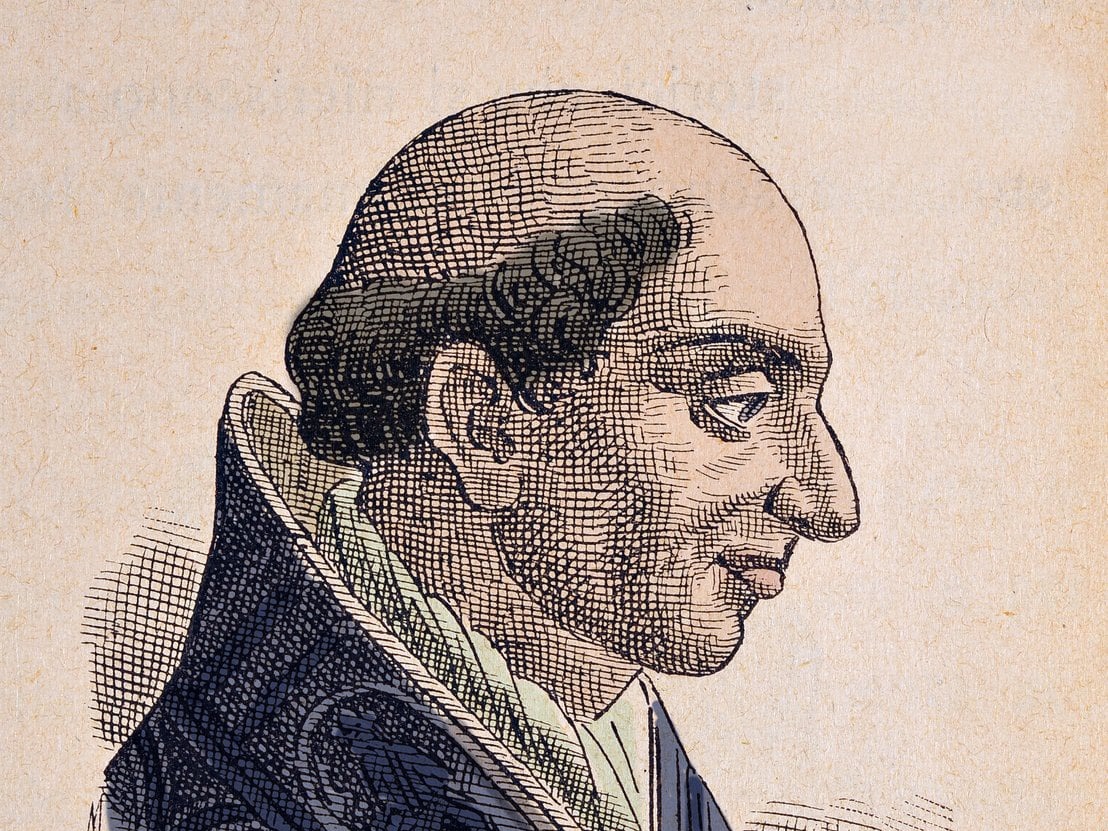
6 October 891 – 4 April 896
Formosus
Subject and later the sovereign of the Papal States. In early 897 posthumously executed following the Cadaver Synod. His body was reburied with full Christian honors in 897.
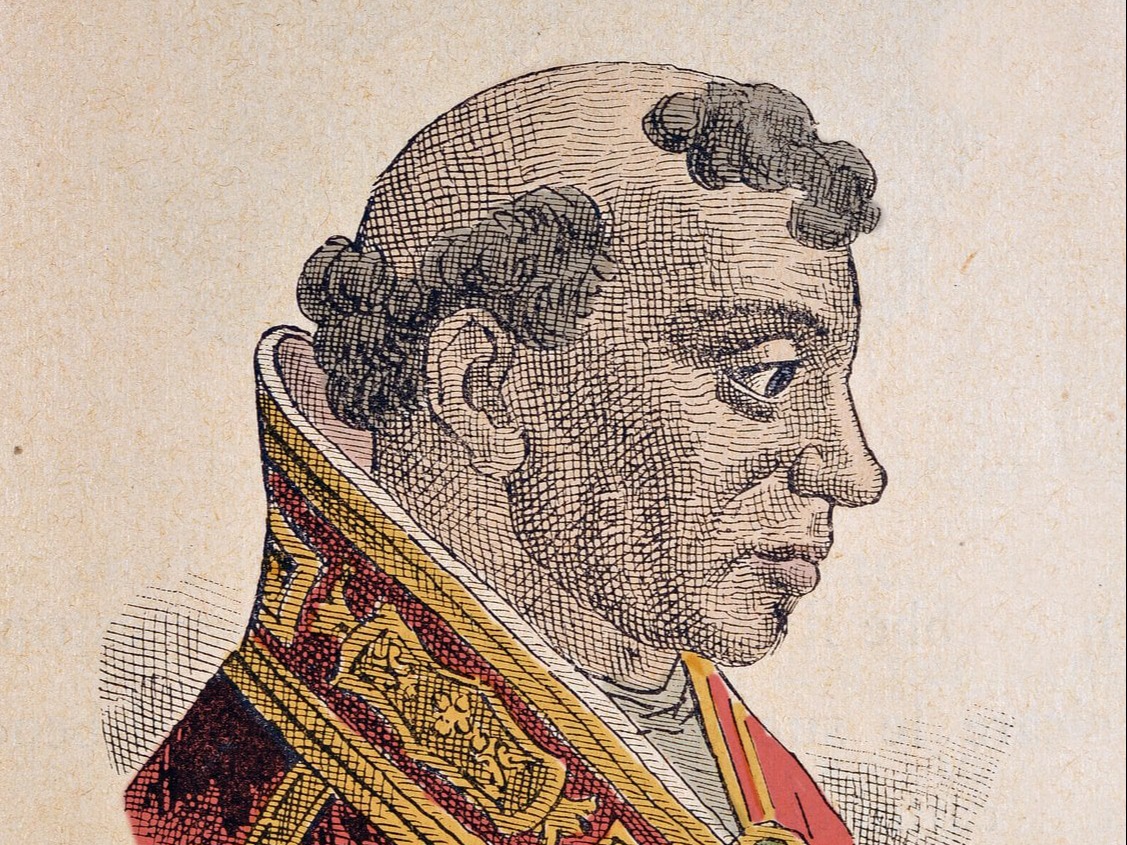
14 September 885 – 4 September 891
Stephen V
Subject and later the sovereign of the Papal States. Sometimes called Stephen VI.
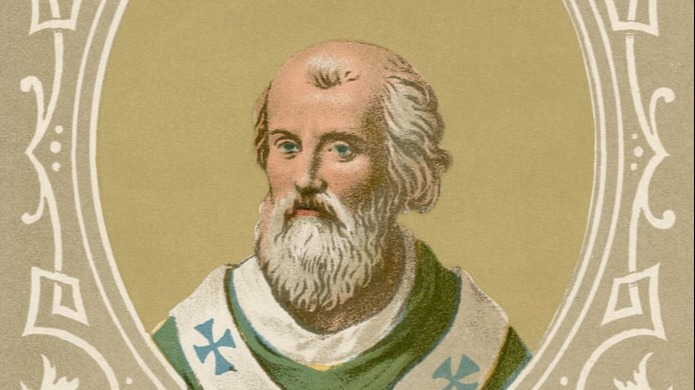
17 May 884 – 15 September 885
Adrian III
Subject and later the sovereign of the Papal States. Feast day 8 July. Adrian I was possibly his ancestor.
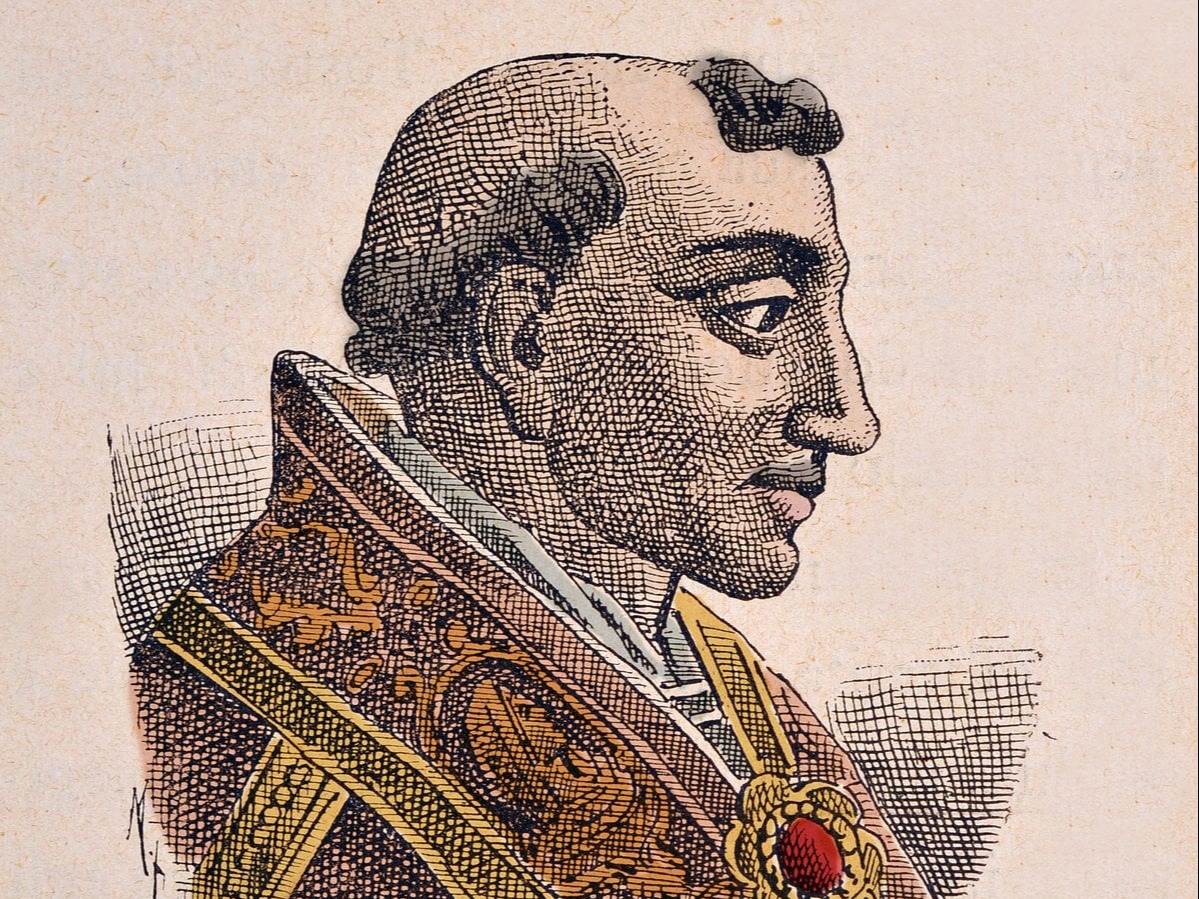
16 December 882 – 15 May 884
Marinus I
Subject and later the sovereign of the Papal States. Erroneously also known as Martin II.
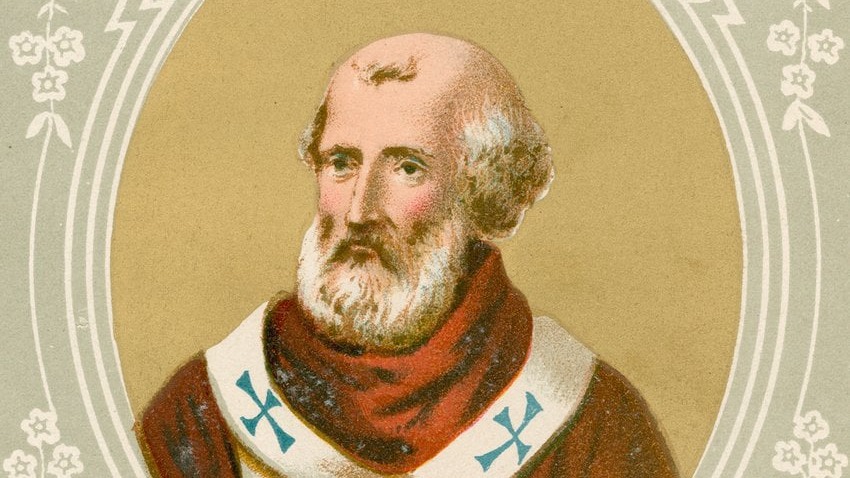
14 December 872 – 16 December 882
John VIII
Subject and later the sovereign of the Papal States. First pope to be assassinated.
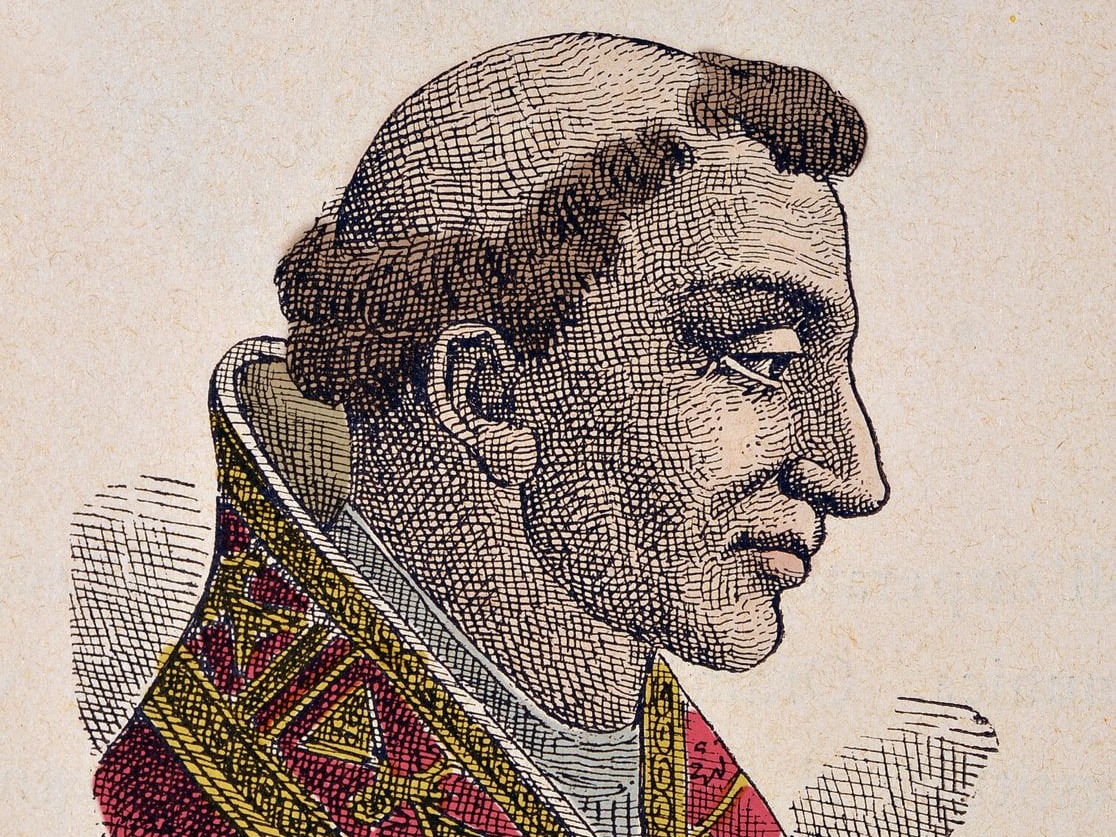
14 December 867 – 14 December 872
Adrian II
Subject and later the sovereign of the Papal States. Pope during the Council of Constantinople IV (869), the eighth ecumenical council of the Catholic Church.
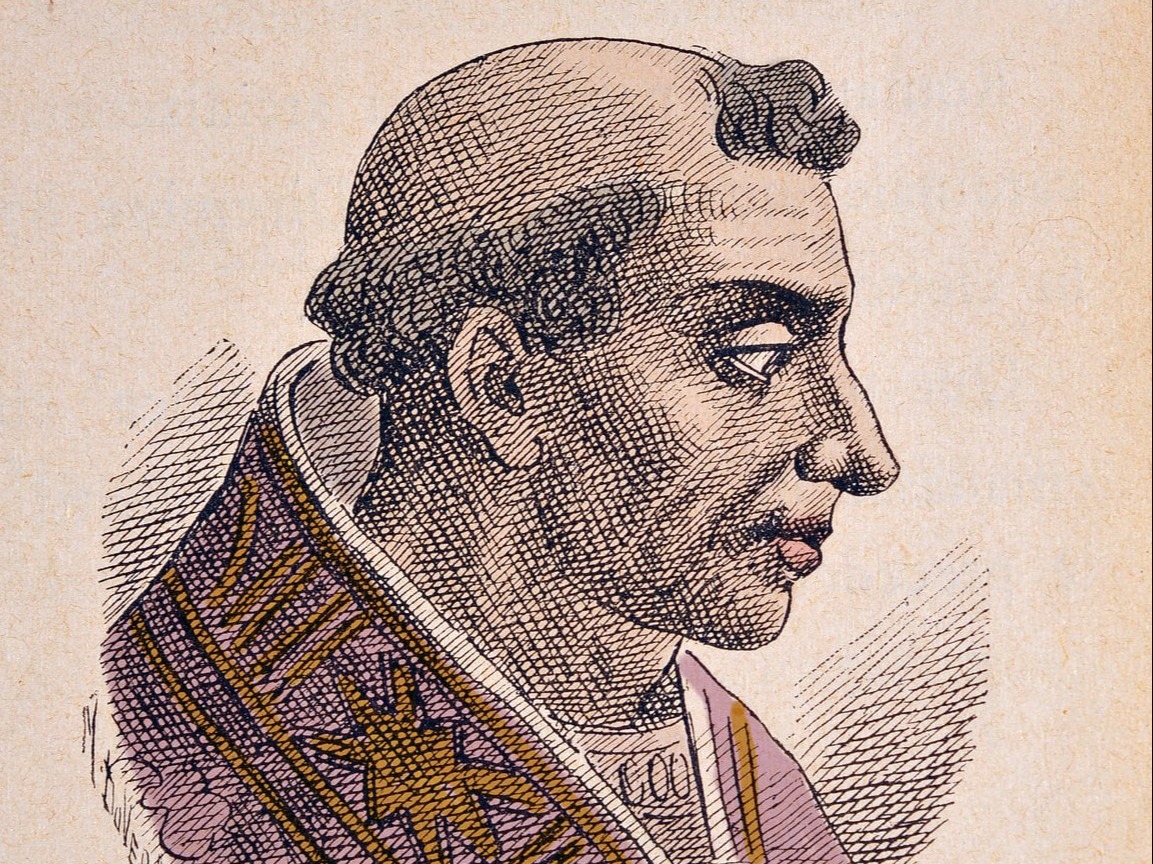
24 April 858 – 13 November 867
Nicholas I
Subject and later the sovereign of the Papal States. Encouraged missionary activity.
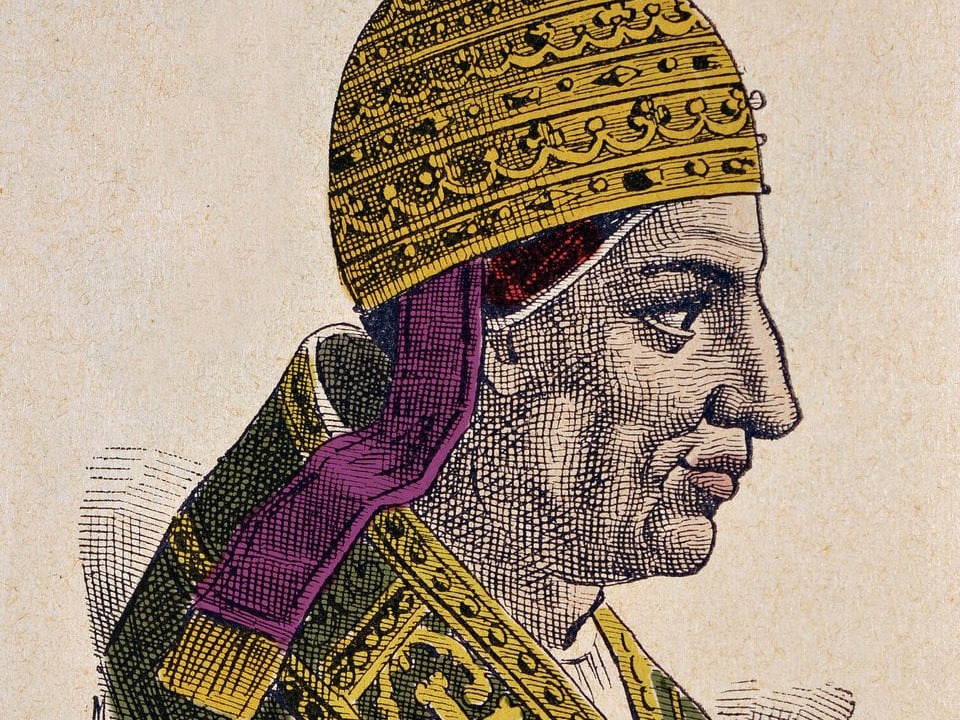
29 September 855 – 17 April 858
Benedict III
Subject and later the sovereign of the Papal States.
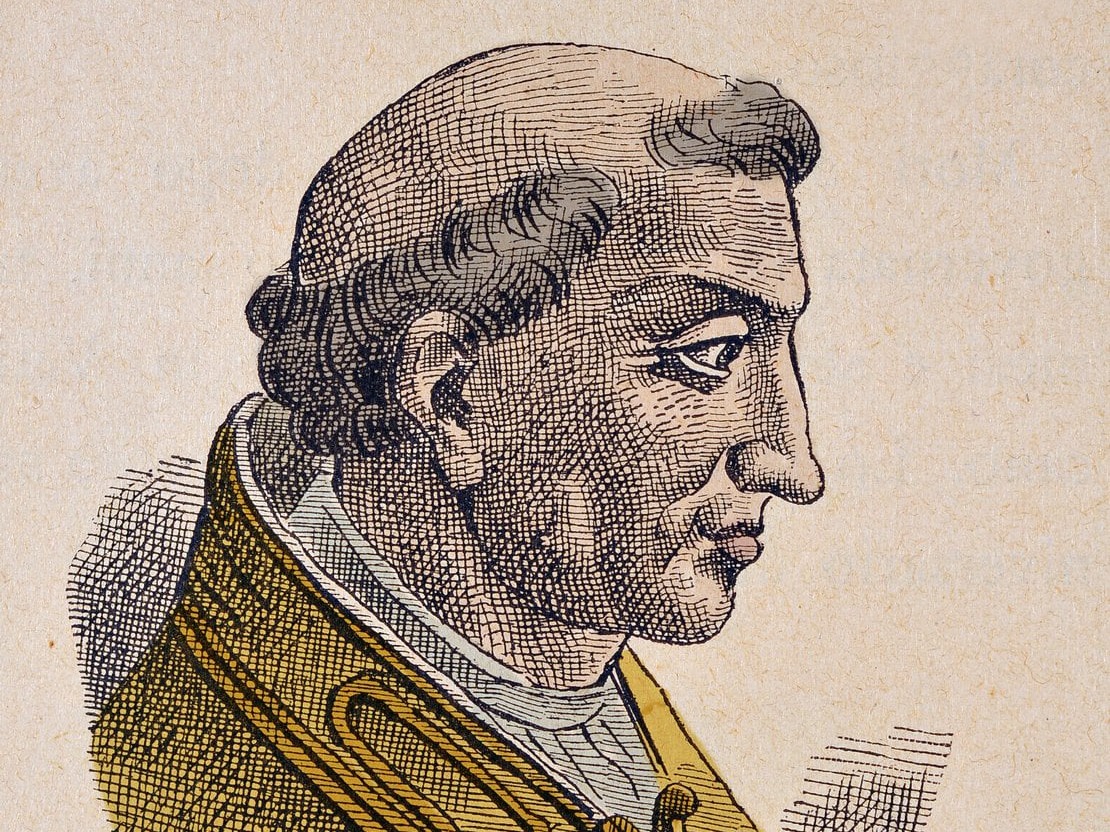
10 April 847 – 17 July 855
Leo IV
Subject and later the sovereign of the Papal States, was of Lombard ethnicity. Member of the Order of Saint Benedict.
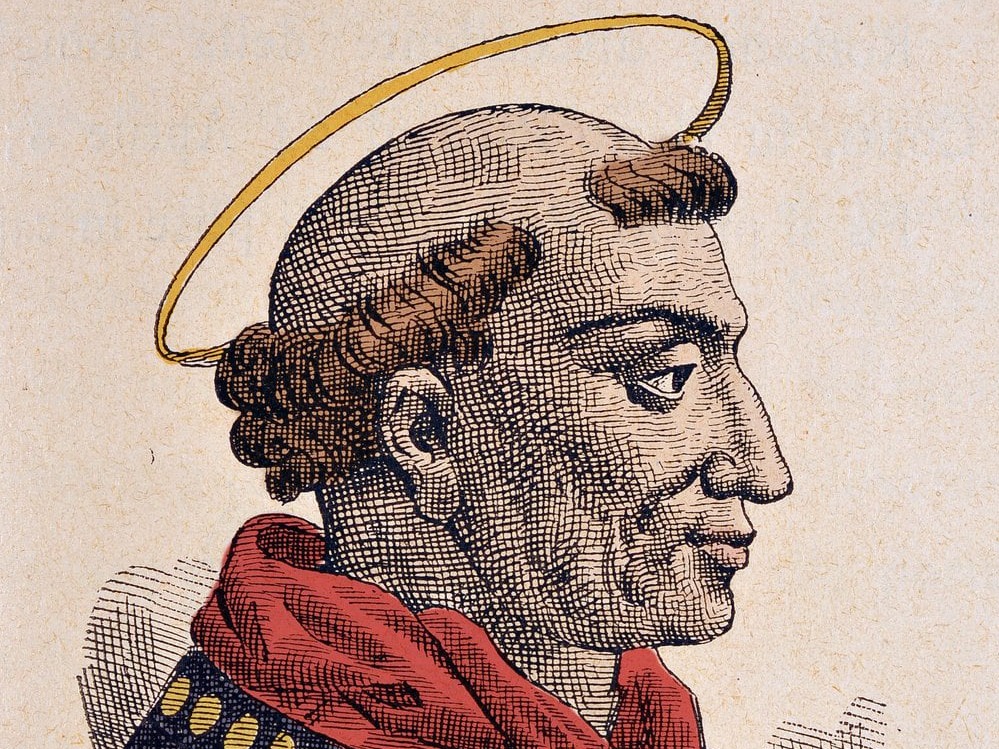
25 January 844 – 27 January 847
Sergius II
Subject and later the sovereign of the Papal States.

20 December 827 – 25 January 844
Gregory IV
Subject and later the sovereign of the Papal States. Rebuilt the atrium of St. Peter's Basilica and in the newly decorated chapel transferred the body of Gregory I.
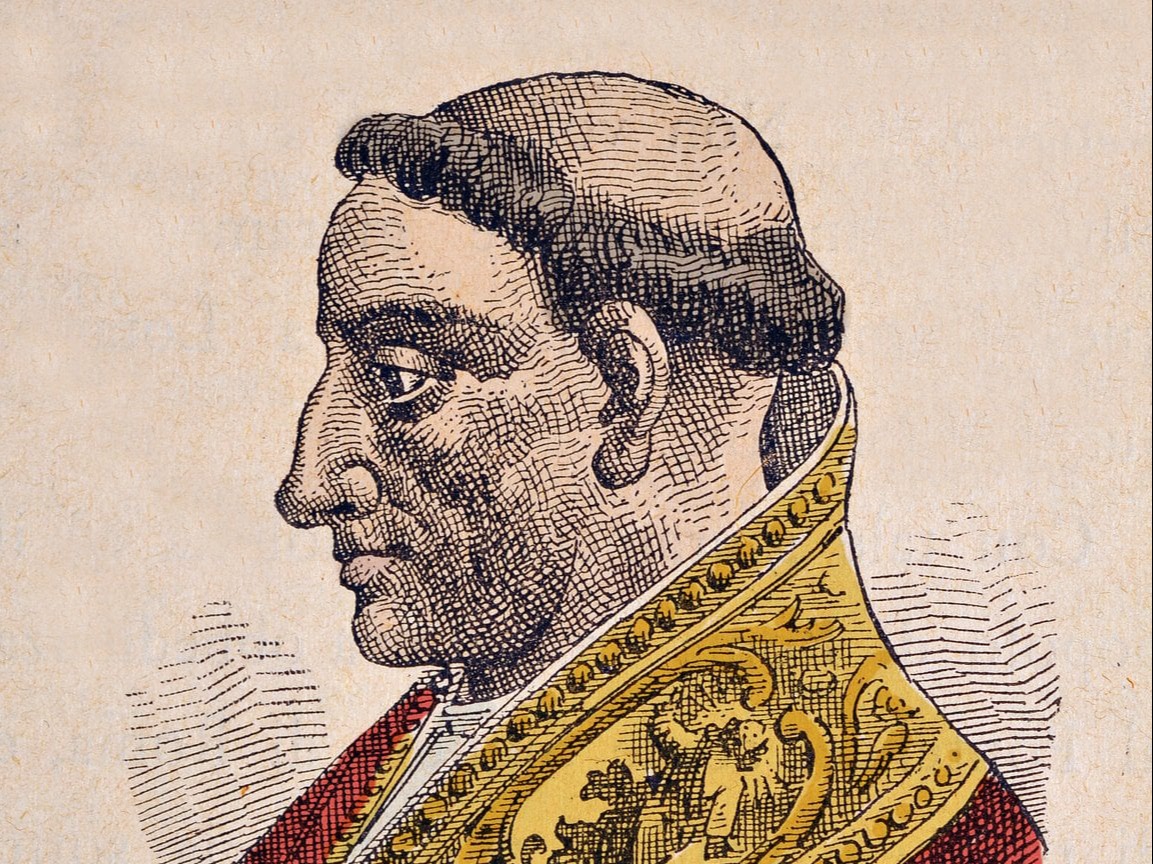
31 August 827 – 10 October 827
Valentine
Subject and later the sovereign of the Papal States.
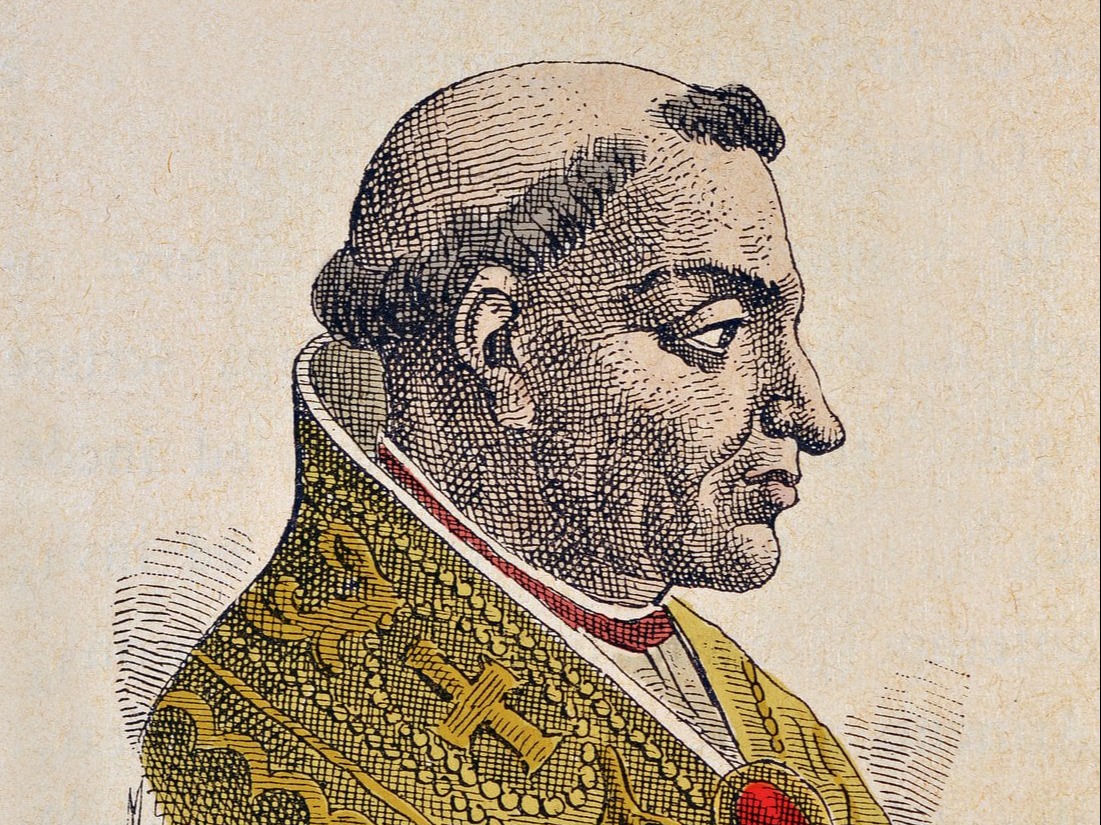
8 May 824 – 27 August 827
Eugene II
Subject and later the sovereign of the Papal States.
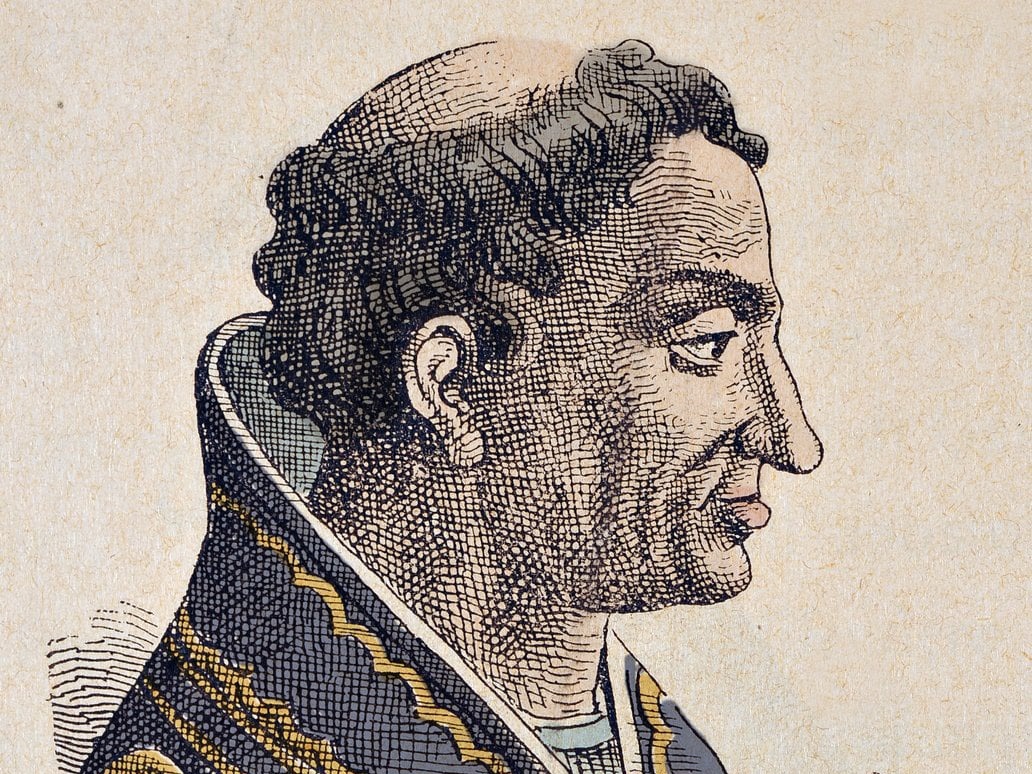
25 January 817 – 11 February
Paschal I
Subject and later the sovereign of the Papal States. Son of Bonosus and Episcopa Theodora. Credited with finding the body of Saint Cecilia in the Catacomb of Callixtus, building the basilica of Santa Cecilia in Trastevere and the church of Santa Maria in Domnica.
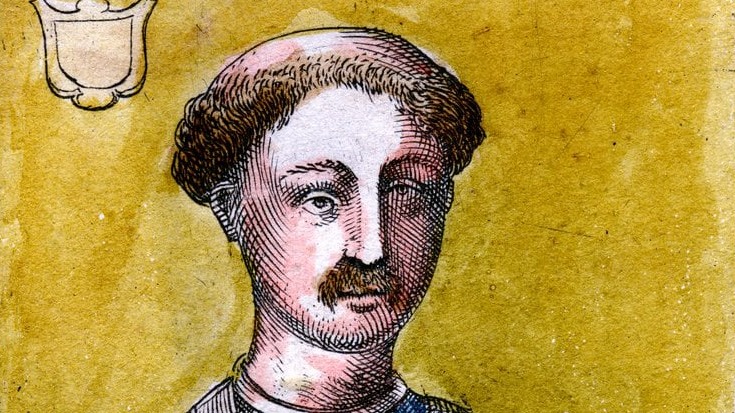
22 June 816 – 24 January 817
Stephen IV
First pope born in Rome after breaking away from the Roman Empire. Sometimes called Stephen V.
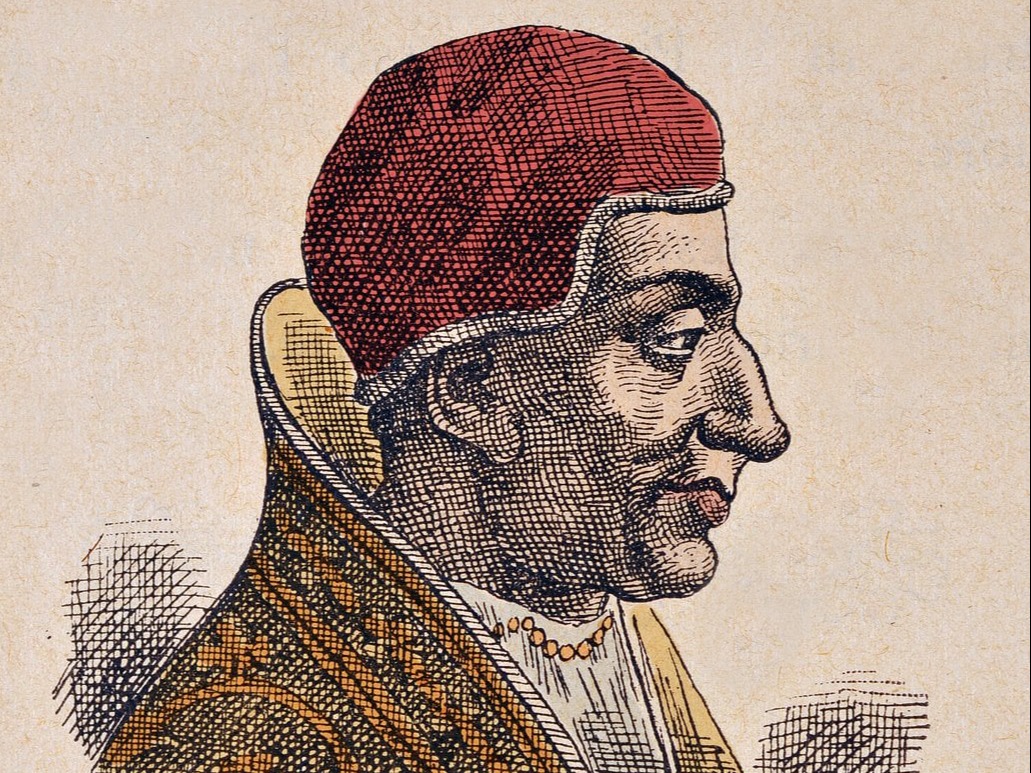
26 December 795 – 12 June 816
Leo III
(Eastern) Roman citizen (was of Roman ethnicity), later the sovereign of the independent Papal States. Crowned Charlemagne emperor on Christmas Day, 800, thereby initiating what would become the Holy Roman Empire, requiring the imprimatur of the pope for its ruler's legitimacy.
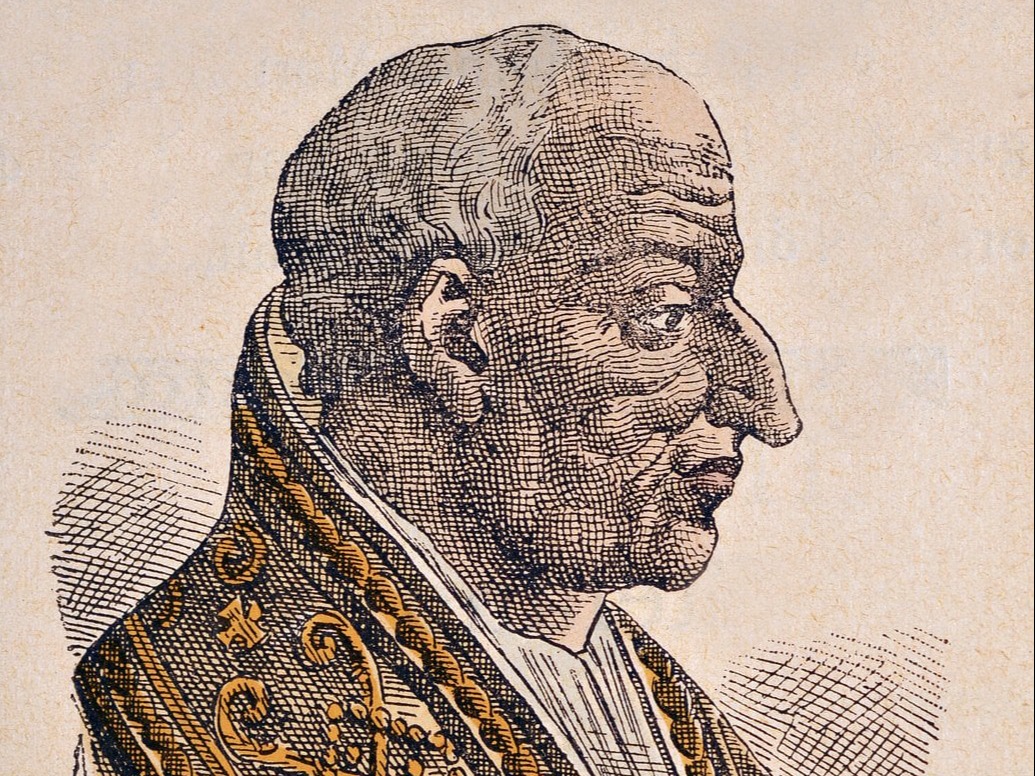
1 February 772 – 26 December 795
Adrian I
(Eastern) Roman citizen (was of Roman ethnicity), later the sovereign of the independent Papal States. Pope during the Second Council of Nicaea (787), the seventh ecumenical council accepted by the Catholic and Eastern Orthodox churches.
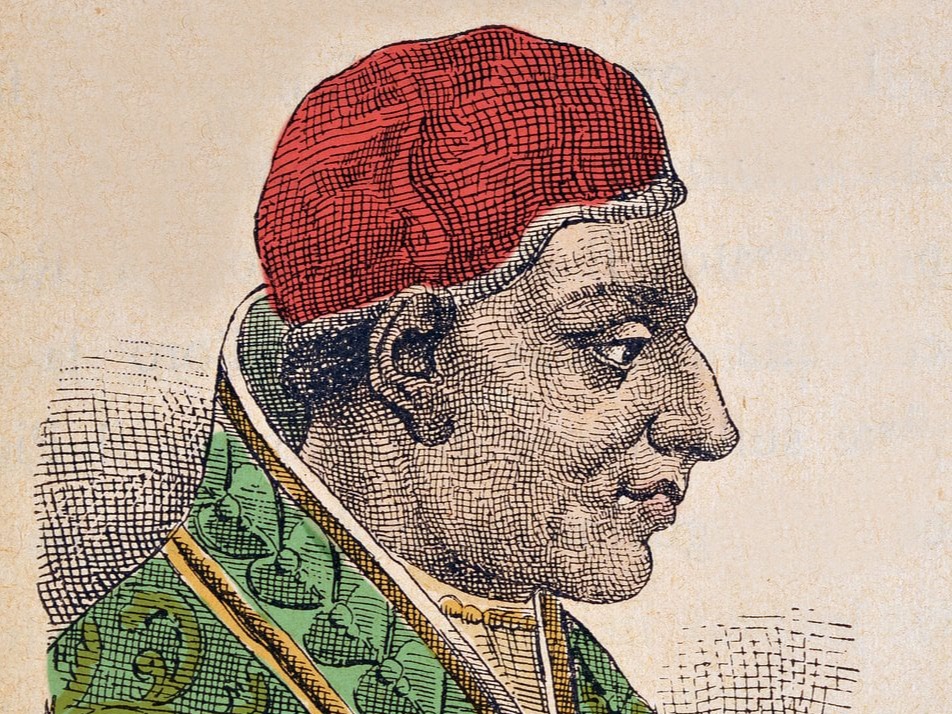
7 August 768 – 24 January 772
Stephen III
(Eastern) Roman citizen (was of Greek ethnicity), later the sovereign of the independent Papal States. Sometimes called Stephen IV. He summoned the Lateran Council (769).
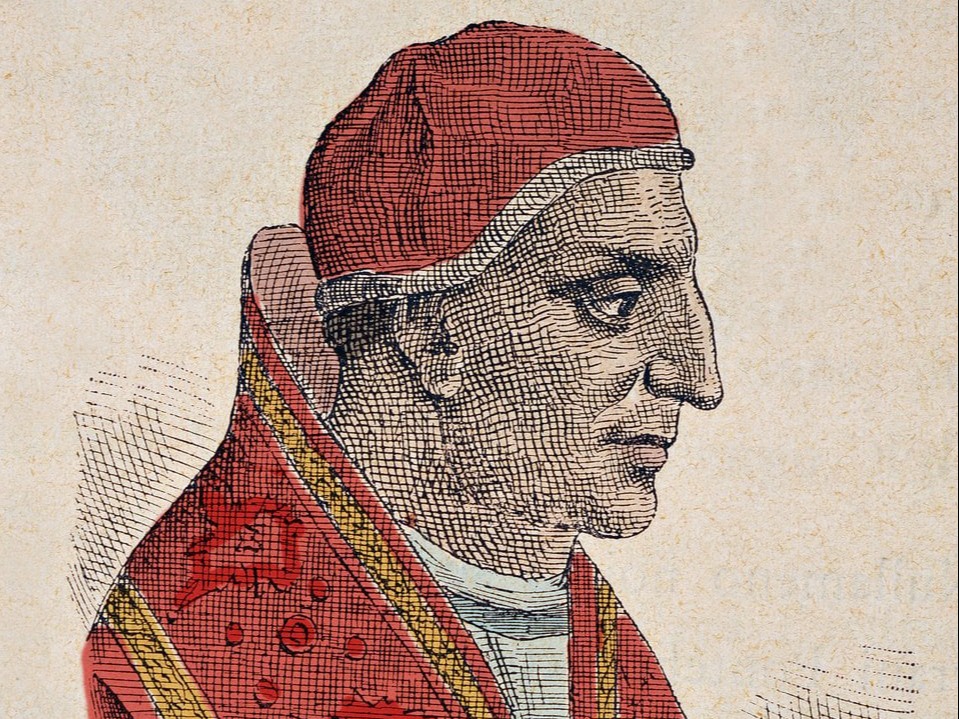
29 May 757 – 28 June 767
Paul I
(Eastern) Roman citizen (was of Roman ethnicity), later the sovereign of the independent Papal States. Brother of Stephen II.
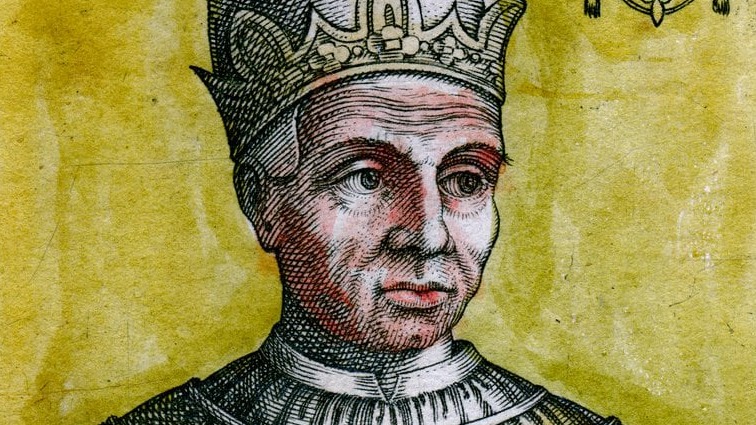
26 March 752 – 26 April 757
Stephen II
(Eastern) Roman citizen (was of Roman ethnicity), later the sovereign of the independent Papal States. Sometimes called Stephen III. The Donation of Pepin. Brother of Paul I.
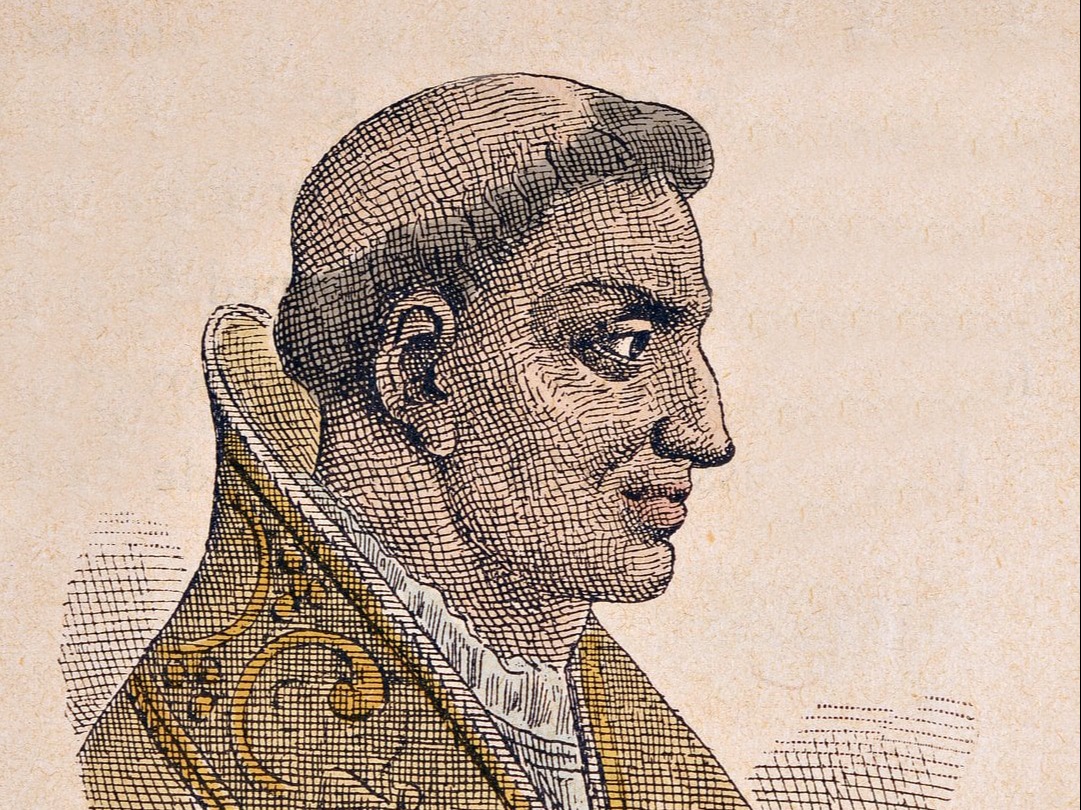
3 December 741 – 22 March 752
Zachary
(Eastern) Roman citizen. Was of Greek ethnicity. Feast day 15 March. Built the church of Santa Maria sopra Minerva.
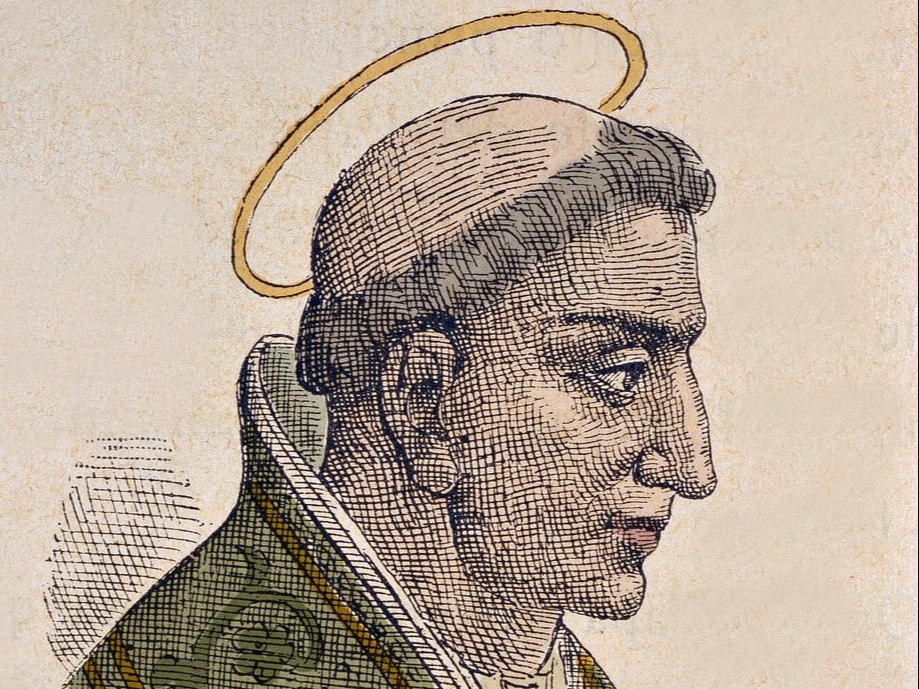
18 March 731 – 28 November 741
Gregory III
Born as subject of the Umayyad Caliphate; the last pope from Syria. The third pope to come from a Muslim country. The third pope to bear the same name as his immediate predecessor. Last pope to have been born outside Europe until the election of Francis in 2013.

19 May 715 – 11 February 731
Gregory II
(Eastern) Roman citizen. Was of Roman ethnicity. Feast day 11 February. Held the Synod of Rome (721).
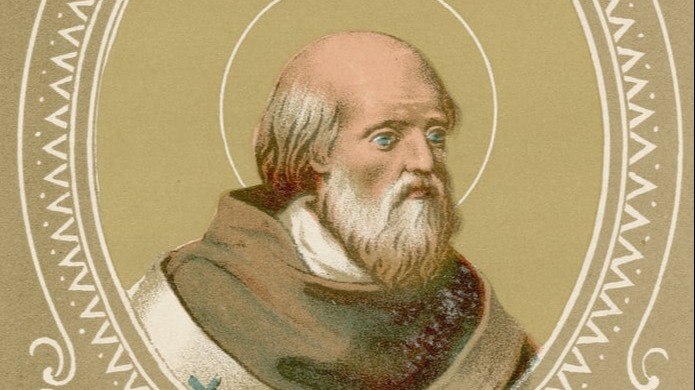
25 March 708 – 9 April 715
Constantine
Born as subject of the Umayyad Caliphate. Was Syrian. Last pope to visit Greece while in office, until John Paul II in 2001.

15 January 708 – 4 February 708
Sisinnius
Born as subject of the Rashidun Caliphate. Was Syrian.
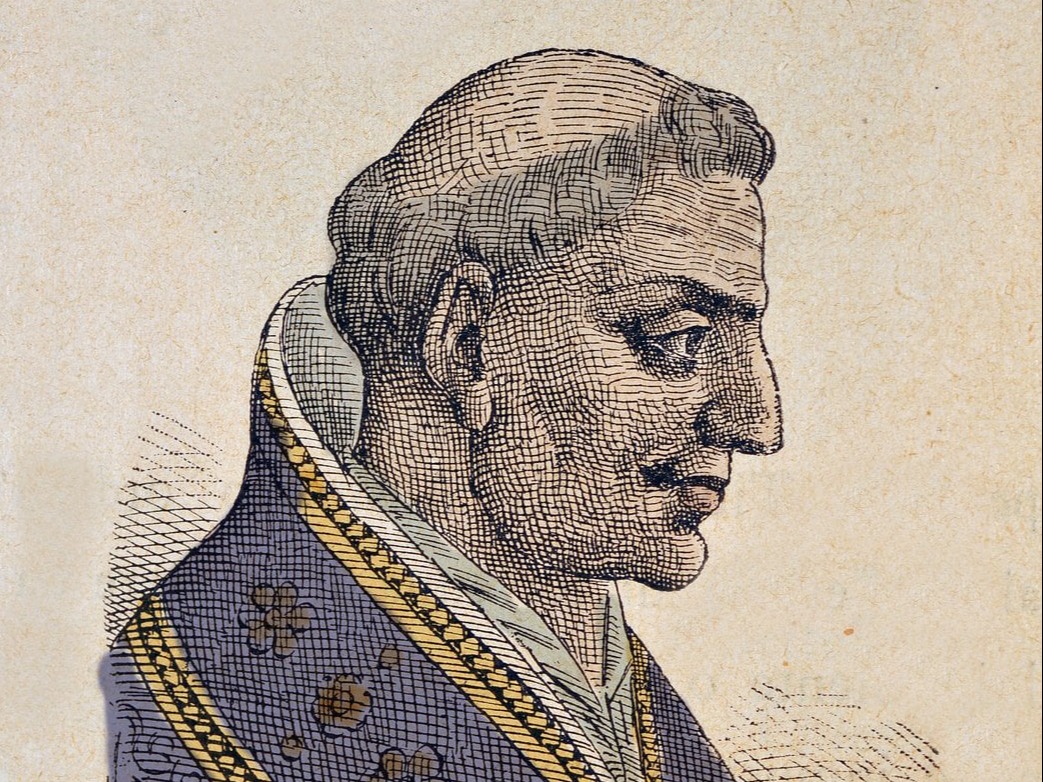
1 March 705 – 18 October 707
John VII
(Eastern) Roman citizen. Was of Greek ethnicity. The second pope to bear the same name as his immediate predecessor.
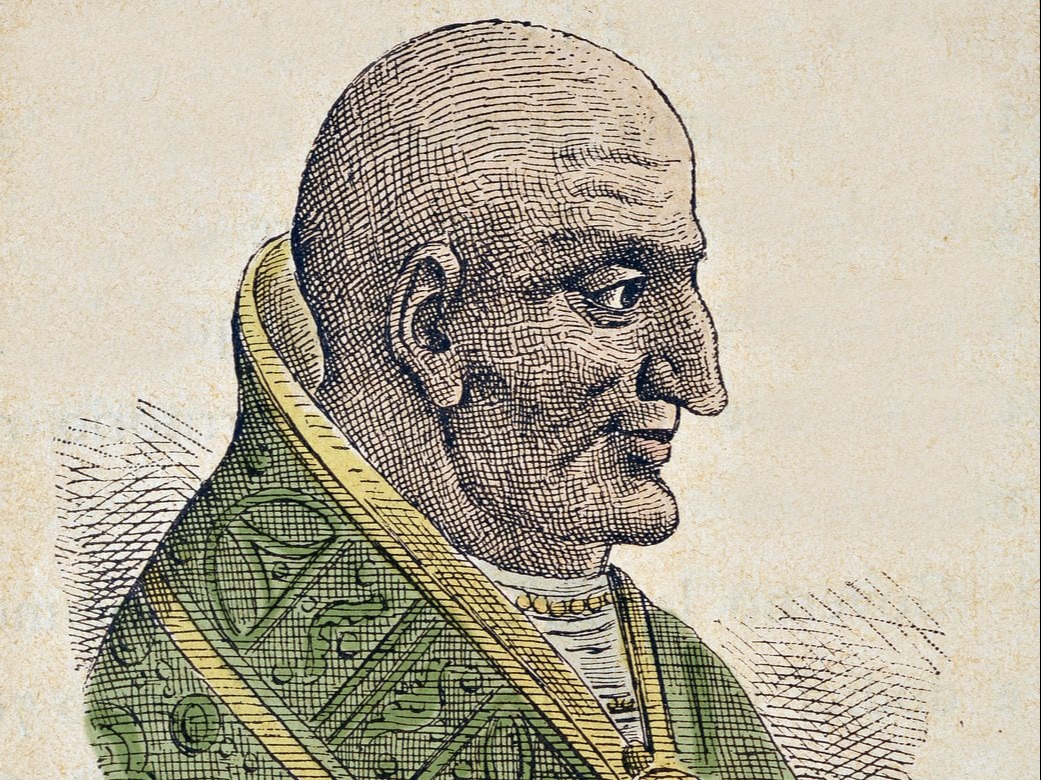
30 October 701 – 11 January 705
John VI
(Eastern) Roman citizen. Was of Greek ethnicity. The only pope who came from Asia Minor.
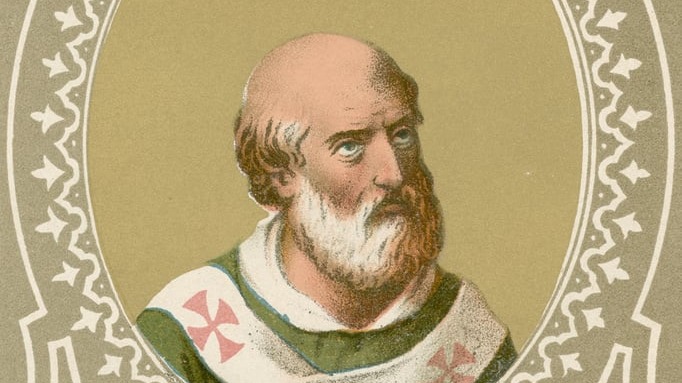
15 December 687 – 8 September 701
Sergius I
(Eastern) Roman citizen. Was a Hellenized Syrian. Introduced the singing of the Lamb of God at mass.
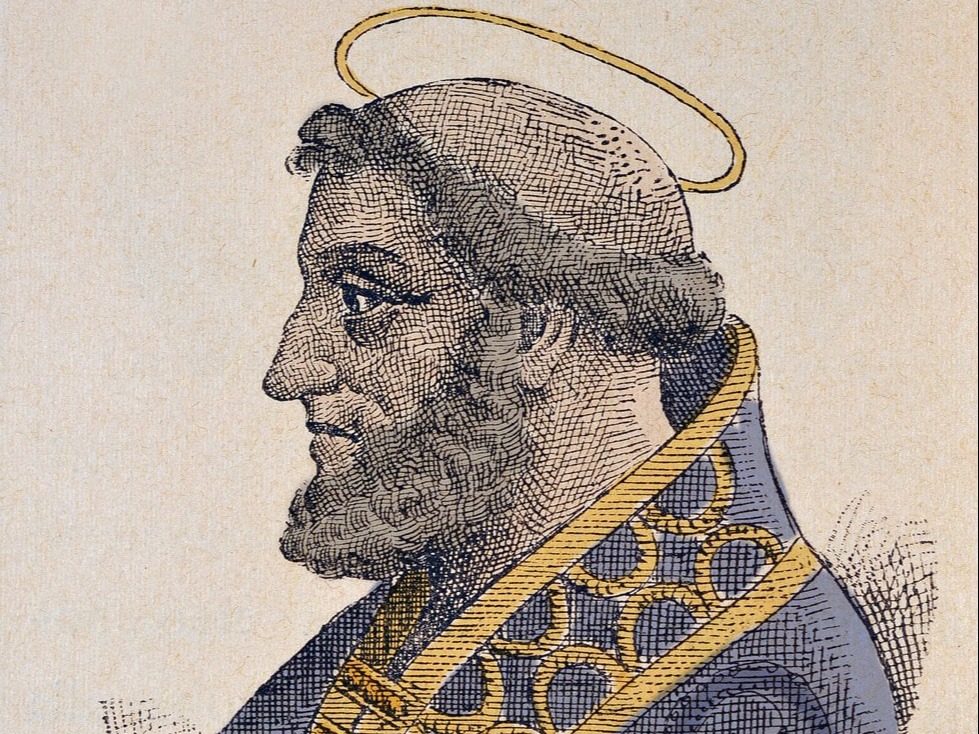
21 October 686 – 21 September 687
Conon
(Eastern) Roman citizen. Was of Greek ethnicity.

23 July 685 – 2 August 686
John V
(Eastern) Roman citizen. Was of Greek ethnicity.
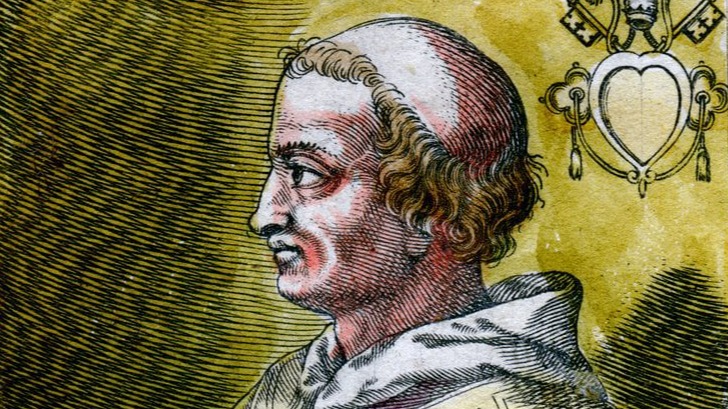
26 June 684 – 8 May 685
Benedict II
(Eastern) Roman citizen. Was of Roman ethnicity. Feast day 7 May.
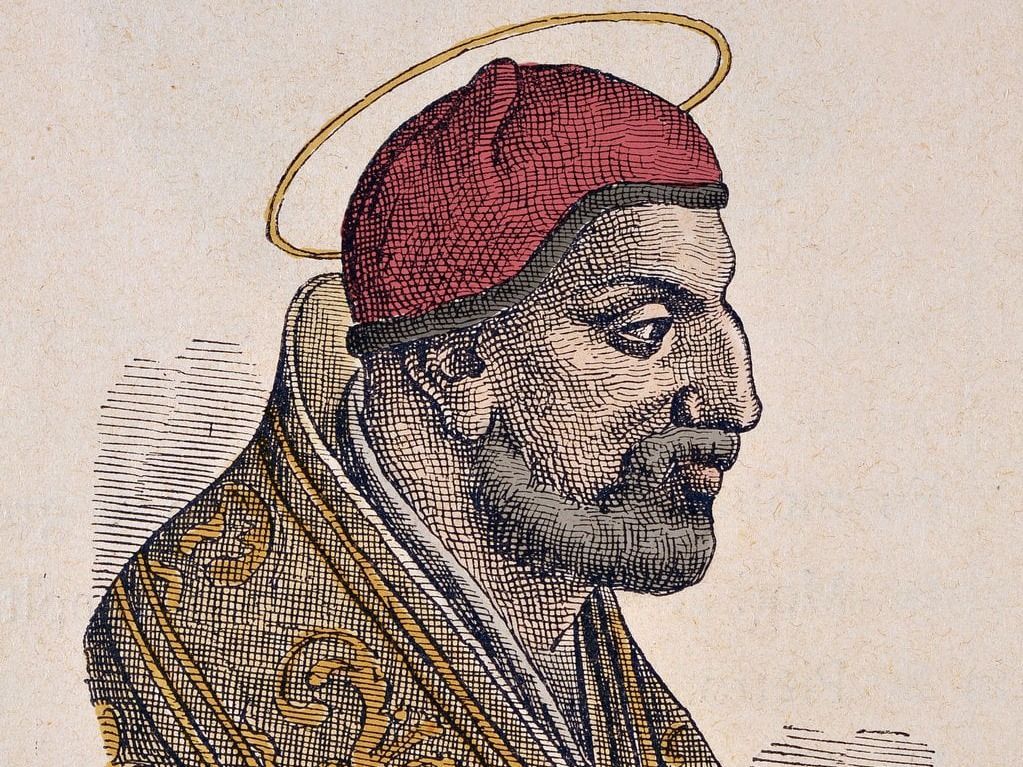
17 August 682 – 3 July 683
Leo II
(Eastern) Roman citizen. Was of Greek ethnicity. Feast day 3 July.
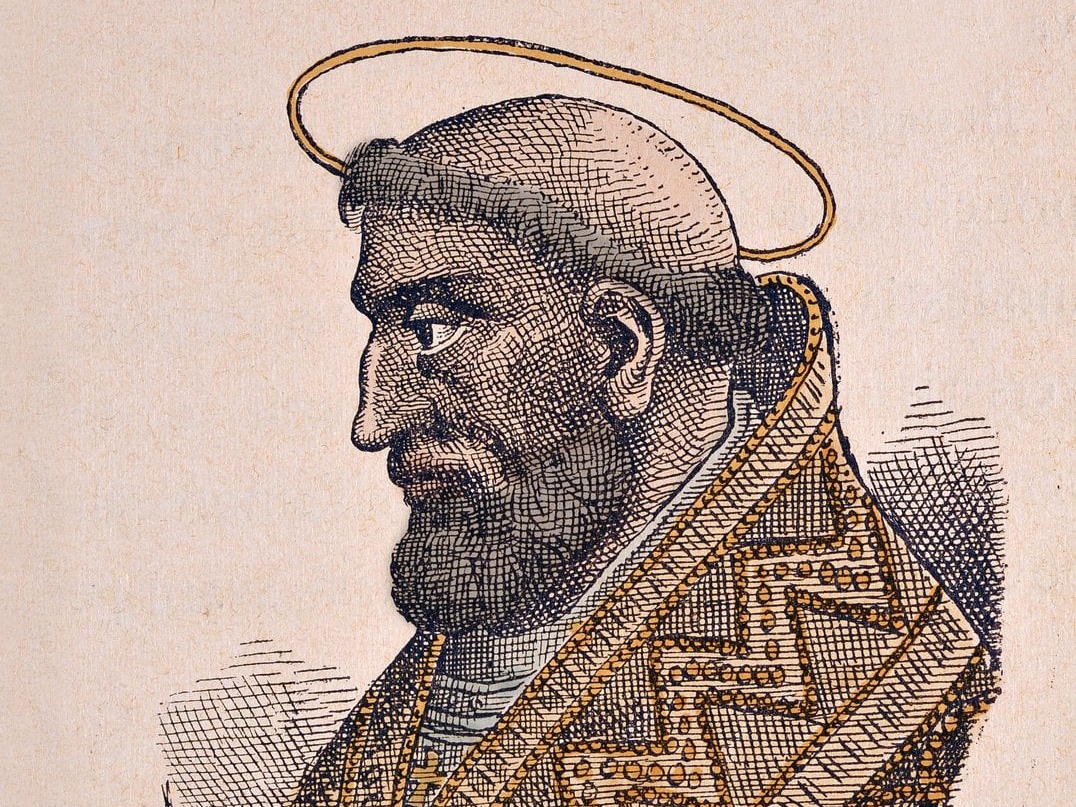
27 June 678 – 10 January 681
Agatho
(Eastern) Roman citizen. Was of Greek ethnicity. Also revered as a saint in Eastern Christianity, with a feast day of 20 February. Pope during the Third Council of Constantinople (680), the sixth ecumenical council accepted by the Catholic and Eastern Orthodox churches.
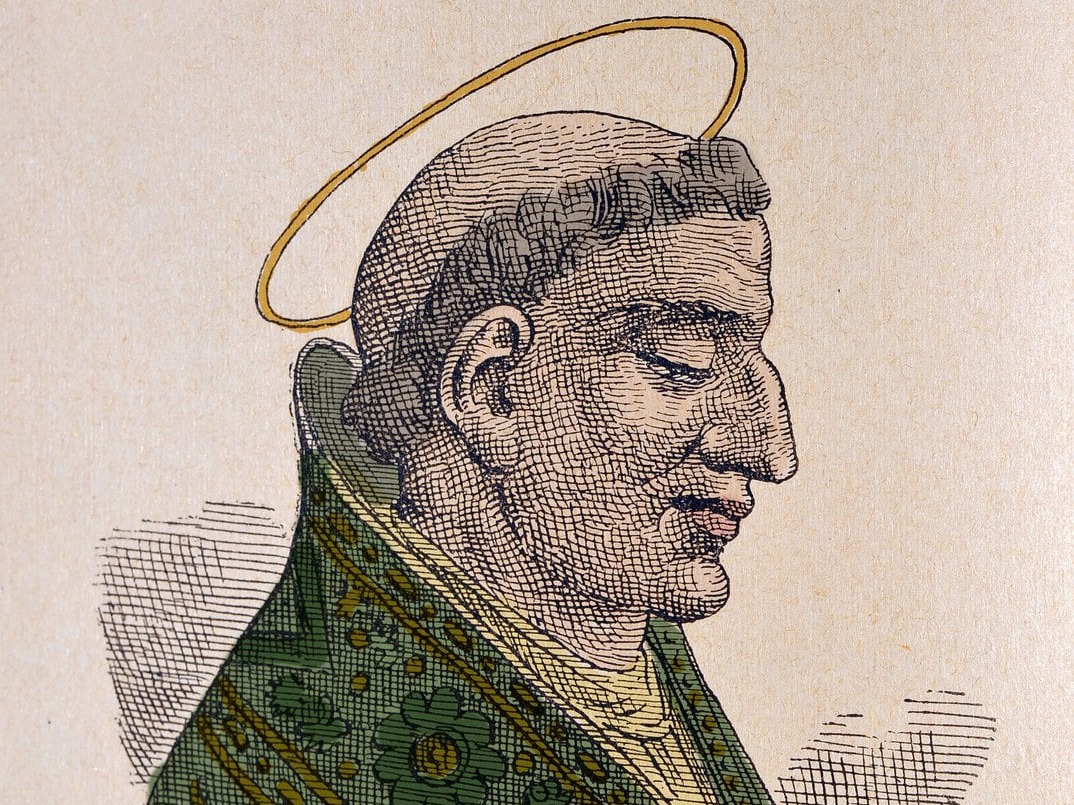
2 November 676 – 11 April 678
Donus
(Eastern) Roman citizen. Was of Roman ethnicity.
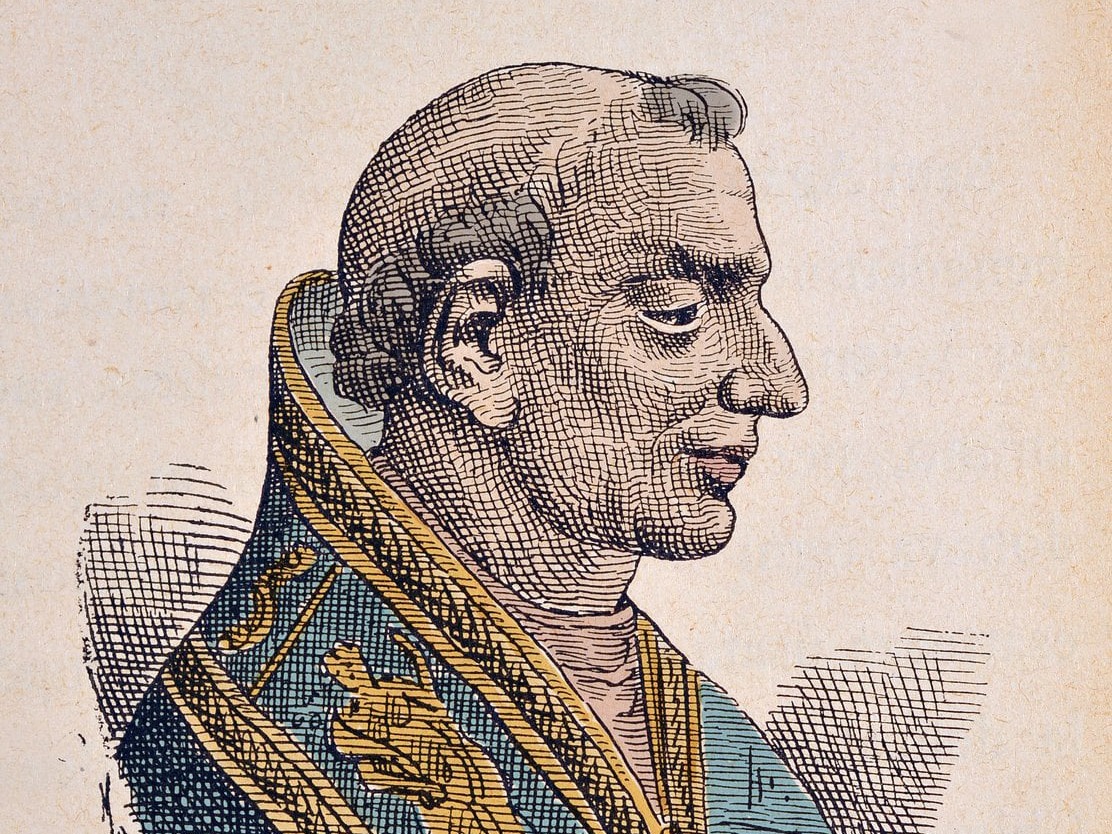
11 April 672 – 17 June 676
Adeodatus II
(Eastern) Roman citizen. Was of Roman ethnicity. Sometimes called Adeodatus, without a number, in reference to Adeodatus I sometimes being called Deusdedit. Member of the Order of Saint Benedict.
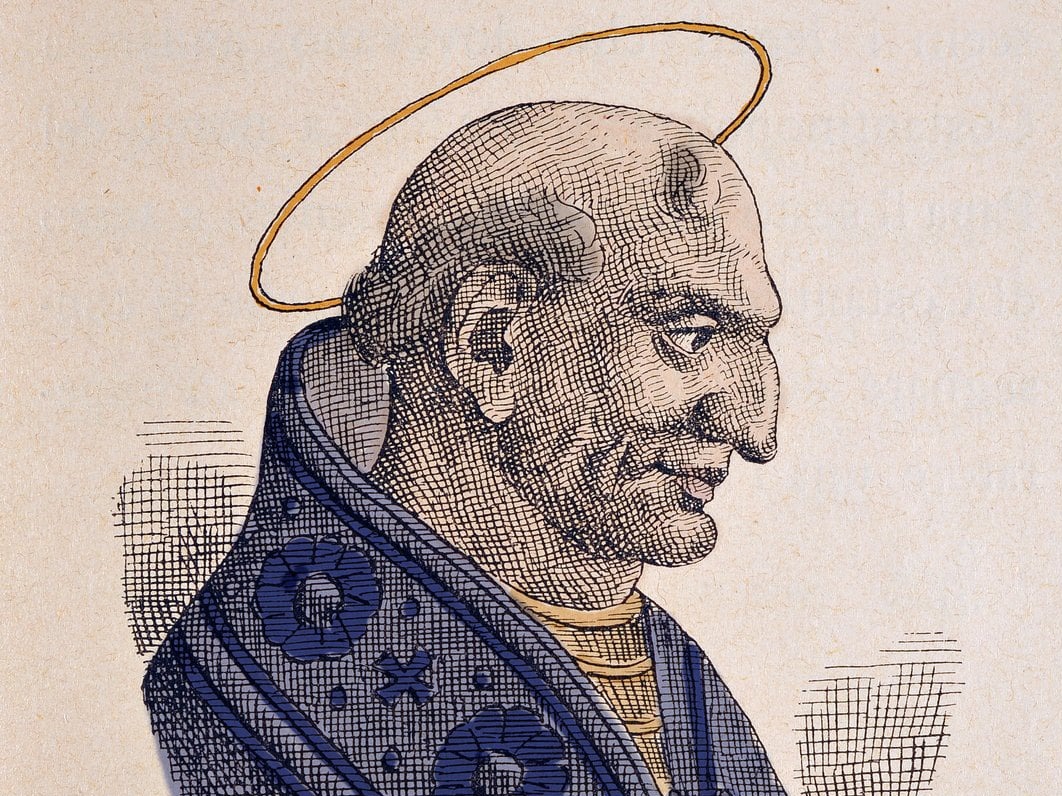
30 July 657 – 27 January 672
Vitalian
(Eastern) Roman citizen. Was of Roman ethnicity.
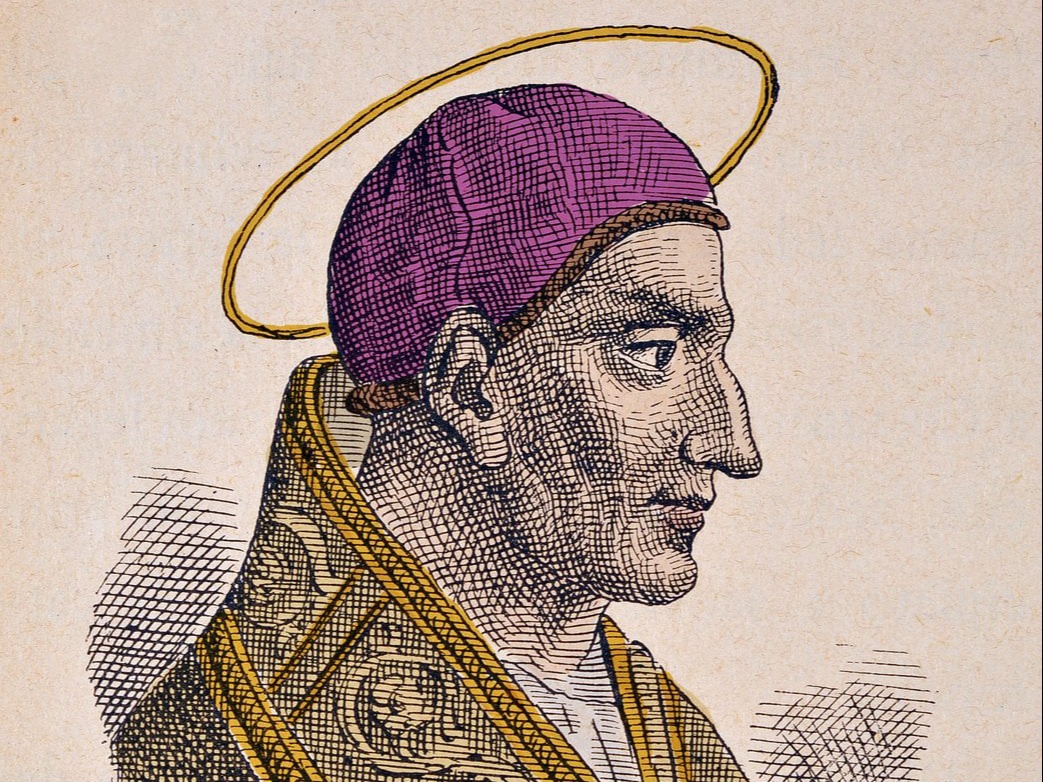
10 August 654 – 2 June 657
Eugene I
(Eastern) Roman citizen. Was of Roman ethnicity.
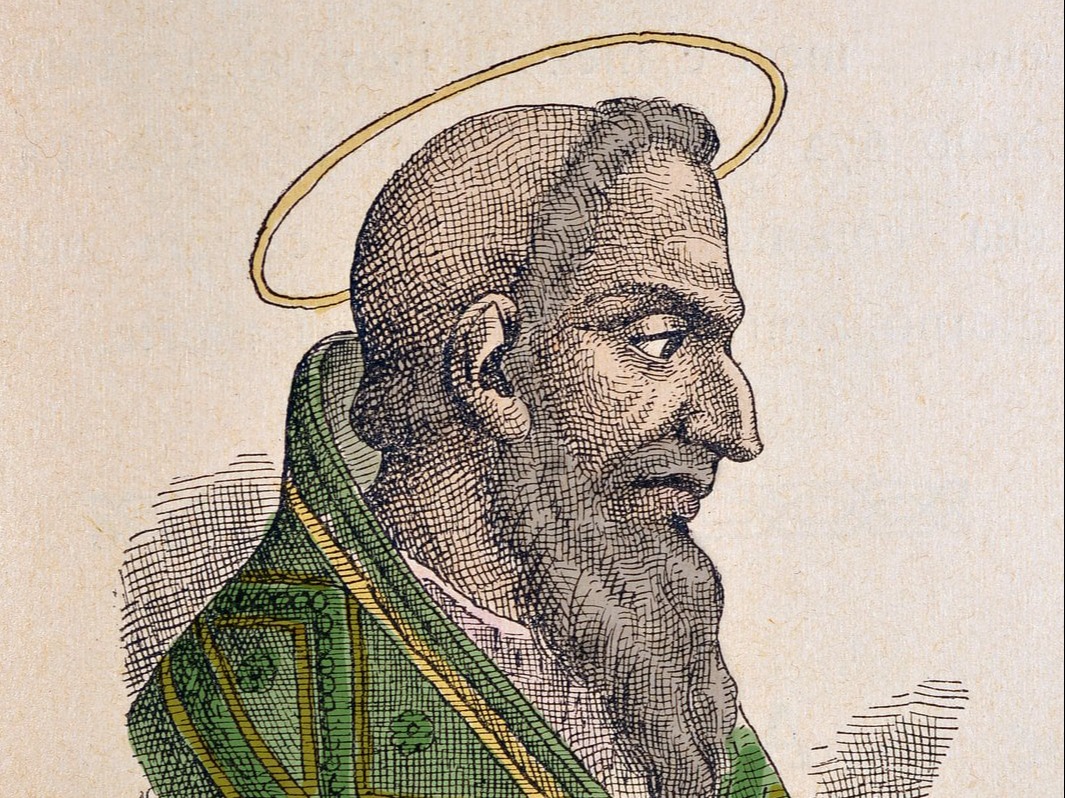
5 July 649 – 12 November 655
Martin I
(Eastern) Roman citizen. Was of Roman ethnicity. Last pope recognized as a martyr. Feast day of 12 November. Also revered as a saint in Eastern Christianity, with a feast day of 14 April.
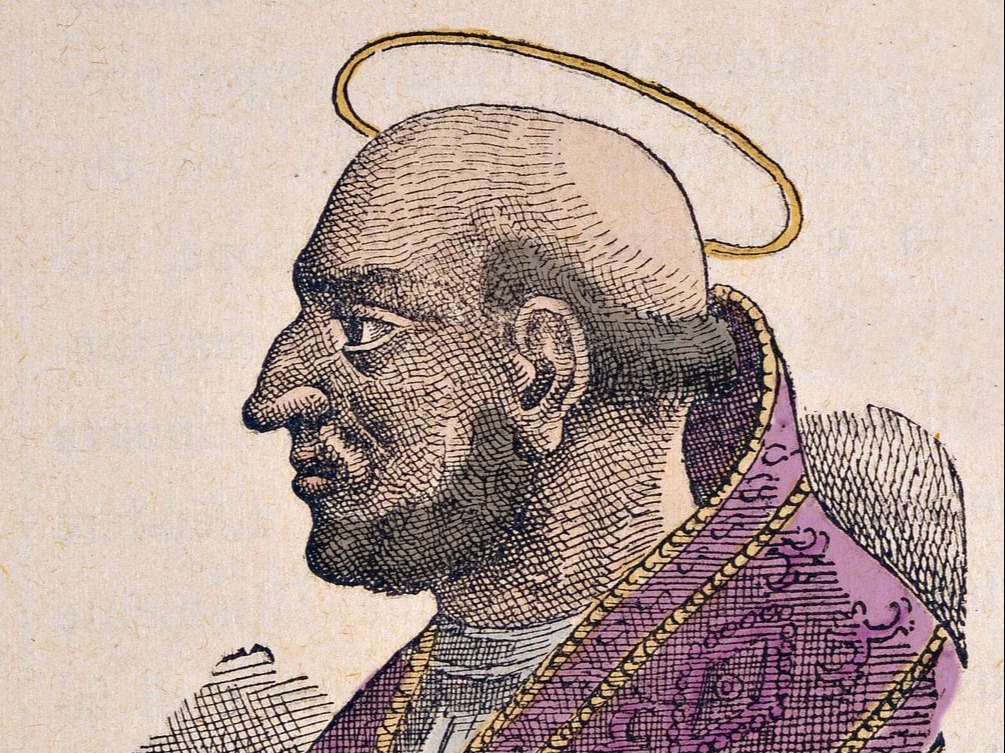
24 November 642 – 14 May 649
Theodore I
(Eastern) Roman citizen. Was of Greek ethnicity. The last pope from Palestine. Planned the Lateran Council of 649, but died before it could open.
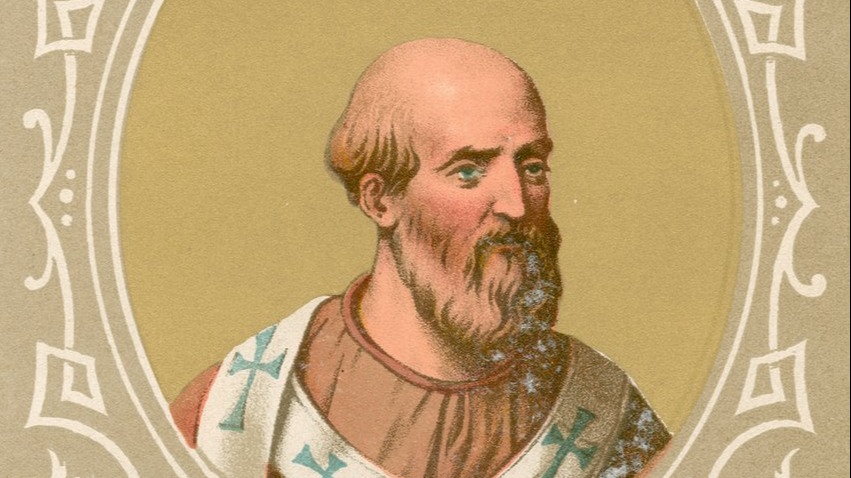
24 December 640 – 12 October 642
John IV
(Eastern) Roman citizen. Was of Roman ethnicity.
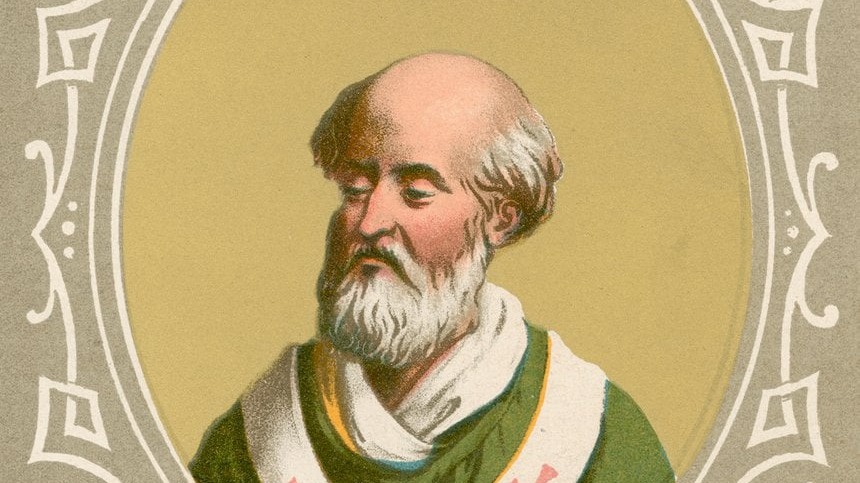
28 May 640 – 2 August 640
Severinus
(Eastern) Roman citizen. Was of Roman ethnicity.
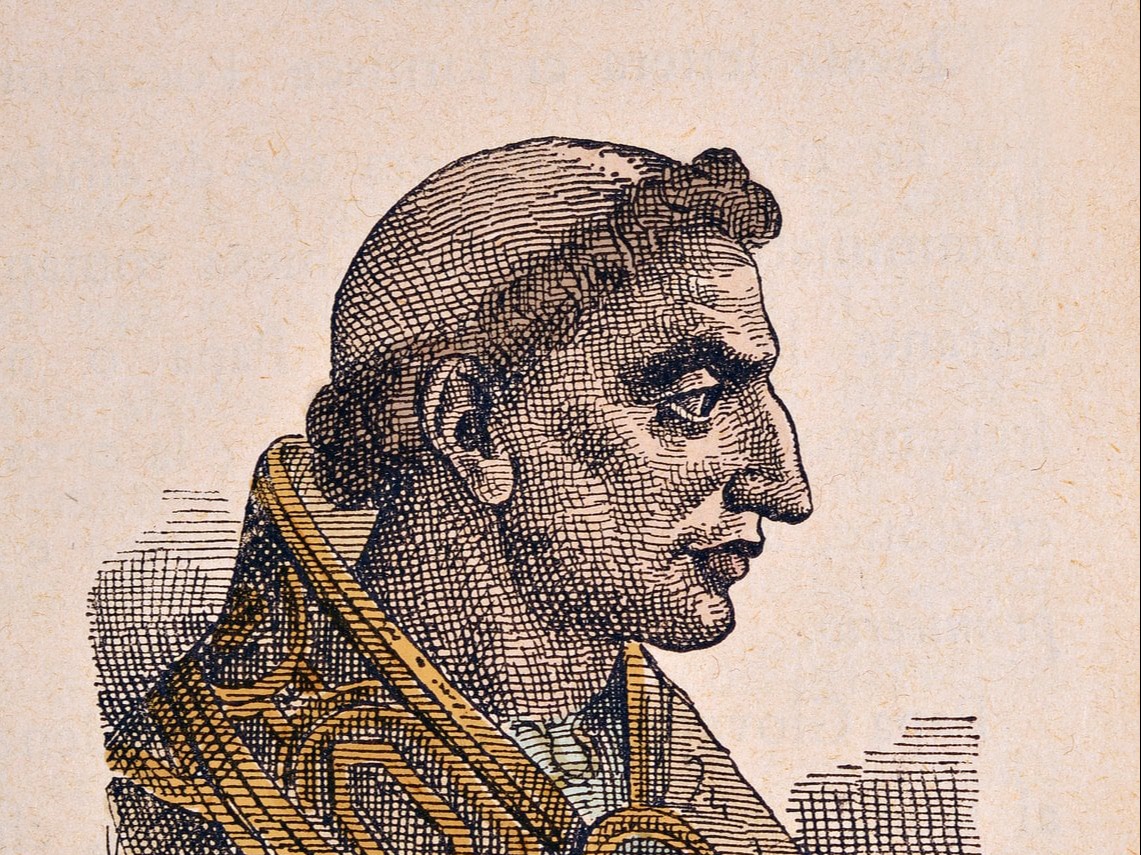
27 October 625 – 12 October 638
Honorius I
(Eastern) Roman citizen. Was of Roman ethnicity. Named a heretic and anathematized by the Third Council of Constantinople. (680)
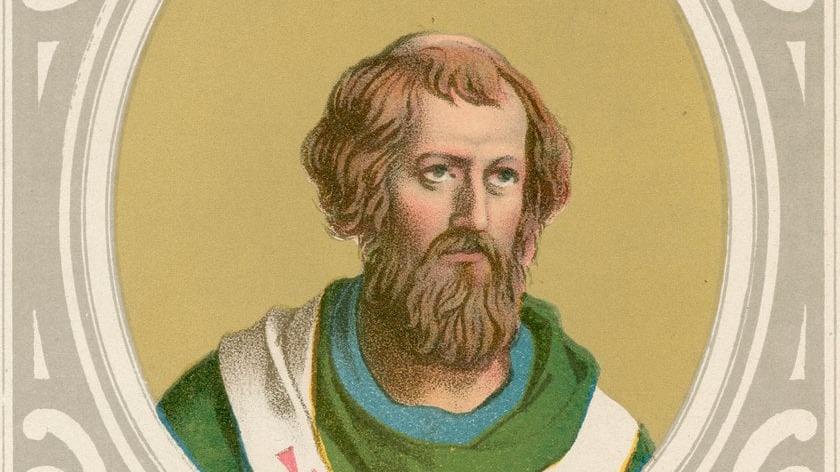
23 December 619 – 25 October 625
Boniface V
(Eastern) Roman citizen. Was of Roman ethnicity.

13 November 615 – 8 November 618
Adeodatus I
(Eastern) Roman citizen. Was of Roman ethnicity. Sometimes called Deusdedit. The first pope to use lead seals on papal documents, which in time came to be called papal bulls.
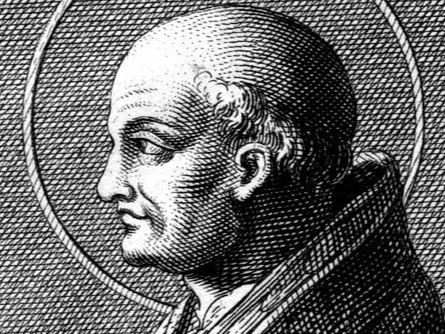
15 September 608 – 8 May 615
Boniface IV
Subject of the (Ostrogothic) Kingdom of Italy, later a (Eastern) Roman citizen. Was of Roman ethnicity. First pope to bear the same name as his immediate predecessor. Member of the Order of Saint Benedict.

19 February 607 – 12 November 607
Boniface III
Subject of the (Ostrogothic) Kingdom of Italy, later a (Eastern) Roman citizen. Was of Greek descent.
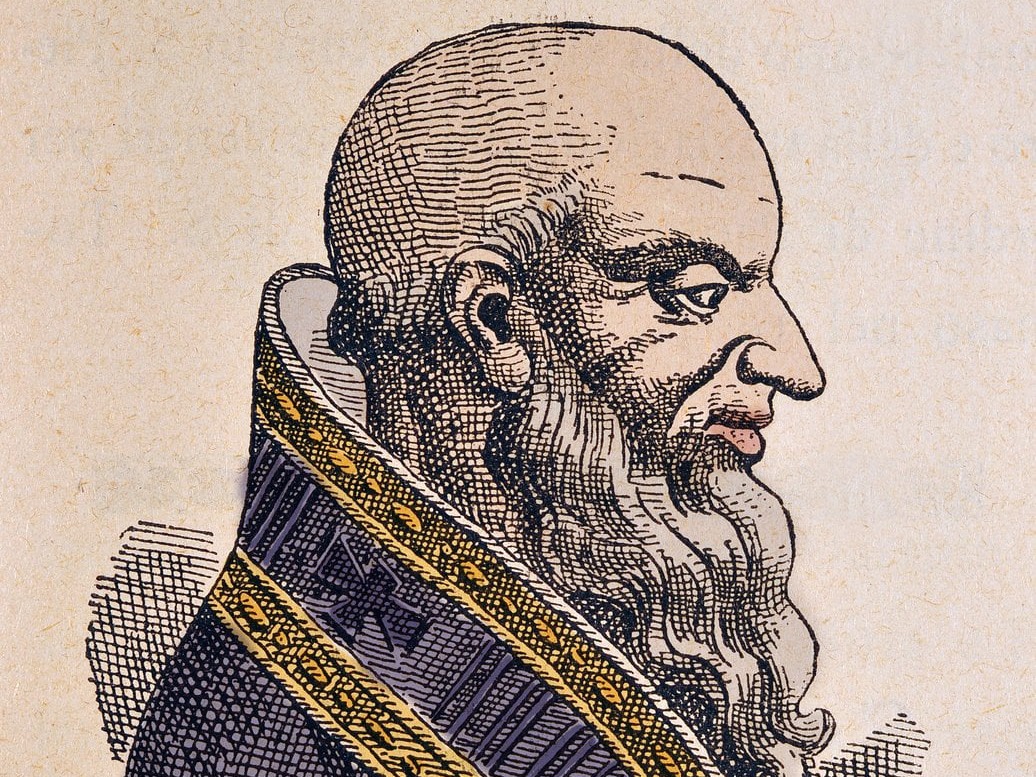
13 September 604 – 22 February 606
Sabinian
Subject of the (Ostrogothic) Kingdom of Italy, later a (Eastern) Roman citizen. Was of Roman ethnicity. For the next two centuries the Roman popes were all controlled by the Byzantine Empire.
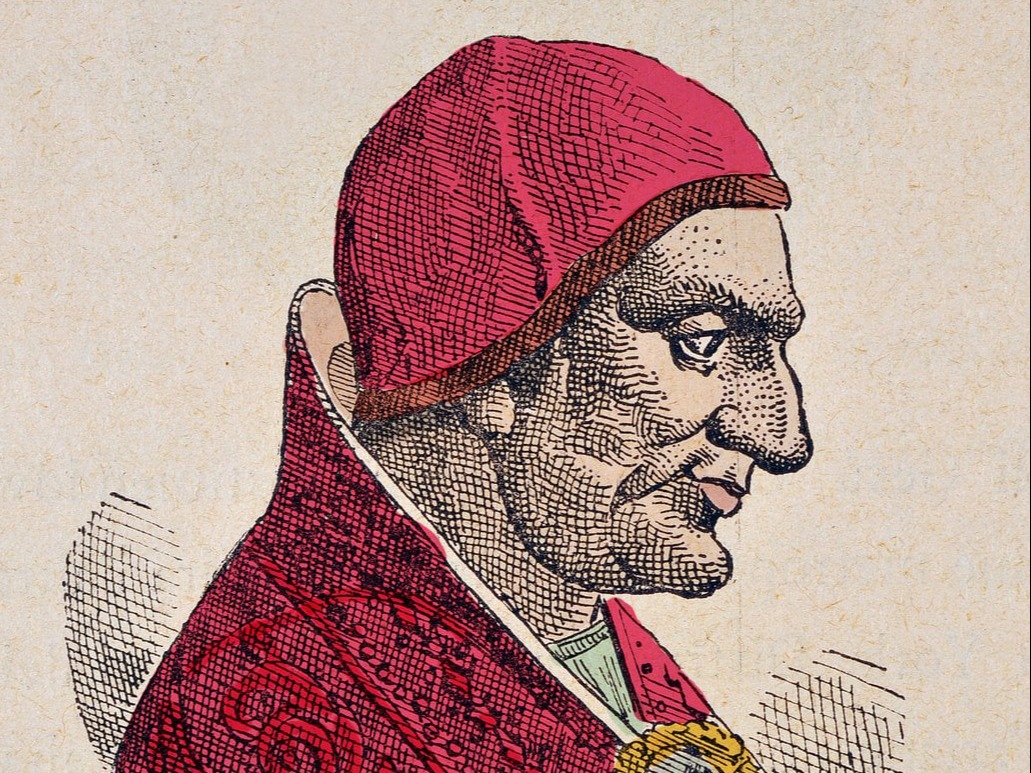
3 September 590 – 12 March 604
Gregory I
Subject of the (Ostrogothic) Kingdom of Italy, later a (Eastern) Roman citizen. Was of Roman ethnicity. Great-great-grandson of pope Felix III. The first formally to employ the titles Servus servorum Dei and Pontifex Maximus. Established the Gregorian chant. Feast day 3 September. Also revered as a saint in Eastern Christianity, with a feast day of 12 March. Known as "the Father of Christian Worship". Known as "St. Gregory the Dialogist" in Eastern Orthodoxy.
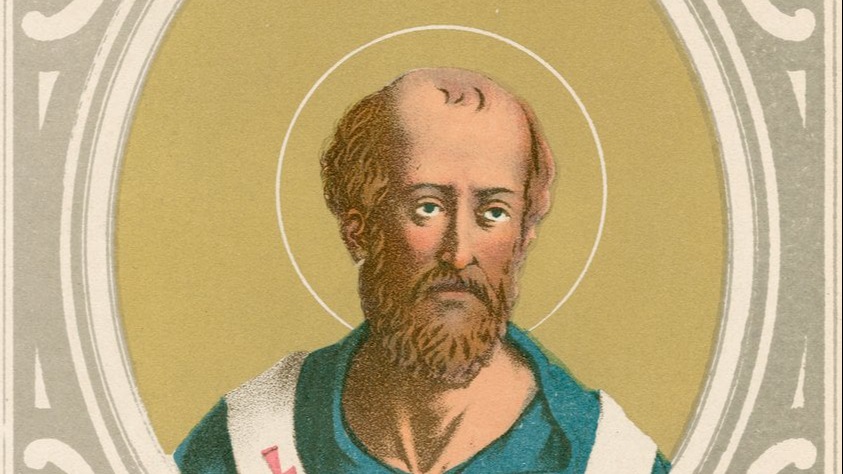
26 November 579 – 7 February 590
Pelagius II
Romanized Ostrogoth. Subject of the (Ostrogothic) Kingdom of Italy, later a (Eastern) Roman citizen. Ordered the construction of the Basilica di San Lorenzo fuori le Mura.
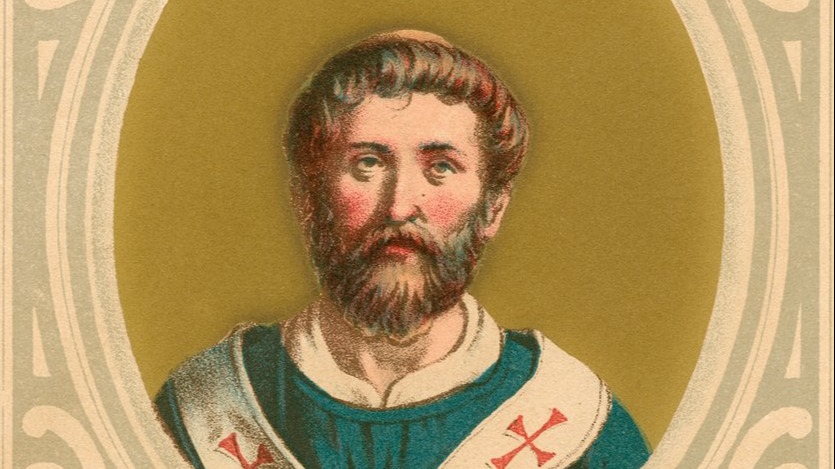
2 June 575 – 30 July 579
Benedict I
Subject of the (Ostrogothic) Kingdom of Italy, later a (Eastern) Roman citizen. Was of Roman ethnicity.
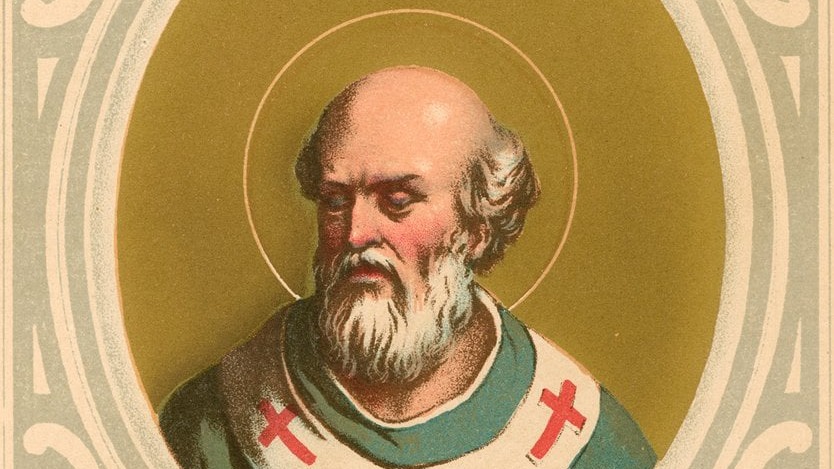
17 July 561 – 13 July 574
John III
Subject of the (Ostrogothic) Kingdom of Italy, later a (Eastern) Roman citizen. Was of Roman ethnicity. Second Pope not to use his personal name.
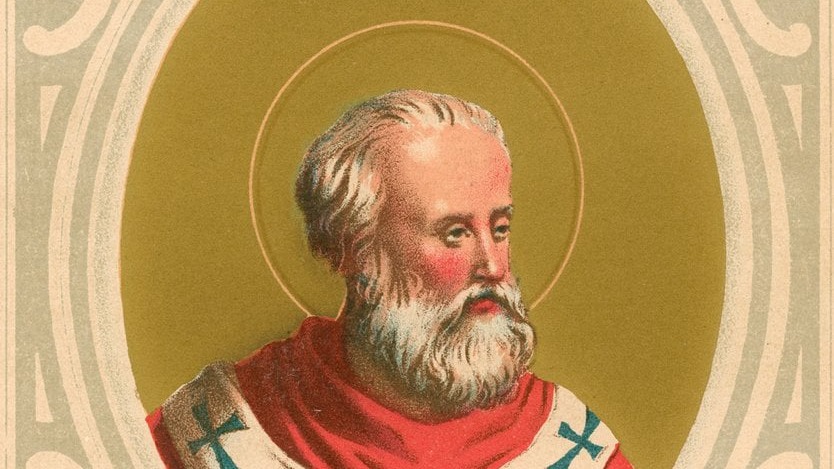
16 April 556 – 4 March 561
Pelagius I
Subject of the (Ostrogothic) Kingdom of Italy, later a (Eastern) Roman citizen. Was of Roman ethnicity. Credited with the construction of the basilica of Santi Apostoli.
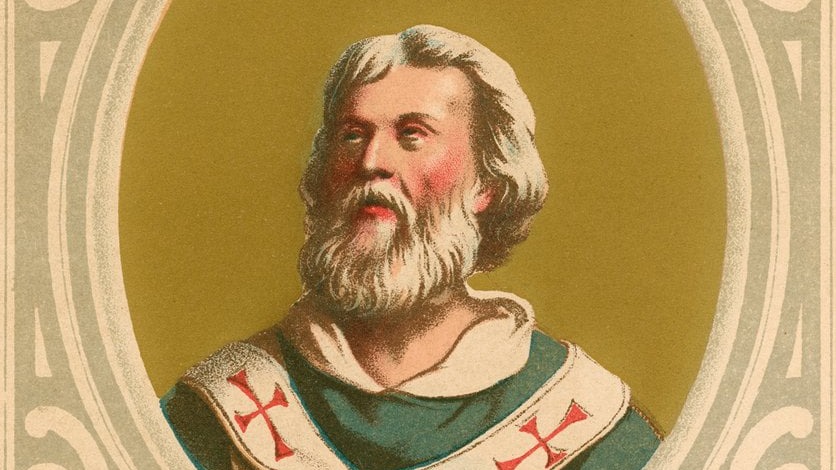
29 March 537 – 7 June 555
Vigilius
Subject of the (Ostrogothic) Kingdom of Italy, later a (Eastern) Roman citizen. Was of Roman ethnicity. Pope during the Second Council of Constantinople (553), the fifth ecumenical council recognized by the Catholic and Eastern Orthodox churches.
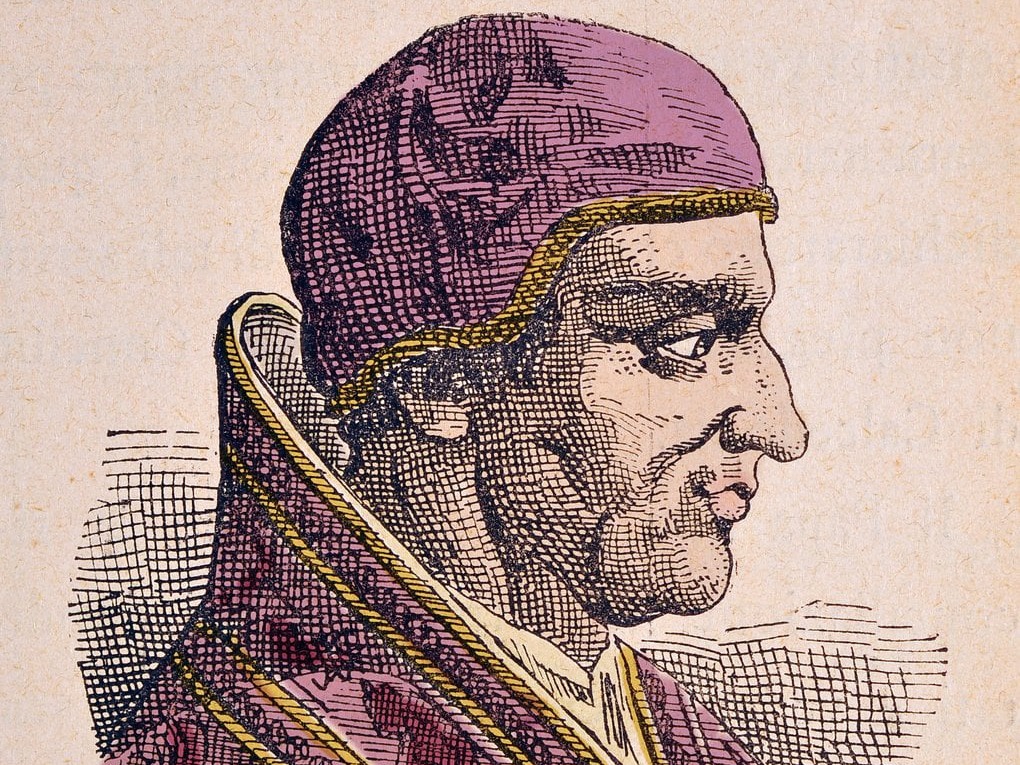
8 June 536 – 11 March 537
Silverius
Subject of Kingdom of Italy under Odoacer and later under Ostrogoths. Was of Roman descent. Exiled; feast day 20 June, son of Hormisdas.
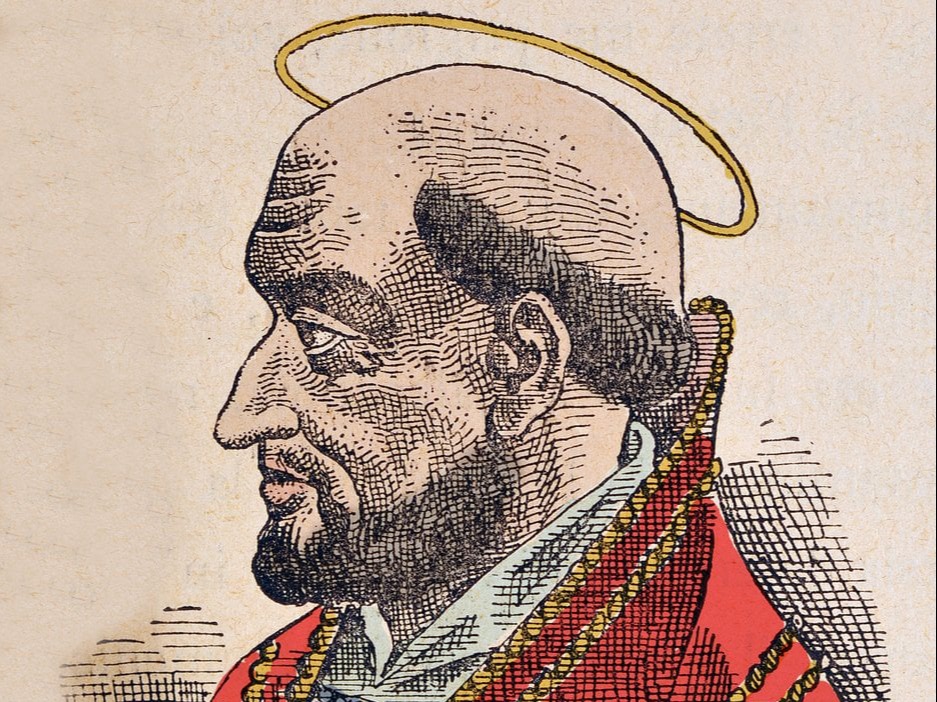
13 May 535 – 22 April 536
Agapetus I
Subject of the (Ostrogothic) Kingdom of Italy of Roman descent. Feast days 22 April and 20 September. Also revered as a saint in Eastern Christianity, with a feast day of 17 April.
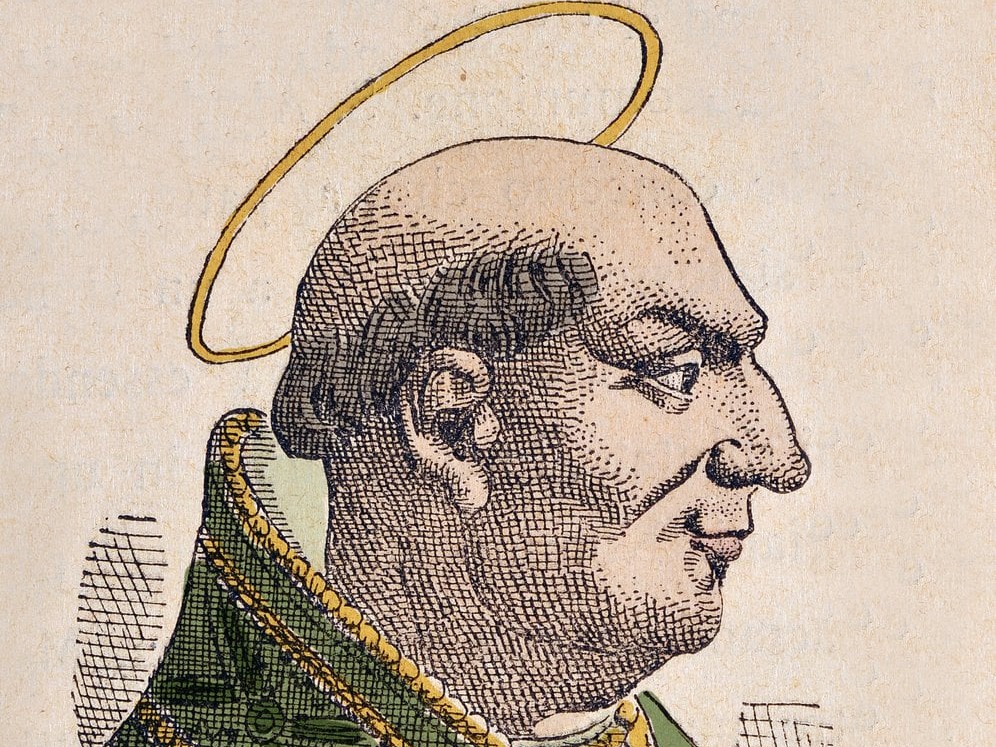
2 January 533 – 8 May 535
John II
Roman citizen, later a subject of the (Ostrogothic) Kingdom of Italy. First pope not to use his personal name, as it was associated with a Roman god, Mercury.
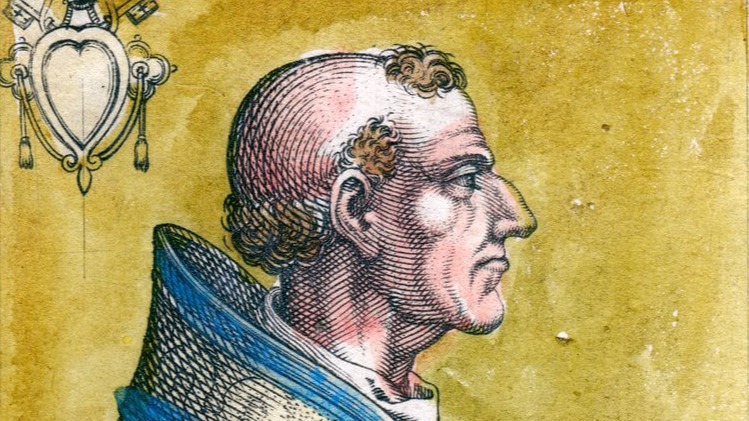
22 September 530 – 17 October 532
Boniface II
Ostrogoth; Subject of the (Ostrogothic) Kingdom of Italy. First Germanic pope. Changed the numbering of the years in the Julian Calendar from the Era of the Martyrs to Anno Domini.

12 July 526 – 22 September 530
Felix IV
Subject of the (Ostrogothic) Kingdom of Italy of Roman descent. Sometimes called Felix III. Built Santi Cosma e Damiano.
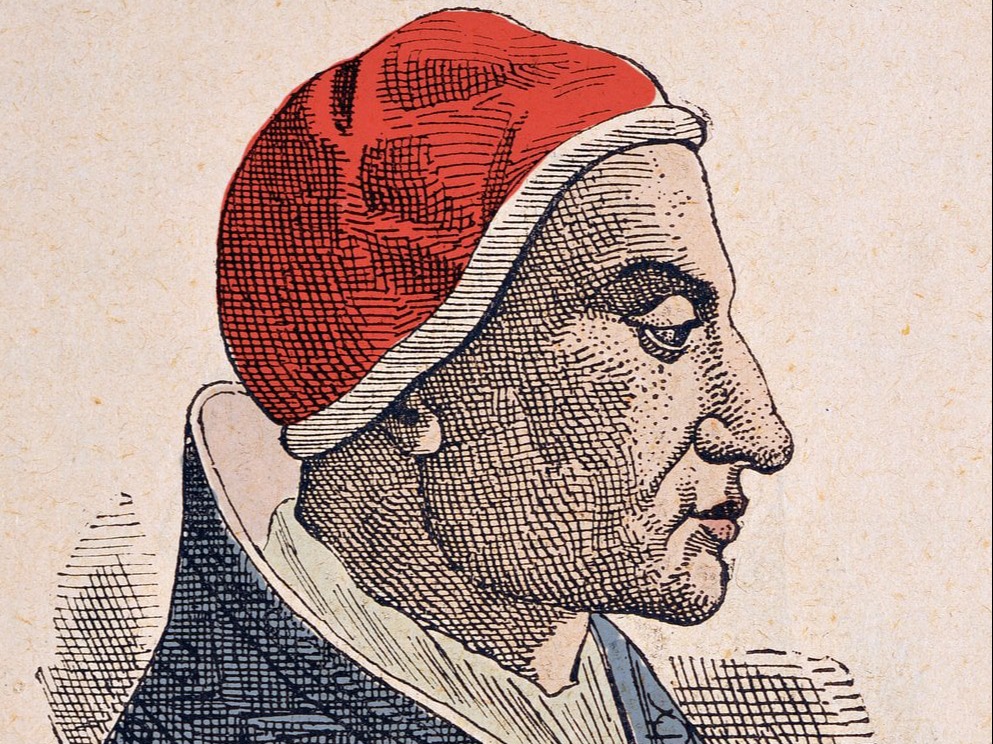
13 August 523 – 18 May 526
John I
Roman citizen, later a subject of the (Ostrogothic) Kingdom of Italy.
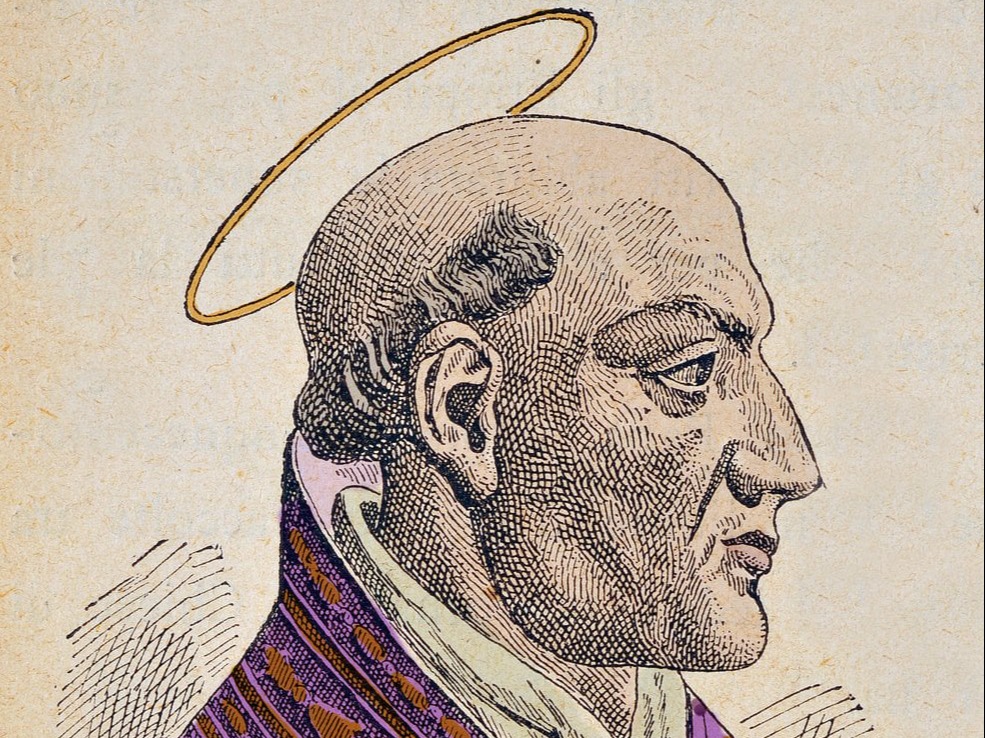
20 July 514 – 6 August 523
Hormisdas
Roman citizen, later a subject of the (Ostrogothic) Kingdom of Italy. Father of Pope Silverius. Acacian schism.
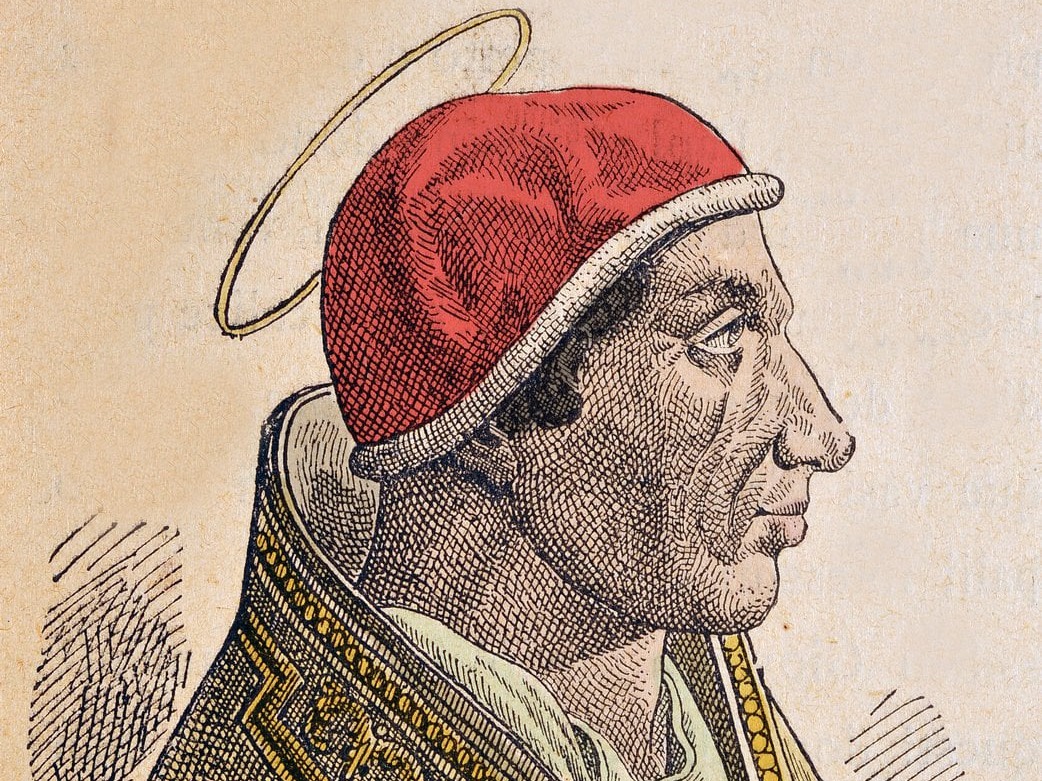
22 November 498 – 19 July 514
Symmachus
Roman citizen, later a subject of the (Ostrogothic) Kingdom of Italy.
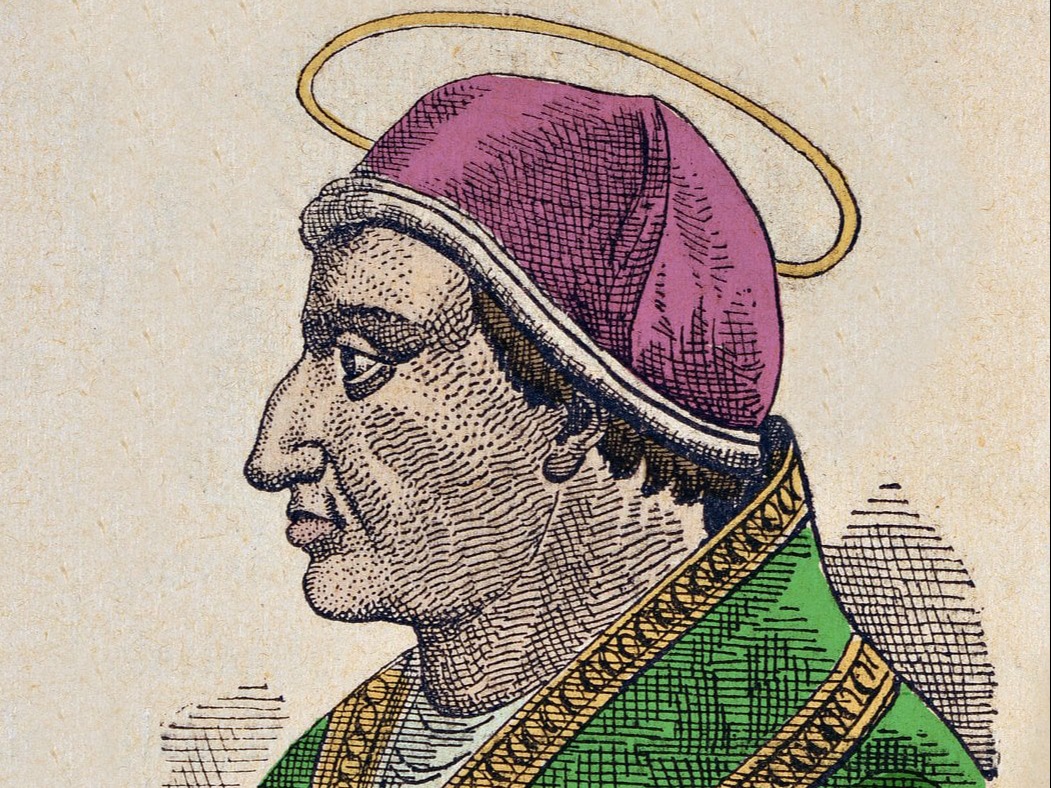
24 November 496 – 19 November 498
Anastasius II
Roman citizen of Greek descent, later a subject of the (Ostrogothic) Kingdom of Italy. Tried to end the Acacian schism but it resulted in the Laurentian schism. Earliest pope not canonized by either the Latin Church or the Eastern Church.
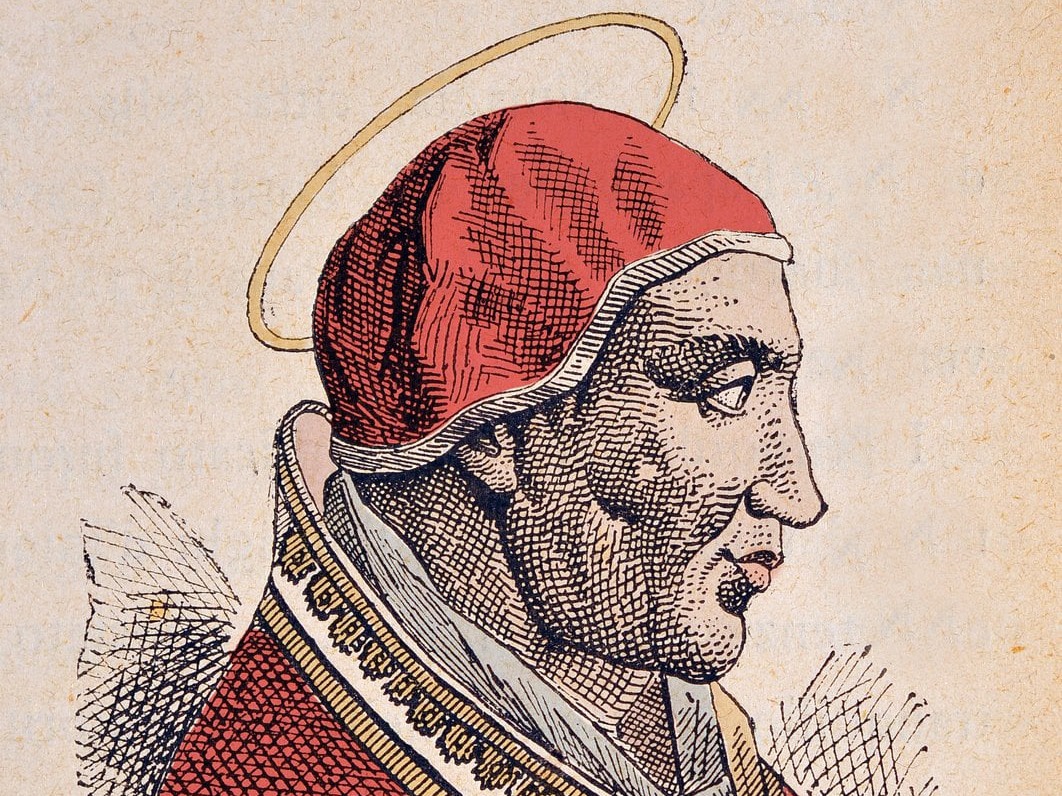
1 March 492 – 21 November 496
Gelasius I
Roman citizen of Berber descent, later a subject of the (Ostrogothic) Kingdom of Italy; the last pope to have been born on the continent of Africa. The first pope called the "Vicar of Christ".
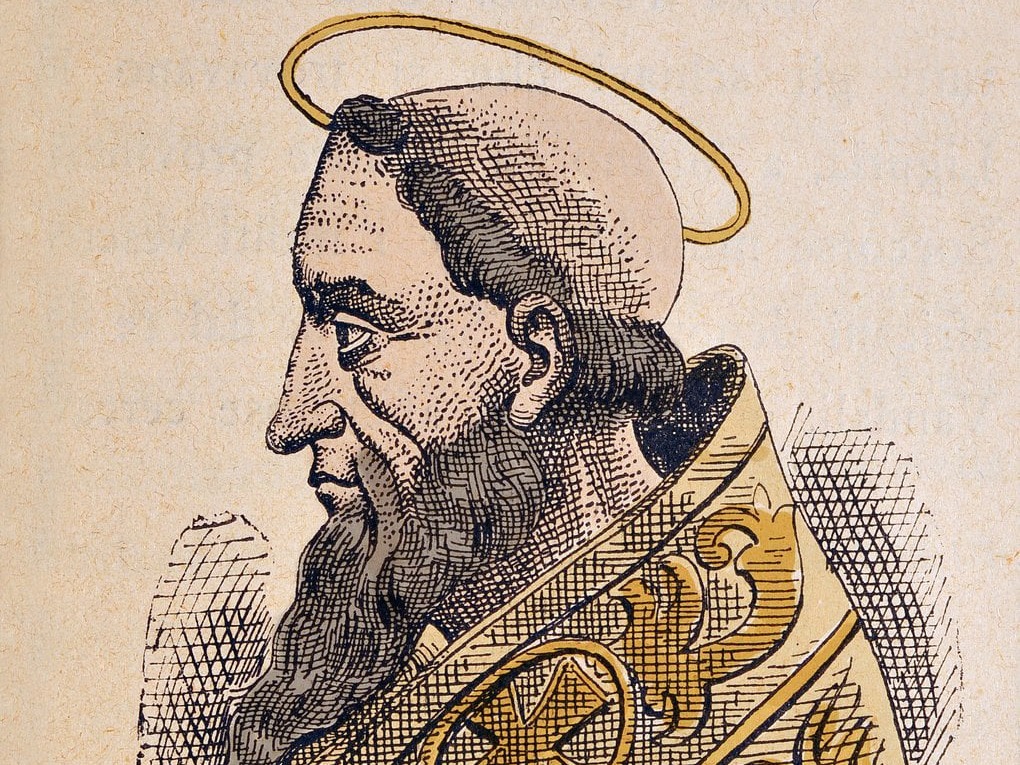
13 March 483 – 1 March 492
Felix III
Roman citizen, later a subject of the Kingdom of Italy. Sometimes called Felix II. Great-great-grandfather of pope Gregory I.
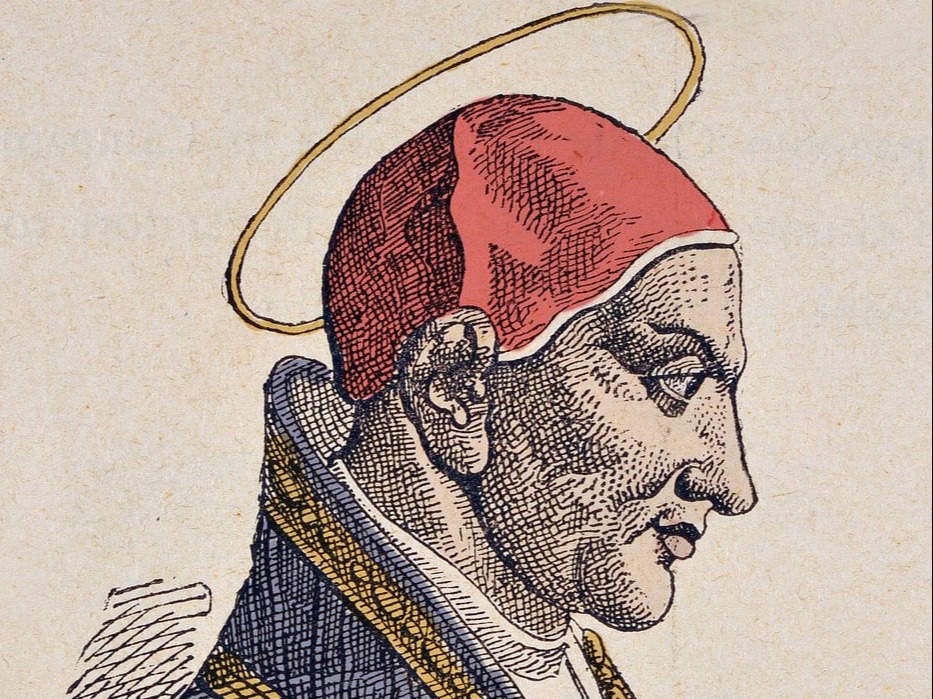
3 March 468 – 10 March 483
Simplicius
Roman citizen, later a subject of the Kingdom of Italy. Papacy during the collapse of the Western Roman Empire and subsequent overtaking of Rome and Italy in general by Odoacer.
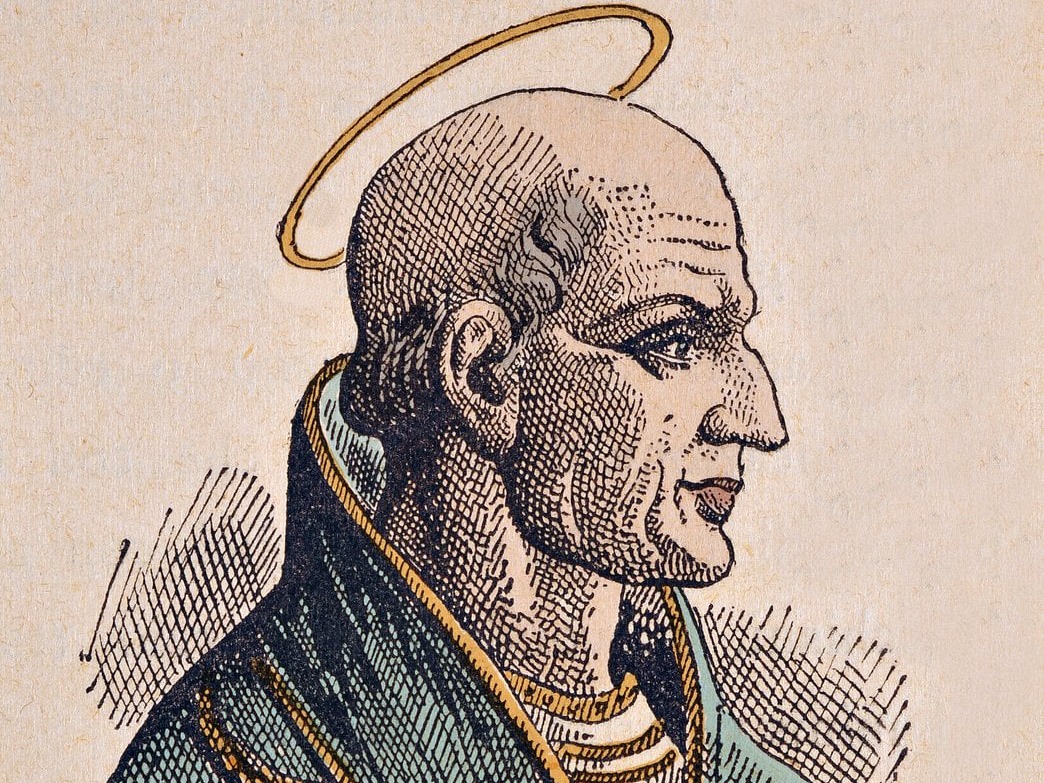
19 November 461 – 29 February 468
Hilary
Roman citizen.
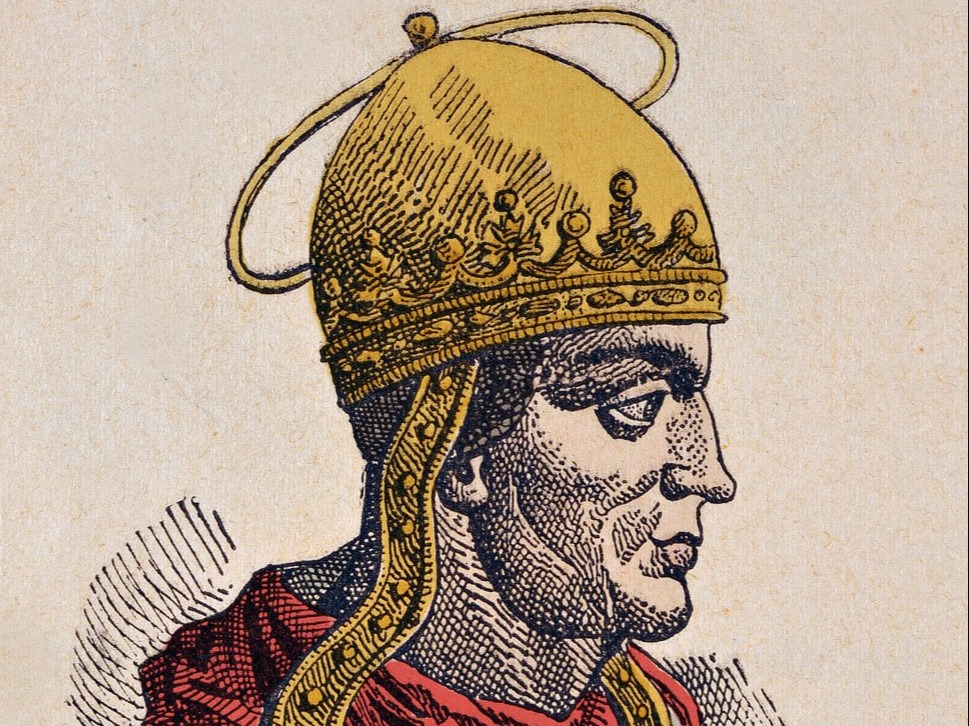
29 September 440 – 10 November 461
Leo I
Roman citizen. Convinced Attila the Hun to turn back his invasion of Italy. Wrote the Tome which was instrumental in the Council of Chalcedon (451) and in defining the hypostatic union. Feast day 10 November. Also revered as a saint in Eastern Christianity, with a feast day of 18 February.
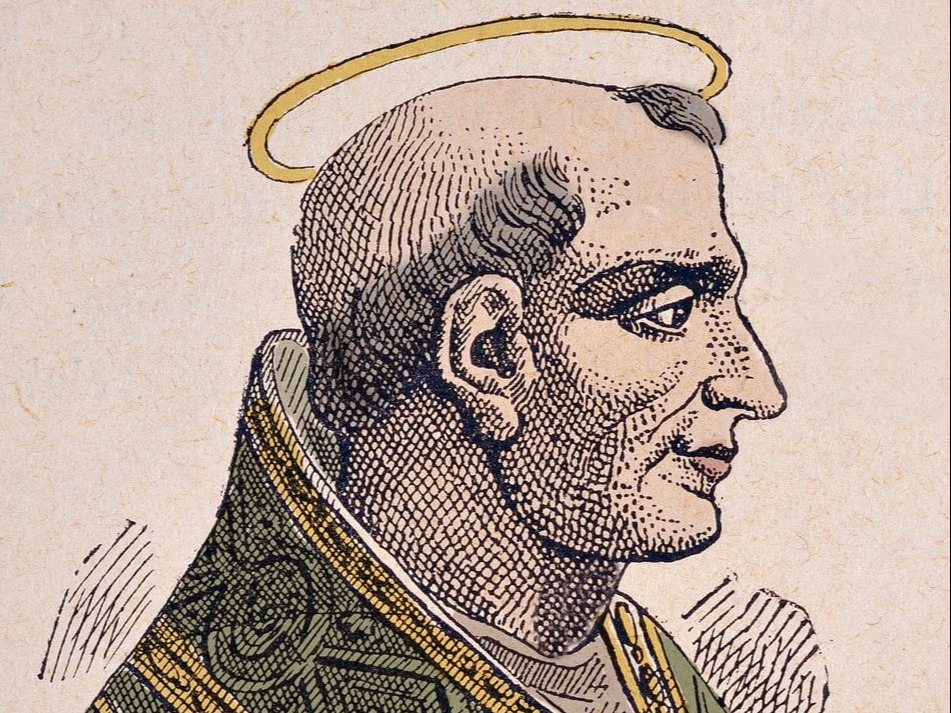
31 July 432 – 18 August 440
Sixtus III
Roman citizen.
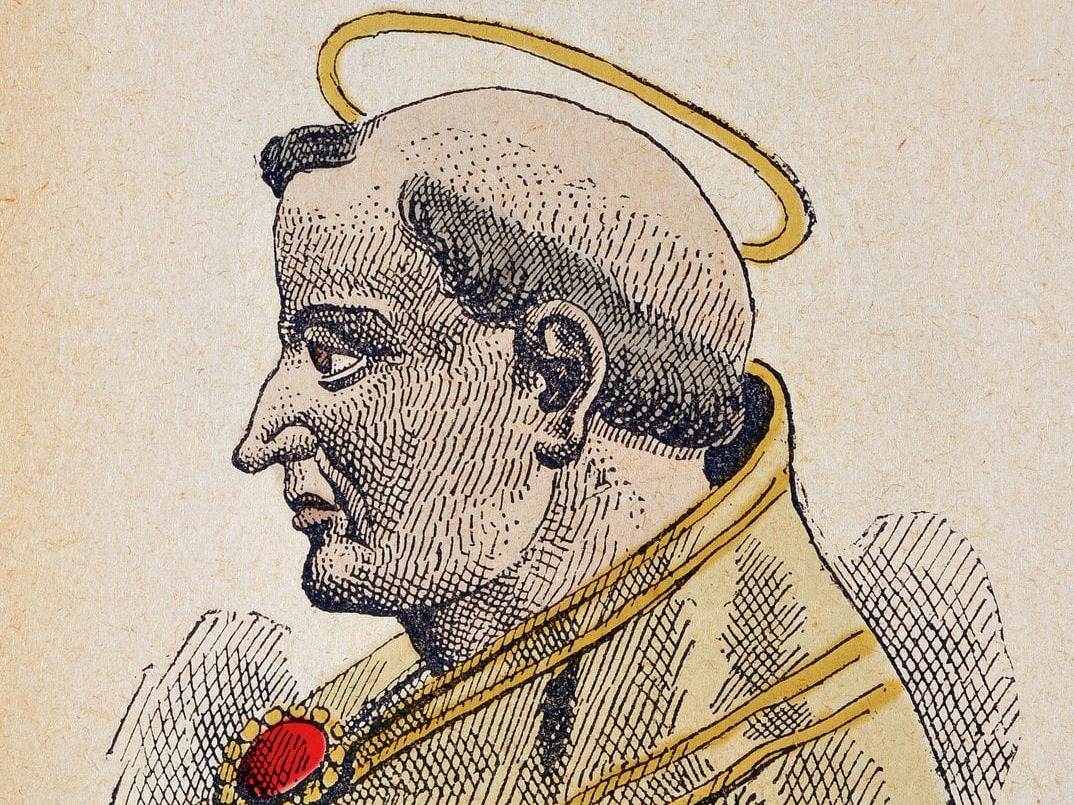
10 September 422 – 27 July 432
Celestine I
Roman citizen. Also revered as a saint in Eastern Christianity, with a feast day of 8 April. Pope during the Council of Ephesus (431), the third ecumenical council recognized by the Catholic, Eastern Orthodox, and Oriental Orthodox churches.
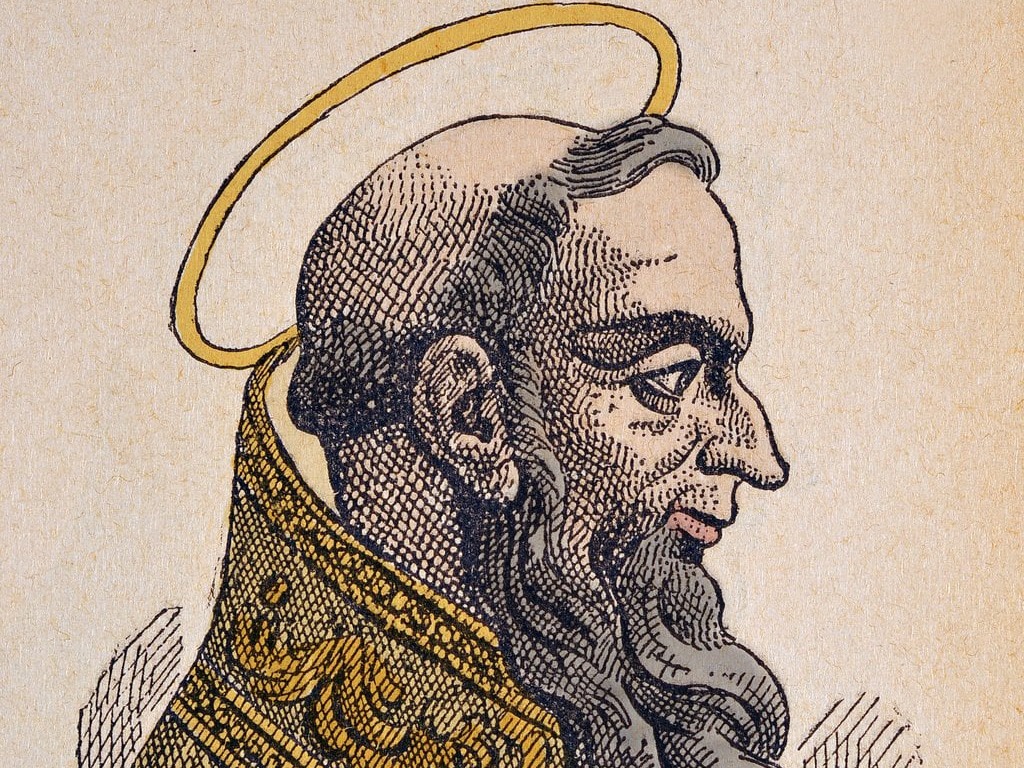
28 December 418 – 4 September 422
Boniface I
Roman citizen.
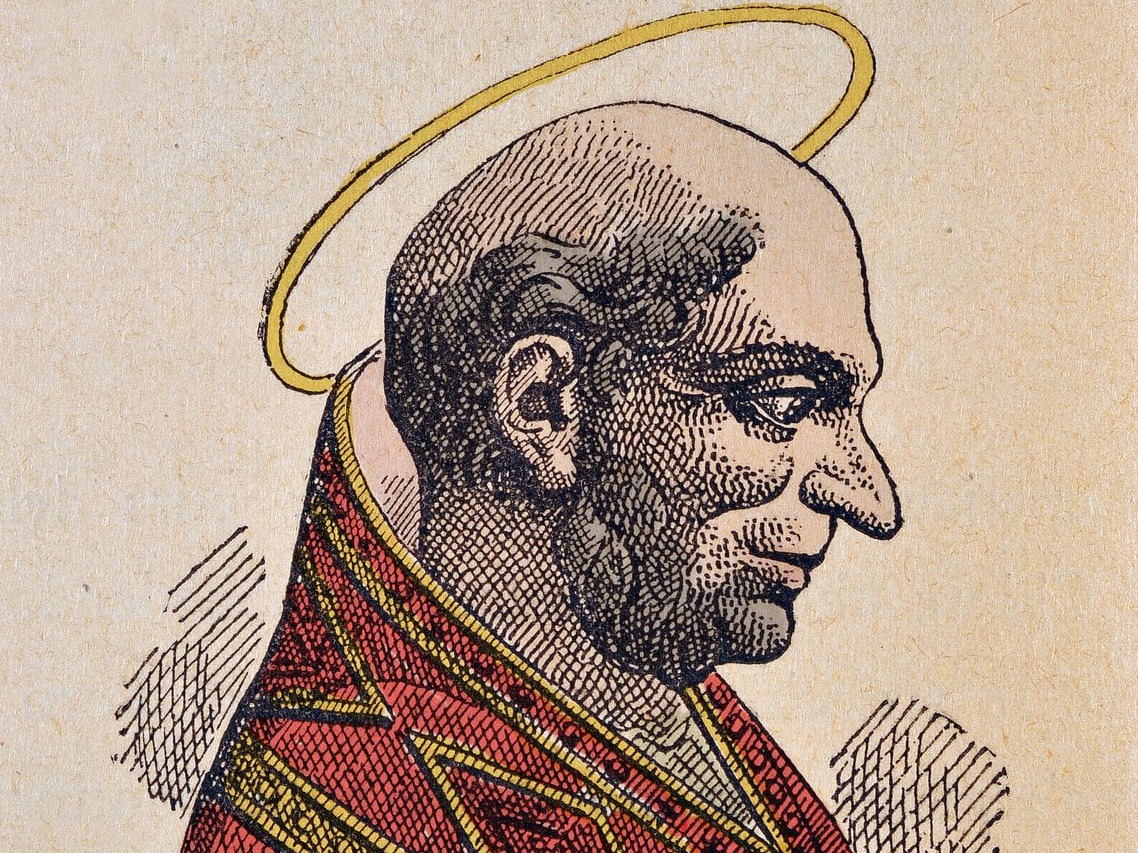
18 March 417 – 26 December 418
Zosimus
Roman citizen of Greek descent.

21 December 401 – 12 March 417
Innocent I
Roman citizen. Visigoth Sack of Rome (410) under Alaric I.
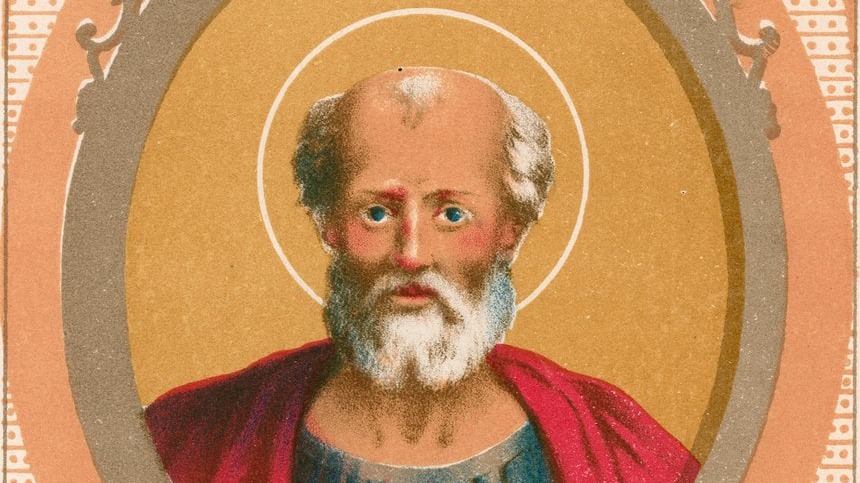
27 November 399 – 19 December 401
Anastasius I
Roman citizen. Instructed priests to stand and bow their heads as they read from the Gospels.
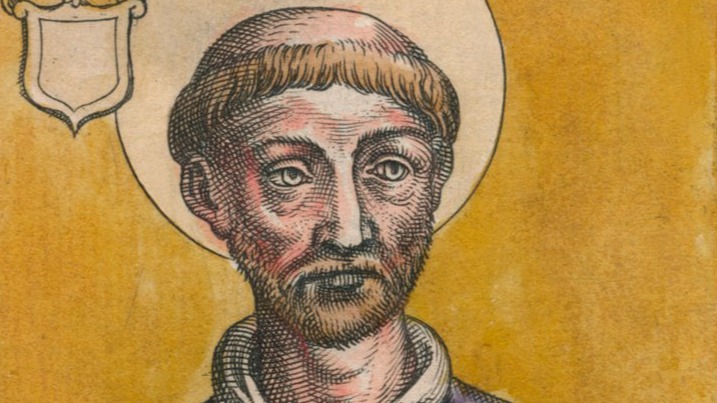
17 December 384 – 26 November 399
Siricius
Roman citizen. His famous letters—the earliest surviving texts of papal decretals—focus particularly on religious discipline and include decisions on baptism, consecration, ordination, penance, and continence. Siricius' important decretal of 386 (written to Bishop Himerius of Tarragona), commanding celibacy for priests, was the first decree on this subject.
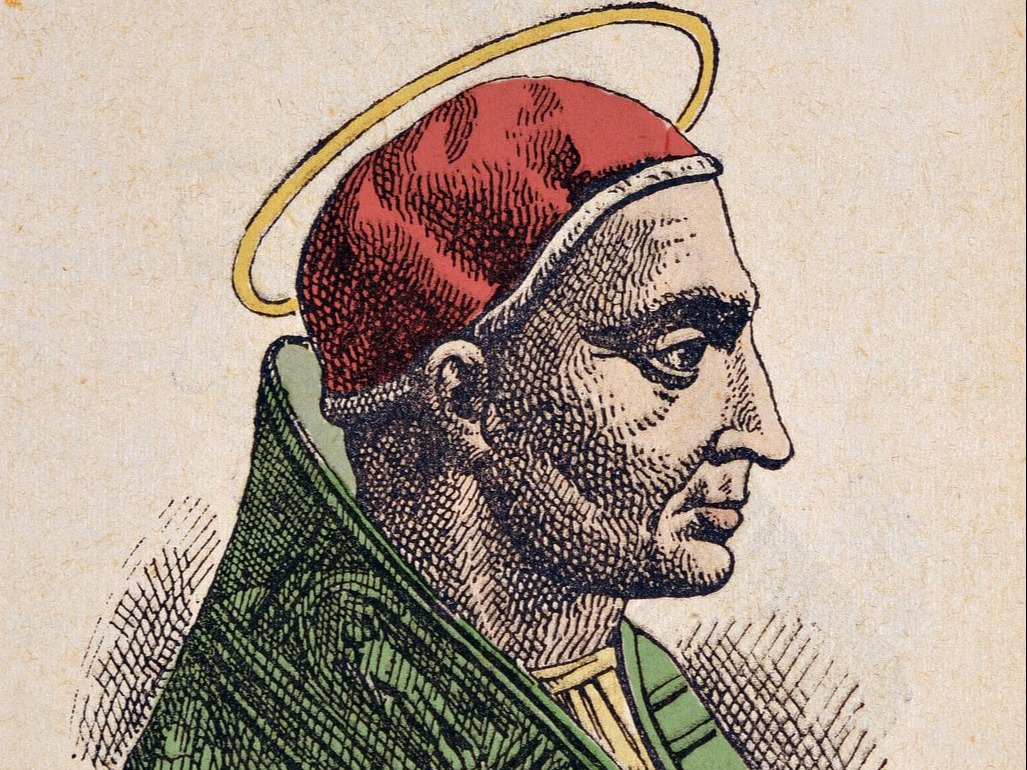
1 October 366 – 11 December 384
Damasus I
Roman citizen. The first pope from modern-day Portugal. Patron of Jerome, commissioned the Vulgate translation of the Bible. Pope during the First Council of Constantinople (381), the second ecumenical council. Council of Rome (382). First pope to be the official head of the church after the Emperor Gratian abdicates the title of "Pontifex Maximus".
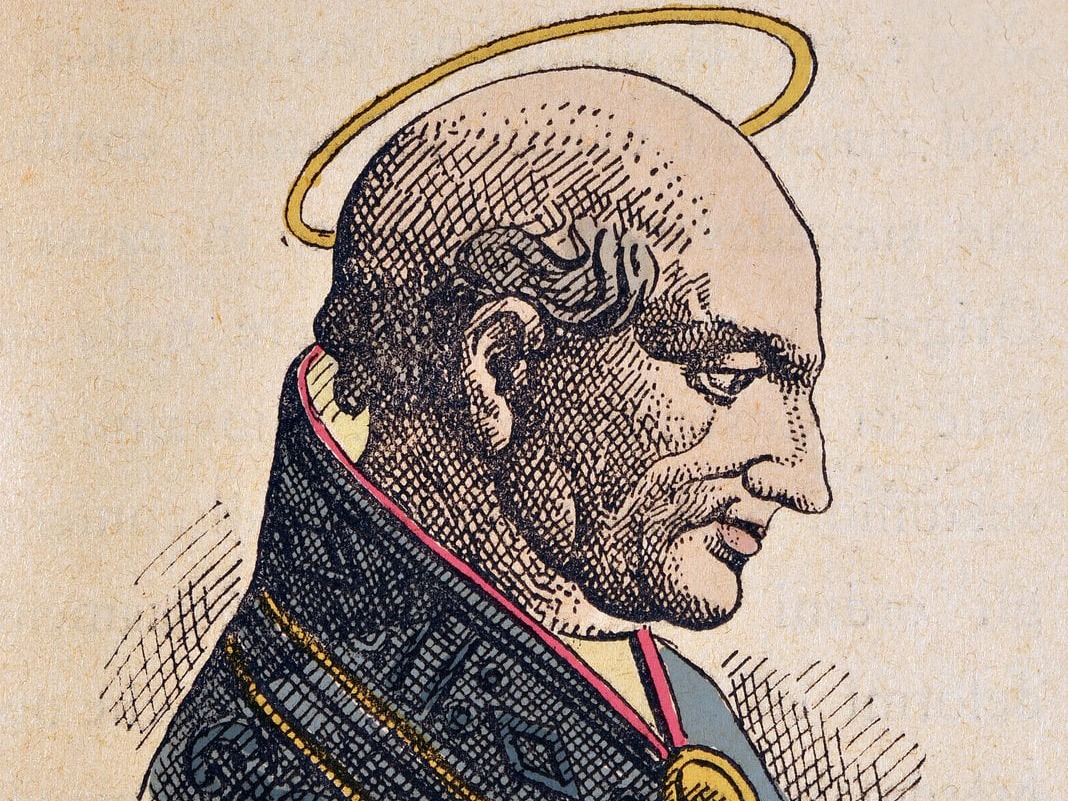
17 May 352 – 24 September 366
Liberius
Roman citizen. Banished by the Arian-leaning Emperor Constantius II and later yielding to him. Earliest pope not canonized by the Latin Church. Revered as a saint in Eastern Christianity, with a feast day of 27 August.
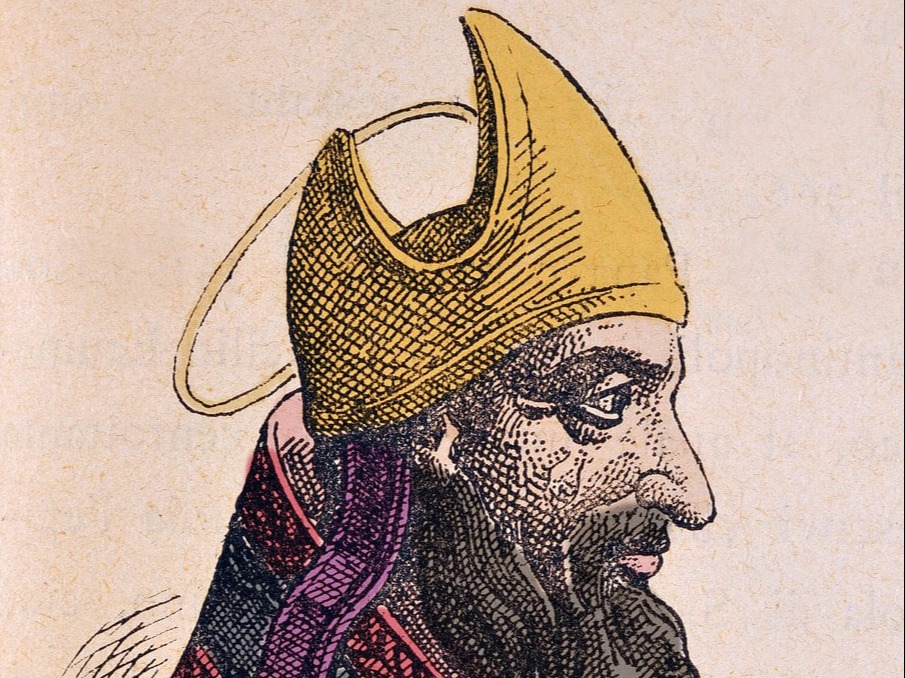
6 February 337 – 12 April 352
Julius I
Roman citizen. He was involved in the Arian controversy, supporting Athanasius of Alexandria.
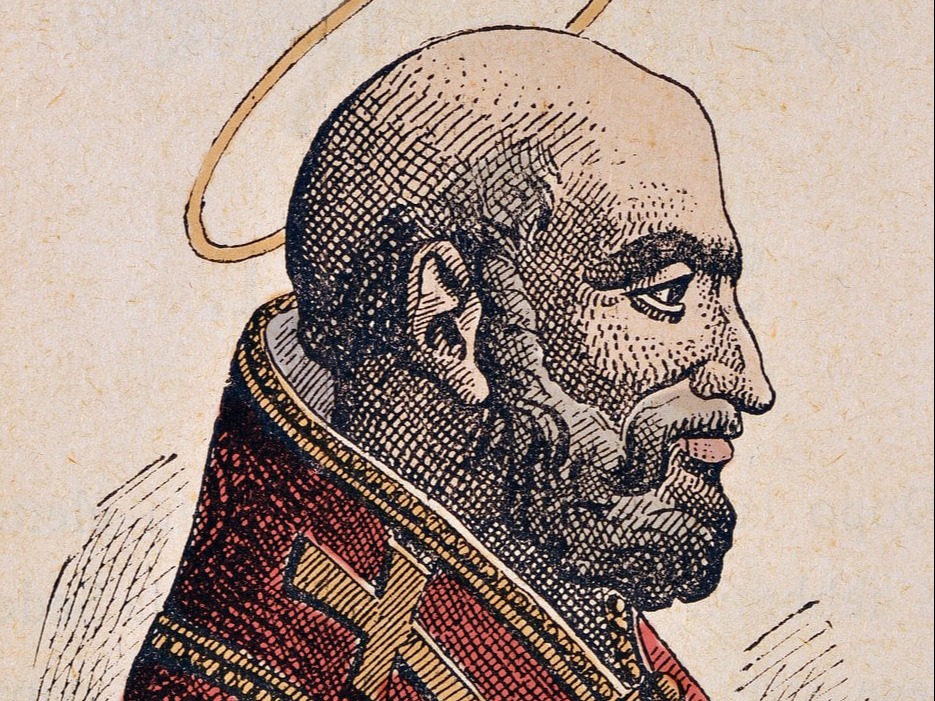
18 January 336 – 7 October 336
Mark
Roman citizen. One of Mark's undertakings was to compile stories of the lives of martyrs and bishops before his time. There is some reason to believe he founded two churches in the area of Rome. One of them is still known to this day as the Church of San Marco, although it is greatly changed since his time. The other church was at the Catacomb of Balbina, a cemetery. Emperor Constantine gave gifts of land and furnishing for both buildings. Feast day 7 October.
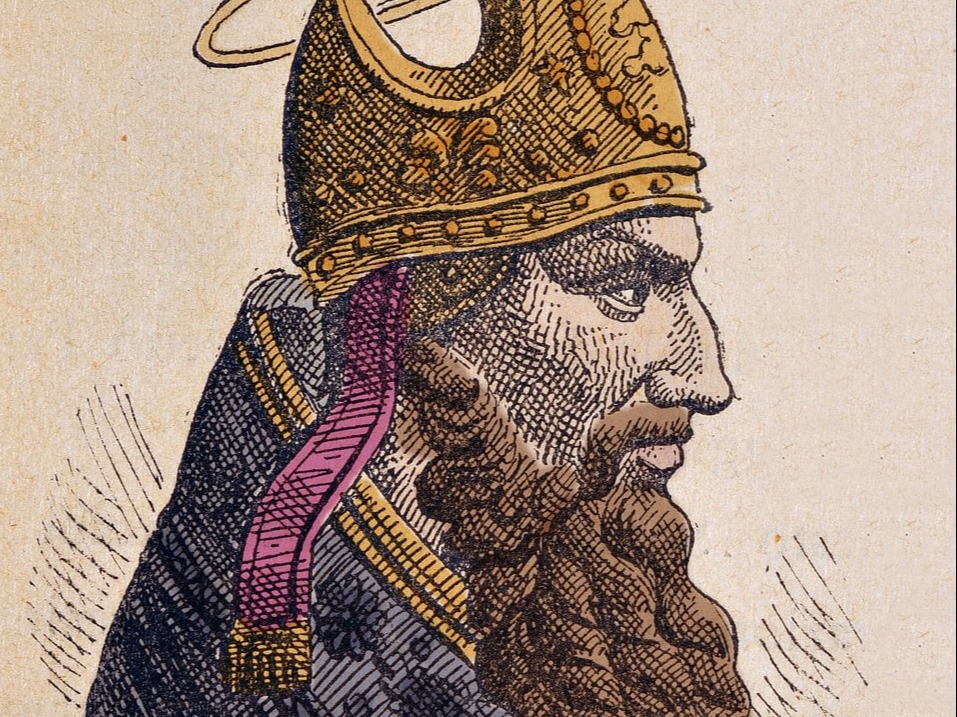
31 January 314 – 31 December 335
Sylvester I
Roman citizen. Feast day 31 December. Also revered as a saint in Eastern Christianity, with a feast day of 2 January. Pope during the First Council of Nicaea (325), the first ecumenical council. Under him was built: the Archbasilica of Saint John Lateran, Santa Croce in Gerusalemme and Old St. Peter's Basilica. Stated to be the recipient of the Donation of Constantine, which was later shown to be a forgery.
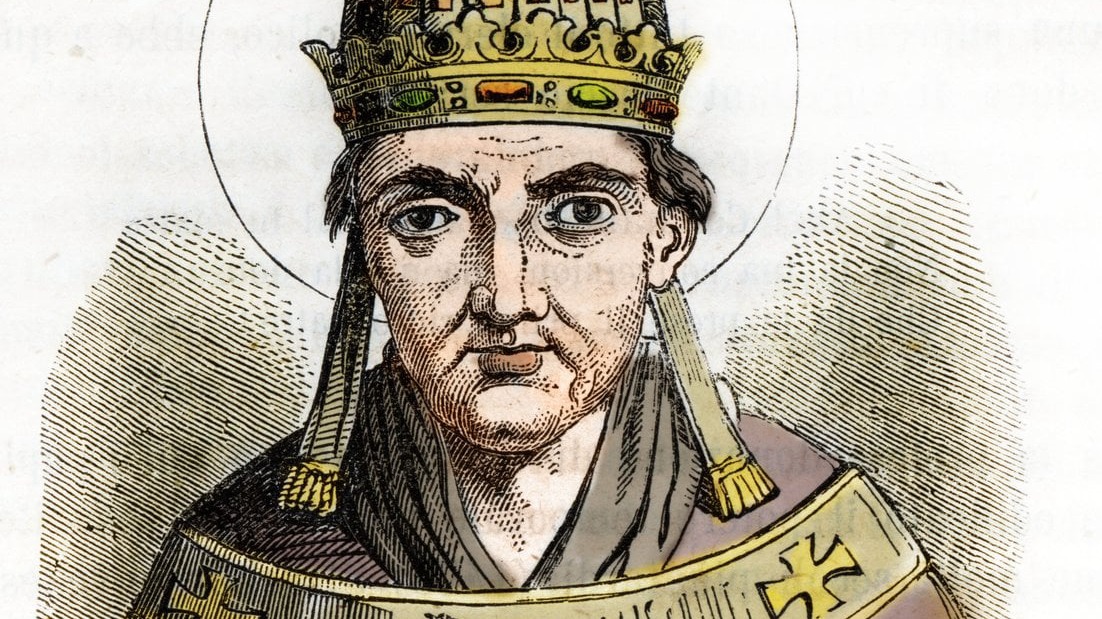
2 July 311 – 10 January 314
Miltiades
Roman citizen of Berber descent. Feast day 10 January. First pope after the end of the persecution of Christians through the Edict of Milan (313 AD) issued by Constantine the Great. Presided over the Lateran council of 313.
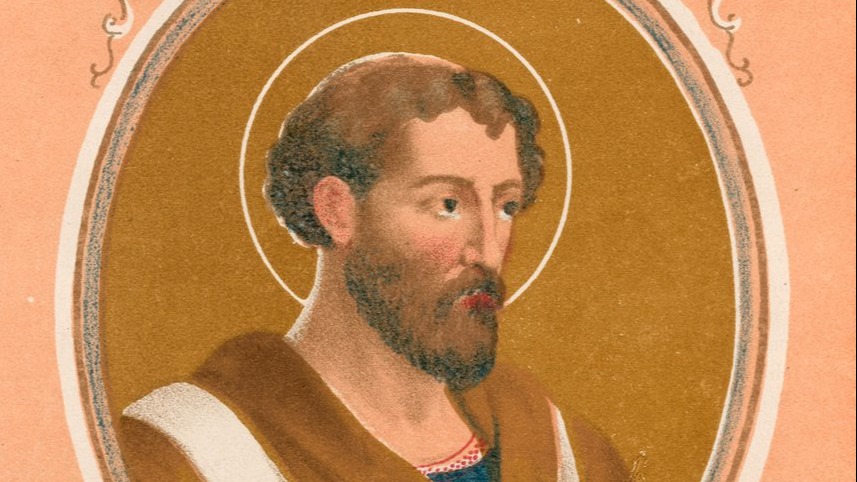
18 April 309 – 17 August 310
Eusebius
Roman citizen of Greek descent. Feast day 17 August. Banished by the emperor Maxentius, and died in exile.
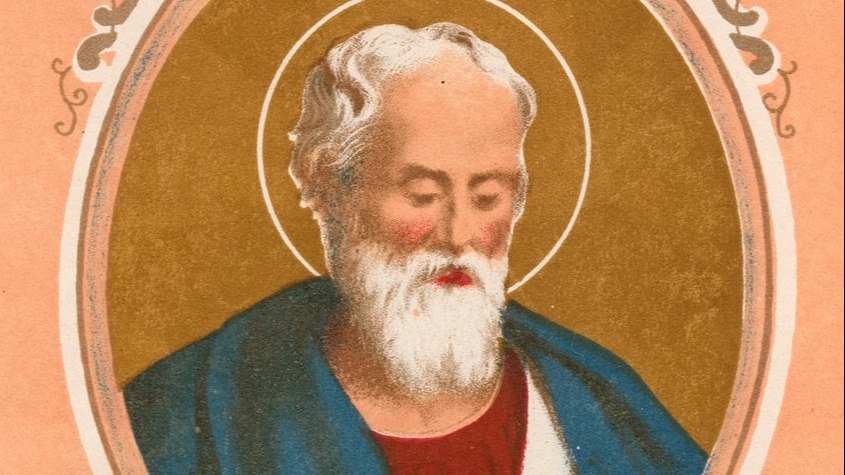
27 May 308 – 16 January 309
Marcellus I
Roman citizen. Feast day 16 January. Banished from Rome under Maxentius.
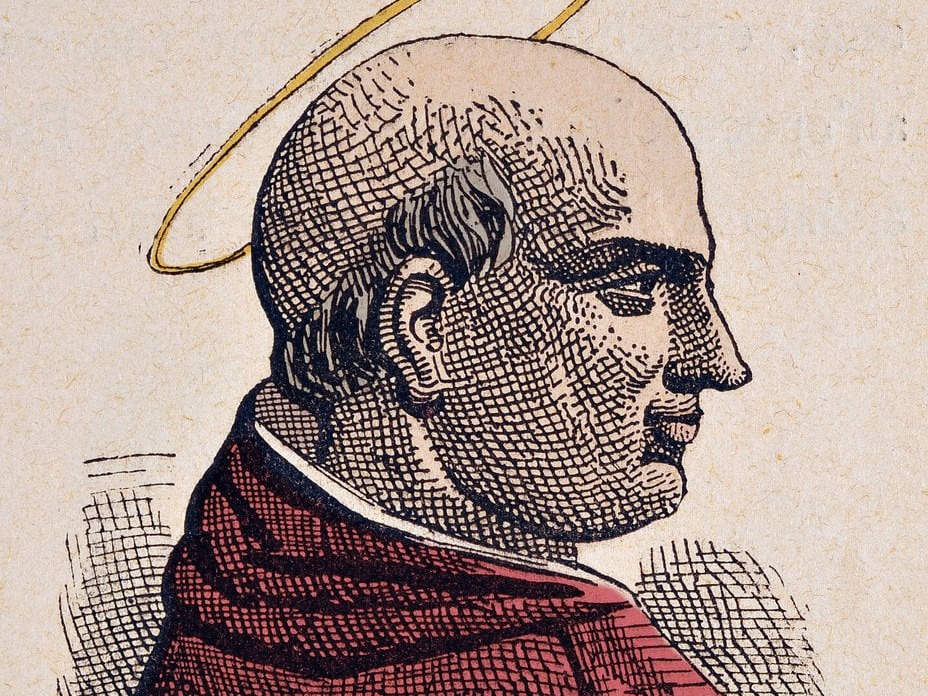
30 June 296 – 26 April 304
Marcellinus
Roman citizen. Feast day 26 April. Also revered as a saint in Eastern Christianity, with a feast day of 7 June.
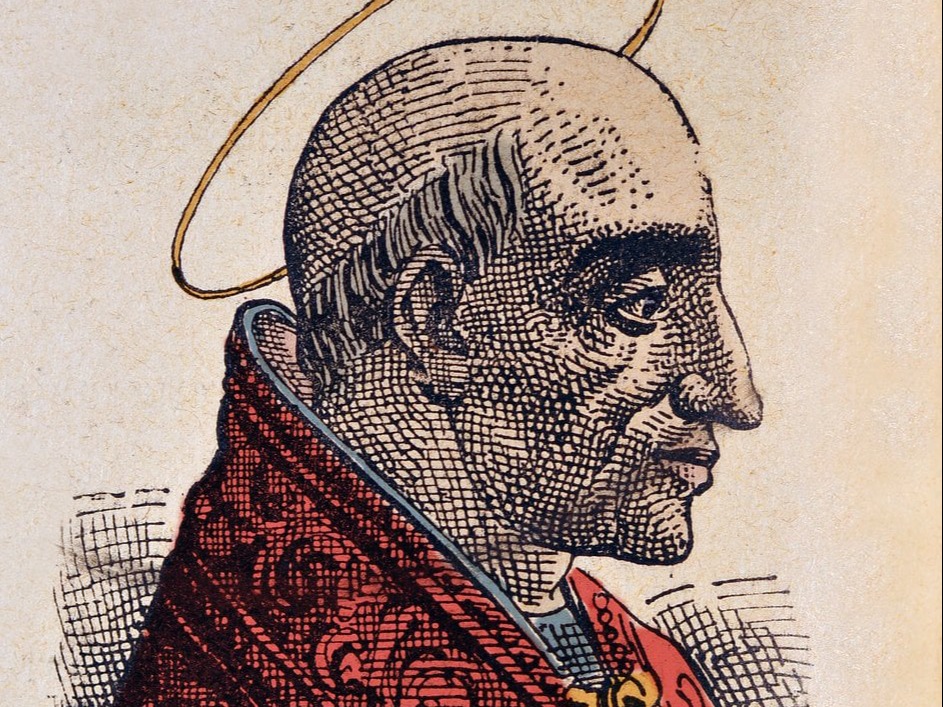
17 December 283 – 22 April 296
Caius
Roman citizen. Martyred by beheading (according to legend). Feast day 22 April. Also revered as a saint in Eastern Christianity, with a feast day of 11 August.
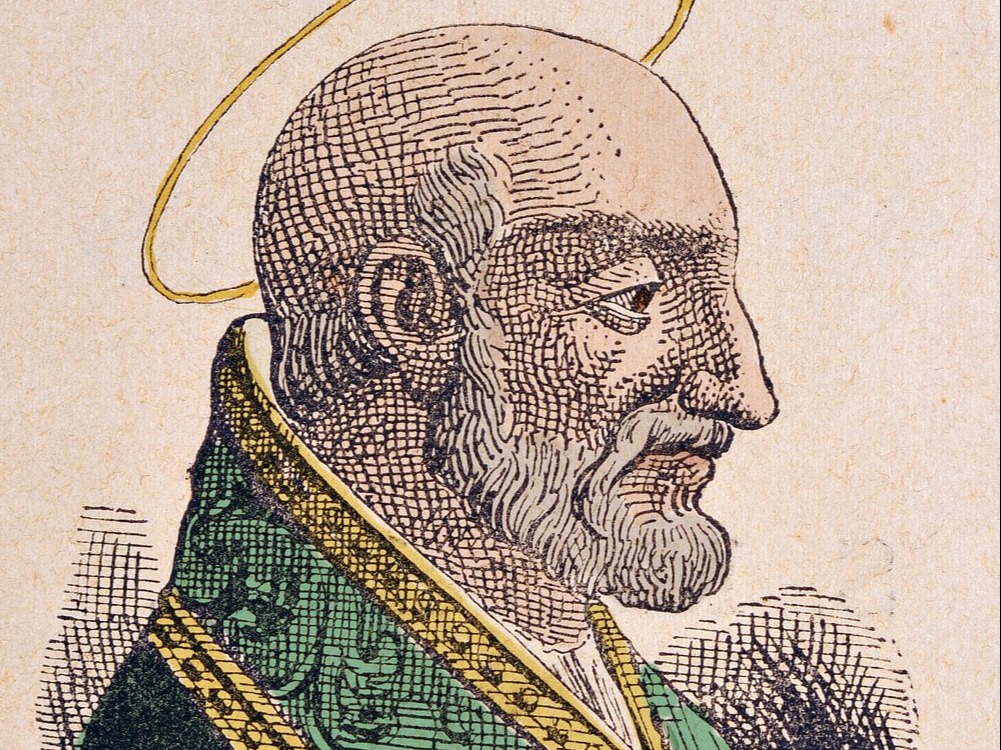
4 January 275 – 7 December 283
Eutychian
Roman citizen. Feast day 8 December.
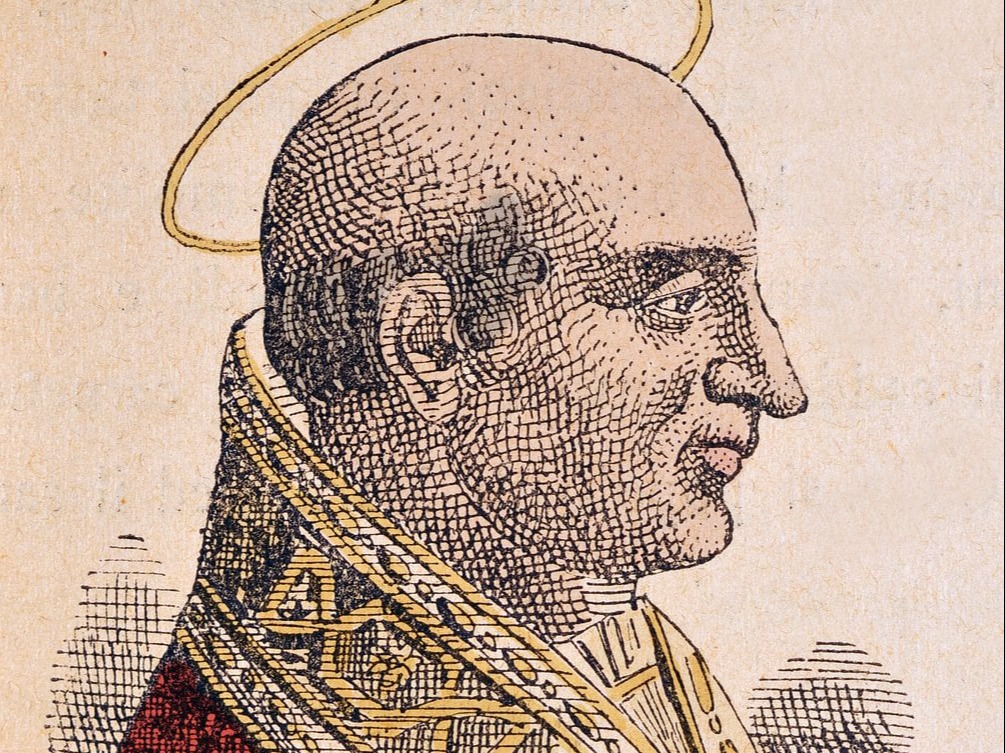
5 January 269 – 30 December 274
Felix I
Roman citizen. Feast day 30 December.
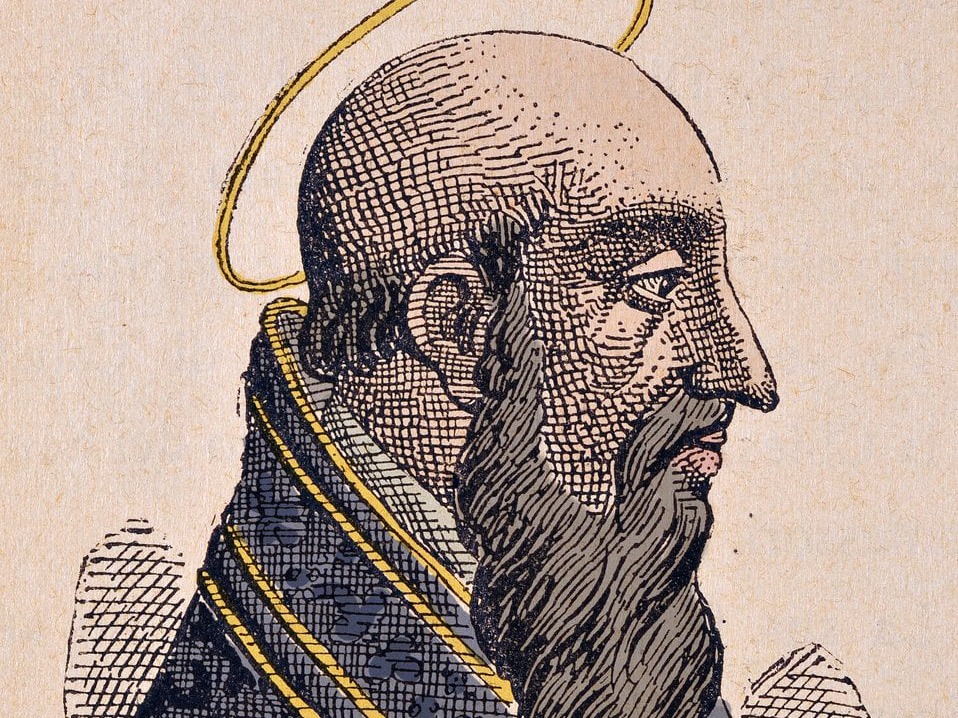
22 July 259 – 26 December 268
Dionysius
Roman citizen of Greek descent (Constitutio Antoniniana). Feast day 26 December.
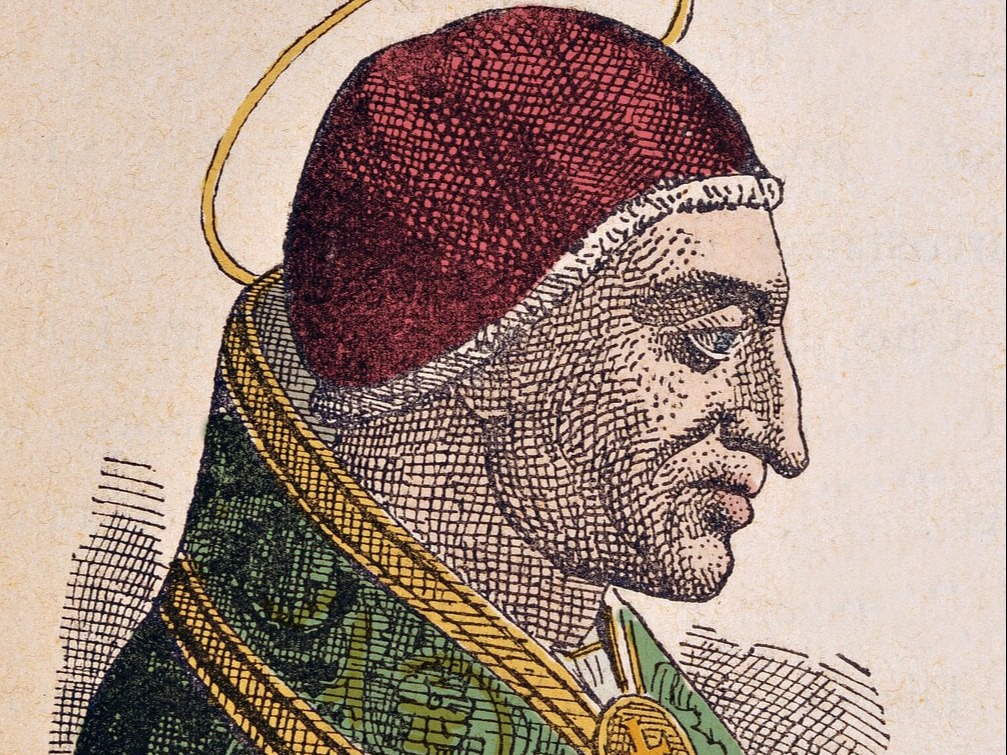
30 August 257 – 6 August 258
Sixtus II
Roman citizen of Greek descent (Constitutio Antoniniana). Martyred by beheading. Also revered as a saint in Eastern Christianity, with a feast day of 10 August.
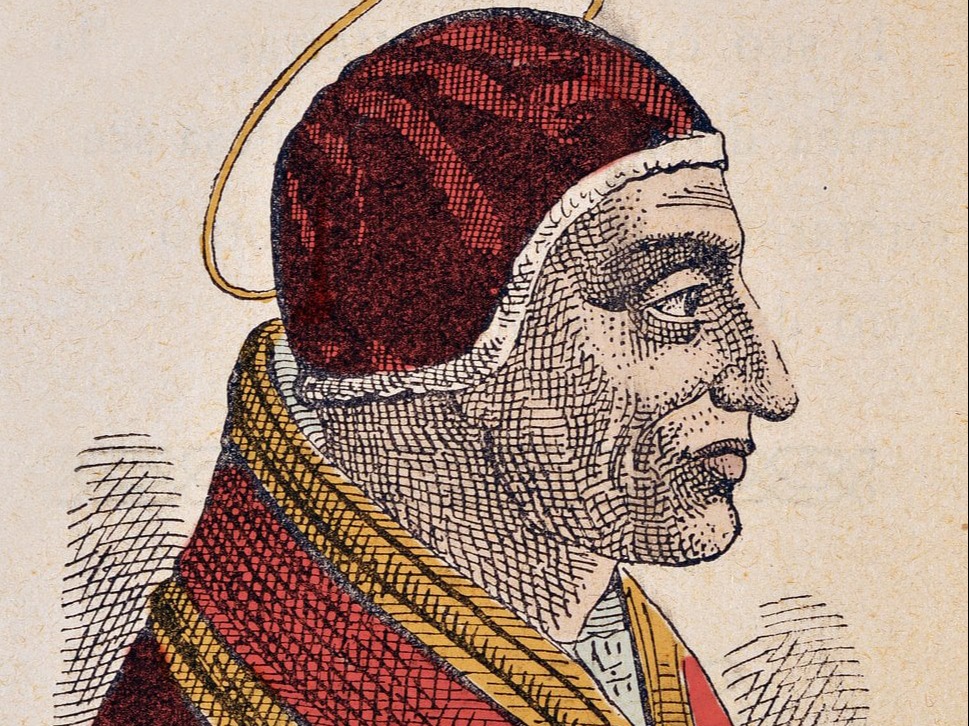
12 March 254 – 2 August 257
Stephen I
Roman citizen of Greek descent (Constitutio Antoniniana). Martyred by beheading; feast day 2 August. Also revered as a saint in Eastern Christianity, with the same feast day.
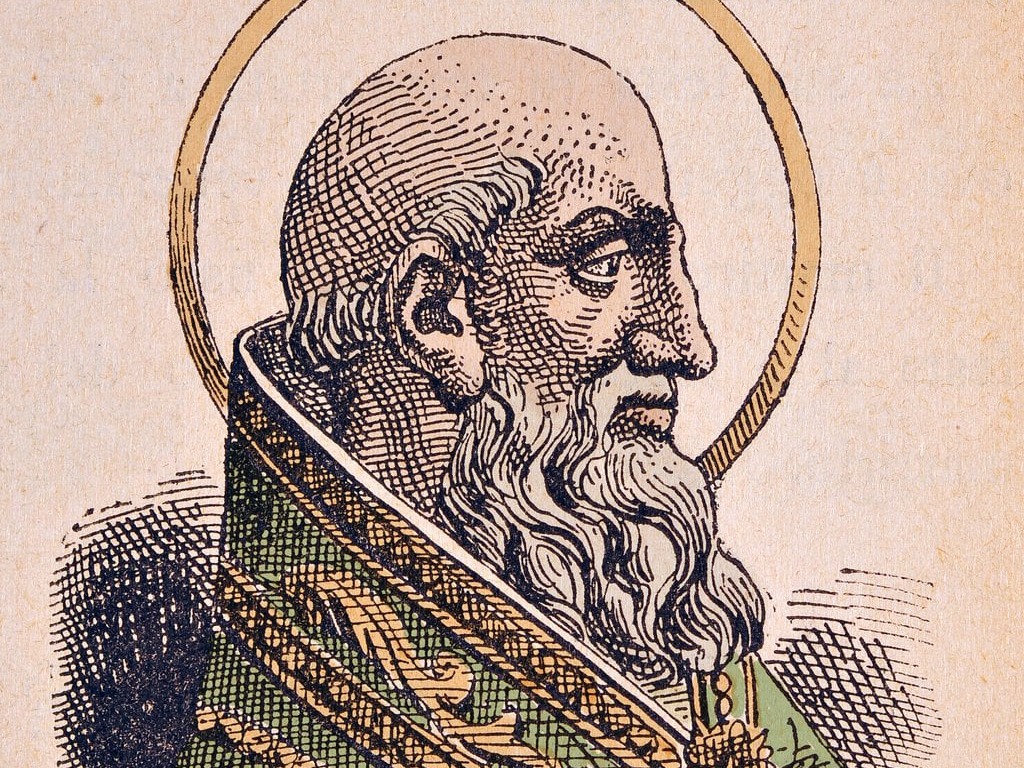
25 June 253 – 5 March 254
Lucius I
Roman citizen. Feast day 5 March.
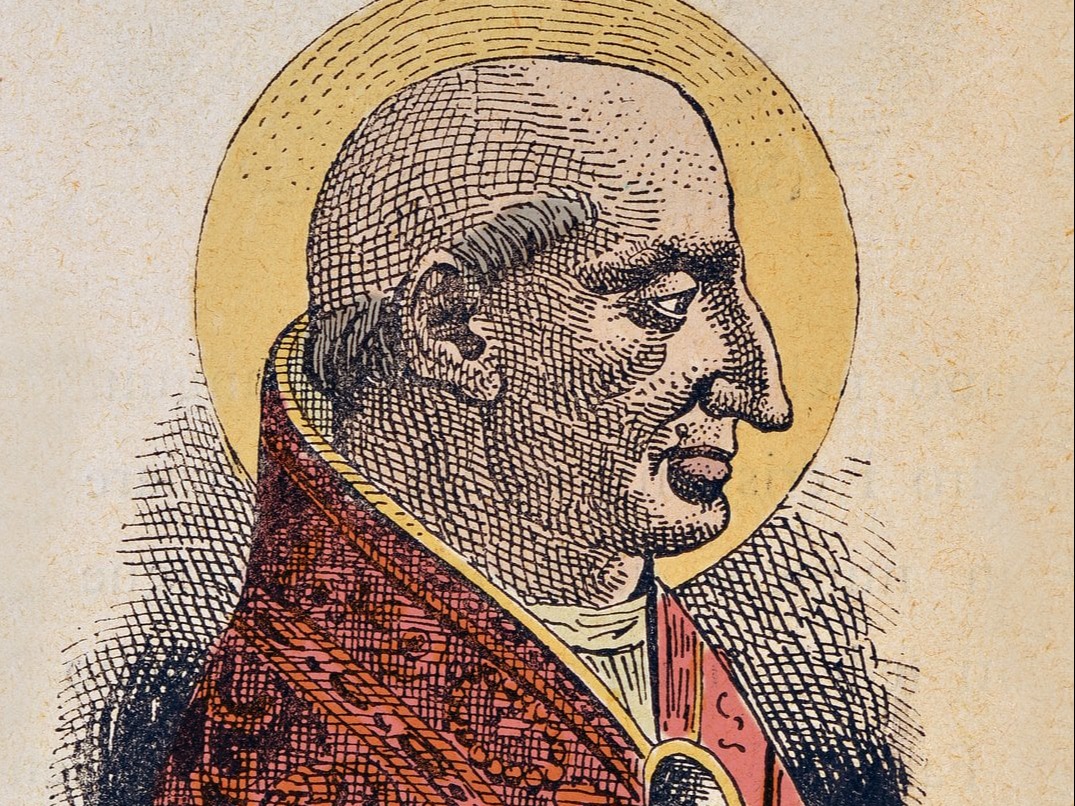
6 March 251 – 25 June 253
Cornelius
Roman citizen. Died as a martyr through extreme hardship; feast day 16 September.
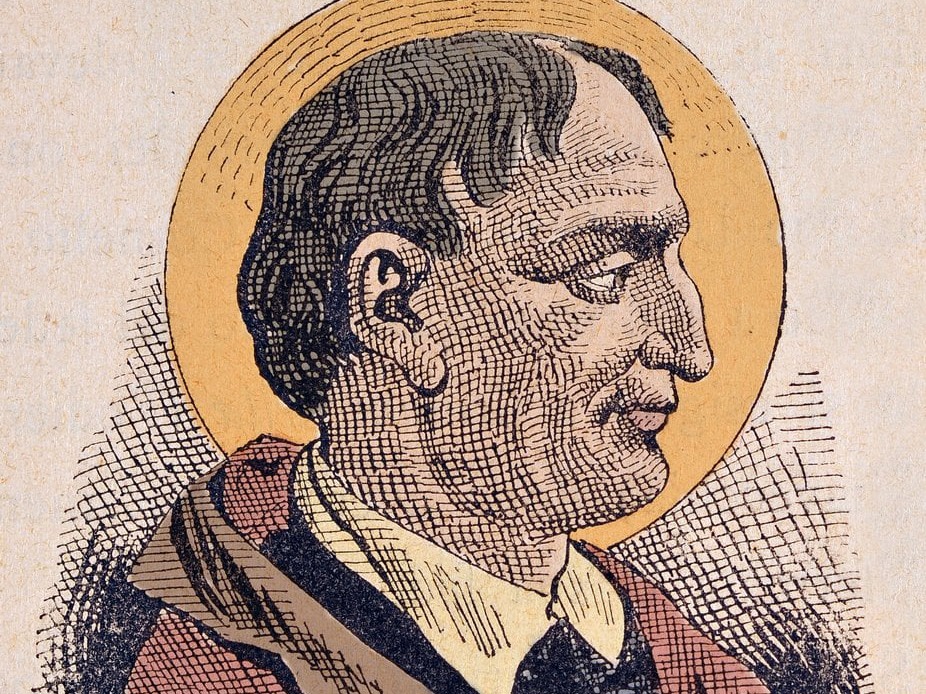
10 January 236 – 20 January 250
Fabian
Roman citizen. Divided the communities of Rome into seven districts, each supervised by a deacon. Feast day 20 January. Also revered as a saint in Eastern Christianity, with a feast day of 5 August.
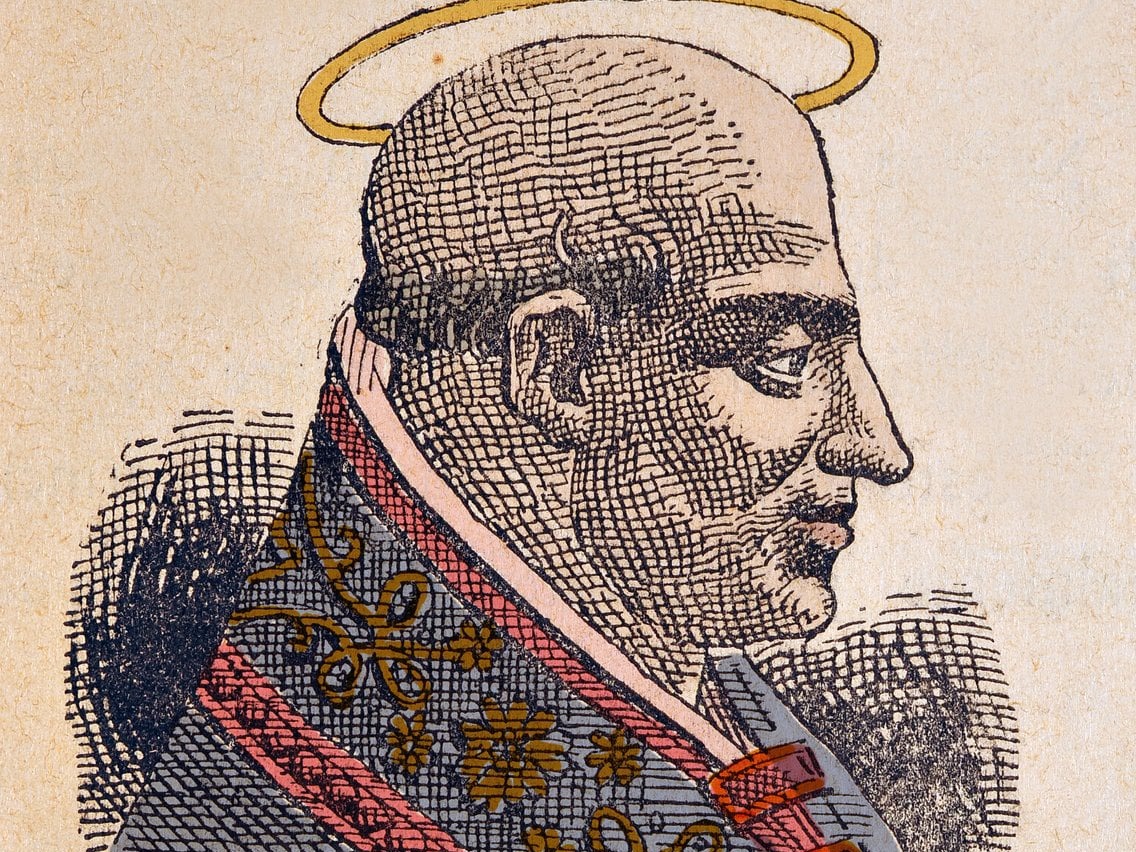
21 November 235 – 3 January 236
Anterus
Roman citizen of Greek descent (Constitutio Antoniniana). Feast day 3 January. Also revered as a saint in Eastern Christianity, with a feast day of 5 August.
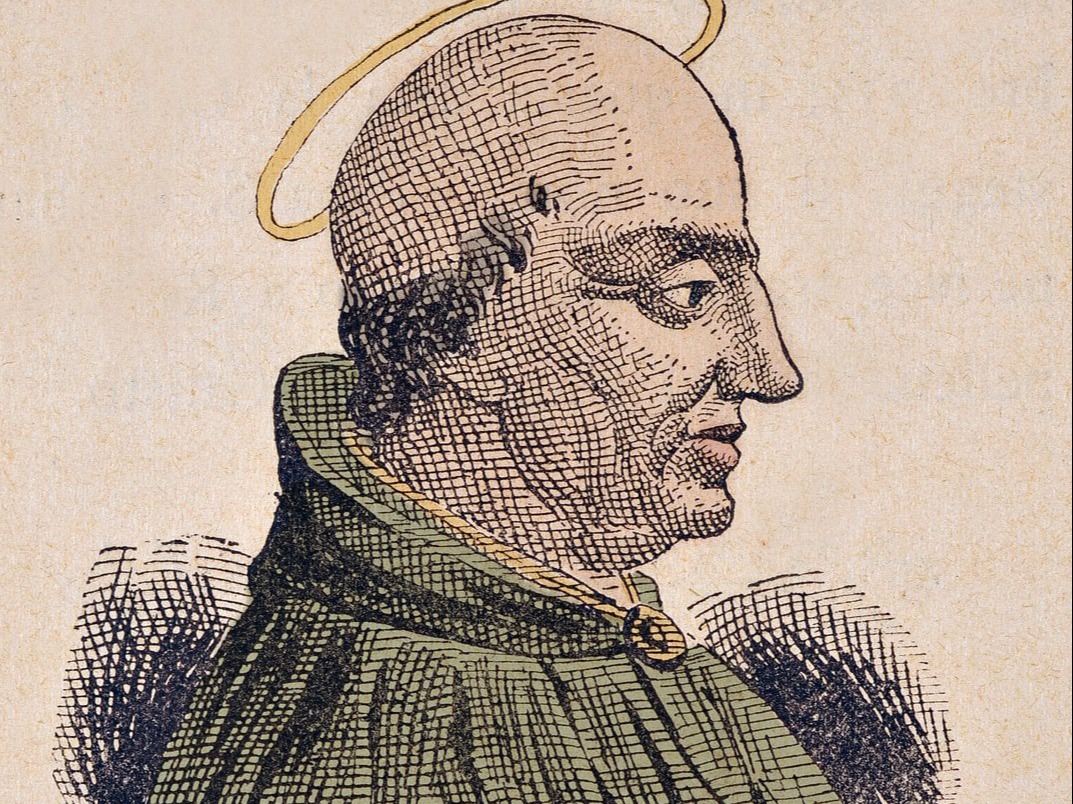
21 August 230 – 28 September 235
Pontian
Roman citizen. First to abdicate after exile to Sardinia by Emperor Maximinus Thrax. The Liberian Catalogue records his death on 28 September 235, the earliest exact date in papal history.
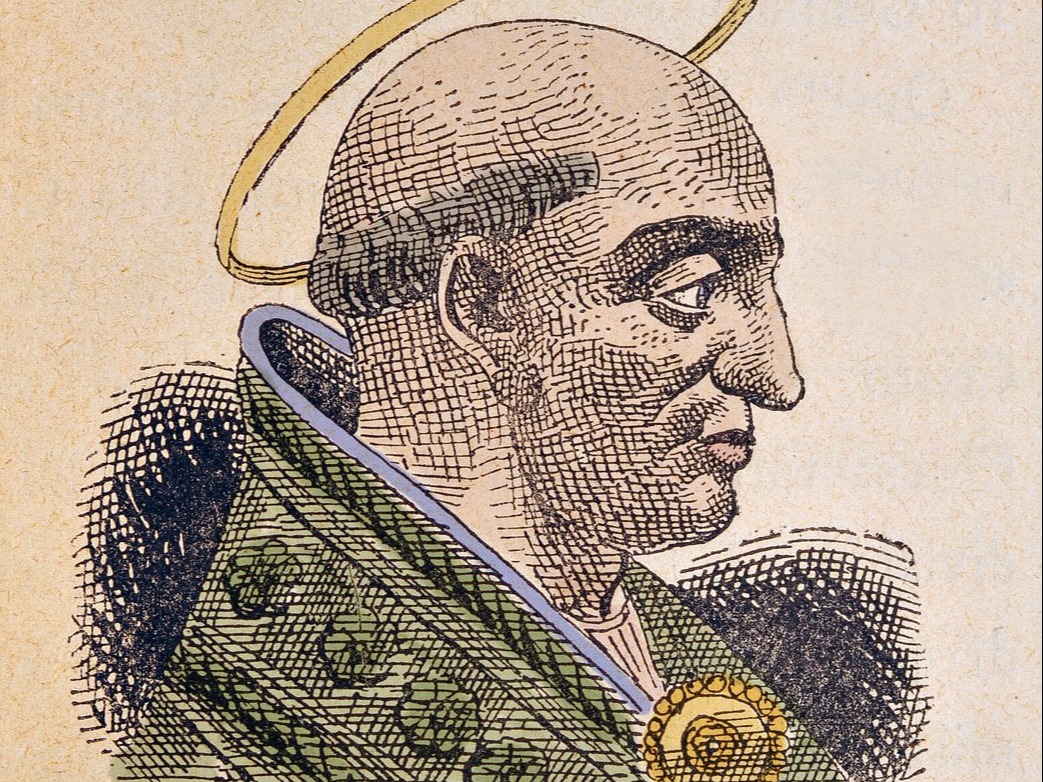
14 October 222 – 23 May 230
Urban I
Roman citizen. Also revered as a saint in Eastern Christianity, with a feast day of 25 May.
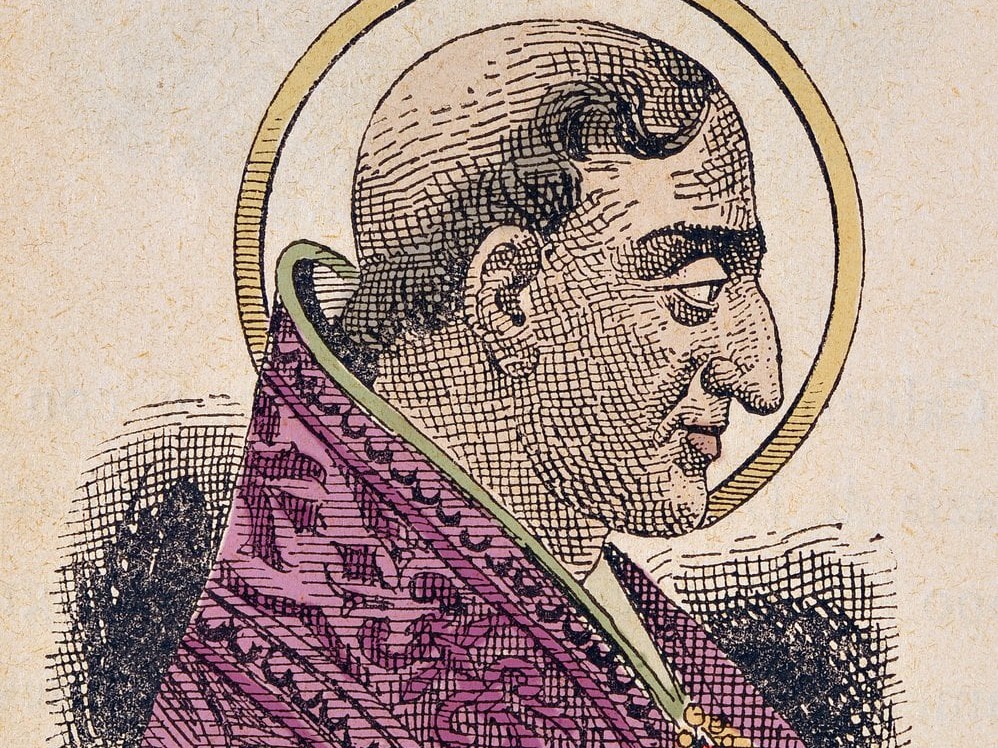
20 December 217 – 14 October 222
Callixtus I
Roman citizen of Greek descent (Constitutio Antoniniana). Martyred; feast day 14 October.
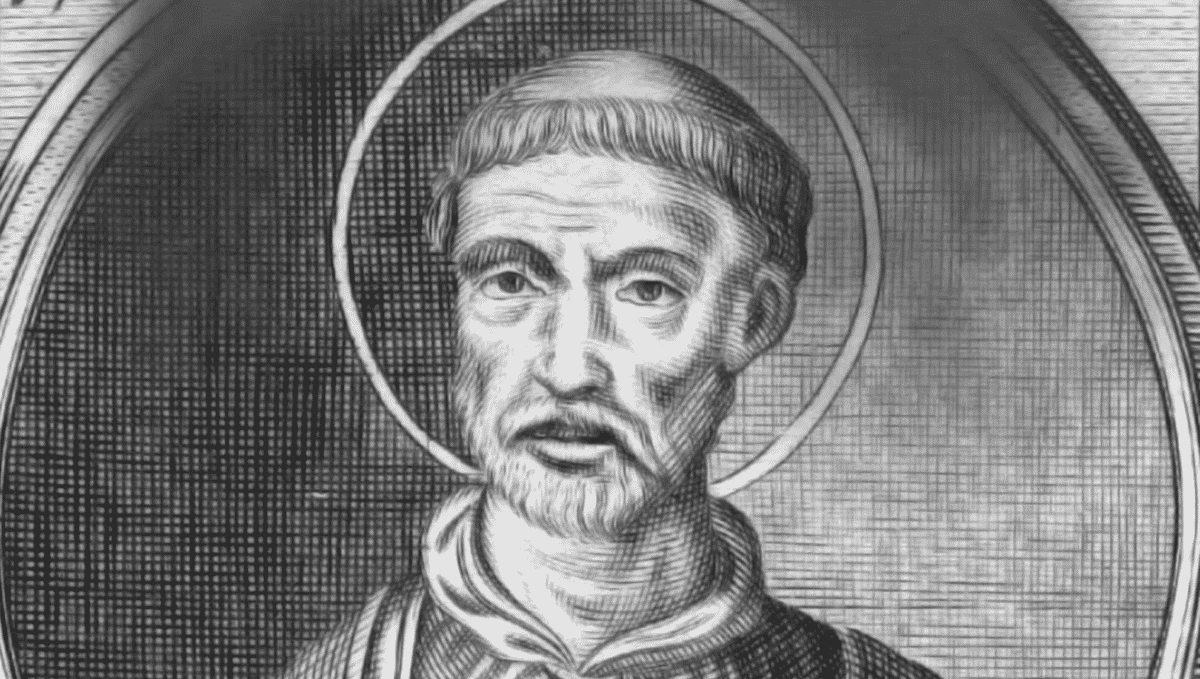
28 July 199 – 20 December 217
Zephyrinus
Roman citizen, born in the capital of the Roman Empire. Combated against the adoptionist heresies of the followers of Theodotus of Byzantium who were ruled by Theodotus and Asclepiodotus. Although not physically martyred (murdered), he is called a martyr for the suffering he endured.
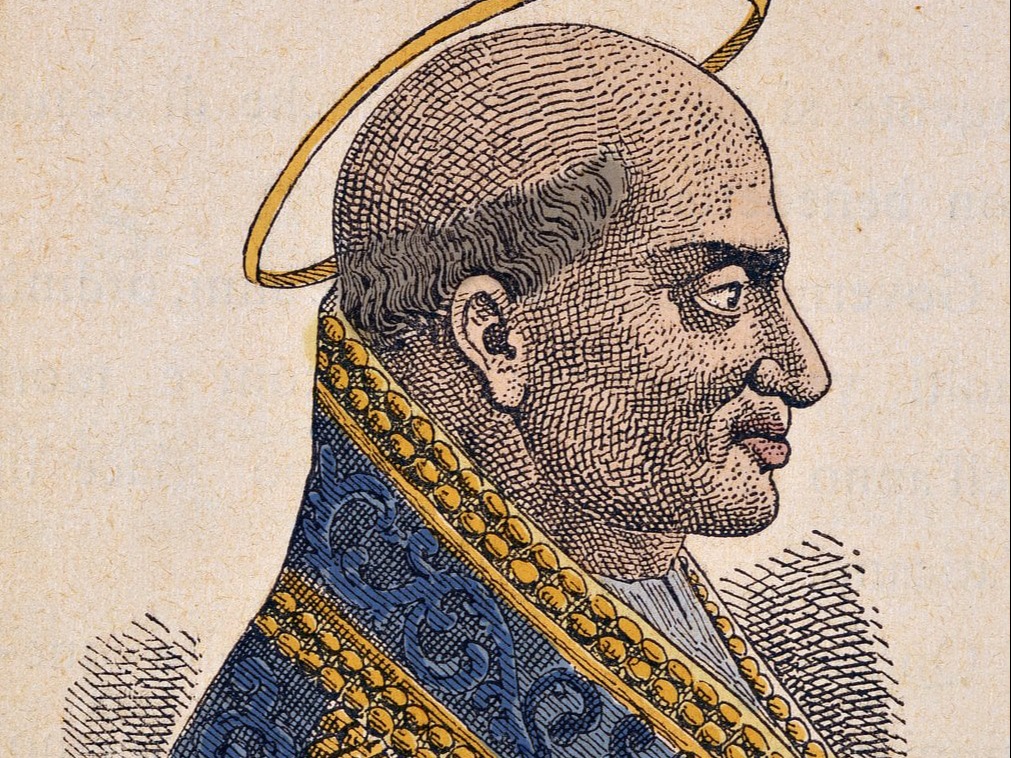
26 May 189 – 28 July 199
Victor I
Roman Berber; first pope to have been born on the continent of Africa. Uncertain if it was a peregrinus (a free subject of the Roman Empire) or a Roman citizen. Known for excommunicating Theodotus of Byzantium. Quartodecimanism controversy.
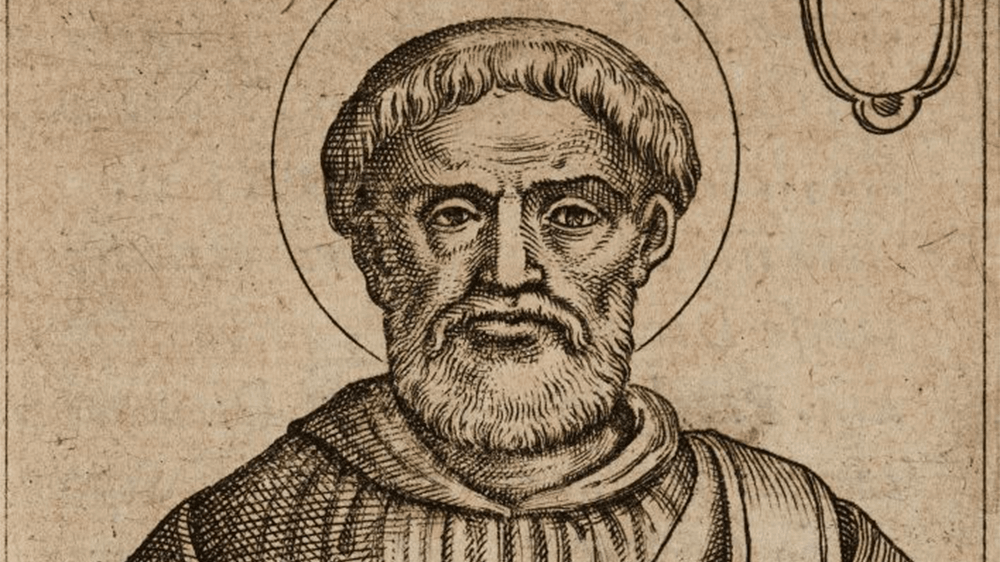
22 April 174 – 26 May 189
Eleutherius
Greek. A peregrinus, free provincial subject of the Roman Empire who was not a Roman citizen. Tradition holds he was martyred; feast day 6 May.
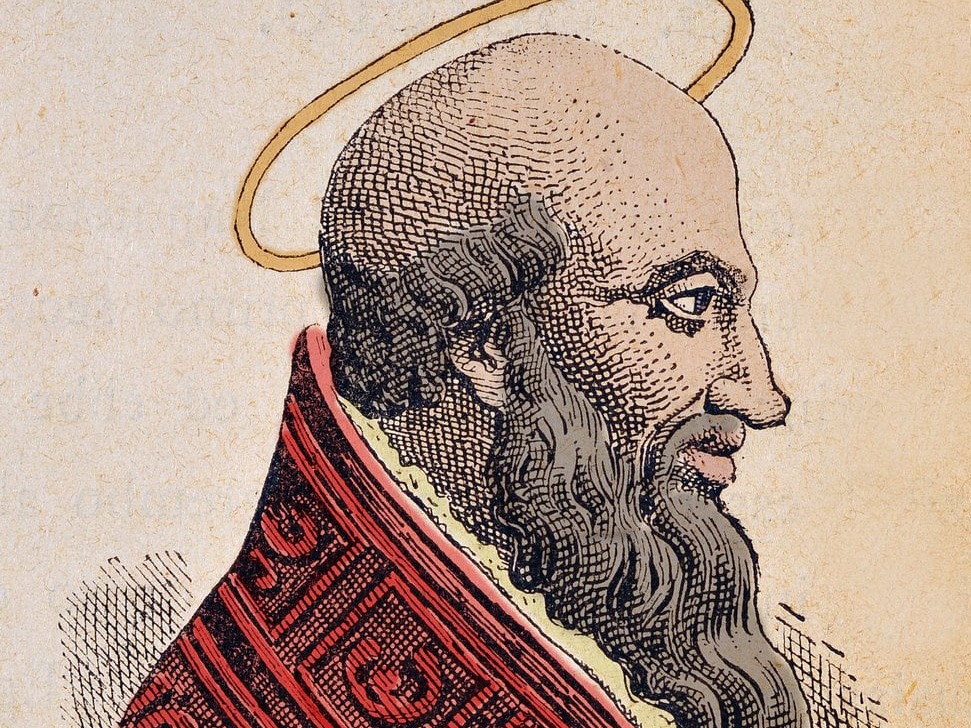
20 April 166 – 22 April 174
Soter
Roman citizen, born in Italia, the homeland of the ancient Romans. Tradition holds he was martyred; feast day 22 April. Declared that marriage was valid as a sacrament blessed by a priest; formally inaugurated Easter as an annual festival in Rome.
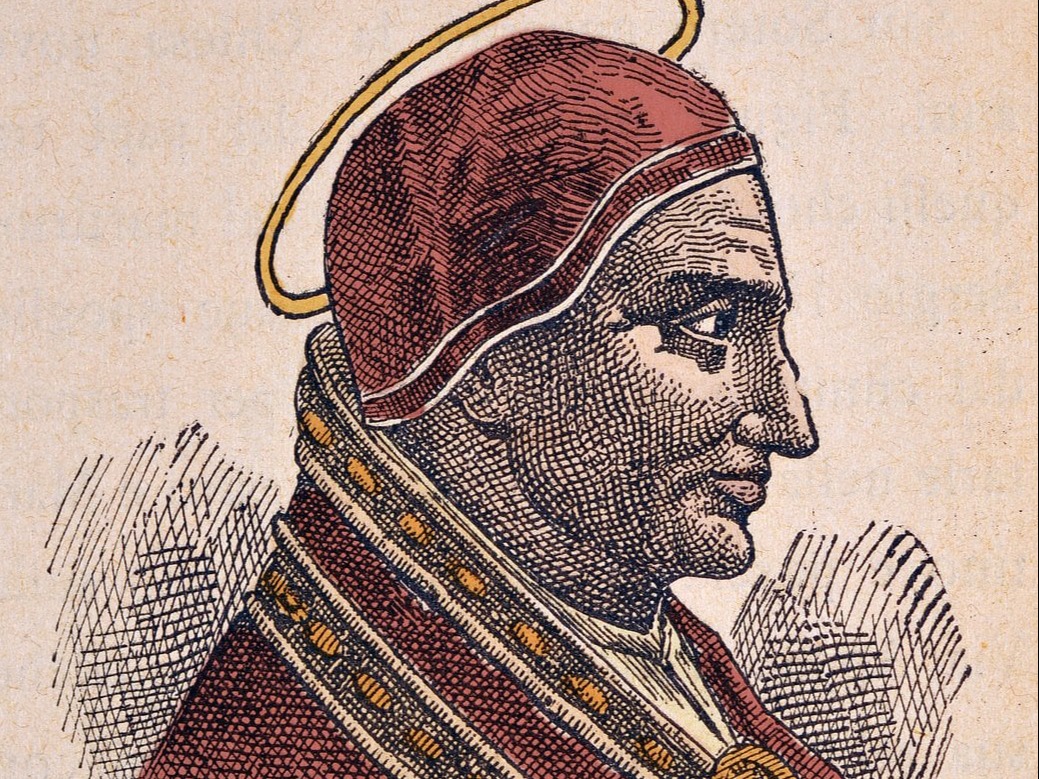
11 July 155 – 20 April 166
Anicetus
Hellenized Syrian; first Syrian pope. A peregrinus, free provincial subject of the Roman Empire who was not a Roman citizen. Tradition holds he was martyred; feast day 17 April. Decreed that priests are not allowed to have long hair.
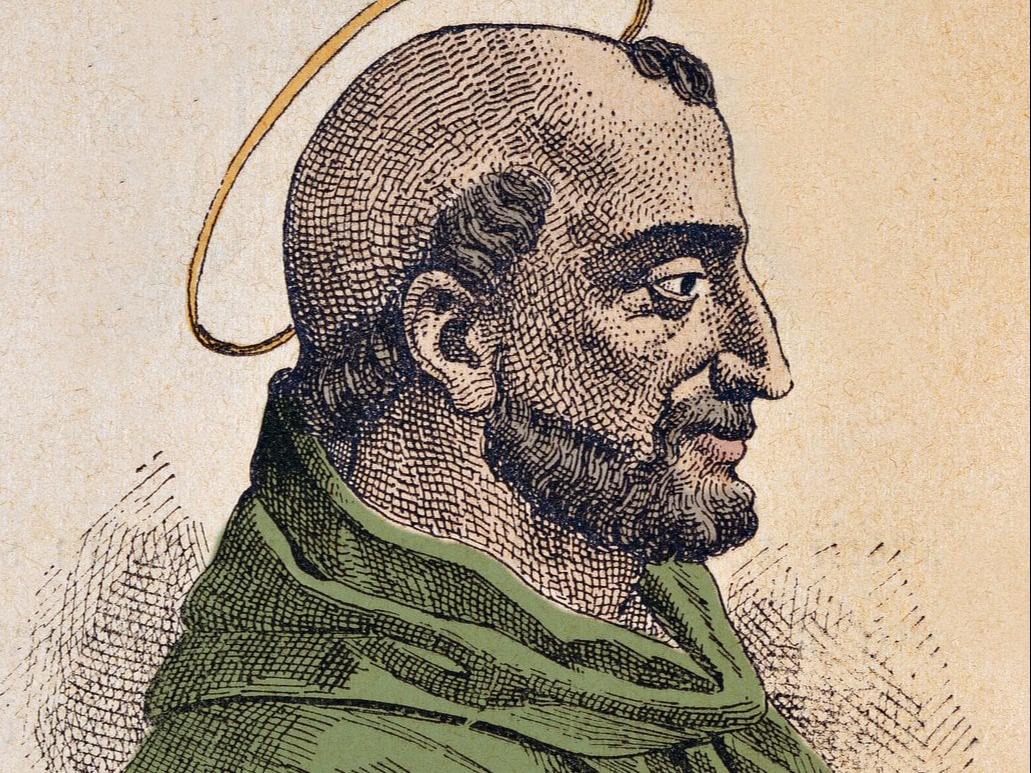
11 January 140 – 11 July 155
Pius I
Roman citizen, born in Italia, the homeland of the ancient Romans. Was brother of Hermas. Martyred by sword; feast day 11 July. Decreed that Easter should only be celebrated on a Sunday.
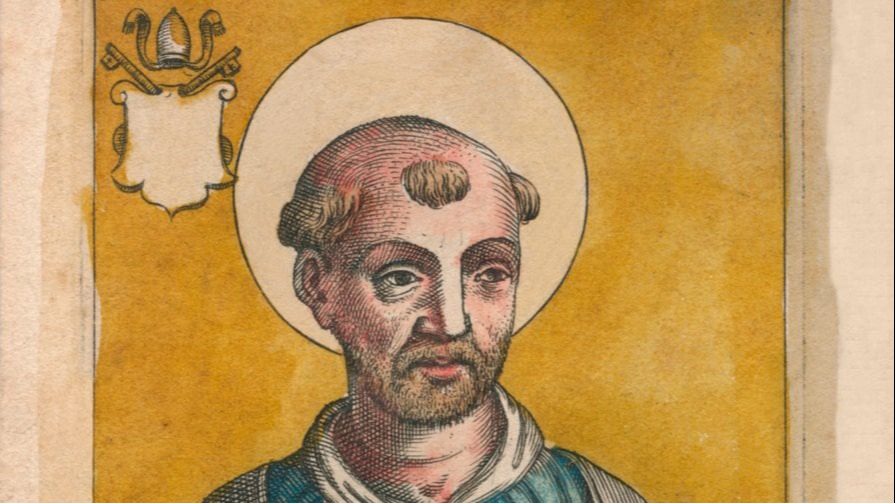
5 January 136 – 11 January 140
Hyginus
Greek. A peregrinus, free provincial subject of the Roman Empire who was not a Roman citizen. Tradition holds he was martyred; feast day 11 January.
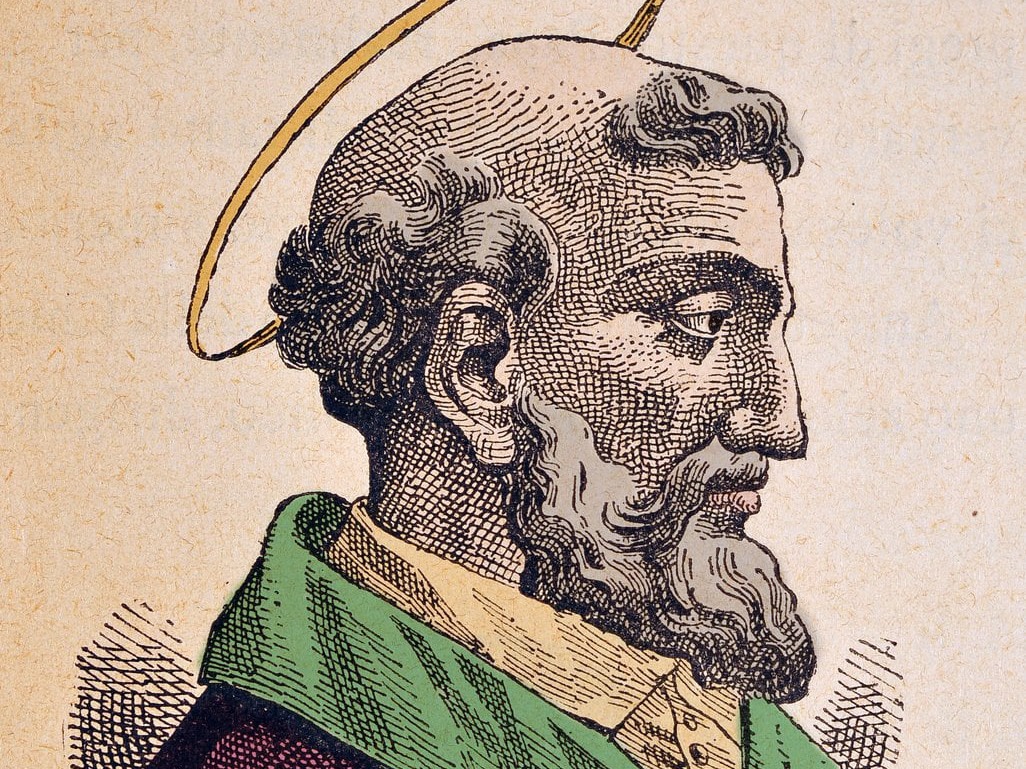
3 April 125 – 5 January 136
Telesphorus
A Roman of Greek descent, born in Italia, the homeland of the ancient Romans. Uncertain if it was a peregrinus (a free subject of the Roman Empire) or a Roman citizen. Feast day of 5 January. Also revered as a saint in Eastern Christianity, with a feast day of 22 February. Church Father St. Irenaeus called him a great martyr; the earliest attested martyrdom of pope after St. Peter.

3 May 115 – 3 April 125
Sixtus I
A Roman of Greek descent, born in Italia, the homeland of the ancient Romans. Uncertain if he was a peregrinus (a free subject of the Roman Empire) or a Roman citizen. Feast day of 6 April. Also revered as a saint in Eastern Christianity, with a feast day of 10 August.
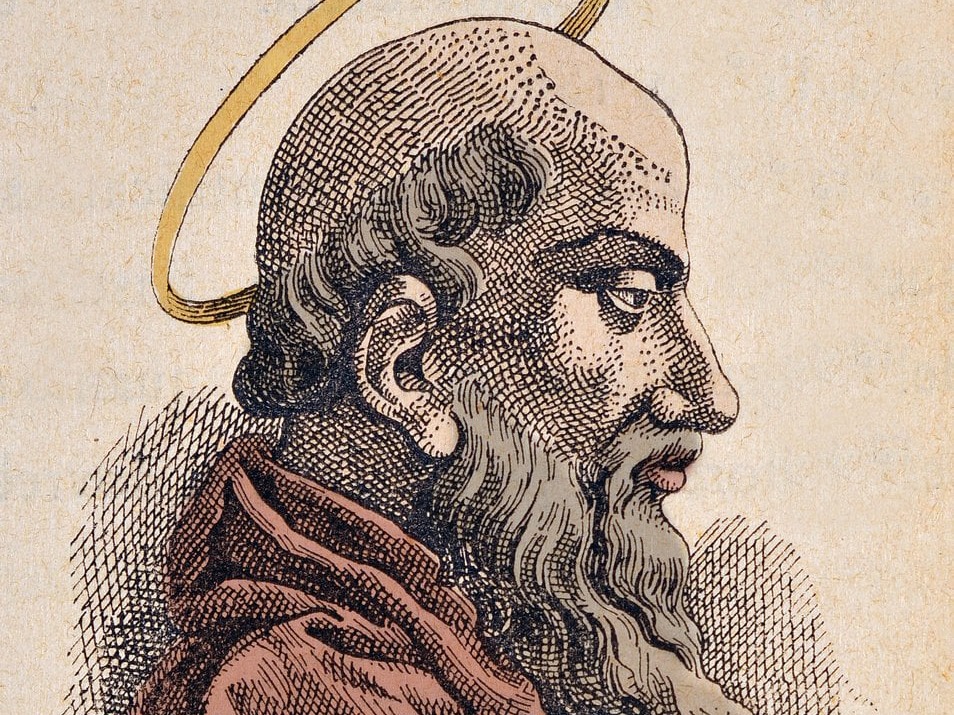
27 October 105 – 3 May 115
Alexander I
Roman citizen, born in the capital of the Roman Empire. Inaugurated the custom of blessing houses with holy water. Also revered as a saint in Eastern Christianity, with a feast day of 18 March.
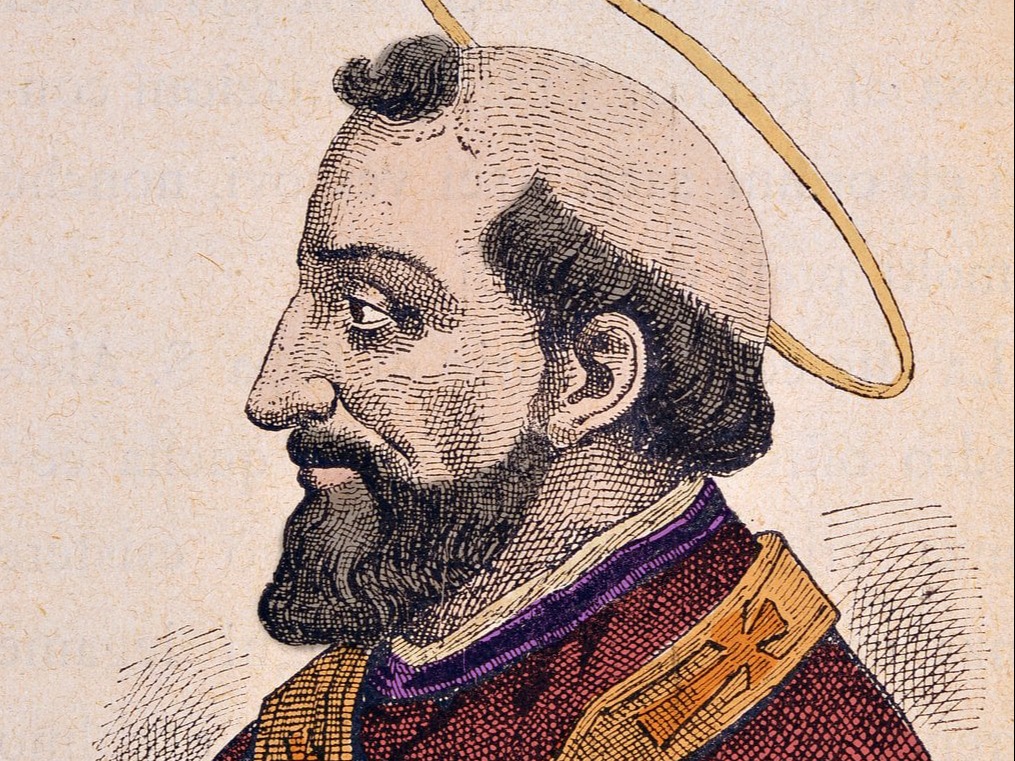
23 November 99 – 27 October 105
Evaristus
Hellenized Jew. A peregrinus, free provincial subject of the Roman Empire who was not a Roman citizen. Said to have divided Rome into parishes, assigning a priest to each. Feast day of 26 October.
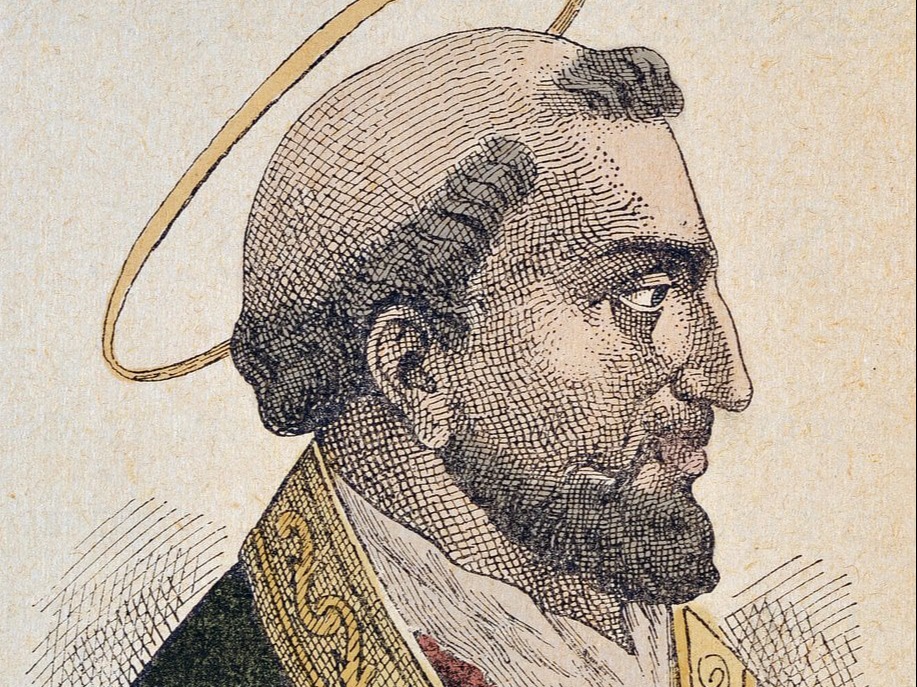
26 April 88 – 23 November 99
Clement I
Roman citizen, born in the capital of the Roman Empire. Feast day 23 November. The earliest Apostolic Father, issued 1 Clement which is said to be the basis of apostolic authority for the clergy. Also revered as a saint in Eastern Christianity, with a feast day of 25 November. Possibly mentioned in the New Testament (Epistle to the Philippians 4:3). He was martyred by being tied to an anchor and being thrown in the sea.
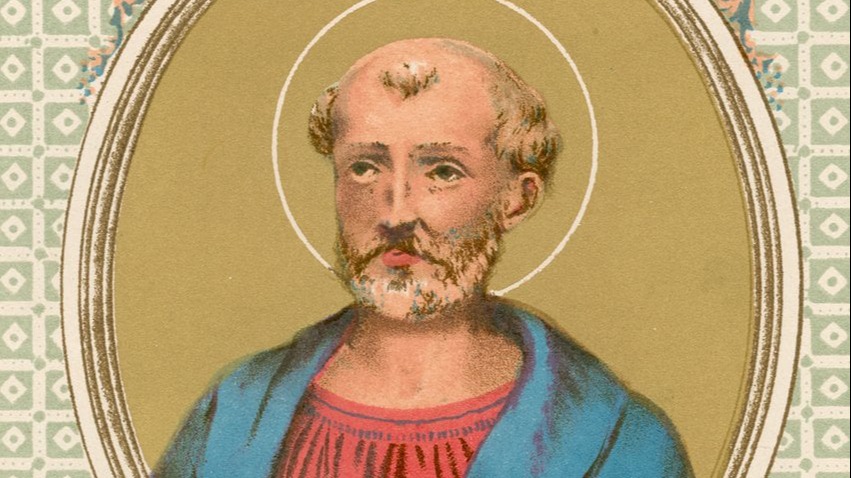
76–79 / 88–91
Anacletus
First Greek pope. A peregrinus, free provincial subject of the Roman Empire who was not a Roman citizen. Feast day 26 April. Once erroneously split into Cletus and Anacletus.
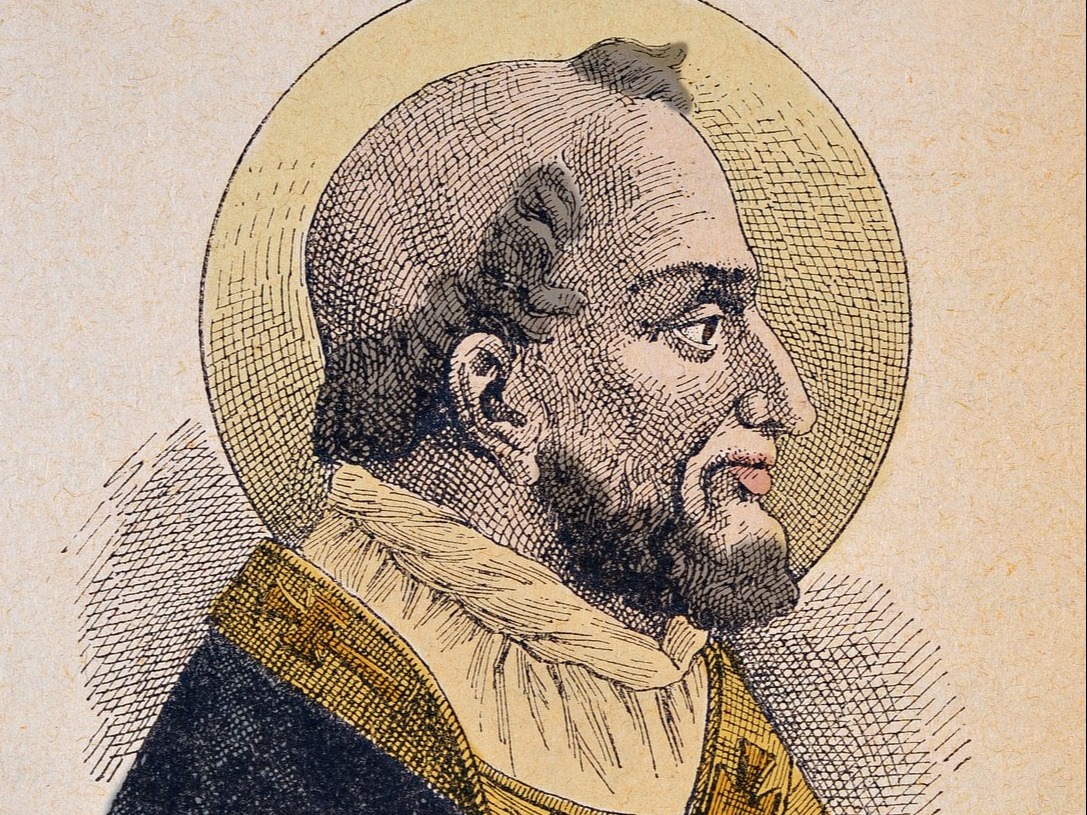
64–68 / 76–79
Linus
First Roman pope, being a Roman citizen born in Italia, the homeland of the ancient Romans. Feast day 23 September. Also revered as a saint in Eastern Christianity, with a feast day of 7 June. Possibly mentioned in the New Testament (Second Epistle to Timothy 4:21).
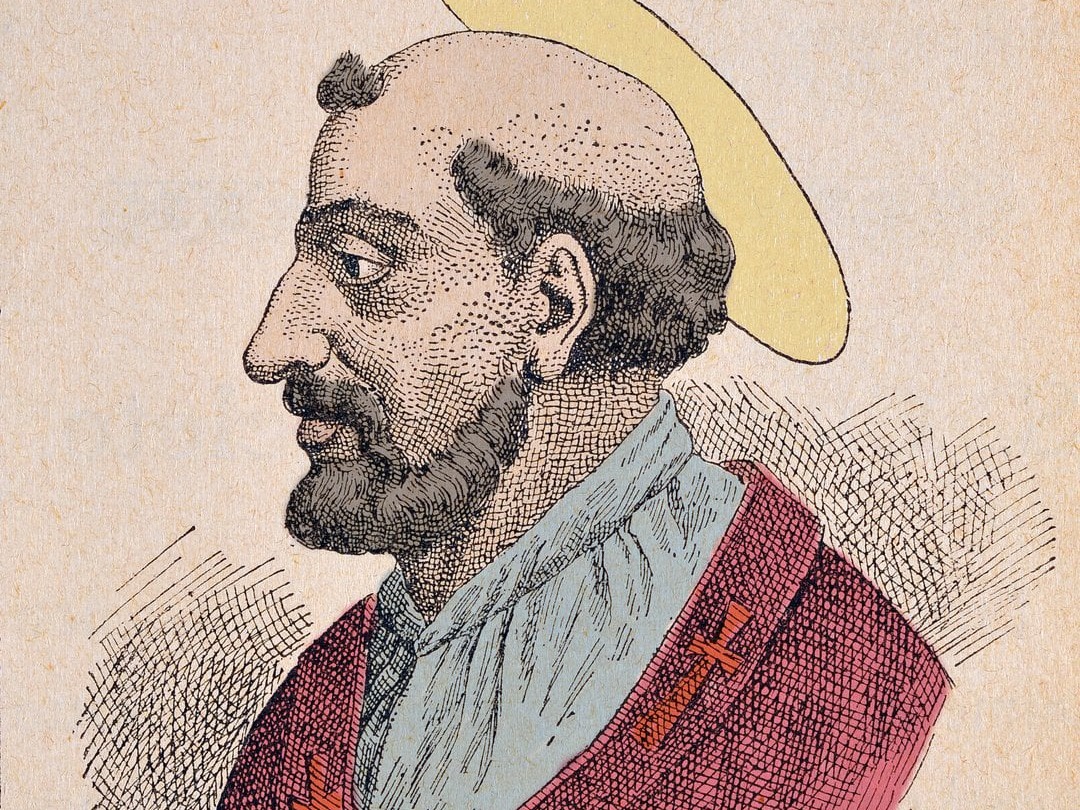
30–33 / 64–68
Peter
Born as Shimon Bar Yonah, a Jew from Judaea. A peregrinus, free provincial subject of the Roman Empire who was not a Roman citizen. Apostle of Jesus. According to Catholic tradition he received the keys of the Kingdom of Heaven (Matthew 16:18–19). Feast day (Feast of Saints Peter and Paul) 29 June. The Catholic Church recognizes him as the first Bishop of Rome appointed by Christ, and therefore the first pope. Also revered as saint in Eastern Christianity, with a feast day of 29 June. St. Peter's Basilica in Vatican City is named after him.
